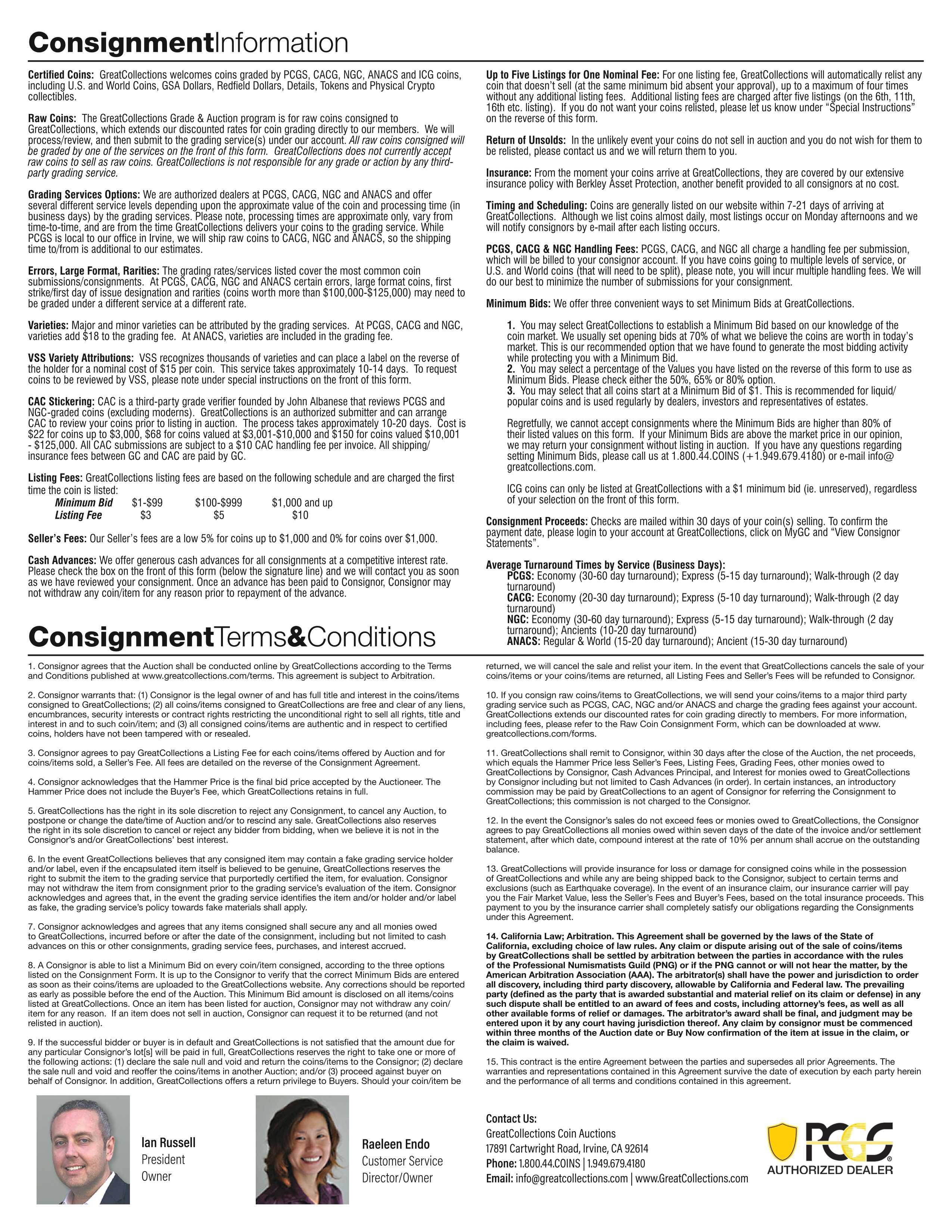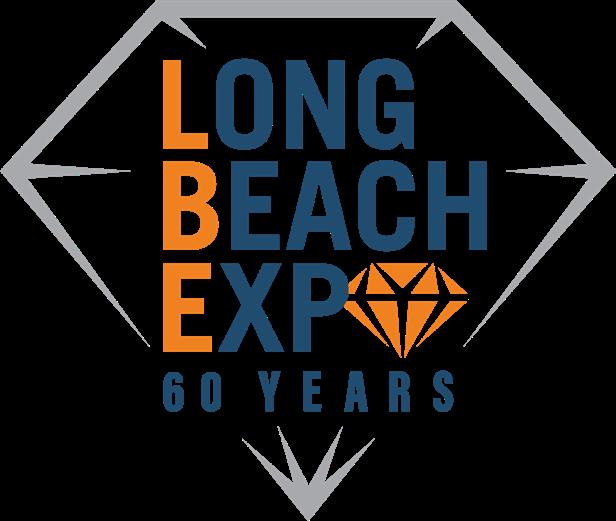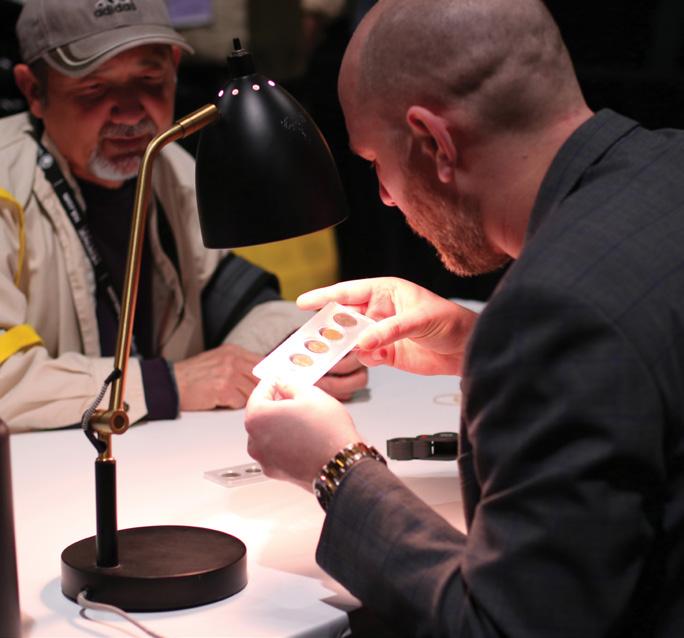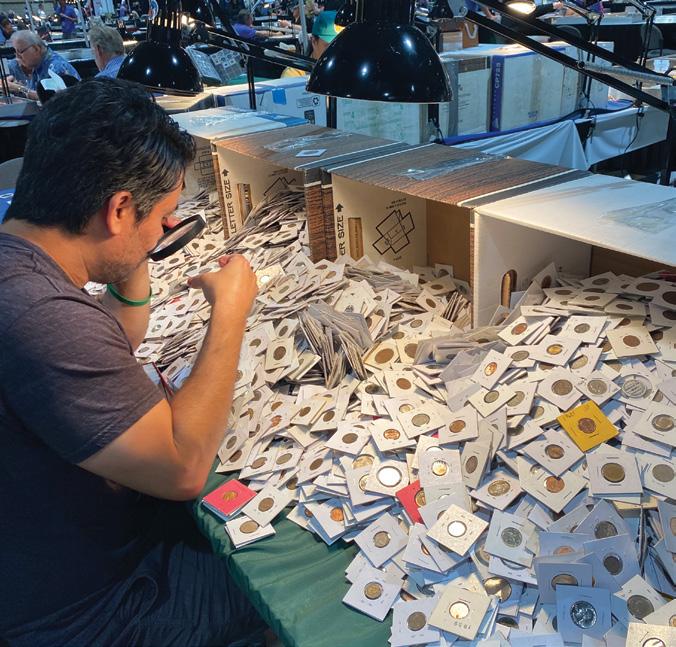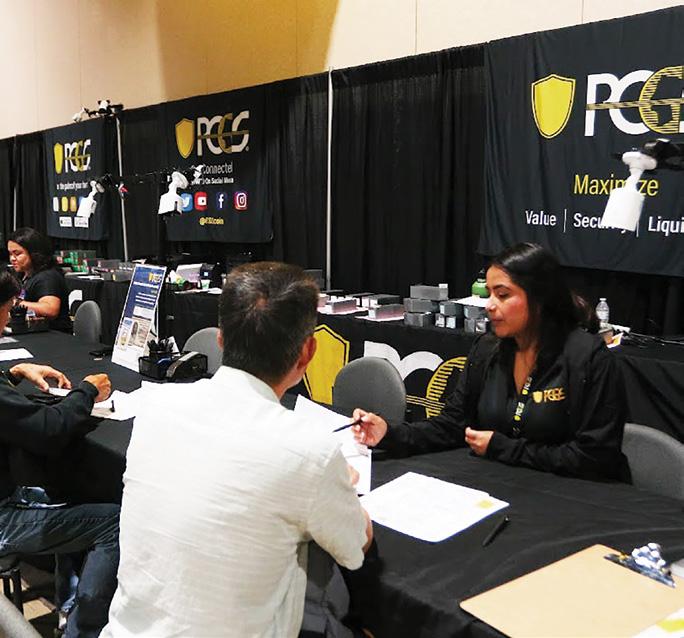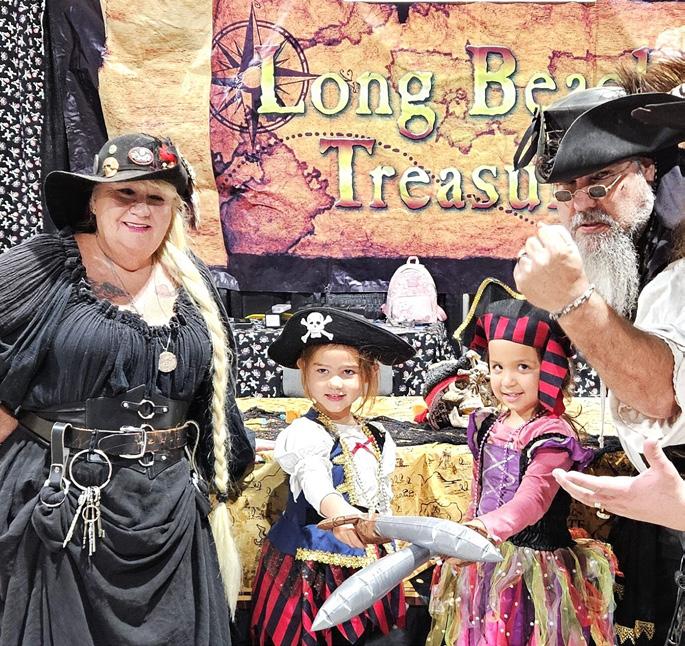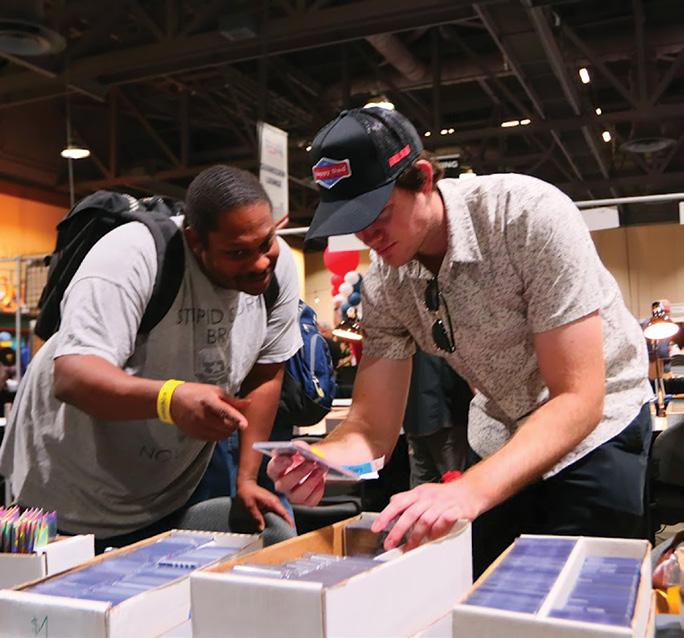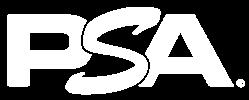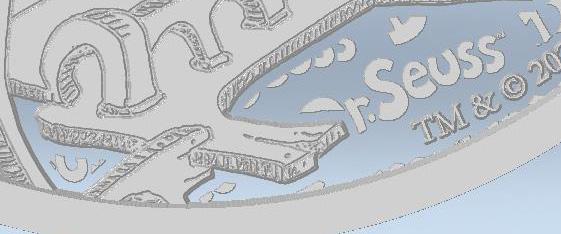













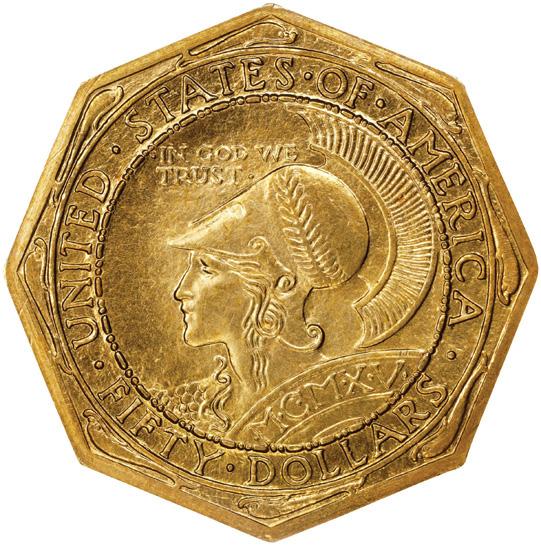




































A Collectors Universe Company www.PCGS.com
Editor-in-Chief Joshua McMorrow-Hernandez
Director of Advertising & Marketplace Taryn Warrecker
Content Manager Arianna Tortomasi
Lead Designer James Davis
Cover Artist James Davis
Distribution Coordinator Ronald Burnett
Subscriptions:
Single Issue: $14.95
One-Year Subscription (6 Issues): $79.99
PCGS Market Report is offered as a premium to PCGS Authorized Dealers and PCGS Collectors Club members.
To become a PCGS Authorized Dealer, contact: Dealer@PCGS.com
To become a PCGS Collectors Club member, go to www.PCGS.com/join
Printed in the United States. Copyright 2024 Collectors Universe, Inc. All rights reserved. Reproduction of any kind without written permission of the publisher is prohibited by law. PCGS Market Report is published bi-monthly by Collectors Universe, Inc. at P.O. Box 9458, Newport Beach, CA 92658. Postmaster, send address change to Market Report c/o PCGS, Publication Department, P.O. Box 9458, Newport Beach, CA 92658.
Publication of this magazine is not a solicitation by the publisher, editor, or staff to buy or sell the coins listed herein.
Advertising, articles, and other contents of this magazine sometimes contain inadvertent typographical errors, a fact readers should bear in mind when encountering pricing quoted at a fraction of prevailing market values. The publisher is not responsible for actions taken by any person because of such errors. Advertising prices are subject to change without notice.
Have Questions or Feedback?
For advertising and content inquiries, please email us at PCGSAdvertising@collectors.com.
Think our coin prices are too low? Too high? Email us at CoinPrices@Collectors.com with the coin number, description, grade, published price, proposed price, reasoning, and supportive evidence (like auction results). We'll be happy to review it!
The year 2024 has come and nearly gone, and I sit here wondering how it all flew by just so quickly. It’s incredible to think about all the amazing things that 2024 has brought our way, including the sale of some impressive record-breaking coins and continued growth here at PCGS with new products and services. And the year isn’t even quite over yet. The last two months of the year are here, and I think it’s safe to say that, for so many of us, these are probably two of the busiest months of any year.
This year is no exception. Many things are happening right now on the domestic and international sides that affect the numismatic and bullion markets, including a presidential election, changes with interest rates, nerve-racking stock market undulations, and continued regional conflict overseas. Much of this news will shape how the opening months of 2025 unfold, and you can be sure we will keep an eye on how all this flavors the coin market as the new year kicks off.
But before we welcome 2025, we need to close out 2024 in style – and we’re going to do that in gala fashion! We are proud to announce the 2024 PCGS Set Registry Award winners, and we list even more victors this year than last year. Did you or your set win? Either way, we congratulate you on all the numismatic achievements you made this year as you work ever closer toward your collecting goals.
Our hobby offers many things to celebrate, including the arrival of very special –and colorful – coins that you’ll get to read about in our special PCGS Coin of the Issue column. In the holiday spirit of surprise, I won’t say too much more. I don’t want to let “The Cat” out of the bag.
Peter Anthony regales us as always with his tales from the modern Chinese coin scene, and this time he tells an intergalactic story inspired by a trip to… Rosemont, Illinois? Sanjay C. Gandhi takes us to the hinterlands of Newfoundland, where Viking lore is alive and well a thousand years on. Back in the U.S., collectors of modern coinage reflect on the 60th anniversary of the Kennedy Half Dollar, a coin born from national tragedy and that became one of America’s most beloved series. Meanwhile, gold coin dealer Douglas Winter shares his insights on classic Liberty Head Double Eagles.
We’re also going to meet Bob Lande, a collector whose love of California Territorial gold coinage has turned into a never-ending pursuit. We’ll also introduce you to Matthew Jackson, a young numismatist whose love of fellow collectors has compelled him to educate others about the joys of our hobby and the risks of deals too good to be true. You’ll also hear from all your favorite PCGS expert columnists.
As I ramp up my holiday shopping and start preheating the oven for some merry (and high-carb) delights, I hope these last months of 2024 bring only good things to you and your collection. And on behalf of the entire PCGS Market Report team, I wish you a joyous holiday season and a prosperous 2025!
Happy Holidays,
Joshua McMorrow-Hernandez Editor-in-Chief,
PCGS Market Report

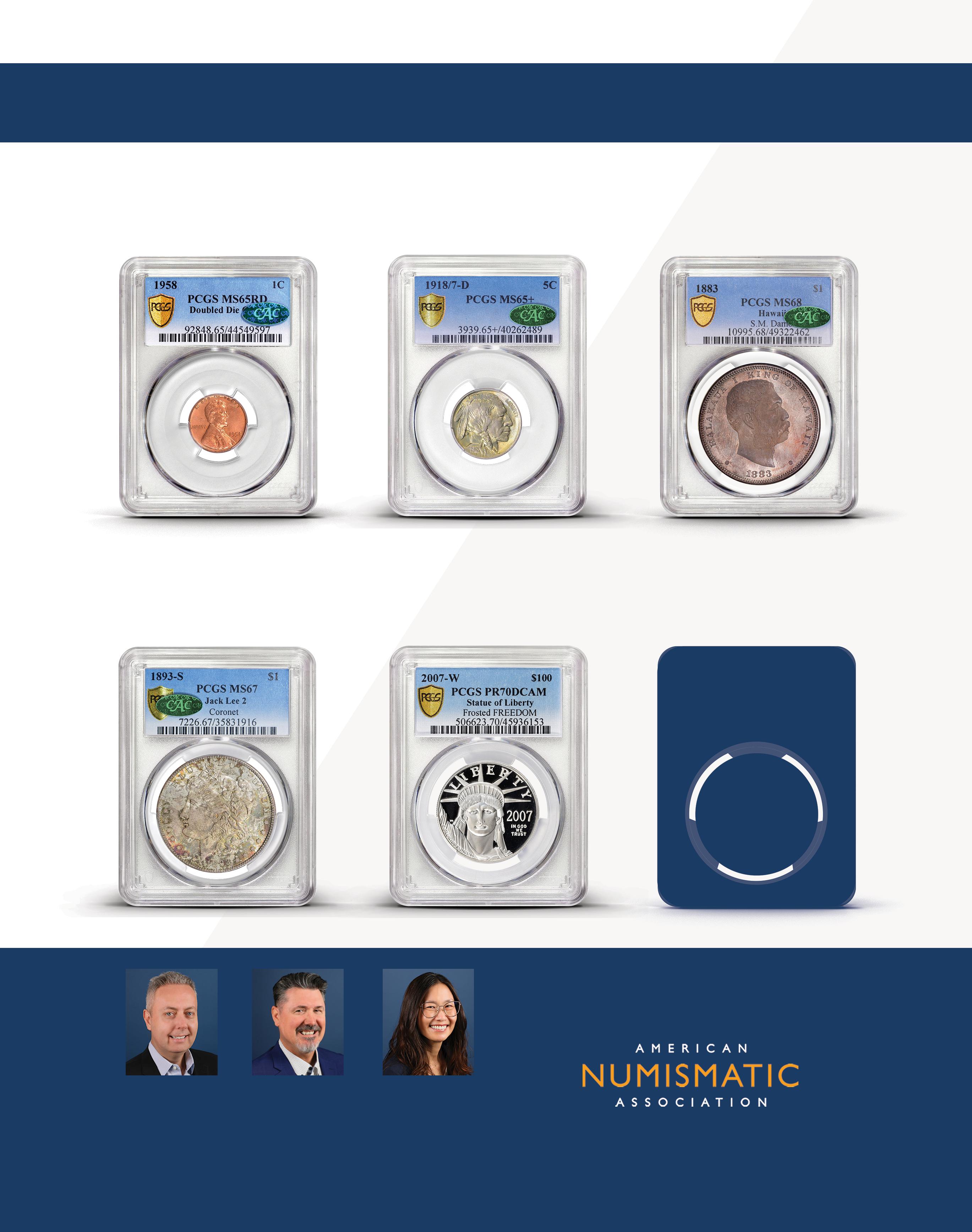


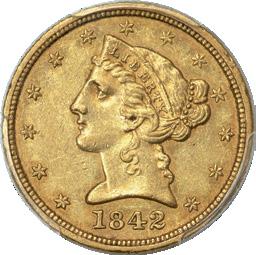
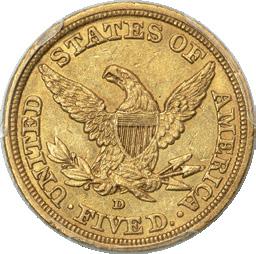
1842-D Half Eagle Large Date AU58 PCGS. CAC
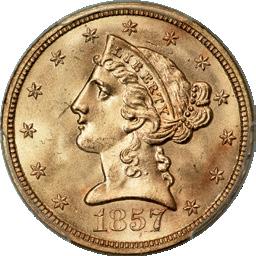
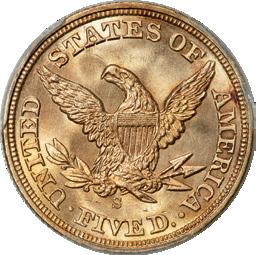
1857-S Half Eagle MS66 PCGS. CAC S.S. Central America
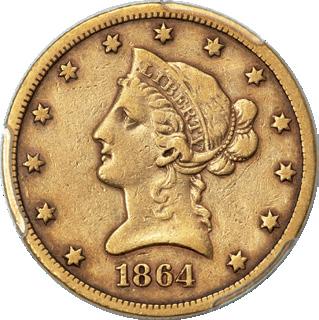
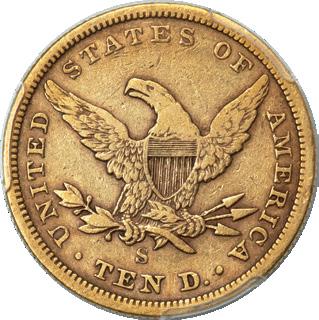
1864-S Eagle VF30 PCGS. CAC


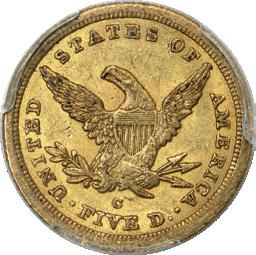
1843-C Half Eagle MS61 PCGS. CAC
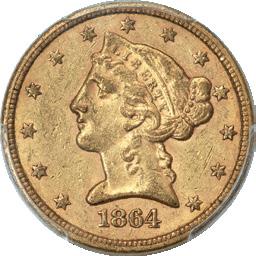
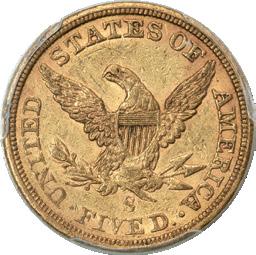
1864-S Half Eagle AU58 PCGS. CAC
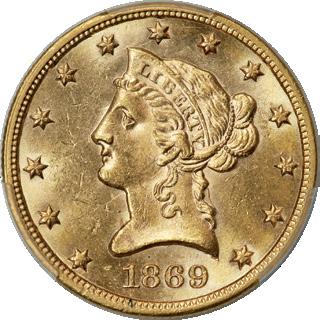
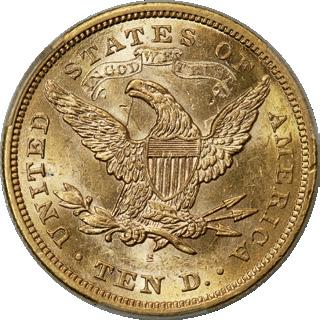
1869-S Eagle MS63 PCGS. CAC
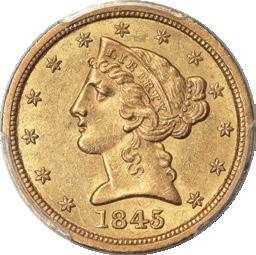

1845-O Half Eagle MS62 PCGS. CAC
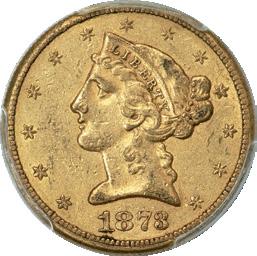
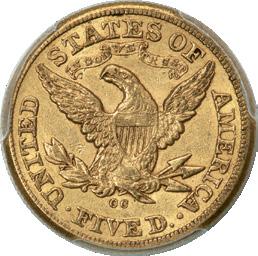
1873-CC Half Eagle AU55 PCGS. CAC
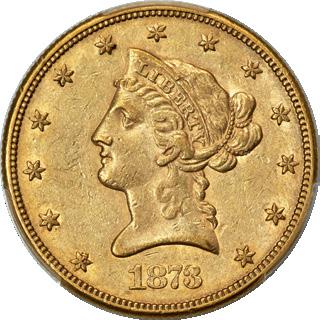

1873-CC Eagle AU53 PCGS. CAC

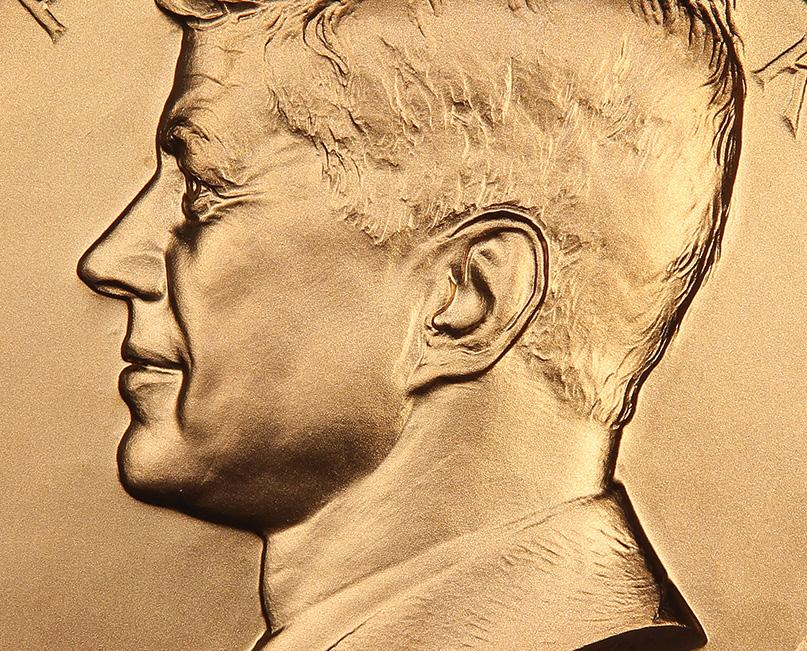
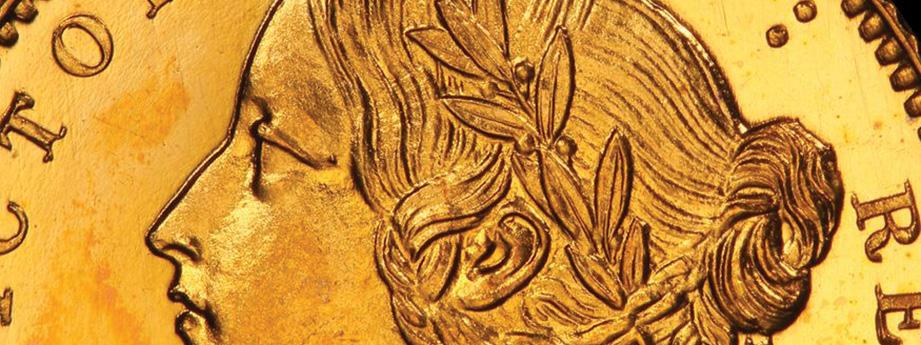
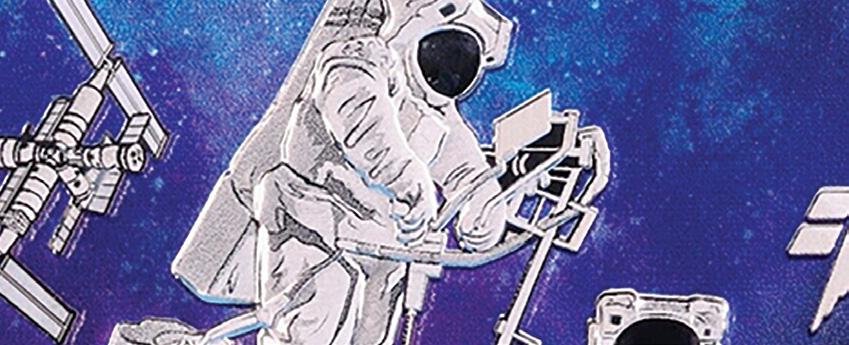
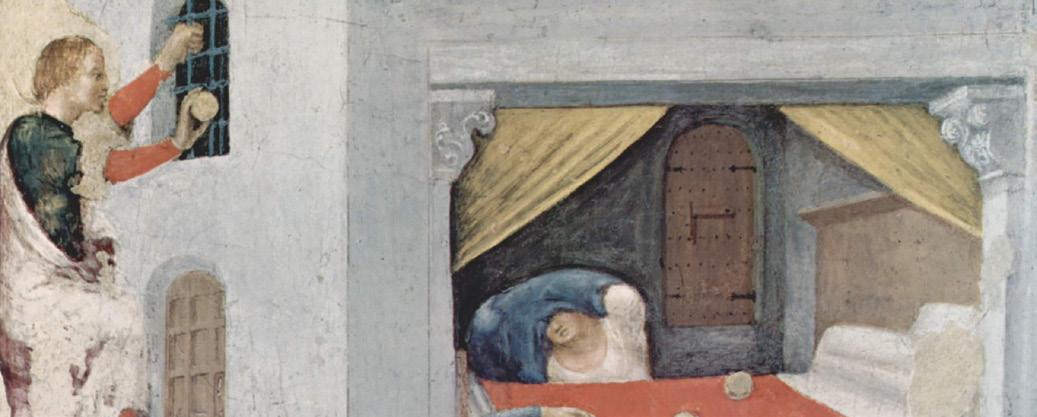
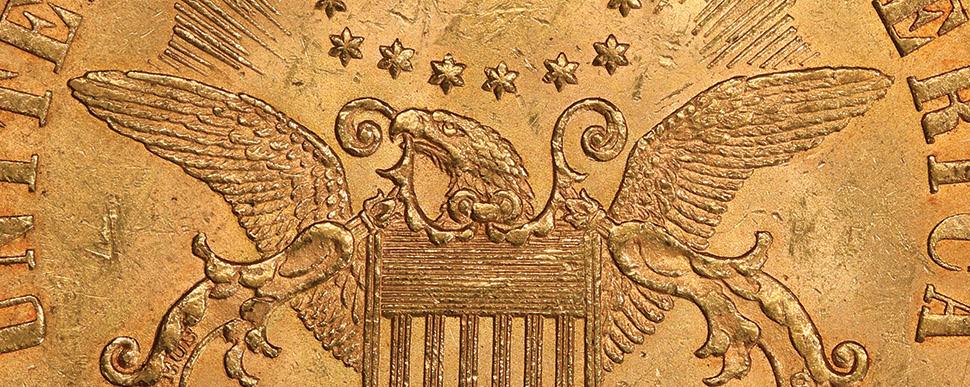


Did your PCGS Registry Set win an award or receive honors? Find out in our annual PCGS Set Registry Awards review.
Numismatics meets the colorful world of Dr. Seuss with new coins being released in time for the holiday season as we discover in PCGS Coin of the Issue. Page 6
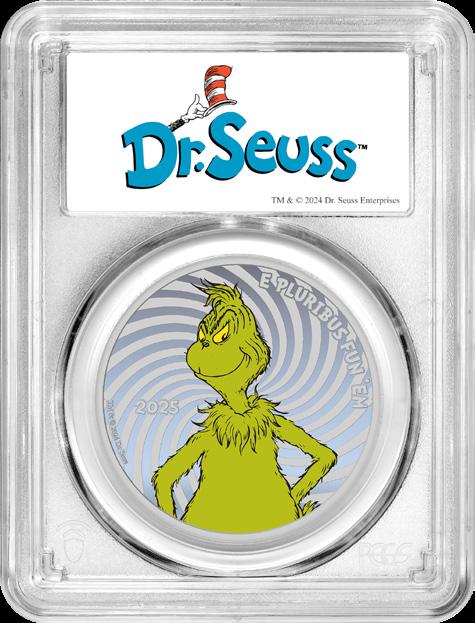
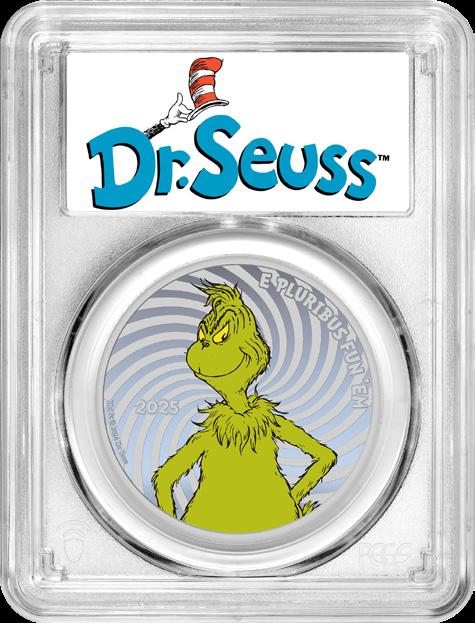
24 PCGS Set Registry: Coins Of Newfoundland
Sanjay C. Gandhi takes us on a journey to visit the Vikings, history, and coins of this beautiful Canadian province.
28 Turn Right At The Asteroid
Peter Anthony is in orbit over modern Chinese coins celebrating space exploration.
32 60 Years Of Kennedy Half Dollars
Joshua McMorrow-Hernandez examines the dynamic Kennedy Half Dollar series, which turned 60 years old in 2024.
38 Unwrapping The History Of Coins As Gifts
Ever wonder how coins became such popular holiday gifts? Joshua McMorrow-Hernandez explores why silver and gold are perennially beloved stocking stuffers.
39 Collector Spotlight: Robert H. Lande
Longtime collector and PCGS Registry Set member Robert H. Lande explains why he enjoys California Fractional gold coins.
41 YN Corner: Spreading My Numismatic Wings
Young numismatist Matthew Jackson enjoys sharing his passion and his love of coins with everyone, especially when it can help them become better-informed buyers.
51 4 Ways To Collect Liberty Head Double Eagles
Douglas Winter provides key strategies for collecting an appealing set of these large, classic gold coins.
By Joshua McMorrow-Hernandez
Kevin Lipton Rare Coins and Dr. Seuss Enterprises are teaming up to produce a variety of coins themed around famous characters from the world of iconic author Theodor Seuss Geisel — known and beloved by many as Dr. Seuss. Courtesy of PCGS.
Oh, the places Dr. Seuss will go… The iconic characters of children’s author Theodor Seuss Geisel – known as “Dr. Seuss” for generations – will soon be appearing on coins offered by Kevin Lipton Rare Coins. It’s an exciting venture for the Beverly Hills, California, coin dealer who will proceed in collaboration with Dr. Seuss Enterprises, with the coins being struck by The Commonwealth Mint & Philatelic Bureau in the United Kingdom. Royalties paid for the use of the Dr. Seuss characters on planned limited-edition gold, silver, and base-metal commemorative coins will go to the philanthropic Dr. Seuss Enterprises, whose profits benefit charitable organizations in education, health, animal conservation, and the arts.
“Our collaboration with Dr. Seuss is a natural fit in the custom coin and collectibles category,” says Lipton, who has operated his wholesale rare coin firm since 1977. “We're planning to make a series of coins featuring many of the fun characters. There are countless opportunities to tie into the popular characters – from The Grinch and The Cat in the Hat all the way through to Horton and Sam I Am.”
But why would Lipton choose Dr. Seuss characters as the colorful faces of a limited-edition coin series? “Kevin Lipton Rare Coins has a reputation for thinking outside the box,” says the entrepreneurial dealer. “And in this case we are also looking to the future of numismatics with a deliberate focus and appeal to the next generation. The Dr. Seuss brand
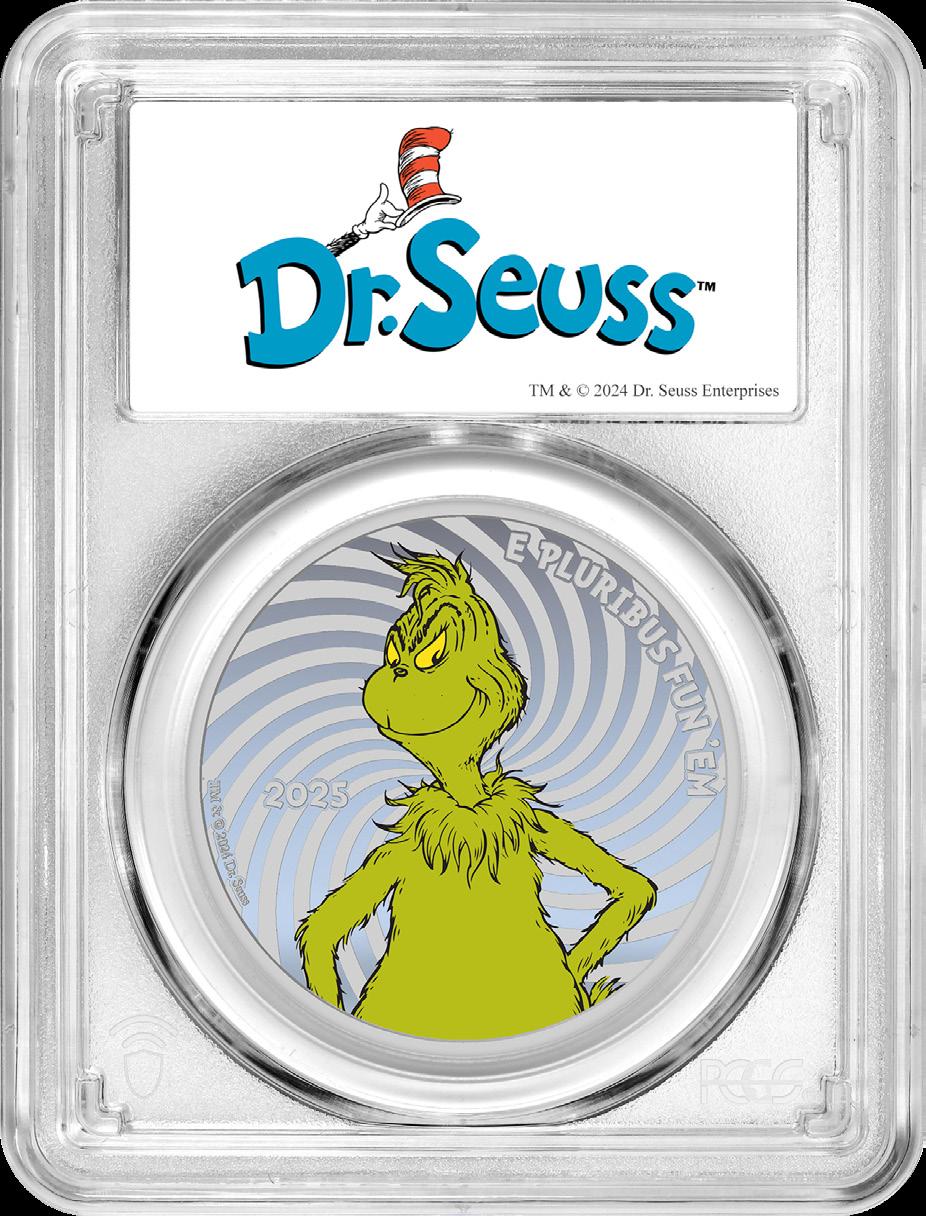
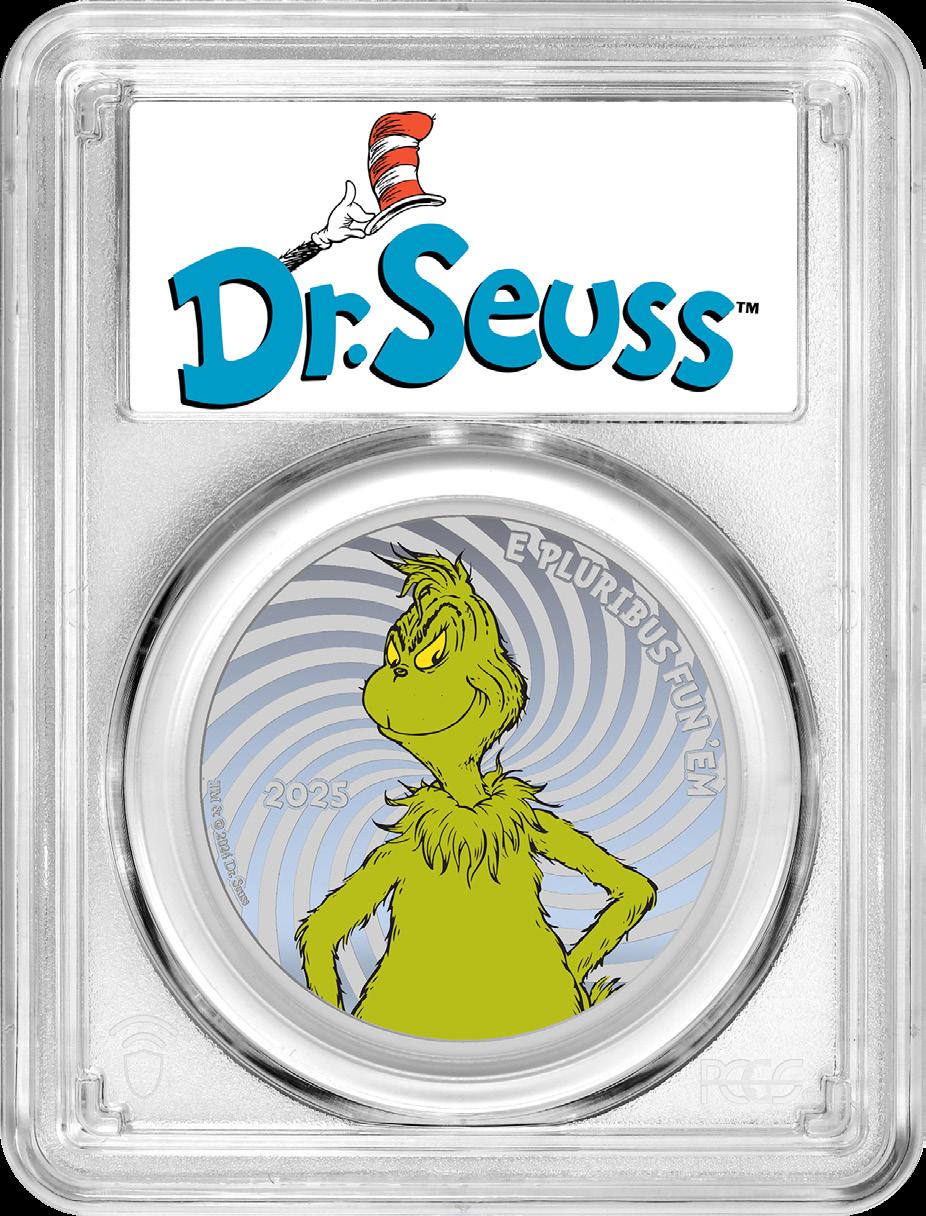
transcends generations. It's safe to say that a majority of today's coin collectors have read Dr. Seuss books, and the interest has carried on to the next generation.”
The legal-tender coins will carry a 2025 date and depict a diverse range of popular and beloved characters from the Dr. Seuss canon such as The Cat in the Hat, How the Grinch Stole Christmas!, and Green Eggs and Ham. “While these coins will mimic U.S. coins by including dates and mintmarks, they will also be unique by including friendly numismatic features like the phrase ‘E Pluribus Fun 'Em,’” explains Louis Melamed, the employee at Kevin Lipton Rare Coins who came up with the idea to put Dr. Seuss characters on coins nearly a year ago. “Everything we do for this coin series will be done in the spirit of fun which embodies the essence of Dr. Seuss books and the characters.”
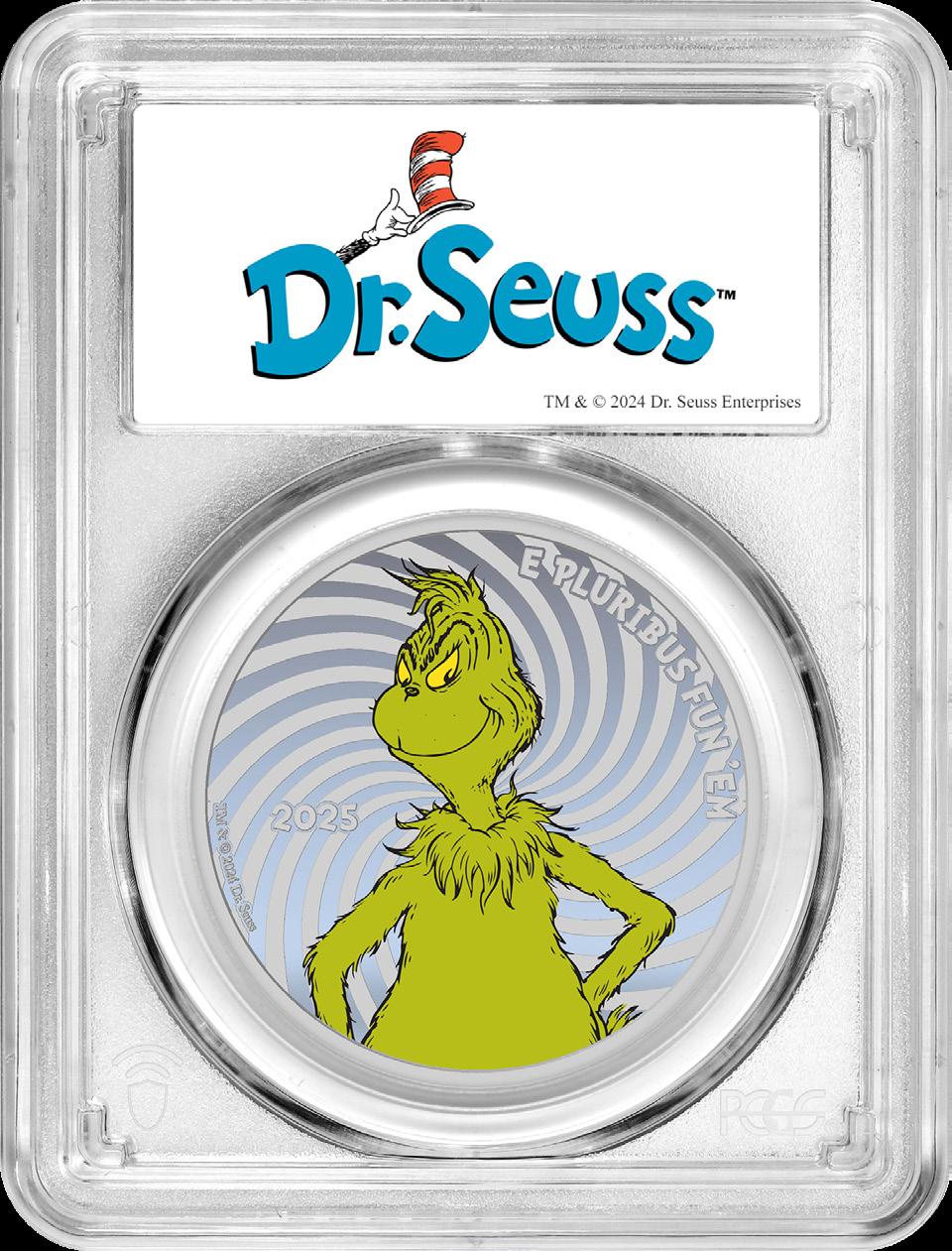

These Dr. Seuss coins will be struck in a variety of formats by The Commonwealth Mint & Philatelic Bureau in the United Kingdom. Courtesy of PCGS.
The new coins will be encapsulated by PCGS with fun labels denoting each coin type, its grade, and other vital statistics. “We are thrilled to enter into this partnership with Kevin Lipton Rare Coins for this exciting Dr. Seuss coin program,” remarks PCGS President Stephanie Sabin. “So many of us grew up with Dr. Seuss books on our shelves, and now we get to include a little bit of the colorful world of Dr. Seuss and his cavalcade of zany and cherished characters in our coin collections.”
Perhaps one of the wildest things about all of this is that numismatics has long had a place in the Dr. Seuss universe. “I’m The Cat in the Hat and you know something funny? We’re about to have fun learning all about money!” …Those are opening lines straight from One Cent. Two Cents. Old Cent. New Cent, a 2008 entry by author Bonnie Worth with illustrations by Aristides Ruiz in The Cat in the Hat’s Learning Library Series from Random House Children’s Books. It’s one of the many ways the Dr. Seuss name lives on long after Geisel, who authored and illustrated more than 60 books and
won a Pulitzer Prize for his work, passed away in 1991 at the age of 87.
So, too, will the new coins issued by Kevin Lipton Rare Coins help share a piece of the Dr. Seuss legacy with coin collectors of today and tomorrow. “We are excited that this new series of coins will attract the next generations of young numismatists to coin collecting,” Lipton says. “We see this as a great way to introduce coin collecting to the next generation.” The 2025 1 Oz Silver Grinch will be available from Rare Collectibles Television just in time for the 2024 holiday season.

Joshua McMorrow-Hernandez has won multiple awards from the NLG and ANA for his work as a numismatic journalist and editor. He has been a coin collector since 1992 and enjoys all areas of United States coinage and U.S. minting history.
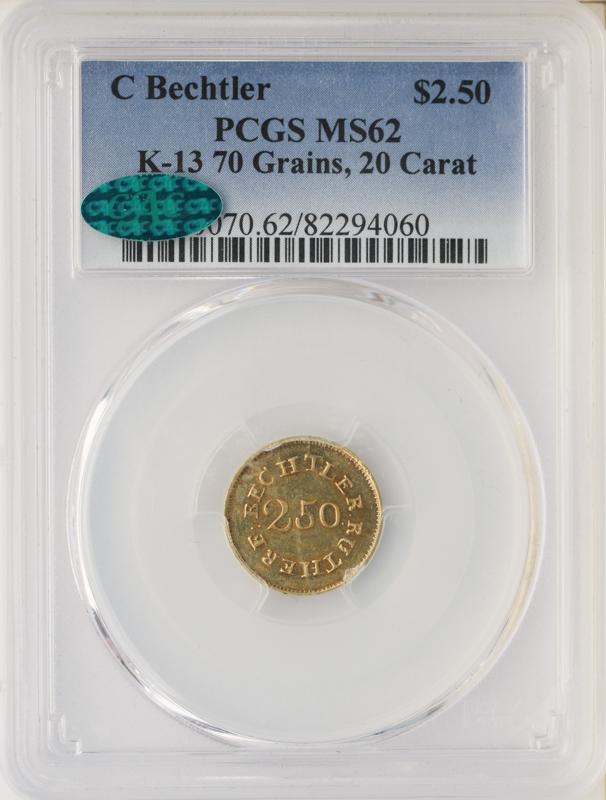

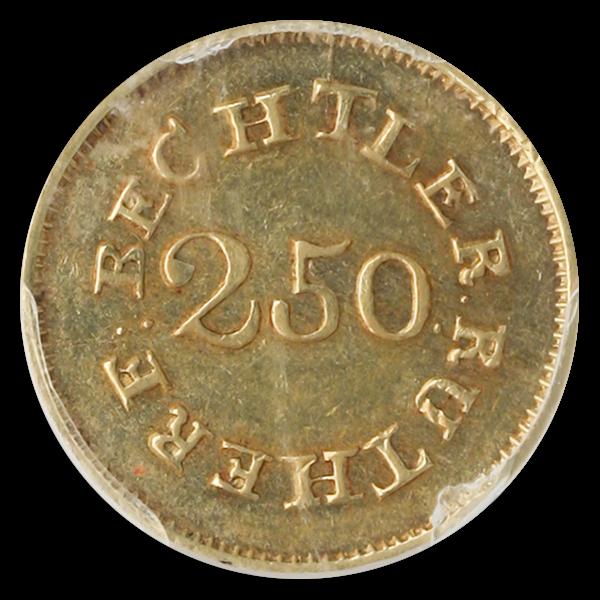



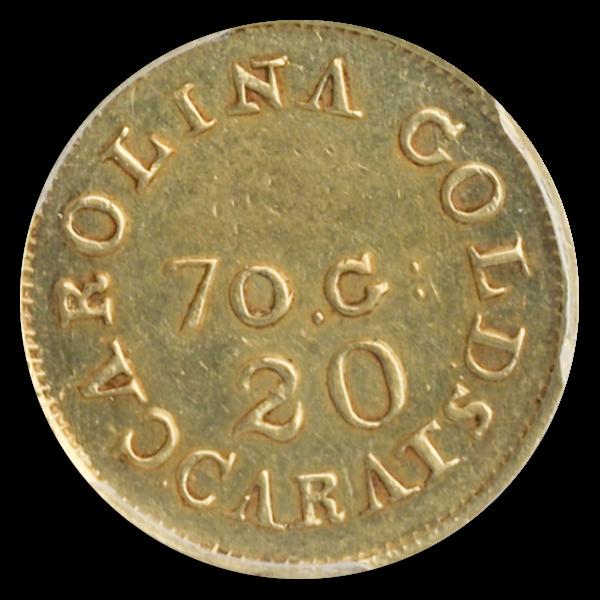



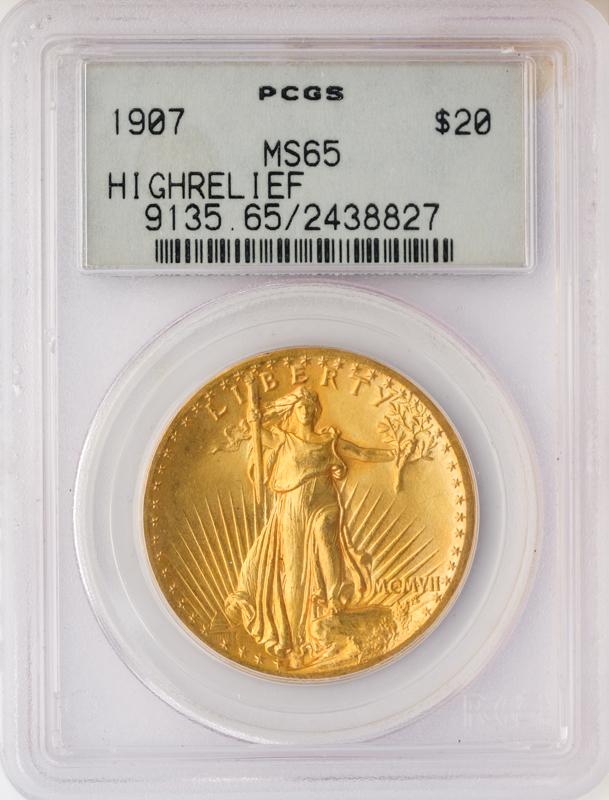

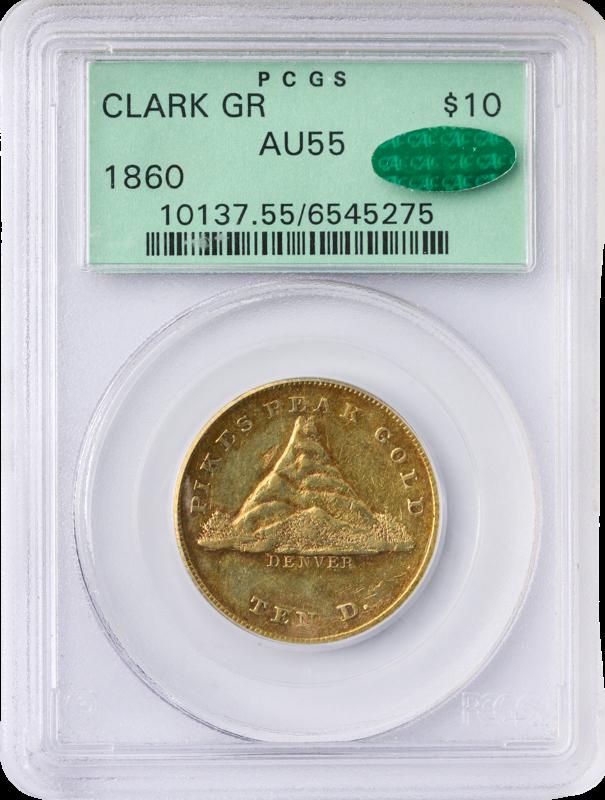


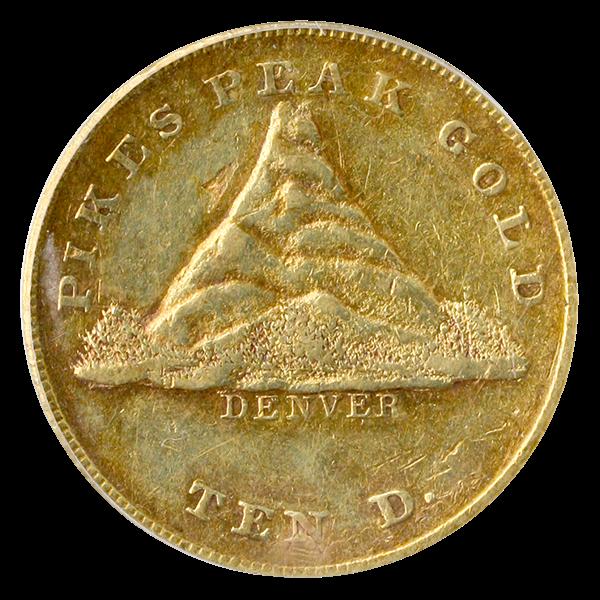






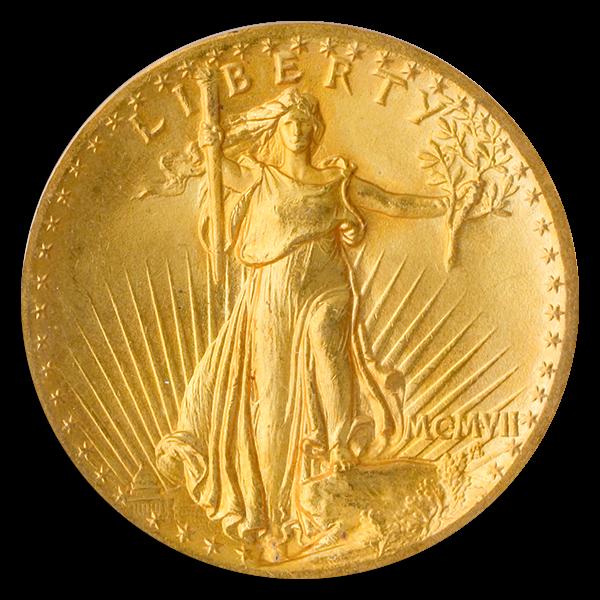



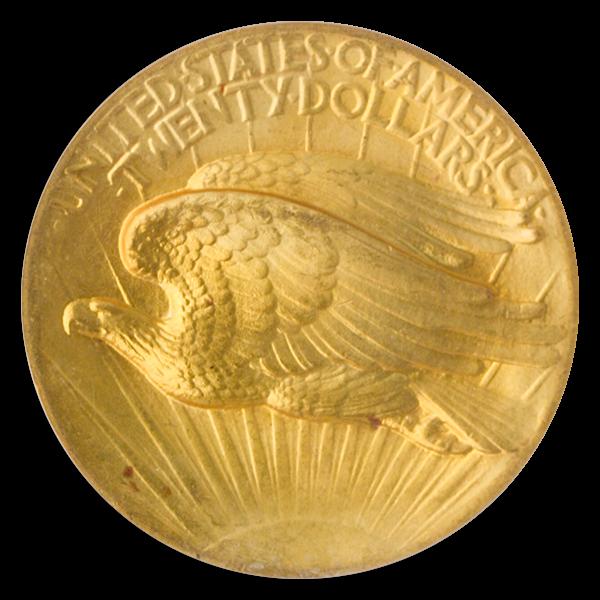



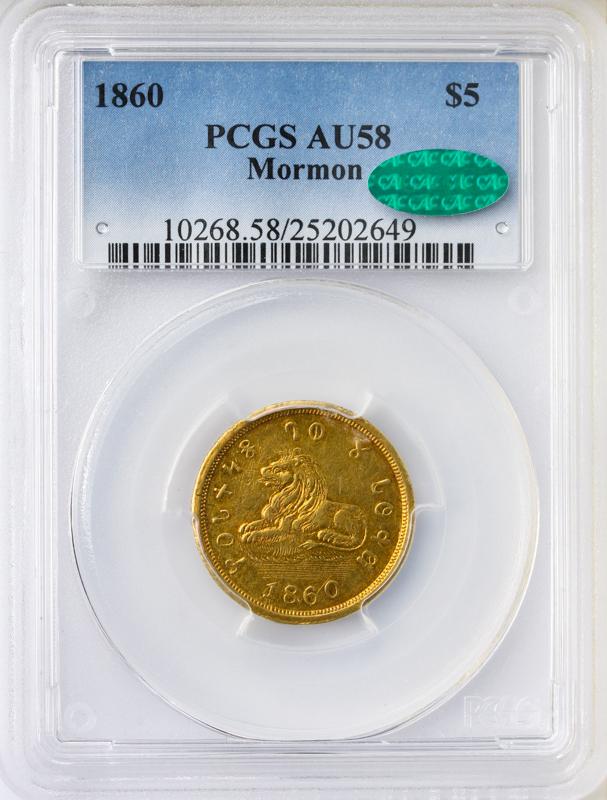

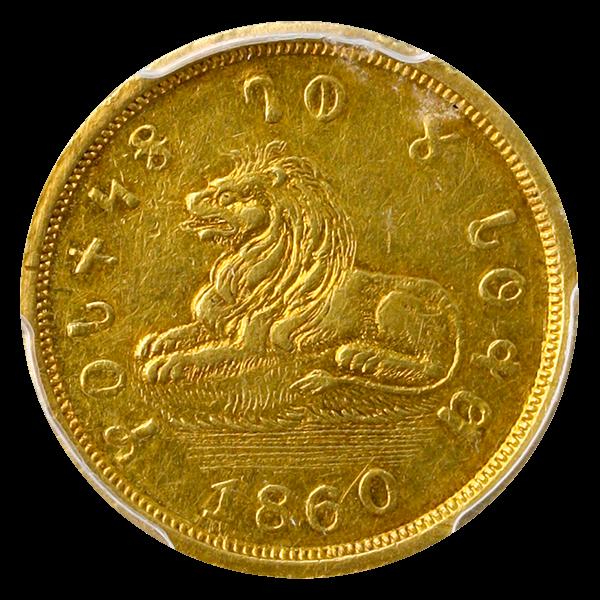

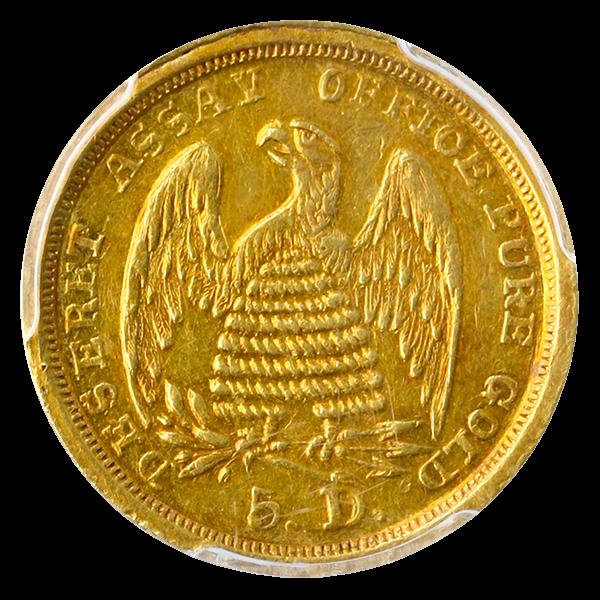





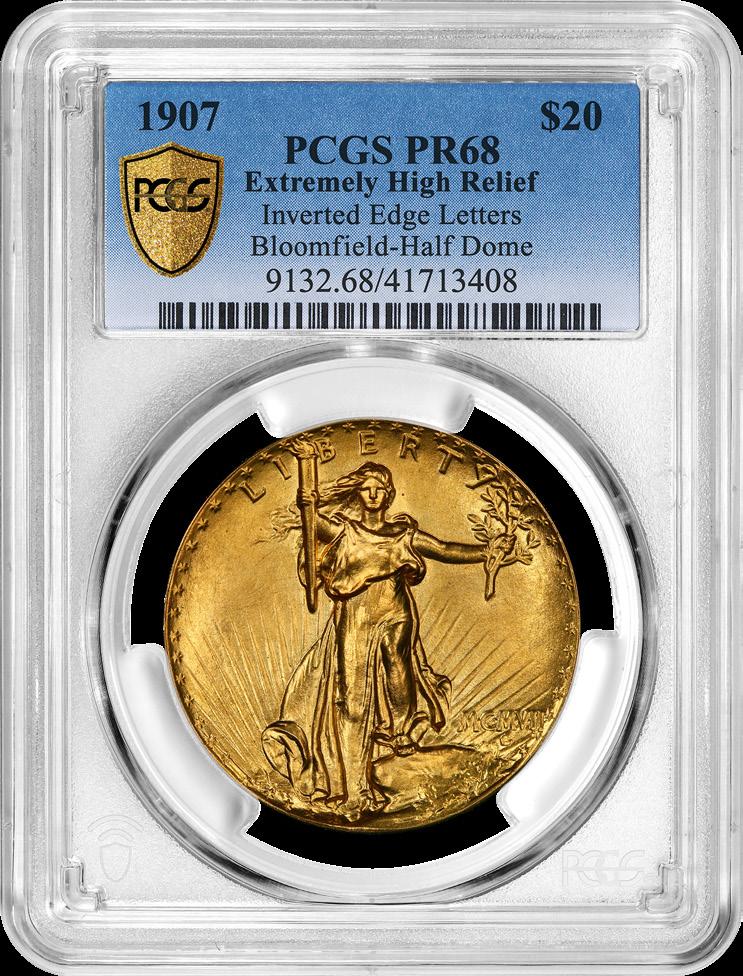
By Sanjay C. Gandhi
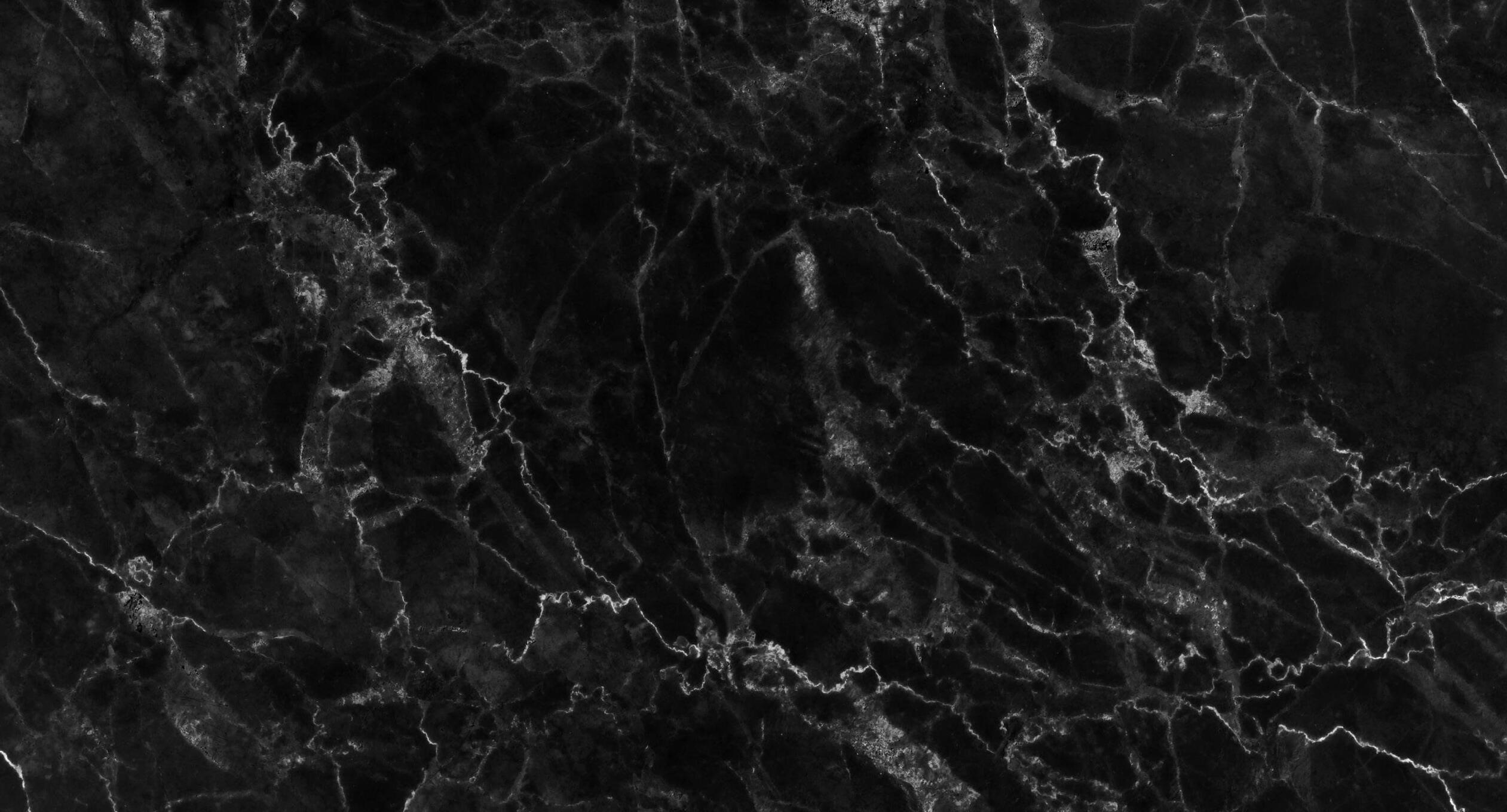
It’s that time of the year for us to announce this year’s PCGS Set Registry Award winners. The competition was brisk as ever, and we awarded more winners than last year. Our members had built an impressive array of sets across hundreds and hundreds of set categories by the time the awards deadline of June 28, 2024, came around. Our set count grew by about 8% over last year, totaling a little more than 178,000 sets. This year, our judges selected more than 700+ Gold, Platinum, and 10 Year winners. The Best of Registry Award category also continues its growth as well with thousands of members being acknowledged for their efforts. Collectors from all over the world have been recognized, and possibly one of your sets won an award this year as well!
When the PCGS Set Registry came online in February 2001, barely more than 300 sets had been listed by members. Our platform has been the pioneer for the Set Registry concept, which we have further improved on and innovated over the years thanks to enthusiastic member feedback. The PCGS Set Registry is a powerful inventory-management tool built for coin collectors of all levels. In the Registry you can track your collection with images, costs, market prices, and populations in a secure, safe, and fun online environment. We have welcomed members to join our community, and coins that were once seen by few have now been graciously shared for all to view. For example, the finest 1795 Draped Bust Dollar graded PCGS MS66 can be viewed, as can a splendid PCGS PR64DAM 1839 5 Pound Una and the Lion – coins that for many would be a dream to own. These world-class coins and many others can be viewed with our unsurpassed, industry-leading PCGS TrueView imagery.
Yet, for all the multi-figure rarities on the PCGS Set Registry, we ensure our unrivaled collecting platform is truly accessible to
and inclusive of all kinds of coin collections. Therefore, PCGS was the first company to introduce the Everyman Collections in 2009 so that collectors with smaller budgets could also compete. We offer a diverse number of categories within the PCGS Set Registry, including those catering toward young numismatists, low-ball collectors, and those with lower- and midtier uncirculated coins (which compete in the Everyman Mint State categories). We’re also the only platform to offer sets with cryptocurrency for our members to display.
No matter what coins you may have in your collection, the PCGS Set Registry is a place for everyone and anyone who wants to collect more, achieve more, and enjoy more. And that our members are doing, to the tune of a cumulative 2.9 million coins across all sets in the PCGS Set Registry. Some of our members have been with us since the beginning, while others came onboard just a few days ago. Regardless of when you joined, our community continues to prosper, and we are most appreciative of your efforts. Our success has been because of you, the collector!
PCGS congratulates all the 2024 PCGS Set Registry Award winners. We also want to thank everyone for participating and remaining loyal to our hobby. Without the collector, the PCGS Set Registry would not have grown into what it is today. We wish all of our members the best of luck with all of their collecting endeavors!
Sincerely,
Sanjay C. Gandhi PCGS Set Registry

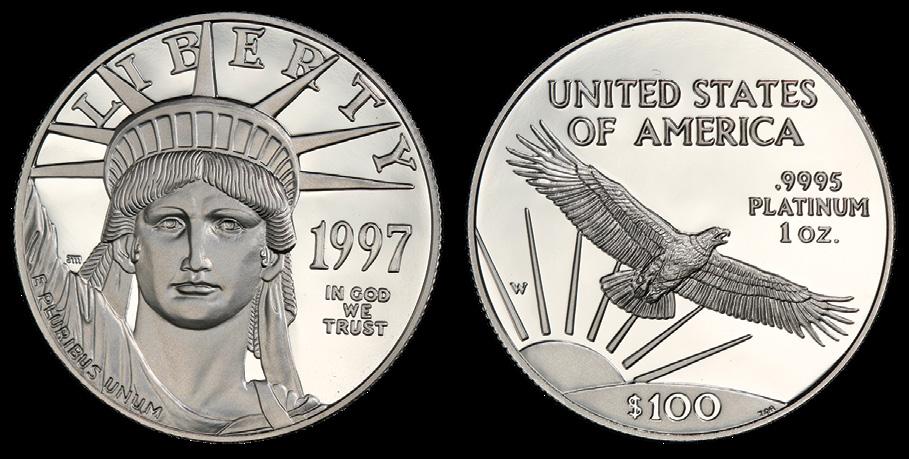
Top 100 Modern Coins
Wondercoins' Top 100 Modern Coins Set
Complete U.S. Type Set (1792-1964) High Desert
U.S. Gold Complete Modern Set, Circulation Strikes and Proof (1980-present) Goldminer's Modern Gold
U.S. Silver Complete Modern Set, Circulation Strikes and Proof (1971-present) Goldminer's Modern Silver
Silver, Gold, Platinum & Palladium Eagles Complete Set, Circulation Strikes (1986-present) Atlantic Collection
Silver, Gold, Platinum & Palladium Eagles Complete Set, Circulation Strikes and Proof (1986-present) OBSESSION
Large Cents with Major Varieties (With the four Ultra Rarities), Circulation Strikes (1793-1857) High Desert
Flying Eagle Cents with Major Varieties, Circulation Strikes and Proof (1856-1858) Foreside Collection
Indian Cents Basic Set, Proof (1859-1909) Falcon Basic
Three Cent Nickels Basic Set, Circulation Strikes (1865-1889) tompet38
Three Cent Nickels with Major Varieties, Circulation Strikes and Proof (1865-1889) tompet38
Buffalo Nickels with Major Varieties, Circulation Strikes (1913-1938) The JDG Trust Collection
Buffalo Nickels, Proof (1913-1937) Gerald Forsythe
Jefferson Nickels FS with Major Varieties, Circulation Strikes (1965-present) Ray Overby
Roosevelt Dimes FB Basic Set, Circulation Strikes and Proof (1946-Present) The Halcyon Collection
Capped Bust Quarters with Major Varieties, Circulation Strikes (18151838) The Link Early American Silver Capped Bust Quarter Variety Set
Barber Quarters Basic Set, Circulation Strikes (1892-1916) RSD
Standing Liberty FH Quarters Basic Set, Circulation Strikes (1916-1930)
An Ohio Collector
Walking Liberty Half Dollars with Major Varieties, Circulation Strikes (1916-1947) Gerald Forsythe
Walking Liberty Half Dollars, Proof (1936-1942) Gerald Forsythe
Walking Liberty Half Dollars with Major Varieties, Circulation Strikes and Proofs (1916-1947) Ron Bauer Walking Liberty Half Dollars
Franklin Half Dollars Complete Variety Set, Proof (1950-1963)
Insanity of a Privateer
Presidential Dollars First Day of Issue with Major Edge Errors, Circulation Strikes (2007-2011) JE - Presidential Dollars FDI Major Variety Set
Indian Head $2-1/2 Gold Date Set, Circulation Strikes (1908-1929)
The Donald A. Kutz $2 1/2 Indian Date Set
California Fractional Gold - Complete Collection, Period One
Robert H. Lande
Trade Dollar Patterns - Short Set (1873) Black Cat Trade Dollar Patterns - Short Set (1873)
Norse American Commemorative Medals (1925) J & L Norse Set
Peace Dollars, Low Ball (1921-1935) LOW Hanging Fruit
Silver Commemoratives 50 Piece Type Set, Low Ball (1892-1954)
Not Mint To Be--Pocketpiece Commemoratives
Everyman Indian Cents (1859-1909) Liberty Headdress
Everyman Liberty Nickels (1883-1912) George's Legacy
Everyman Barber Half Dollars (1892-1915) cornhusker collection GBR
Everyman Morgan Dollars Basic Set (1878-1921) johnk1942 (3)
Coin of the Year by Krause Publications (1982-present) Brandywine Krause
Publications COTY Collection (1982-Present)
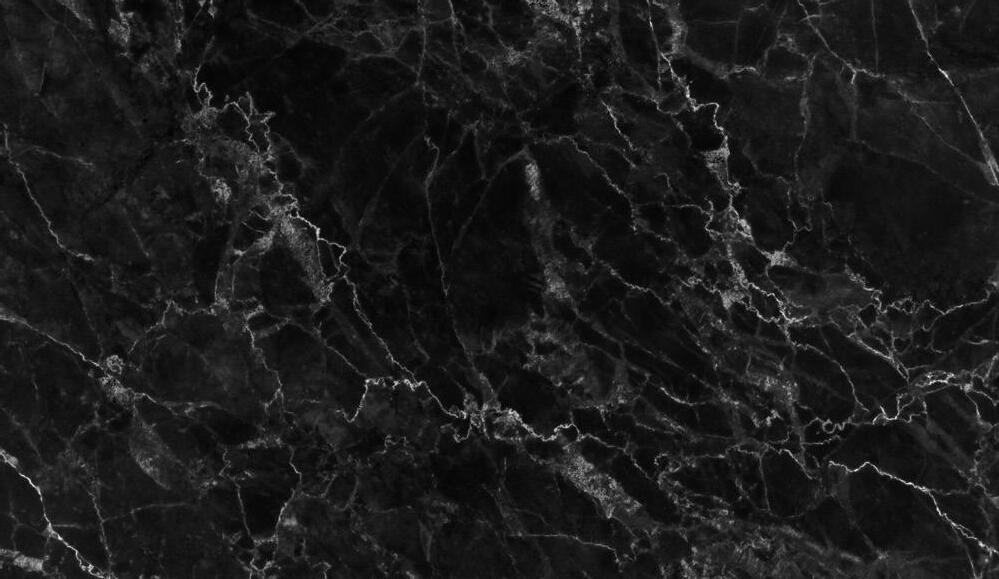
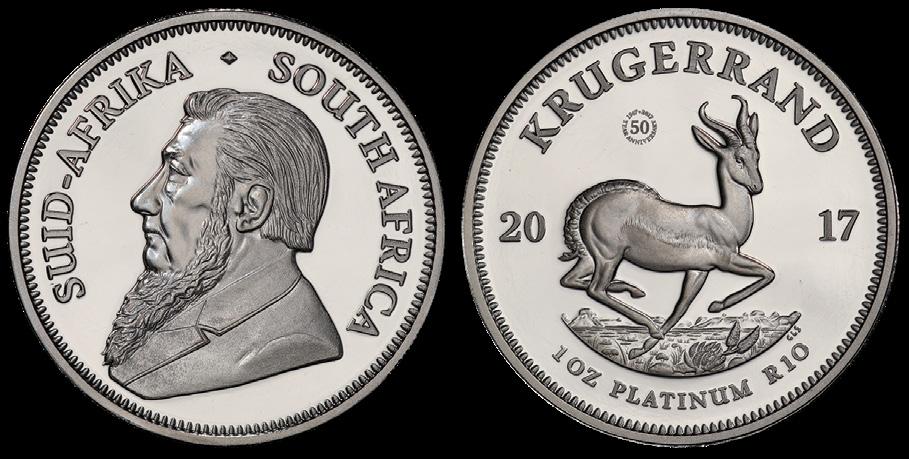
Angola Portuguese Colony Denomination Type Set, Circulation Strikes (1921-1974) thush
Ghana Decimal Pesewa Coinage, Circulation Strikes (1965-1984) thush
Rhodesia & Nyasaland Penny, Circulation Strikes (1955-1963) JBW
South African George VI Denomination Type Set, Proof (1937-1952) SWvdM
People's Republic of China Commemoratives Complete Set, Proof (1984-Present) Sun
British India Denomination Type Set (1835-1947) anilgupta
British India Denomination Regal Design Type Set (1862-1947) Anil Gupta
Israel Pruta Complete Set, Circulation Strikes (1949-1957)
RW Israel Pruta Set
Japanese Mutsuhito 1 Yen, Circulation Strikes (1870-1912)
Kaizan 海山 and Raiden 雷電, 一 圓 銀貨 Collection
Palestine 2 Mils, Circulation Strikes (1927-1946) J & D Fishman Collection
Palestine 5 Mils, Circulation Strikes (1927-1946) J & D Fishman Collection
Palestine 10 Mils, Circulation Strikes (1927-1946) J & D Fishman Collection
Palestine 20 Mils, Circulation Strikes (1927-1944) J & D Fishman Collection
Palestine 50 Mils, Circulation Strikes (1927-1942) J & D Fishman Collection
Palestine 100 Mils, Circulation Strikes (1927-1942) J & D Fishman Collection
Philippines Silver Commemoratives Basic Set (1947-Present)
Modern Commemoratives
Singapore Lunar $10 Silver Set, Proof (1981-1992) Singapore Lunar 1
French Indo-China Colony Cent, Circulation Strikes (1885-1943) thush
British Victoria Three Pence Maundy Date Set, Prooflike (1838-1901) chrisnapolitano
British Victoria Silver Penny Maundy Date Set, Prooflike (1838-1901) chrisnapolitano
British Victoria Farthing Date Set, Circulation Strikes (1838-1901) wybrit
Irish 1/2 Crown Date Set with Mule, Circulation Strikes (1928-1967) Gene1865
Spain 25 Pesetas, Circulation Strikes (1876-1885) jorgetierno
Swiss 1/2 Silver Franc, Circulation Strikes (1850-1967) Sheffield Collection No. 1
Ukraine Bullion Complete Set, Circulation Strikes (2011-Present) Tryzub
Canadian Coins Complete Basic Set, Circulation Strikes (1858-1952) Lantern Collection
Canadian Nickel Five Cents with Varieties, Circulation Strikes (1922 to date) Canadian Beaver Hunter
Cuban Complete Copper-Nickel & Silver Set with Varieties, Circulation Strikes (1915-1961) Virginia Transplant
Cuban Complete Gold Peso Set, Circulation Strikes (1915-1916) Virginia Transplant
Cuban Complete First Republic Set with Varieties, Circulation Strikes (1915-1961) Virginia Transplant
Dominican Republic Complete Set, Circulation Strikes (1937-Present)
Fernando Baez Guerrero Complete (A)
Haitian Silver 10 Gourdes, Proof (1967-1971) Fernando Baez Guerrero
Mexican Ferdinand VII (Draped Bust) 8 Reales, Circulation Strikes (18111821) RFS Industries
Mexican Silver Cap and Ray Peso Basic Set, Circulation Strikes (19181945) JD Foster
Bolivia 1/2 Sol Basic Set, Circulation Strikes (1827-1863) luis
Australian 1/2 Pennies Complete Set, Circulation Strikes (1911-1964) Timbertop
Australian Pennies Complete Set with Major Varieties, Circulation Strikes (1911-1964) Timbertop
Australian Shilling Complete Set, Circulation Strikes (1910-1963) Timbertop
Australian Complete Sovereign Set with Varieties, Circulation Strikes (1855-1931) CB Gold Collection 2024 PCGS GOLD AWARD WINNERS
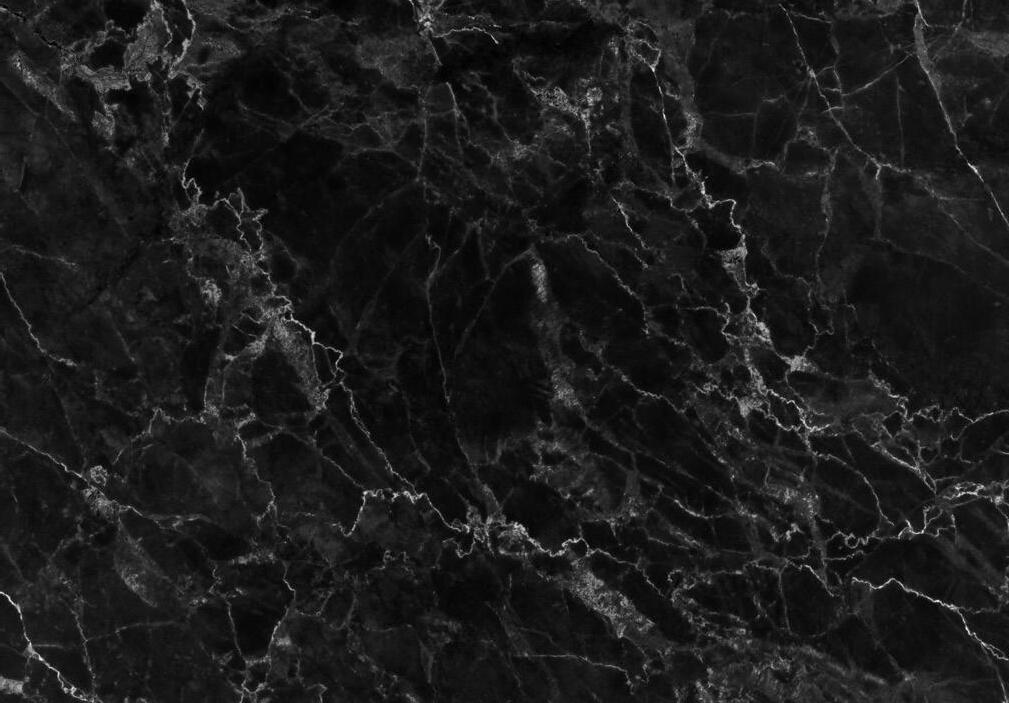
Complete U.S. Type Set, Circulation Strikes (1792-1964)
High Desert
Complete U.S. Type Set (1792-1964) D. L. Hansen US Type Set
Complete (1792-1964)
Copper Type Set, Circulation Strikes (1793-1964) High Desert
Silver Type Set (1792-1964) D. L. Hansen Silver Type Set
Gold Type Set (1795-1933) High Desert
Gold Type Set 12 Piece, Circulation Strikes (1839-1933) - CAC
Black Cat Gold Type Set 12 Piece, Circulation Strikes (1839-1933) - CAC
First Year of Issue Type Set (1793-present) D. L. Hansen. First Year Type Set Complete
20th Century Gold Type Set, Circulation Strikes (1900-1933) High Desert
Complete U.S. Coin Design Set (1792-present) High Desert
Large Cent Type Set, Circulation Strikes (1793-1857) High Desert
Complete Cents Type Set, Circulation Strikes (1793-present)
High Desert
20th Century Gold Series, Proof (1908-1915) Elite Collection
U.S. Twenty Cents Complete Set, Circulation Strikes and Proof (18751878) Black Cat U.S. Twenty Cents Complete Set, Circulation Strikes and Proof (1875-1878)
U.S. $20 Gold Complete Basic Set, Circulation Strikes (1850-1932)
D. L. Hansen Collection
U.S. $20 Gold Complete Set with Major Varieties, Circulation Strikes (1850-1932) D.L. Hansen. $20 Gold Complete. (1850-1932)
Civil War Set with Gold (1861-1865) D. L. Hansen Civil War Set with Gold Half Cents with Major Varieties, Circulation Strikes (1793-1857) High Desert
Large Cents with Major Varieties, Circulation Strikes (1839-1857) High Desert
Large Cents with Major Varieties (With the four Ultra Rarities), Circulation Strikes and Proof (1793-1857) D. L. Hansen Large Cents Circulation and Proof (1793-1857)
Large Cents Die Variety Set by Sheldon, Circulation Strikes (1793)
Golden State Collection
Large Cents Die Variety Set by Newcomb, Circulation Strikes (1839-1857)
D. L. Hansen Large Cents by Newcomb. (1839-1857)
Indian Cents Complete Variety Set, Proof (1859-1909) Falcon Complete
Lincoln Cents Basic Set, Proof (1909-1958) Cajun Lincoln Basic proof (1909-1958)
Lincoln Cents Complete Variety Set, Circulation Strikes and Proof (1909-Present) The Alterity Collection
Shield Two Cents Complete Variety Set, Circulation Strikes (1864-1872) Legal Two Cents
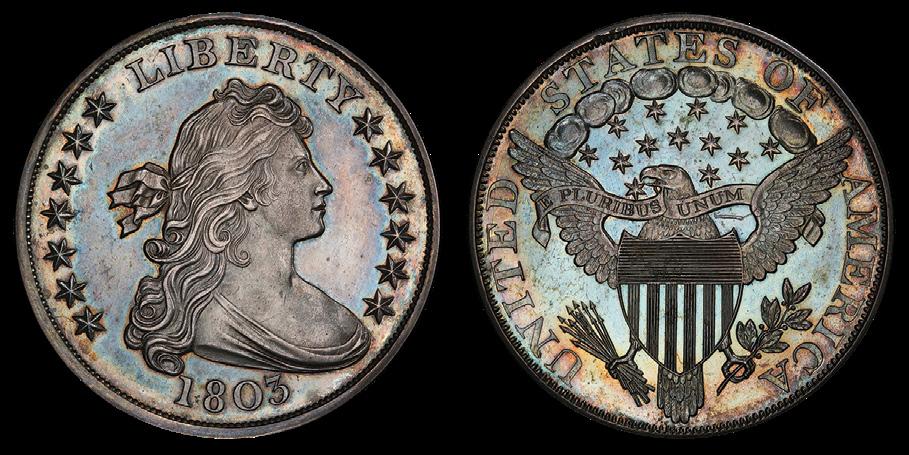
Three Cent Silvers with Major Varieties, Circulation Strikes (1851-1872)
D. L. Hansen Three Cent Silver
Shield Nickels with Major Varieties, Circulation Strikes (1866-1883)
The Greenbrier River Collection II
Buffalo Nickels Date Set, Circulation Strikes (1913-1938)
JDG Trust Collection
Buffalo Nickels with Major Varieties, Circulation Strikes and Proof (19131938) The JDG Trust Collection
Buffalo Nickels Basic Short Set, Circulation Strikes (1934-1938)
JDG Trust Collection
Early Half Dimes with Major Varieties, Circulation Strikes (1792-1837)
D.L. Hansen Early Half Dimes 1792-1837
Capped Bust Dimes with Major Varieties, Circulation Strikes (1809-1837)
The Link Early American Silver Major Variety Set of Capped Bust Dimes
Liberty Seated Dimes with Major Varieties and 1873-CC No Arrows, Circulation Strikes and Proof (1837-1891) Jason Feldman
Barber Dimes with Major Varieties and 1894-S, Circulation Strikes and Proof (1892-1916) D. L. Hansen. Barber Dime Complete with 1894-S (1892-1916)
Mercury Dimes FB with Major Varieties, Circulation Strikes (1916-1945) MERC MADNESS
Mercury Dimes FB with Major Varieties, Circulation Strikes and Proof (1916-1945) MERC MADNESS
Twenty Cents with 76-CC, Circulation Strikes (1875-1876)
Hansin Collection Twenty Cent W/1876cc Circ.
Draped Bust Quarters Die Variety Set by A.W. Browning, Circulation Strikes (1796-1807) Three Sisters Collection
Barber Quarters Date Set, Circulation Strikes (1892-1916) RSD
Standing Liberty Quarters with Major Varieties, Circulation Strikes (19161930) John Q Little
Capped Bust Half Dollars with Major Varieties, Circulation Strikes (1807-1839) Link Early American Silver Capped Bust Halves with Major Varieties Set
Liberty Seated Half Dollars with Major Varieties, Circulation Strikes (1839-1891) D. L. Hansen Liberty Seated Half Dollars (1893-1891)
Barber Half Dollars with Major Varieties, Circulation Strikes and Proof (1892-1915) D. L. Hansen. Barber Half Dollar. (1892-1915)
Franklin Half Dollars FBL Basic Set, Circulation Strikes and Proof (19481963) D. L. Hansen Franklin Half Dollars FBL. (Circulation & Proof)
Franklin Half Dollars FBL Complete Variety Set, Circulation Strikes (1948-1963) Docjp
Liberty Seated Half Dollars with Major Varieties, Circulation Strikes (1839-1891) D. L. Hansen Liberty Seated Half Dollars (1893-1891)
Trade Dollars with Major Varieties, Circulation Strikes (1873-1878)
Black Cat Trade Dollars with Major Varieties, Circulation Strikes (1873-1878)
Trade Dollars, Proof (1873-1885) D. L. Hansen Trade Dollar Proof Set
Trade Dollars Chop Mark Set, Circulation Strikes (1873-1878)
David Reimer Chop Marked Trade Dollar Collection
Morgan Dollars Basic Set, Proof (1878-1904) Mr. Perfection 13
Morgan Dollars with Major Varieties, Proof (1878-1921)
Driftwood Proof Morgan Varieties
Morgan Dollars Top 100 VAM Set, Circulation Strikes (1878-1921)
Andy Hansen
Morgan Dollars Long Arrow Shaft VAM Set, Circulation Strikes (1878)
Knockin on Heaven's Door ��
Morgan Dollars Thornhead Set, Circulation Strikes (1921-S)
Ramblin’ Rose ��
Peace Dollars Super Set, Circulation Strikes (1921-1935) AFA71
One Dollar Gold with Major Varieties, Circulation Strikes and Proof (1849-1889) D. L. Hansen. One Dollar Gold Complete. (1849-1889)
Complete $2-1/2 Gold Date Set, Circulation Strikes (1796-1929)
D. L. Hansen $2 1/2 Gold Date Collection
Indian Head $2-1/2 Gold, Proof (1908-1915) Elite Collection
$3 Gold No 1870-S Basic Set, Circulation Strikes (1854-1889)
D.L. Hansen $3 Gold Collection
$3 Gold Mintmark Set, Circulation Strikes (1854-1889)
D.L Hansen Collection
Complete $5 Gold Date Set, Circulation Strikes (1795-1929)
D. L. Hansen. Five Dollar Gold Date Set (1795-1929)
Liberty Head $5 Gold with Major Varieties, Circulation Strikes (18391908) D. L. Hansen. $5 Gold / Major Varieties (1839-1908)
Indian Head $5 Gold, Circulation Strikes (1908-1929) HALFDOME
Indian Head $10 Gold Basic Set, Proof (1908-1915) Elite Collection
Complete $20 Gold Date Set, Circulation Strikes (1850-1932)
D.L. Hansen Collection
Liberty Head $20 Gold with Major Varieties, Circulation Strikes (18501907) D.L. Hansen $20 Gold. (1850-1907)
St. Gaudens $20 Gold with Major Varieties, Circulation Strikes (19071932) Elite Collection
St. Gaudens $20 Gold Basic Set, Proof (1908-1915) Elite Collection
Silver Commemoratives 50 Piece Type Set, Circulation Strikes (18921954) J & L Commemorative Type Set
Silver Commemoratives 144 Piece Mintmark & Variety Set, Circulation Strikes (1892-1954) J & L 144 Complete Set
1800-1899 Mint Set with Gold D. L Hansen (1800-1899) Mint Set with Gold
1933 Mint Set with Gold Elite Collection
1815 Mint Set The Link Early American Silver 1815 Mint Set
1880 Proof Set with Gold Tangible Investments Inc 1829 Proof Set DLH 1829 Proof Set
Early American Coins and Tokens Basic Design Set (1616-1820) Alamo Collection
Pine Tree Silver Basic Set (1667-1682) Regulated
Connecticut Coppers Basic Set (1785-1788) RUATWINCOIN
Utah Gold (Mormon 1849-1860) FallRiverCoins
Hawaii, Circulation Strikes (1847-1883) Maunalani
Philippines Complete Classic Set, Circulation Strikes (1903-1945) The Maharlika Collection Complete Classic Set, Circulation Strike
Philippines Complete Set, Proof (1903-1908) The Maharlika Collection Complete Set, Proof
Modern Type Set, Circulation Strikes (1950-present)
D. L. Hansen Modern Type Set (1950-Present)
Silver, Gold, Platinum & Palladium Eagles Complete Set, Proof (1986-present) Goldminer's Collection
Lincoln Memorial Cents with Major Varieties, Proof (1959-2008)
D. L. Hansen Lincoln Memorial Proof
Lincoln Cents Preservation of the Union Shield Basic Set, Circulation Strikes (2010-Present) The Manning Collection
Lincoln Cents Complete Variety Set, Circulation Strikes (1959-Present) VarietySeeker
Jefferson Nickels FS Basic Set, Circulation Strikes (1938-present)
D. L. Hansen Jefferson FS Nickel Collection
Jefferson Nickels with Major Varieties, Proof (1938-present)
D. L. Hansen Jefferson Nickels Proof
Jefferson Nickels FS with Major Varieties, Circulation Strikes (1965-present) Huskers
Jefferson Nickels FS Complete Variety Set, Circulation Strikes and Proof (1938-Present) KCV comp var Circ/Prf
Jefferson Nickels FS Complete Variety Set, Circulation Strikes (1965-Present) Ray Overby
Roosevelt Dimes with Major Varieties and 1975 No S, Proof (1950-present) The Halcyon Collection
Roosevelt Dimes FB with Major Varieties, Circulation Strikes and Proof (1946-Present) The Halcyon Collection
Washington Quarters with Major Varieties, Circulation Strikes and Proof (1932-Present) D. L. Hansen. Washington Quarters (1932-Present)
Washington Quarters Complete Variety Set with all Die Varieties, Circulation Strikes (1932-Present) The Brodie Collection
Washington Quarters Complete Variety Set, Circulation Strikes (19321964) The Brodie Collection
Washington Quarters Type B and C Reverses, Circulation Strikes (19561964) The Brodie Collection
Washington Quarters Complete Variety Set, Circulation Strikes (19651998) The Brodie Collection
Washington Statehood Quarters Basic Set, Satin Finish (2005-2008) Elite Collection
Washington Statehood Quarters Basic Set, Circulation Strikes and Satin Finish (1999-2008) Elite Collection
Franklin Half Dollars FBL Basic Set, Circulation Strikes and Proof (19481963) D. L. Hansen Franklin Half Dollars FBL. (Circulation & Proof)
Kennedy Half Dollars Complete Variety Set, Circulation Strikes and Proof (1964-Present) D. L. Hansen Kennedy Half Dollar Complete Variety (1964-Present)
Eisenhower Dollars with Major Varieties, Circulation Strikes and Proof (1971-1978) Wondercoin’s (Mitchell Spivack) Comprehensive Mint State & Proof Eisenhower Dollar Collection
Eisenhower Dollars Complete Silver Set, Circulation Strikes and Proof (1971-1976) Oldsmagnet Silver Ikes
Presidential Dollars with Major Varieties, Satin Finish (2007-2010) LJK's Presidential Dollars A & B Set - Satin Finish
Presidential Dollars with Major Varieties, Circulation Strikes and Satin Finish (2007-2016, 2020) donmyster
Presidential Dollars with Major Edge Errors, Circulation Strikes and Satin Finish (2007-2016, 2020) Elsmore Collection - Presidential Dollars with Major Edge Errors, Circulation Strikes and Satin Finish (2007-2016, 2020)
Presidential Dollars First Day of Issue Complete Set with Edge Errors, Circulation Strikes (2007-2011) Elsmore Collection - Presidential Dollars
First Day of Issue Complete Set with Edge Errors, Circulation Strikes (2007-2011)
First Spouse $10 Gold with First Strikes, Circulation Strikes (2007-present) matts
First Spouse $10 Gold with First Strikes, Proof (2007-present) matts

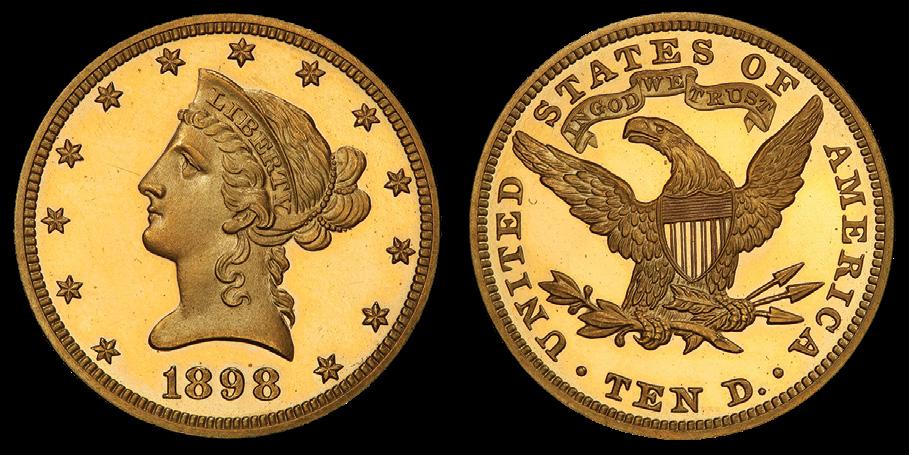
2009-Present Mint Set with Major Varieties Elsmore Collection
1950-Present Mint Set with Major Varieties lostmountainman 1800-1899 Mint Set with Gold D.L. Hansen Collection
1933 Mint Set with Gold Elite Collection 1815 Mint Set Charles Link 1793 Mint Set High Desert
1936-Present Proof Set ErasmusHall
1936-Present Proof Set with Major Varieties lostmountainman 1822 Proof Set The Dauntless 1822 Proof Set
1829 Proof Set D.L. Hansen Collection
Early American Coins and Tokens Basic Design Set (1616-1820) Alamo Collection
Pine Tree Silver Basic Set (1667-1682) David J. McCarthy
Connecticut Coppers Basic Set (1785-1788) RUATWINCOIN
Utah Gold (Mormon 1849-1860) FallRiverCoins
Hawaii, Circulation Strikes (1847-1883) Maunalani
Philippines Complete Classic Set, Circulation Strikes (1903-1945)
The Maharlika Collection Complete Classic Set, Circulation Strike
Philippines Complete Set, Proof (1903-1908)
The Maharlika Collection Complete Set, Proof
Flying Eagle and Indian Head Cents - Short Set (1858) Wright
Dollar Type Set, Low Ball (1794-1978) LOW Hanging Fruit
Buffalo Nickels, Low Ball (1913-1938) Buffalo Hunter
Barber Quarters, Low Ball (1892-1916) LOW Hanging Fruit
Indian Cents with Major Varieties, Low Ball (1859-1909)
The Malibou Lake Collection-The Second Coming
Liberty Seated Half Dollars, Low Ball (1839-1891) Colorfulcoins
Franklin Half Dollars, Low Ball (1948-1963) CHERKAAL #ONE
Morgan Dollars Basic Set, Low Ball (1878-1921)
Reel Coug Morgan $ Basic Set Low Ball
Morgan Dollar Top 100 Vam Set, Low Ball (1878-1921)
Reel Coug Morgan Top 100 VAM Low Ball
Everyman 19th Century Type Set No Gold (1800-1899)
The Cumberland Valley Collection
Everyman Gold Type Set 12 Piece (1839-1933) Renaissance
Everyman Mint State 20th Century Type Set Major Types No Gold (1900-1999) Cedar City Everyman Mint State 20th Century Type
Set Major Types No Gold (1900-1999)
Everyman Shield Two Cents (1864-1872) Ray Cornell
Everyman Barber Dimes (1892-1916) Everyman Barber Dimes
Everyman Mercury Dimes (1916-1945) Everyman Mercury Dimes
Everyman Standing Liberty Quarters (1916-1930) B&W Collection
Everyman Mint State Barber Quarters (1892-1916) chugum
Everyman Walking Liberty Half Dollars (1916-1947) Ted Wydeven, Sr.
Everyman Peace Dollars (1921-1935) Wannis R. Bowen III
Everyman Mint State Morgan Dollars Basic Set (1878-1921)
Reel Coug Everyman MS Morgan basic set
Everyman Mint State Carson City Morgan Dollars (1878-1893) Quiver Collectibles
Indian Cents Basic Set, Circulation Strikes (1859-1909) Alan L Epstein
Lincoln Cents Date Set, Circulation Strikes (1909-Present)
The Ehreth Collection
Buffalo Nickels Basic Set, Circulation Strikes (1913-1938) Naples Collection
Roosevelt Dimes FB Basic Set, Circulation Strikes and Proof (1946-Present) D. L. Hansen Roosevelt Dimes FB (1946-Present)
Peace Dollars, Circulation Strikes (1921-1935) Petraglia Legacy
$4 Gold, Proof (1879-1880) Tangible Investments Inc
New Orleans Gold $1 Basic Set, Circulation Strikes (1849-1855)
400 Esplanade
Liberty Nickels, Low Ball (1883-1912) LIB 5C
Southern Rhodesia Complete Set, Circulation Strikes (1934-1954) Nehoc
Bulgarian Three Rulers Basic Set, Circulation Strikes (1881-1943)
Top_Coins_Bg
German 1 Mark Large Eagle Reverse Basic Set, Circulation Strikes (1891-1916) Sheffield Collection No. 11
Newfoundland Cents with Varieties, Circulation Strikes (1865-1947) ATHENA
Newfoundland Fifty Cents, Circulation Strikes (1904-1919) Burns Collection
Mexican Empire of Maximilian Type Set, Circulation Strikes (1864-1867)
Alex M. Bustos aka Alex Booster
1932 Panamanian Year Set romanose05
Winesteven - 5 RD, 7 w/Pluses winesteven
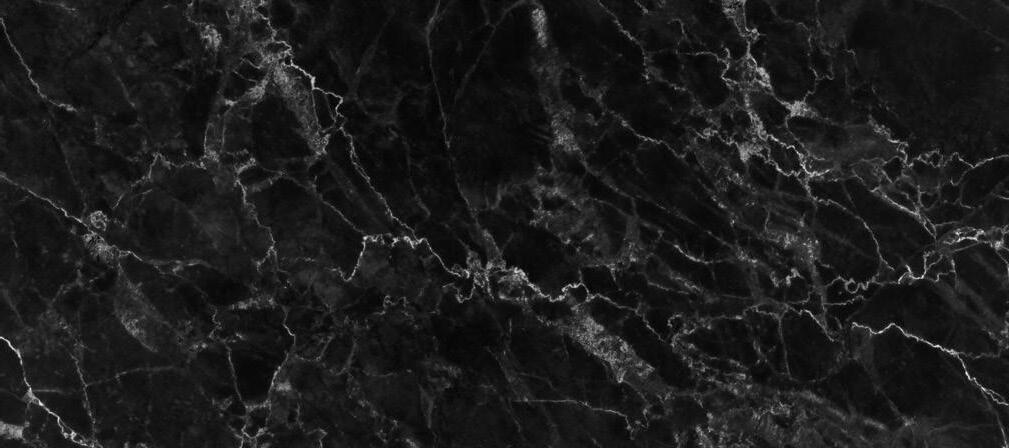

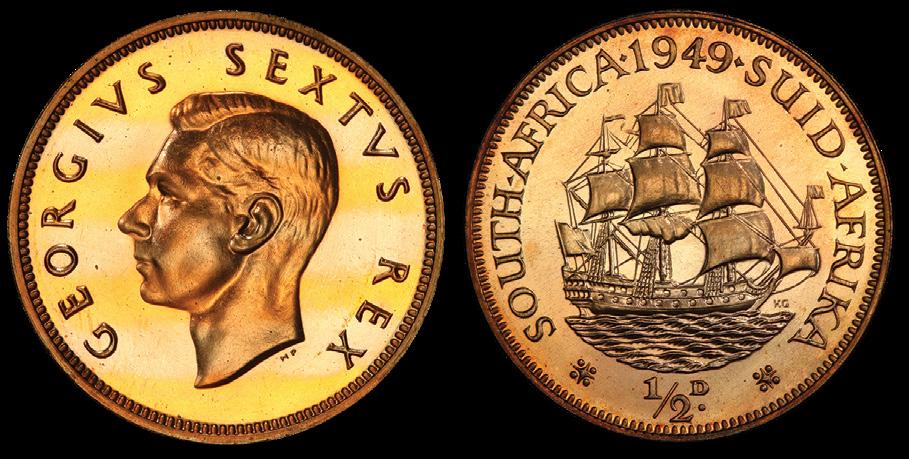
Angola Portuguese Colony Complete Set, Circulation Strikes (1921-1974) thush
Benin Cannabis Sativa Series, Proof (2010-2019) #Hashtag Benin Cannabis Proofs
British West Africa George VI Penny Date Set, Circulation Strikes (19371952) islunder99
Congo (Free State) Centime Copper Set, Circulation Strikes (1887-1894)
EML Collection
Congo (Republic) 10 Francs Essai, Special Strikes (1965) EML Collection
Congo (Belgium) Francs Elephant Style, Circulation Strikes (1944-1949) EML Collection
Egypt Abdul Hamid II Denomination Type Set, Circulation Strikes (1876-1909) RareRounds
Egypt Abdul Aziz Denomination Type Set, Circulation Strikes (1861-1876) RareRounds
Egypt Occupation Silver Coinage, Circulation Strikes (1920-H) RareRounds
Egypt Farouk Coinage Complete Set, Circulation Strikes (1937-1952) Mikhael Collection
Gambia Colonial Complete Set, Circulation Strikes (1966-1970) RGS III
Gambia Colonial Complete Set, Proof (1966-1970) RGS III
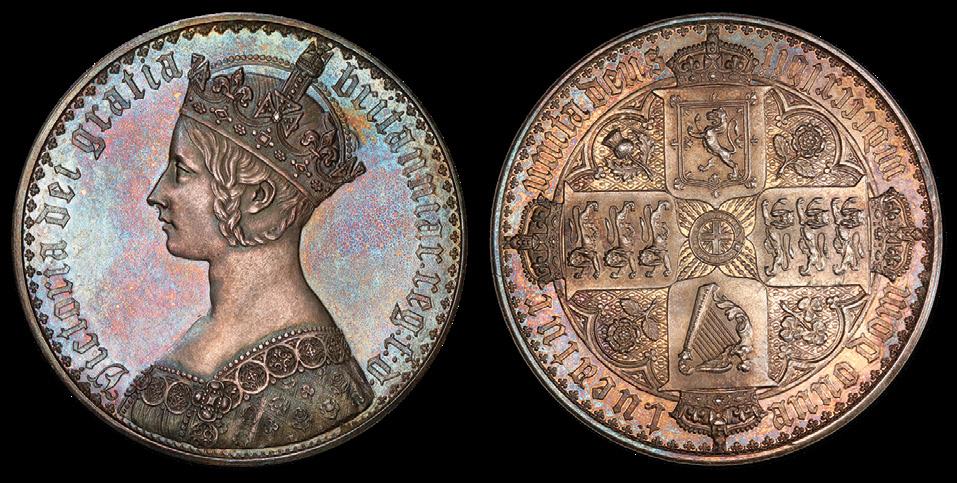
Ghana Standard Coinage, Circulation Strikes (1958) thush
Ghana Decimal Pesewa Coinage, Circulation Strikes (1965-1984) thush
1968 Liberia Proof Set O'Man's 1968 Liberia Proof Set
Mauritius Elizabeth II Denomination Type Set, Circulation Strikes (1953-1978) MCPuckett1959
Nigeria Complete Set (British Protectorate), Circulation Strikes (1959-1962) Federation of Circ
Nigeria Complete Set (British Protectorate), Proof (1959) Federation of Circ
BEST
Rhodesia British Colony Complete Set, Circulation Strikes (1964-1968) jbw
Rhodesia & Nyasaland 1/2 Penny, Circulation Strikes (1955-1964) JBW
Seychelles Islands British Crown Colony Denomination Type Set, Proof (1939-1974) RGS III
BEST
1964 Sierra Leone Proof Set O'Man's 1964 Sierra Leone Proof Set
BEST FROM
1950 Somalia Mint Set EML Collection
BEST
South African Elizabeth II 1/2 Penny, Proof (1953-1960) SWvdM
South African Penny, Circulation Strikes (1892-1898) SouthernAurora
South African George VI 3 Pence, Circulation Strikes (1937-1952) Gems of the Union
South African George V1 5 Shillings, Prooflike (1948-1952) SWvdM
South African George V1 5 Shillings, Proof (1947-1952) SWvdM
South African Elizabeth II 1/2 Pound & Pound, Proof (1953-1960) AFA71
South African George V Sovereigns, Circulation Strikes (1923-1932) CB Gold Collection
South African Bronze 2 Cents Complete Wildebeest Set, Proof (19651989) khinklenllca
South African Bronze Cent, Proof (1970-1989) Rainbow Safari Collection
1896 South African Year Set SouthernAurora
1944 South African Proof Set SouthernAurora
1945 South African Proof Set SWvdM
1946 South African Proof Set SWvdM
1956 South African Proof Set AFA71
1958 South African Proof Set AFA71
Southern Rhodesia 1/2 Penny, Circulation Strikes (1934-1954) jbw
Southern Rhodesia Penny, Circulation Strikes (1934-1954) jbw BEST FROM SUDAN
1967 Sudan Proof Set GLButt 1967 Sudan Proof Set
FROM SWAZILAND
1974 Swaziland Proof Set O'Man's 1974 Swaziland Proof Set
FROM TANZANIA
1966 Tanzania Proof Set The Weber Collection ~ Tanzania
FROM
1966 Uganda Proof Set Nehoc (2)

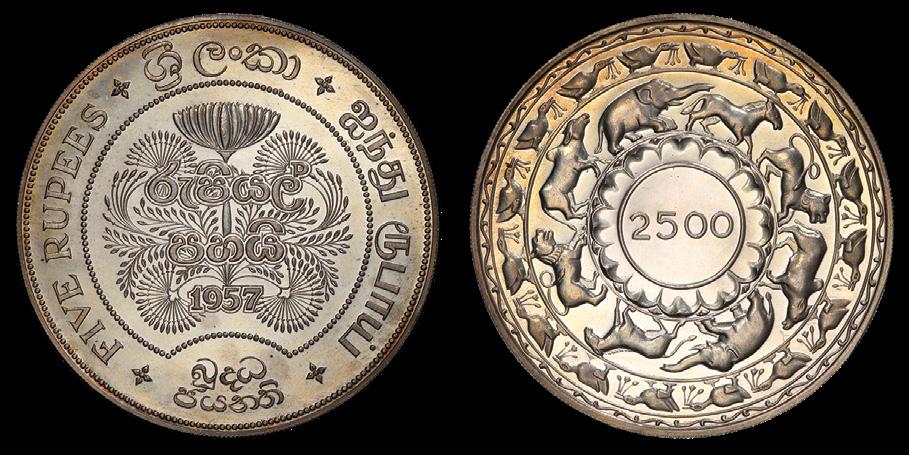
Armernia Silver Noah's Ark 500 Dram, Circulation Strikes (2011-present) brian c. bently
China Anhwei Province 10C, Circulation Strikes (1897-1898) YY安徽壹角
China Anhwei Province 20C, Circulation Strikes (1897-1901) YY安徽两角
China Chihli Province Denomination Type Set, Circulation Strikes (1875-1908) TCzuibang
China Chihli Province 10C, Circulation Strikes (1896-1899)
TAIPEI COLLECTION 北洋一角
China Chihli Province 50C, Circulation Strikes (1896-1899) guohand
China Fengtien Province 20C, Circulation Strikes (1898-1904) seaman4001
China Fukien Province Denomination Type Set, Circulation Strikes (1844-1932) TCzuibang
China Hupeh Province 10C, Circulation Strikes (1894-1909)
TAIPEI COLLECTION 湖北七分二厘
China Kiangnan Province 20C, Circulation Strikes (1898-1911) YY江南两角
China Yunnan Province 50C, Circulation Strikes (1908-1949) TCzuibang
China Yunnan Province $1, Circulation Strikes (1908-1922) seaman4001
1981 Bank of China Proof Set xyf17
1983 Bank of China Proof Set xyf17
People's Republic of China Complete Set, Circulation Strikes (1955-Present) Y.C
People's Republic of China Early Hard Cent Complete Set, Circulation Strikes and Proof (1955-1978) 202yi
People's Republic of China Great Wall and Wheat Coin, Circulation Strikes (1980-1985) Y.C
People's Republic of China Old Three Flowers Circulation Strikes, Proof and Specimen (1991-2001) Sun
People's Republic of China 5 Jiao, Proof (1991-2000) Sun
People's Republic of China Yuan, Circulation Strikes (1991-2000) Y.C
People's Republic of China Yuan, Proof (1991-2000) Sun
People's Republic of China Taiwan Series Commemoratives, Circulation Strikes (2003-2005) 龙神之怒
Panda Gold 100 Yuan (1 oz) with Varieties, Circulation Strikes (1982-2000) Martin's 1 oz pandas and all varieties 1982 to 2000 complete
Panda Gold 500 Yuan (1 oz), Circulation Strikes (2001-2015)
Omega Panda 2001-2015 Collection
China Manchoukuo Fen, Circulation Strikes (1933-1945) TCzuibang
Hong Kong Victoria Mil, Circulation Strikes (1863-1866)
Osmund’s HK Mils
Hong Kong Victoria Cent, Circulation Strikes (1863-1901)
Osmund’s HK Victorian Cents
Hong Kong Edward VII Cent, Circulation Strikes (1902-1905)
Osmund’s HK Edward VII Cents
Hong Kong George V Cent, Circulation Strikes (1919-1934)
Osmund’s HK George V Cents
Hong Kong Victoria 5 Cents, Circulation Strikes (1866-1901)
Osmund’s Hong Kong Victoria 5 Cents
Hong Kong Edward VII 5 Cents, Circulation Strikes (1903-1905)
Osmund’s HK Edward VII 5 Cents
Hong Kong George V 5 Cents, Circulation Strikes (1932-1937)
Osmund’s HK George V 5 Cents (1932-1937)
Hong Kong Victoria 10 Cents, Circulation Strikes (1863-1901)
Osmund’s Hong Kong Victoria 10 Cents
Hong Kong Edward VII 10 Cents, Circulation Strikes (1902-1905)
Osmund’s HK Edward VII 10 Cents
Hong Kong George V 10 Cents, Circulation Strikes (1935-1936)
Osmund’s HK George V 10 Cents (1935-1936)
Hong Kong George VI 10 Cents, Circulation Strikes (1937-1951)
Osmund’s HK George VI 10 Cents (1937-51)
Hong Kong Victoria 20 Cents, Circulation Strikes (1866-1898)
Osmund’s HK Victoria 20 Cents
Hong Kong Edward VII 20 Cents, Circulation Strikes (1902-1905)
Osmund’s HK Edward VII 20 Cents
Hong Kong Victoria 1/2 Dollar & 50 Cents, Circulation Strikes (18661894)
Osmund’s HK Victoria Half Dollars
Hong Kong Edward VII 50 Cents, Circulation Strikes (1902-1905)
Osmund’s HK Edward VII 50 cents
Hong Kong Victoria Dollar, Circulation Strikes (1866-1868)
Osmund’s HK Victoria Dollars
Hong Kong Elizabeth II 1000 Commemorative Dollars Gold, Proof (19751986) sportsnutsf
Macau 10 Avos, Circulation Strikes (1952-1988) Joao de Brito Augusto BEST FROM
British India George V 1/4 Anna Bronze Date Set, Circulation Strikes (1911-1936) islunder99
British India George VI 1/4 Anna Bronze Date Set, Circulation Strikes (1938-1942) islunder99
British India Rupee Silver Basic Set, Circulation Strikes (1835-1945)
Anil Gupta
India Sovereigns, Circulation Strikes (1918, 2013-present)
BRIAN'S INDIA SOV....
Israel Pruta Complete Set, Proof (1949) J & D Fishman Collection
BEST
Japanese Shogunate Silver Set, Circulation Strikes (1765-1869)
The Rectangle Coins - Silver
Japanese Shu, Circulation Strikes (1824-1869)
The Rectangle Coins - 1 Shu
Japanese 2 Shu, Circulation Strikes (1695-1869) kuwegg57
Japanese 2 Bu, Circulation Strikes (1818-1869)
The Rectangle Coins - 2 Bu
Japanese Non-Gold Reform Coinage Denomination Type Set (1948-present)
Ohtani's Perfect Set of Japanese Non-Gold Reform Coinage Denomination Type (1948-present)
Japanese Hirohito 1 Sen, Circulation Strikes (1927-1945)
Jsalmon - Japan - 1 Sen (1927-1945)
Japanese Hirohito 50 Sen, Circulation Strikes (1928-1948)
Jsalmon - Japan - 50 Sen (1928-1948)
South Korean 100 Won Set, Circulation Strikes (1970-1982)
Chaggia Collection
South Korean Chiwoo Cheowang Gold Clay Set, Circulation Strikes and Proof (2016-Present) Omega Chiwoo Cheowang Collection
BEST FROM MALDIVE ISLANDS
1984 Maldives Mint Set khinklenllca
BEST
Mongolian Basic Set, Circulation Strikes (1945) xyf17
Mongolian Basic Set, Circulation Strikes (1959) xyf17
BEST
Palestine Complete Set, Circulation Strikes (1927-1946)
The Palestine Collection
BEST FROM PHILIPPINES SPANISH COLONIAL
Spanish Philippines 4 Pesos Basic Set, Circulation Strikes (1861-1868) Taga Cebu
Philippines Complete Commemoratives Basic Set (1947-present) Commemorative of the Philippines
BEST FROM SARAWAK
British Sarawak 50 Cents, Circulation Strikes (1900-1927) skandakumera
Saudi Arabia Kingdom Coinage Set, Specimen (1937) The Smith Collection
Saudi Arabia Kingdom Coinage Set, Specimen (1937) Lord Ajwad
BEST FROM
Singapore Zodiac $10 Silver Set, Proof (1993-2004) OffHand
Syria United Arab Republic Complete Set, Circulation Strikes (1958-1960) Brandywine Syria UAR Complete Circulation Strikes Set (1958 - 1960)
Turkish Ottoman Empire Mahmud II Silver Denomination Type Set, Circulation Strikes (1808-1839) RareRounds
Turkish Ottoman Empire Abdul Mejid Silver Denomination Type Set, Circulation Strikes (1839-1861) RareRounds
Turkish Ottoman Empire Muhammad V Silver Denomination Type Set, Circulation Strikes (1909-1918) RareRounds
Democratic Republic South Vietnam Basic Set, Circulation Strikes (1953) South Vietnam Basic Set
Democratic Republic Vietnam Basic Set, Circulation Strikes (1960-1968) Democratic Republic Vietnam Basic Set Circulation Strikes 1960-1968
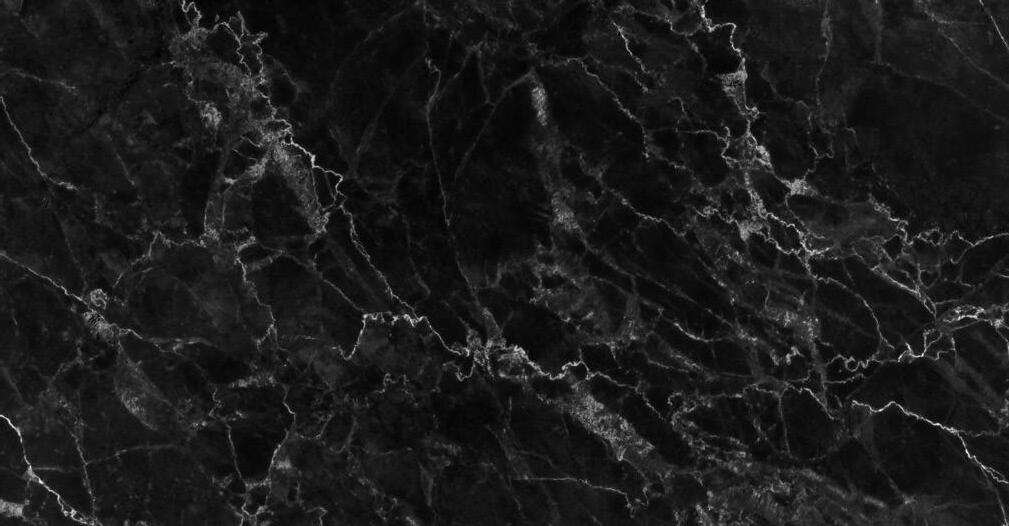
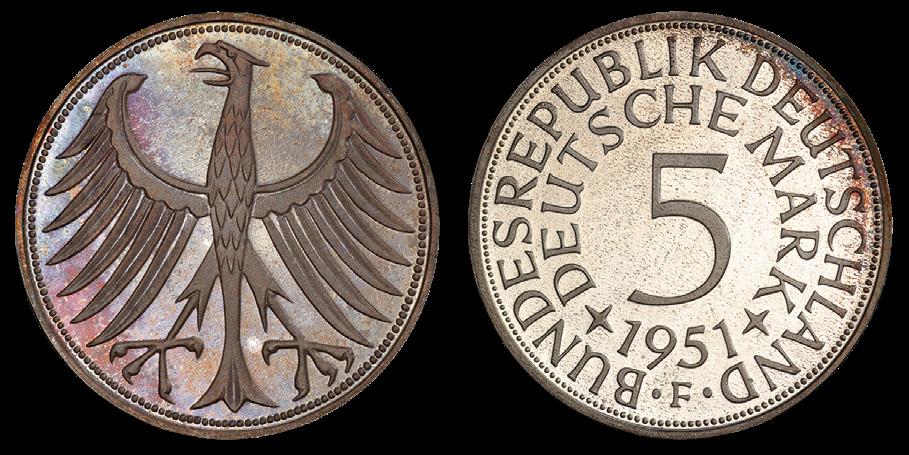
Austrian 25 Euro Silver Commemoratives, Circulation Strikes (2003-present) Theodorosp
Austrian 25 Euro Silver Commemoratives, Circulation Strikes (2003-present) Rafus- Austrian 25 Euro Silver Commemoratives
Austrian Silver Vienna Philharmonic 1.5 Euro, Circulation Strikes (2008-present) The Weber Collection ~ Austrian Vienna
Austrian Gold Vienna Philharmonic 1/10 oz, Circulation Strikes (1991-present) GDH 1/10 oz Gold Philharmonic 1991 - Date
Belarus 20 Roubles Folk Legends Silver Set, Proof (2007-2017) Troy's Folk Legends BEST
2000 Belgium Euro Mint Set Layb's Euros BEST
Bulgarian Ruler Ferdinand I Basic Set, Circulation Strikes (1887-1917) K. Borisov
Bulgarian Ruler Boris III Basic Set, Circulation Strikes (1918-1943) Milen Ivanov
Bulgarian Three Rulers Basic Set, Circulation Strikes (1881-1943) Top_Coins_Bg
Bulgarian Principality 10 Stotinki Basic Set, Circulation Strikes (1881-1917) Milen Ivanov
Bulgarian Principality 20 Stotinki Basic Set, Circulation Strikes (1888-1917) Milen Ivanov
Bulgarian Principality Lev Silver Basic Set, Circulation Strikes (1882-1913) SiMaKa
Bulgarian Principality Lev Basic Set, Circulation Strikes (1925-1943) Milen Ivanov
Bulgarian Principality 2 Leva Silver Basic Set, Circulation Strikes (1882-1913) K. Borisov
Bulgarian Principality 2 Leva with 1916 Silver Basic Set, Circulation Strikes (1882-1916) Ivelin Yanakiev
Bulgarian Principality 5 Leva Silver Basic Set, Circulation Strikes (1884-1894) SiMaKa
Bulgarian Principality 100 Leva Silver Basic Set, Circulation Strikes (1930-1937) SiMaKa
Bulgarian Principality 10 Leva and 20 Leva Gold Basic Set, Circulation Strikes (1894-1912) SiMaKa
Bulgarian Peoples Republic Basic Set, Circulation Strikes (1951-1990) Numis
1979 Bulgarian Proof Set Rogachev Collection
1980 Bulgarian Proof Set Rogachev Collection
1981 Bulgarian Proof Set (1300th Year Anniversary) Milen Ivanov
1981 Bulgarian 2 Leva Copper Nickel Proof Set (1300th Year Anniversary) Top_Coins_Bg
1981 Bulgarian Complete Proof Set (1300th Year Anniversary) Top_Coins_Bg
Denmark Type Set, Circulation Strikes (1874-1947) Badger Hound
Denmark Type Set with Gold, Circulation Strikes (1873-1947) Badger Hound
Denmark 16 Skilling Rigsmont Basic Set, Circulation Strikes (1856-1858) Badger Hound
Denmark 10 Gold Kroner, Circulation Strikes (1873-1917) Badger Hound
Faeroe Islands Basic Set, Circulation Strikes (1941) Badger Hound
Finland 50 Pennia, Circulation Strikes (1907-1917) thush
French 50 Centimes, Franc, 2 Franc Multi Denomination Set, Circulation Strikes (1897-1920) Typetone
French Centime, Circulation Strikes (1898-1920) Geonaute
French Centime, Circulation Strikes (1872-1878) BRANRUZ
French 2 Centimes, Circulation Strikes (1898-1920) Geonaute
French 5 Centimes, Circulation Strikes (1871-1898) BRANRUZ
French 5 Centimes, Circulation Strikes (1898-1921) Geonaute
French 10 Centimes, Circulation Strikes (1898-1921) Geonaute
French 10 Centimes, Circulation Strikes (1914-1946) BRANRUZ
French 25 Centimes, Circulation Strikes (1914-1940) BRANRUZ
French 50 Centimes, Circulation Strikes (1921-1929) BRANRUZ
French 50 Centimes, Circulation Strikes (1931-1947) BRANRUZ
French 2 Francs, Circulation Strikes (1898-1920) Typetone
French 5 Francs Silver, Circulation Strikes (1870-1878) BRANRUZ
French 20 Franc Original or Refrappe Gold Rooster, Circulation Strikes (1899-1914) The Francois Villon Collection
French 100 Francs Gold Angel, Circulation Strikes (1878-1914) orpailleur
French Centime, Circulation Strikes (1962-2001) kwayoo
French Franc, Circulation Strikes (1960-2001) ce.bellier
French 5 Francs, Circulation Strikes (1970-2001) jmdeyts
French Indo-China Colony Piastre, Circulation Strikes (1885-1931)
YN-幽泉-Duan
French Cameroon Complete Set, Circulation Strikes (1924-1958) thush
Bavaria Ludwig III Karl Goetz Bronze and Copper Pattern Set, Specimen (1913) The Regency Set
Hamburg 3 Mark Complete Set, Circulation Strikes (1908-1914)
C. Knox collection
Lubeck 3 Mark Complete Set, Circulation Strikes (1908-1914)
C. Knox collection
Prussia 3 Mark Complete Set, Circulation Strikes (1908-1915)
C. Knox collection
Saxony 3 Mark Complete Set, Circulation Strikes (1908-1913)
C. Knox collection
Wurttemberg 3 Mark Complete Set, Circulation Strikes (1908-1914)
C. Knox collection
German States 3 Mark Complete Set, Circulation Strikes (1908-1918)
C. Knox collection
German States 3 Mark Type Set, Circulation Strikes (1908-1918)
C. Knox collection
German States 3 Mark One From Each State, Proof (1908-1918)
C. Knox collection
German Empire Type Set, Circulation Strikes (1873-1922) Johnjohn10
German 2 Pfennig Basic Set, Circulation Strikes (1873-1877) khinklenllca
German 25 Pfennig Basic Set, Proof (1909-1912) Johnjohn10
German 1/2 Mark Basic Set, Circulation Strikes (1905-1919)
Sheffield Collection No. 7
German 5 Reichsmark Commemoratives Date Set, Circulation Strikes (1925-1932) Münzen mit Kopf Münzzentrum-Dürr
German Third Reich Type Set, Circulation Strikes (1933-1948) johnjohn10/War-Buff
German Third Reich 2 Reichspfennig Basic Set, Circulation Strikes (1936-1940) Hans Gruber
German Third Reich 50 Reichspfennig Basic Set, Circulation Strikes (1938-1939) Belongs to Brandy Bear
German Third Reich 2 Reichmark Basic Set, Circulation Strikes (1936-1939) Blitzkrieg
German Third Reich 5 Reichsmark Complete Set, Circulation Strikes (1933-1939) Hans Gruber
German 5 Mark Commemoratives, Circulation Strikes (1968-1990) DDRMunzen
German 5 Mark Basic Set, Circulation Strikes (1951-1974)
NDRob BRD 5 DM Set
German East Africa 5 Heller, Proof (1908-1914) SouthernAurora
British Five Guineas Type Set, Circulation Strikes (1668-1753)
Paul Menzies Ltd
British Elizabeth II Basic Set, Circulation Strikes (1953-1967) RGS III
British Silver and Copper Type Set George IV, Circulation Strikes (1820-1830) Burns Collection
British Silver and Copper Type Set William IV, Circulation Strikes (1830-1837) Burns Collection
British Silver and Copper Type Set Victoria, Circulation Strikes (1837-1901) Burns Collection
British Victoria Five Pounds Gold Date Set, Circulation Strikes (1887-1893) Paul Menzies Ltd
British Victoria Five Pounds Gold Date Set, Proof (1839-1893)
Paul Menzies Ltd
British Victoria Veiled Head Sovereign Basic Set, Circulation Strikes (1893-1901) CB British Victoria Veiled Head Gold Sovereigns
British George V Sovereign Date Set, Circulation Strikes (1911-1932)
CB Gold British George V Sov Date Set, Circulation Strikes
British George III Half-Sovereign Date Set, Circulation Strikes (1817-1820) Sterling George III Half Sovereigns
British George III Crown Date Set, Circulation Strikes (1818-1820) Trident Collection
British Elizabeth II Sovereign with Varieties, Circulation Strikes (1957-present) CHIEF COIN OF THE WORLD...QEII SOV. CIRC. STRIKES & VARIETIES MS (1957-2022)
British Elizabeth II Half Crown with Varieties, Circulation Strikes (1953-1967) islunder99
British George VI Florin Date Set, Circulation Strikes (1937-1951) RGS III
British Victoria Three Halfpence with Varieties, Circulation Strikes (1838-1862) deepblue30
British Edward VII Penny Date Set, Circulation Strikes (1902-1910) florinman
British Victoria Halfpenny Date Set, Circulation Strikes (1838-1901) wybrit
British George I Farthing Date Set, Circulation Strikes (1717-1724) wybrit
British Victoria Farthing with Varieties, Circulation Strikes (1838-1901) wybrit
British Elizabeth II Ten Pence Basic Set, Circulation Strikes (1968-2022) deepblue30
British Elizabeth II Twenty Pence Date Set, Circulation Strikes (1982-2022) deepblue30
British Elizabeth II Fifty Pence Basic Set, Circulation Strikes (1969-2022) deepblue30
British Elizabeth II Two Pound Basic Set, Circulation Strikes (1986-2022) deepblue30
British Elizabeth II Ten Pence Coin Hunt A-Z Basic Set, Circulation Strikes (2018) deepblue30
British Elizabeth II Gold Five Pound Commemorative Date Set, Proof (1990-present) thelondoncoincompany
British Elizabeth II 2 Pounds Silver Britannia Basic Set, Proof (1997-2022) derollins
British Maundy Set George III (1820) Burns Collection
British Maundy Type Set Victoria (1838-1901) Azlarry
British Maundy Set Victoria Young Head (1848) psychmd
Greece 10 Lepta Basic Set, Circulation Strikes (1828-1973) Hermes
Greece Drachma Basic Set, Circulation Strikes (1832-1973) Hermes
Greece First Democracy Basic Set, Circulation Strikes (1926-1930) sagittarius
1836 Greek Independence War Medals by Konrad Lange Theodorosp
Iceland Althing 1000th Anniversary Set, Circulation Strikes (1930) greg2
BEST FROM
Irish Gunmoney Type Set, Circulation Strikes (1689-1690)
The Homeland Collection-Irish Gunmoney Type Set
Irish Florin Date Set, Circulation Strikes (1928-1968) Eoin
1928 Irish Proof Set jackrabb1t
1939 Irish Proof Set psychmd
Lithuania Republic Complete Set, Circulation Strikes (1925-1936) Greenas_a
Netherlands East Indies Ship Gulden, Circulation Strikes (1802) jyoung2
BEST FROM
Norway Ore WWII Government in Exile, Circulation Strikes (1942) The Losna Collection
BEST
Scotland Ryal, Circulation Strikes (1565-1571) Haste Ye Back
BEST FROM
Spain Gold Escudo Denomination Type Set, Circulation Strikes (1607-1833) jorgetierno
Spain 20 Pesetas, Circulation Strikes (1887-1904) jorgetierno
BEST FROM
Sweden 20 Kronor, Circulation Strikes (1873-1925) Mark's Sweden 20 Kr Gold Set
Swiss 1 Silver Franc, Circulation Strikes (1850-1967) Sheffield Collection No. 2
Swiss 2 Silver Francs, Circulation Strikes (1850-1967) Sheffield Collection No. 3
Swiss Shooting Festival Commemoratives, Circulation Strikes (1842-1939) Swiss Shooting Talers (by Seba & Paddy)
Swiss Shooting Festival Commemoratives 50 Francs (1984-present) 49ermatt
BEST
Ukraine Commemoratives 5 Hryven, Circulation Strikes (1998-Present) Tryzub
Ukraine Commemoratives Silver 5 Hryven, Proof (2004-Present) Rafus- Ukraine Silver Commemoratives
Ukraine Commemoratives Silver 10 Hryven (1996-Present) Tryzub

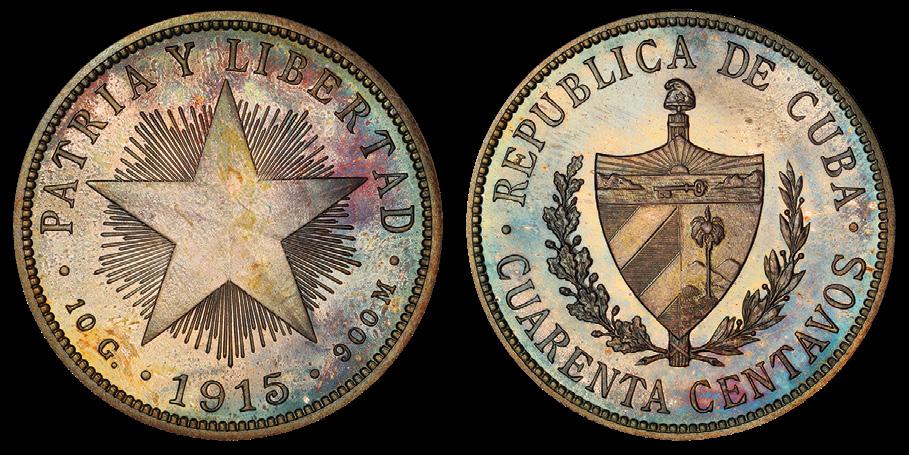
Bahamas Dollars, Circulation Strikes and Proof (1966-1980) Old Coin Dawg --- Bahamas Dollars
Bahamas 5 Dollars, Circulation Strike and Proof (1966-1991)
Bill Old Coin Dawg $5 Bahamas coins
Barbados 10 Dollars Silver, Proof (1973-1981) Oberhaus Collection
Canadian Coins Complete Set with Varieties, Circulation Strikes (1953 to date) Lantern Collection
Canadian Silver Type Set, Circulation Strikes (1858-1967) Burns Collection
Canadian Complete Type Set, Circulation Strikes (1858-1967) Burns Collection
Canadian Victoria Cents with Varieties, Circulation Strikes (1858-1901) Uncommon Cents
Canadian Large Cents with Varieties, Circulation Strikes (1858-1920) Uncommon Cents
Canadian Large Cents, Specimens (1858-1912) Uncommon Cents
Canadian George VI Cents with Varieties, Circulation Strikes (1937-1952) Romaldkirk Dent Collection
Canadian George VI Cents, Specimens (1937-1952) The Lakeview Collection
Canadian Elizabeth II Cents with Varieties, Circulation Strikes (1953-2012) Romaldkirk Dent Collection
Canadian Complete Cents Set with Varieties, Circulation Strikes (1858-2012) Lantern Collection
Canadian Elizabeth II Five Cents with Varieties, Circulation Strikes (1953 to 2022) Canadian Beaver Hunter
Canadian Elizabeth II Silver Ten Cents with Varieties, Circulation Strikes (1953-1967) Lantern Collection
Canadian George VI Twenty-Five Cents, Specimens (1937-1952) REH
Canadian Elizabeth II Silver Twenty-Five Cents with Varieties, Circulation Strikes (1953-1967) Lantern Collection
Canadian Elizabeth II Twenty-Five Cents with Varieties, Circulation Strikes (1953 to 2022) Lantern Collection
16 Canadian Silver Twenty-Five Cents Basic Set, Proof-Likes (1949-1967) Burns Collection
Canadian Edward VII Fifty Cents with Varieties, Circulation Strikes (1902-1910) ATHENA
Canadian Silver Dollars Basic Set, Proof-Likes (1949-1967) stevekuznicki
Canadian Silver Dollars with Varieties, Proof-Likes (1949-1967) SMK Collection
Canadian Five and Ten Dollars, Specimens (1912) Southern Cross
Canadian Complete Gold Set, Circulation Strikes (1909-1919)
CB Gold Collection
Canadian Gold $50 Maple Leaf (1979 to date) Hooter8387
1913 Canadian Mint Set with Gold Lantern Collection
1900 Canadian Mint Set Lantern Collection
1902 Canadian Specimen Set Terranova Collection
1858 Canadian Specimen Set REH
Newfoundland Five Cents, Circulation Strikes (1865-1947) ATHENA
Newfoundland Twenty and Twenty-Five Cents, Circulation Strikes (1865-1919) ATHENA
Newfoundland Two Dollars, Specimens (1865-1885) ppc_limited
Newfoundland Complete Set, Specimens (1882) The Gros Morne Collection (2)
Atlantic Provinces Complete Set, Circulation Strikes (1861-1871)
Burns Collection
Cuban 10 Centavos, Circulation Strikes (1915-1952) Virginia Transplant
Cuban 20 Centavos, Circulation Strikes (1915-1952) Jorge Zaragozí
Cuban Peso, Circulation Strikes (1915-1953) Virginia Transplant
Dominican Republic Early Republic, Circulation Strikes (1844-1897)
Fernando Baez Guerrero
Dominican Republic Centavo, Circulation Strikes (1937-1989)
Federico Ornes (Ornesgem)
Dominican Republic 25 Centavos, Circulation Strikes (1937-1991)
Fernando Baez Guerrero 25 Cent (A)
Dominican Republic 1/2 Peso, Circulation Strikes (1937-1990)
Fernando Baez Guerrero 1/2 Peso (A)
Greenland Complete Set, Circulation Strikes (1926-1944)
White Bear Collection
Guatemala Quetzal Gold Set, Circulation Strikes (1926) Pasadena Collection
Haitian Silver 100 Gourdes, Proof (1977-1981) Fernando Baez Guerrero
Honduras Silver Lempira, Circulation Strikes (1931-1937) Gerardo santos
Mexican Branch Mint 8 Reales Type Set, Circulation Strikes (1823-1897) daniel.whyman (2)
Mexican Empire of Maximilian Type Set, Circulation Strikes (1864-1867)
Alex M. Bustos aka Alex Booster
Mexican Charles IV (Bust of Charles III) 8 Reales, Circulation Strikes (1789-1790) Angry Dragon
Mexican Centavo, Circulation Strikes (1905-1949) The Villaseñor 1 Centavo 1905-1949 Corona Collection
Mexican Silver 50 Centavos, Circulation Strikes (1905-1945)
The Villaseñor 50 Centavos 1905-1945 Resplandor Collection
Mexican "Caballito" Peso Major Variety Set, Circulation Strikes (1910-1914) tkdmaster
Mexican Silver Cap and Ray Peso with Varieties, Circulation Strikes (1918-1945) The Villaseñor Peso 1918-1945 0.720 Variety Collection
Mexican Gold 10 Pesos, Circulation Strikes (1905-1959)
Taylor Made Mexican Gold 10 Pesos
Mexican Gold 50 Pesos with Varieties, Circulation Strikes (1921-1947)
Cerro de la Silla (Saddle Mountain)
Mexican Onza Silver, Circulation Strikes (1982-present) RickJones
Mexican 2 Onza Silver, Circulation Strikes (1996-present)
SOUTH OF THE BORDER
Mexican 1/2 Onza Gold, Proof (1989-present) Great Day
Mexican Onza Gold, Proof (2005-present) Great Day
Panama Type Set, Circulation Strikes (1904-1962) elp21091966
1904 Panamanian Proof Set romanose05
1904 Panamanian Proof Set elp21091966
1904 Panamanian Year Set romanose05
1904 Panamanian Year Set elp21091966
1933 Panamanian Year Set romanose05
Puerto Rico Decimal Coinage, Circulation Strikes (1895-1896) BOOM
BEST FROM BOLIVIA
Bolivia 4 Soles Basic Set, Circulation Strikes (1827-1860) luis
BEST FROM PERU
Peru 1/2 Dinero Basic Set, Circulation Strikes (1893-1917) greg2
Peru Dinero Basic Set, Circulation Strikes (1893-1916) AJBRAMI
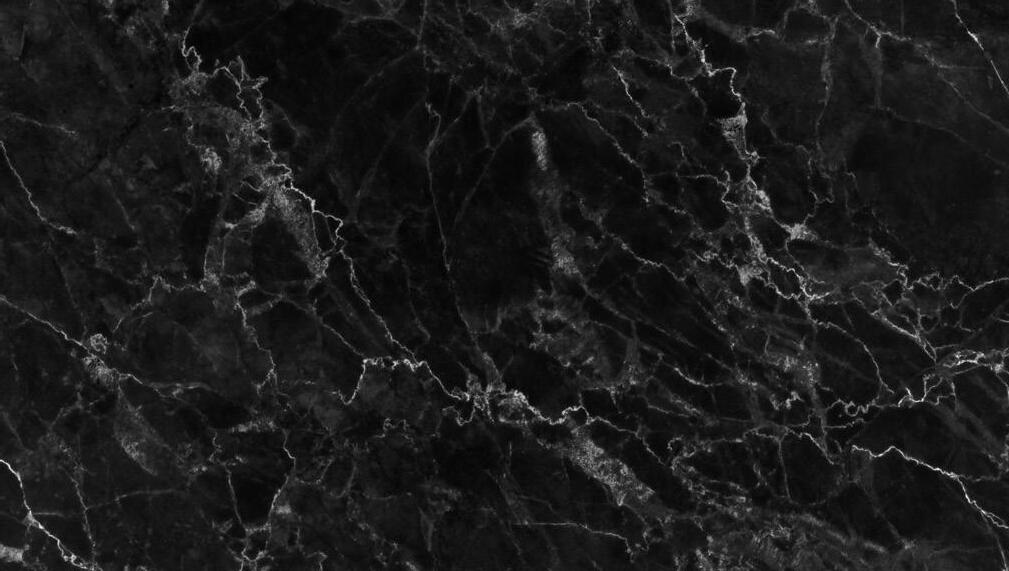
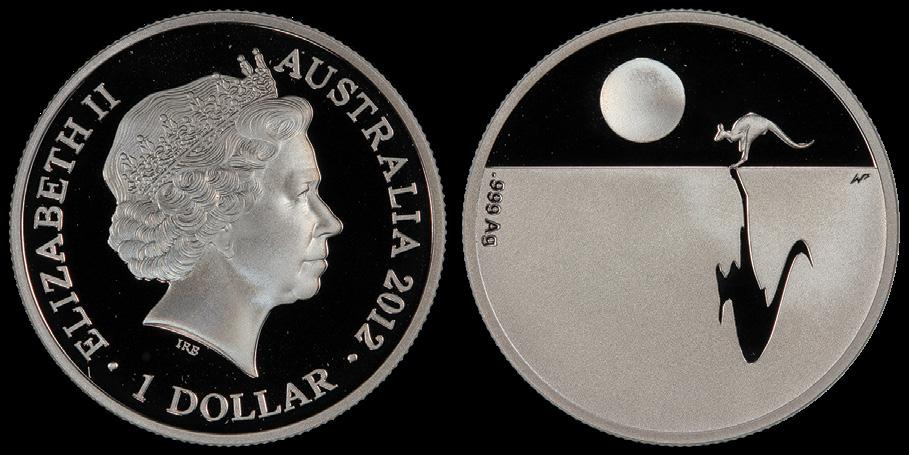
Australian George VI Basic Set, Circulation Strikes (1938-1952) Canberra
Australian Elizabeth II Basic Set, Circulation Strikes (1953-1964)
Canberra
Australian Three Monarchs Basic Set, Circulation Strikes (1911-1964) frehley
Australian 1/2 Pennies, Circulation Strikes (1911-1936) Timbertop
Australian 1/2 Pennies, Circulation Strikes (1938-1952) The best I can get
Australian Pennies with Major Varieties, Circulation Strikes (1911-1936) Timbertop
Australian Pennies with Major Varieties, Circulation Strikes (1938-1952) Timbertop
Australian Pennies with Major Varieties, Circulation Strikes (1953-1964) Timbertop
Australian Pennies Perth Mint, Circulation Strikes (1941-1964) Timbertop
Australian Pennies Complete Set with Major Varieties, Circulation Strikes (1911-1964) The best I can get
Australian Threepence, Circulation Strikes (1911-1936) Timbertop
Australian Threepence, Circulation Strikes (1938-1952) Timbertop
Australian Threepence, Circulation Strikes (1953-1964) Timbertop
Australian Threepence Complete Set, Circulation Strikes (1910-1964) Timbertop
Australian Sixpence, Circulation Strikes (1911-1936) Timbertop
Australian Sixpence, Circulation Strikes (1938-1952) Timbertop
Australian Sixpence, Circulation Strikes (1953-1963) Timbertop
Australian Sixpence Complete Set, Circulation Strikes (1910-1963) Timbertop Sixpence complete circulation strkes
Australian Florin, Circulation Strikes (1911-1936) Benchmarkcoincatalogue
Australian Florin, Circulation Strikes (1938-1952) The Diamond Set
Australian Florin Complete Set with Major Varieties, Circulation Strikes (1910-1963) Benchmarkcoincatalogue
Australian Complete Proof Set (1955-1963) Timbertop 1955-1963 proof set
Australian Complete Half Sovereign Basic Set, Circulation Strikes (1855-1918) Ground Swell Collection
Australian Victoria Sydney Mint Half Sovereigns, Circulation Strikes (1855-1866) Ground Swell Collection
Australian Victoria Young Head Half Sovereigns, Circulation Strikes (1871-1887) Ground Swell Collection
Australian Victoria Jubilee Half Sovereigns, Circulation Strikes (1887-1893) Ground Swell Collection
Australian Victoria Veil Head Half Sovereigns, Circulation Strikes (1893-1900) Ground Swell Collection
Australian Edward VII Half Sovereigns, Circulation Strikes (1902-1910)
Ground Swell Collection
Australian George V Half Sovereigns, Circulation Strikes (1911-1918)
Ground Swell Collection
Australian Victoria Sydney Mint Sovereigns Basic Set, Circulation Strikes (1855-1870) CB Sydney Mint Gold
Australian Victoria Shield Reverse Sovereigns, Circulation Strikes (1871-1887) CB Gold Collection
Australian Victoria St. George Reverse Sovereigns, Circulation Strikes (1871-1887) CB Gold Collection
Australian Victoria Jubilee Head Sovereigns with Varieties, Circulation Strikes (1887-1893) Eureka Collection
Australian George V Sovereigns, Circulation Strikes (1911-1931)
CB Gold Collection
Australian Melbourne Mint Sovereigns, Circulation Strikes (1887-1931) CB Gold Collection
Australian Florin Commemorative Set, Circulation Strikes (1927-1954) The Diamond Set
1916 Australian Proof Set Benchmarkcoincatalogue
1934 Australian Proof Set Benchmarkcoincatalogue
Australian One Cents, Proof (1966-2010) Big Red
Australian Five Cents, Circulation Strikes (1966-Present) BCM
Australian Ten Cents, Circulation Strikes (1966-present) BCM Collection
Australian Fifty Cents, Circulation Strikes (1966-Present) BCM
Australian Fifty Cents Date Set, Proof (1966-present) Lochaven Bounty
Australian Dollars with Commemoratives, Circulation Strikes (1984-present) Timbertop Dollar Commemoratives
Australian Dollars Date Set, Proof (1984-present) Big Red
Australian Two Dollars C Mintmark Set, Circulation Strikes (2012-present) $2QUEEN
Australian Perth Mint Sovereigns $25, Proof (2009-present) OZZGOLD
Australian Fifty Cents Commemoratives, Circulation Strikes (1966-Present) BCM Collection
Australian Opal Series Silver Dollars Complete Set, Proof (2012-present) StarEagle Australian Opal Series
Australian Koala Silver Dollars (1 oz) Complete Set (2007-present) Oldsmagnet Koalas Master Set
Australian Kookaburra Silver Dollars, Circulation Strikes (1992-present) ridgeline-coins
Australian Lunar Gold $5 (1/20 oz), Circulation Strikes (1996-present) cfgbirder
Australian Lunar Gold $100 (1 oz), Circulation Strikes (1996-present) Omega Lunar Collection
Australian Nugget Kangaroo Gold $100 (1 oz) Date Set, Circulation Strikes (1987-present) Orochimaru Nugget Kangaroo Collection
Australian Nugget Kangaroo Gold $100 (1 oz), Circulation Strikes (1987-present) Omega Kangaroo Collection
Fiji Denomination Type Set, Circulation Strikes (1934-1968) Bilby 28
Fiji One Ounce $2 Silver Bullion (2010-2013) Spearme a turtle ��
New Guinea Complete Set, Circulation Strikes (1929-1945) Paradisaea
New Zealand Denomination Type Set, Circulation Strikes (1933-1965) Bilby 28
New Zealand Pennies Complete Set, Circulation Strikes (1940-1965) Bilby 28
New Zealand Threepence Complete Set, Circulation Strikes (1933-1965) Bilby 28
New Zealand Sixpence Complete Set, Circulation Strikes (1933-1965) Bilby 28
New Zealand Shilling Complete Set, Circulation Strikes (1933-1965) Bilby 28
New Zealand Florin Complete Set, Circulation Strikes (1933-1965) Bilby 28
New Zealand 1/2 Crown Complete Set, Circulation Strikes (1933-1965) Bilby 28
New Zealand Basic Set, Circulation Strikes (1959) Aurum
1933 New Zealand Year Set Bilby 28
1937 New Zealand Year Set Bilby 28
1940 New Zealand Year Set Bilby 28
1933 New Zealand Proof Set Endsleigh Nadine
1935 New Zealand Proof Set Bilby 28
1949 New Zealand Proof Set Bilby 28
Palau Marine Life Protection Series Design Set, Proof (1992-2017)
Palau Marine Life Protection Designs
Tuvalu Deadly and Dangerous Silver Dollar Series, Proof (2006-Present) Deadly and Dangerous Dave
Tuvalu The Simpsons Series (2019-Present) Lubah's Tuvalu The Simpsons Series (2019-present)
Casascius Bitcoin Brass and Gilt Type Set, Circulation Strikes (2011) Biwald Collection
Casascius Bitcoin Brass and Nickel Plated Type Set, Circulation Strikes (2012) Biwald Collection
Casascius Bitcoin Brass Type Set, Circulation Strikes (2013) Biwald Collection
Casascius One Bitcoin Brass Type Set, Circulation Strikes (2011-2013)
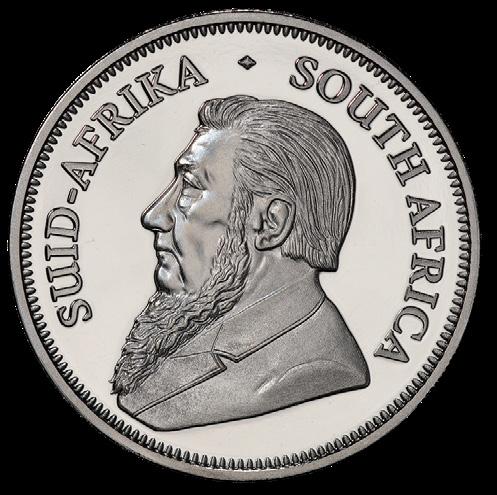
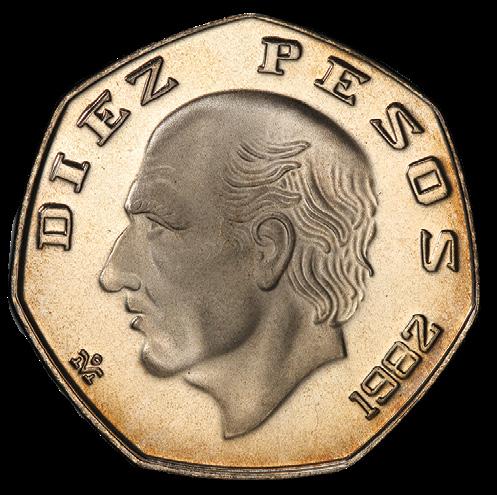
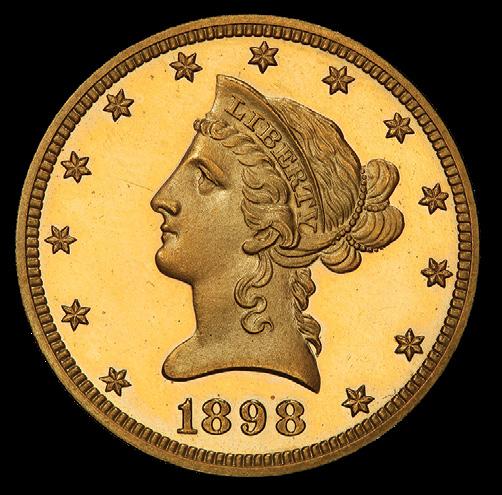
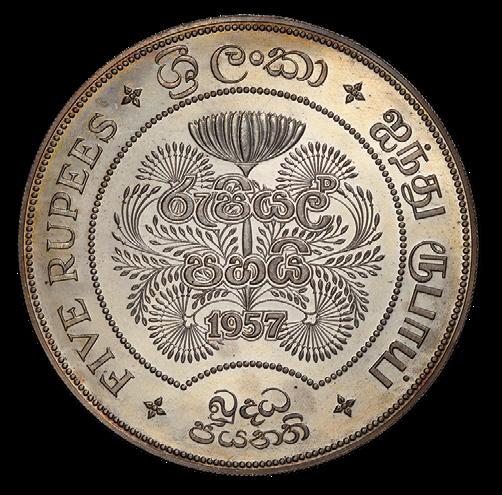

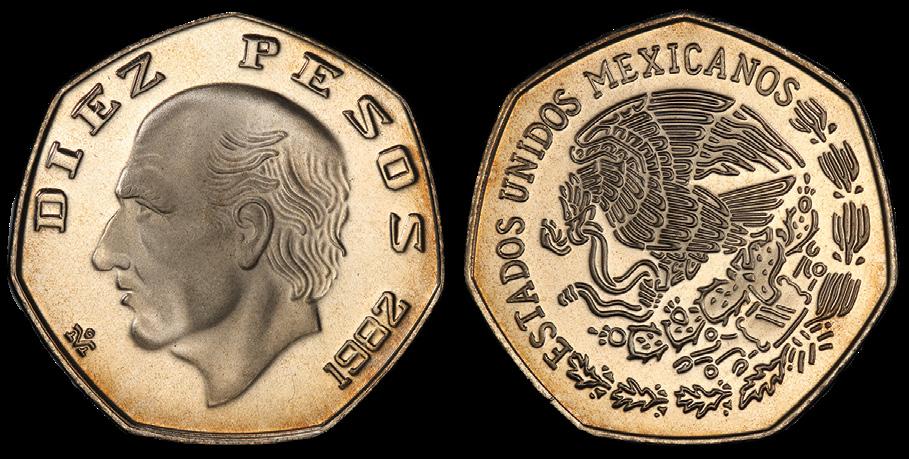
Baltic Country Denomination Type Set, Circulation Strikes (1922-1939)
Runblankenship
Charles III Portrait Type Set, Circulation Strikes (1762-1789)
The Prince Street Collection of Charles III Portrait Coins
Charles IIII Portrait Type Set, Circulation Strikes (1789-1808)
The Prince Street Collection of Charles IIII Portrait Coins
Spanish Colonial 8 Reales Type Set, Circulation Strikes (1732-1824)
Rara Avis
100 Greatest Women on Coins The Good Collection
British Commonwealth Sovereign Victoria Date Set, Circulation Strikes (1838-1901) Gilchrist Collection - Victoria Commonwealth Date Set
British Commonwealth Sovereign George V Complete Set, Circulation Strikes (1911-1932) CB Gold Collection
Euro Complete Set, Circulation Strikes (2000) The Layb Collection

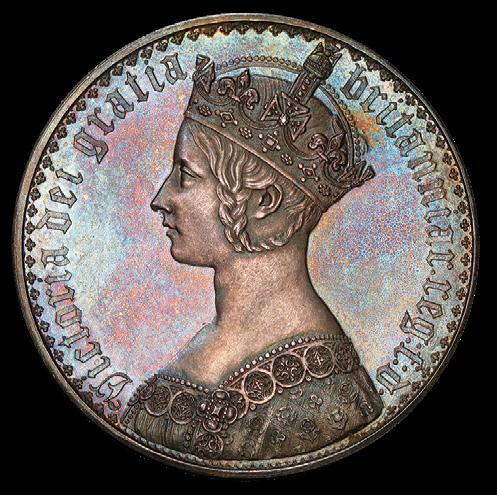
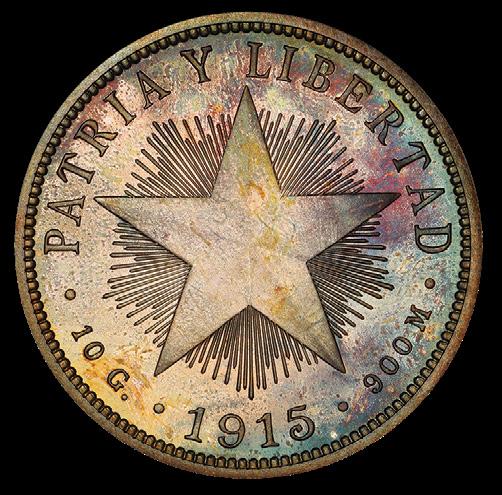
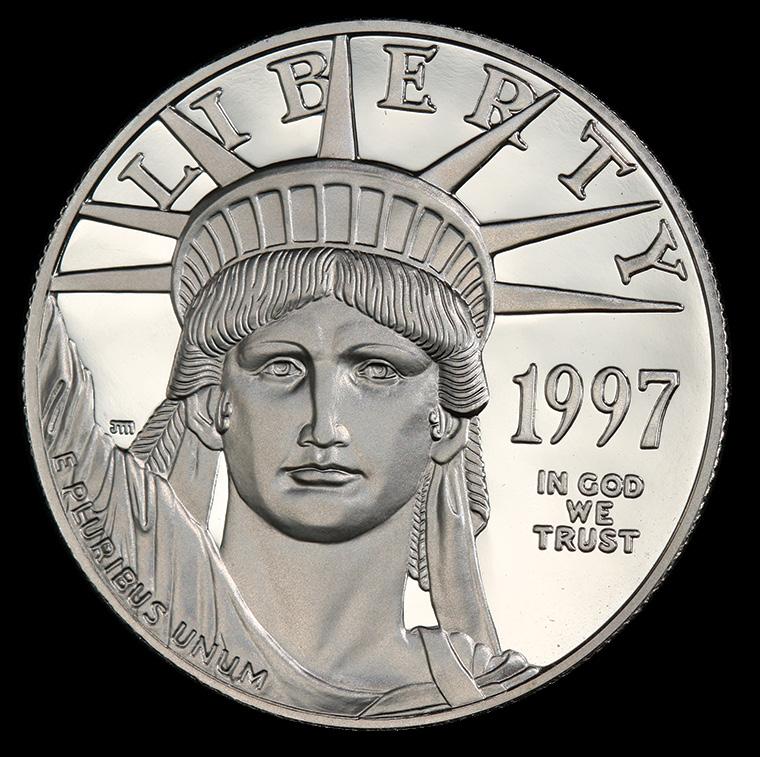
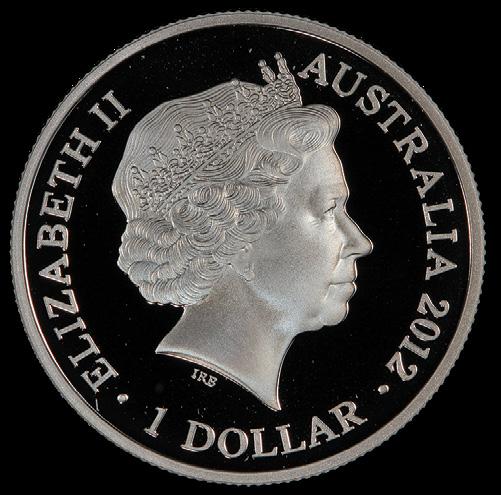
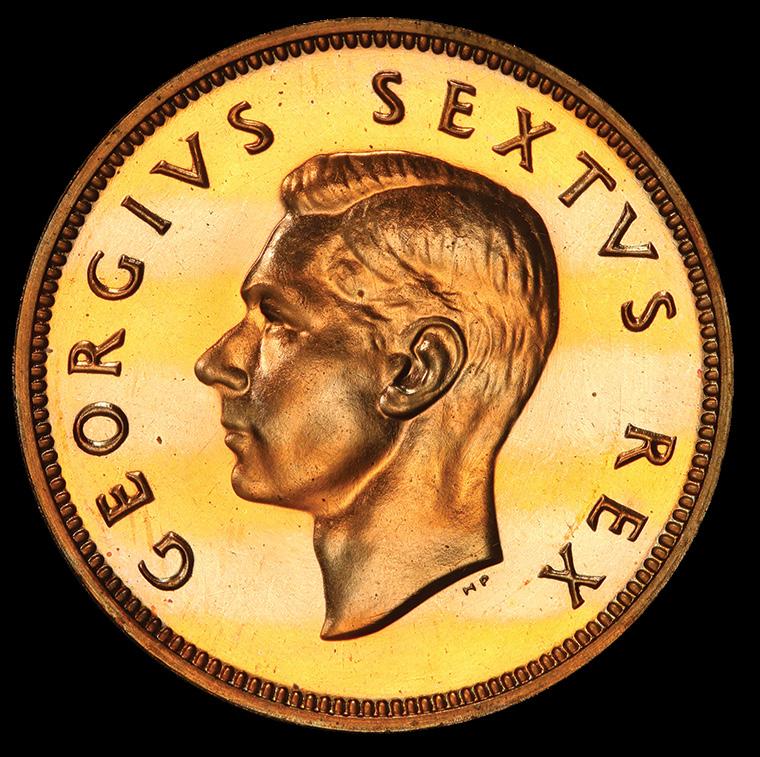
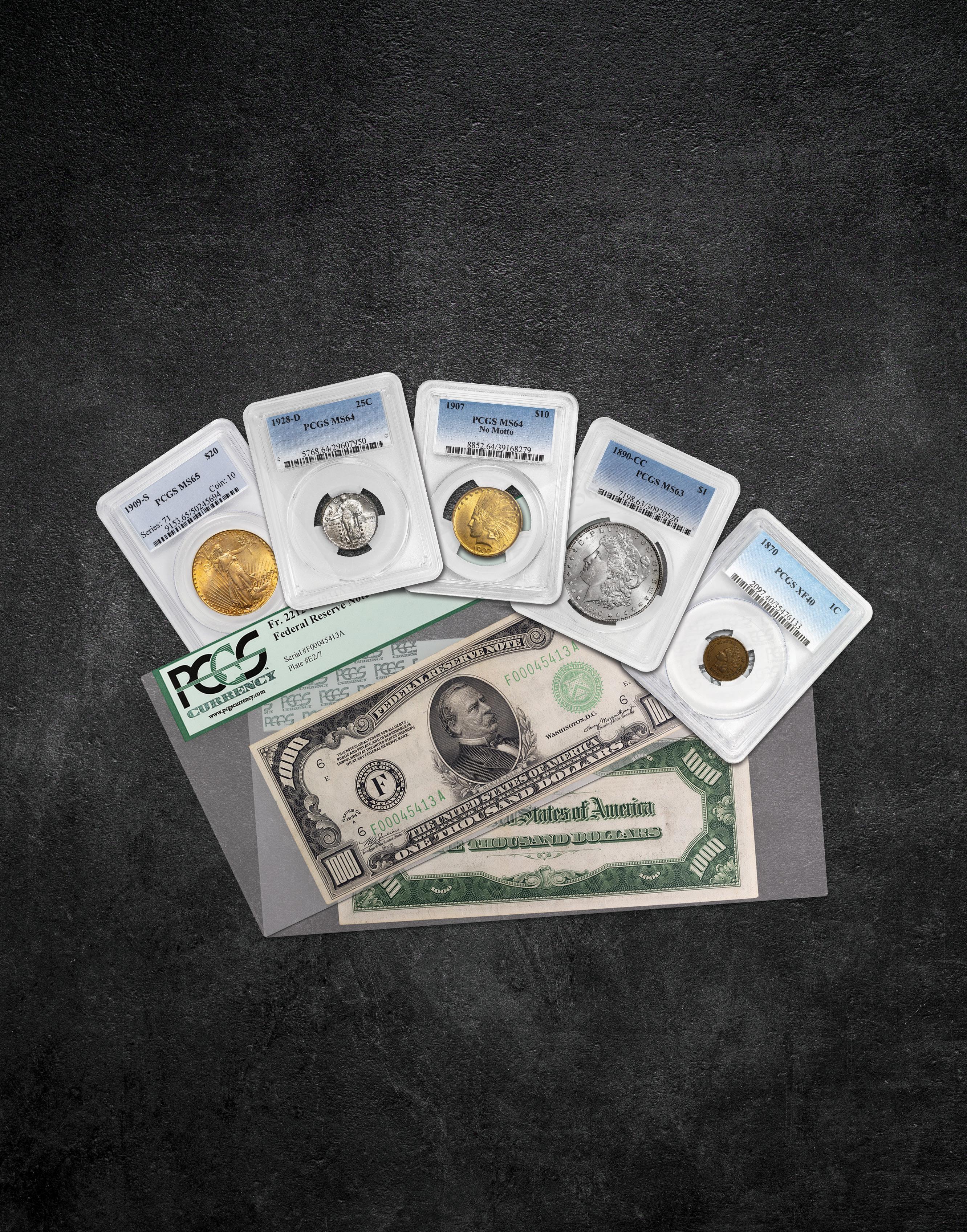
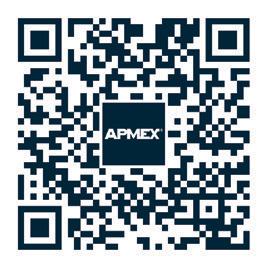
By Sanjay C. Gandhi
PCGS SP66 1872 $2 Newfoundland. Courtesy of PCGS TrueView.
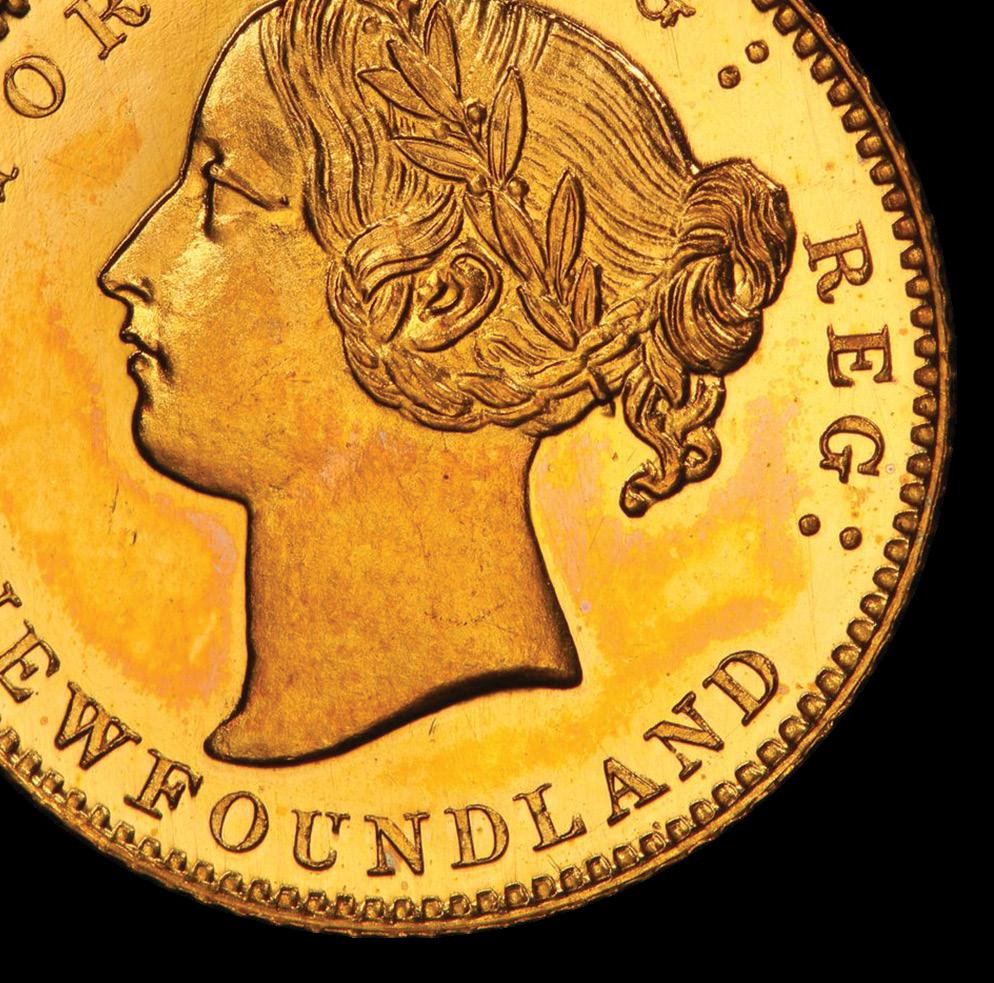
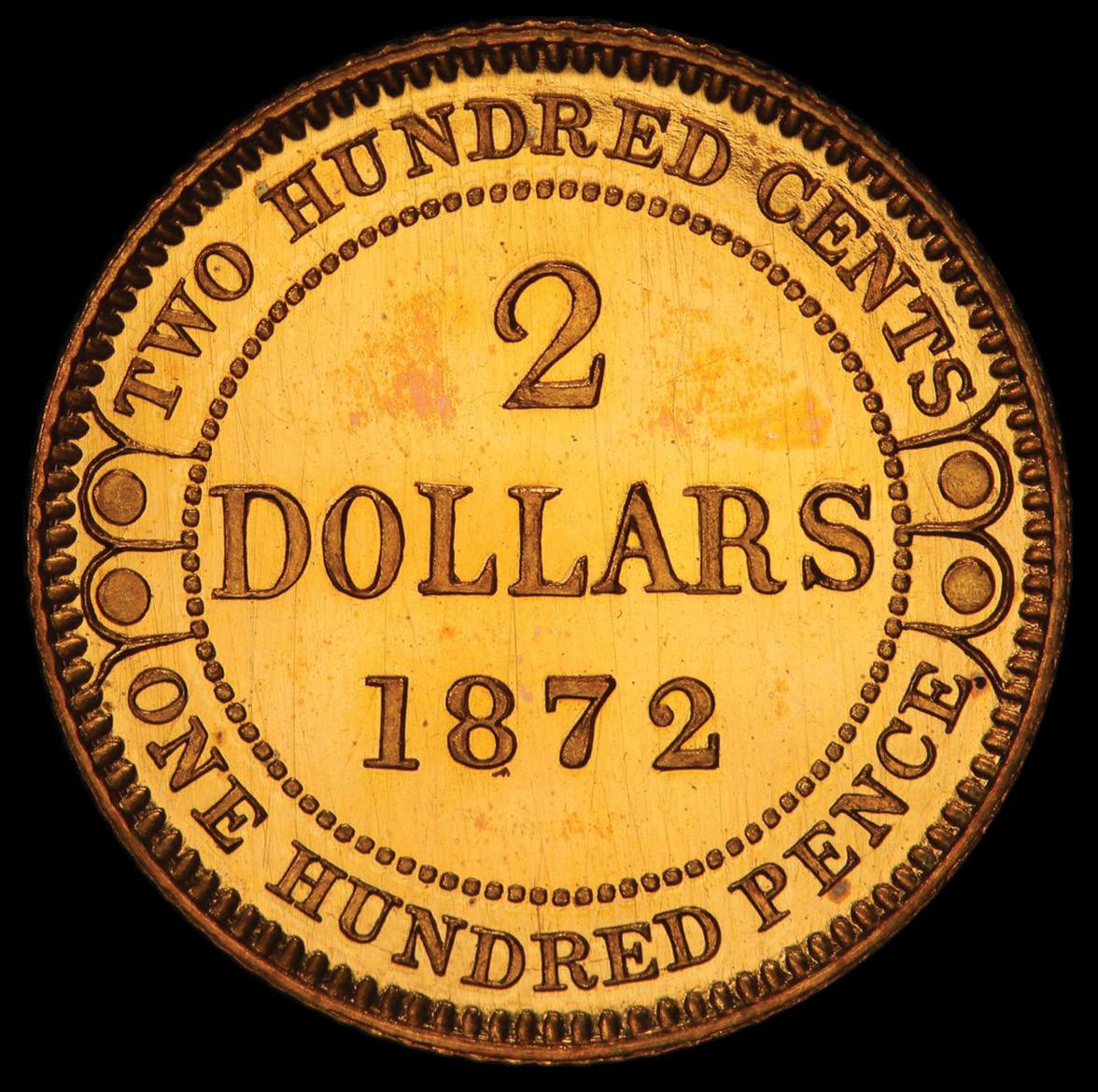

seafaring Vikings made new discoveries via the seas centuries ago. Around 1000 A.D., a Norseman explorer or Viking named Leif Erickson traveled across the Atlantic Ocean.
Leif reached one of the most easterly points of Canada. His first likely sight of land on this side of the Atlantic was views of verdant sea cliffs that reminded him of the seascapes from his homeland in Iceland. The inlands that he reached were populated with grass, trees, and grapes. He dubbed this region in the Norse language as Vínland hit góða (Vinland the Good), known today as Vinland. In the 1960s, scientists began excavating a site known today as L’Anse aux Meadows, which was the first Norsemen colony that was discovered in North America. Fragments found from this site were dated between 990 to 1050 A.D. But recently, the University of Groningen in The Netherlands tested wooden fragments from this site and concluded they were dated from 1021 A.D. This early settlement was in the country we know today as Newfoundland.
Between the 15th and 16th centuries, the French, Portuguese, Spanish, and English began exploring this Canadian region. One of the earliest explorers during these times came from Portugal, and his name was João Fernandes
Lavrador. His surname is part of this Canadian province's official name, which is known today as Newfoundland and Labrador. England began to settle this region around 1610, the French also followed suit, and the Treaty of Utrecht in 1713 officially made this region English. Disputes continued with the French, and England prevailed over this region and afterward it became a British Colony.
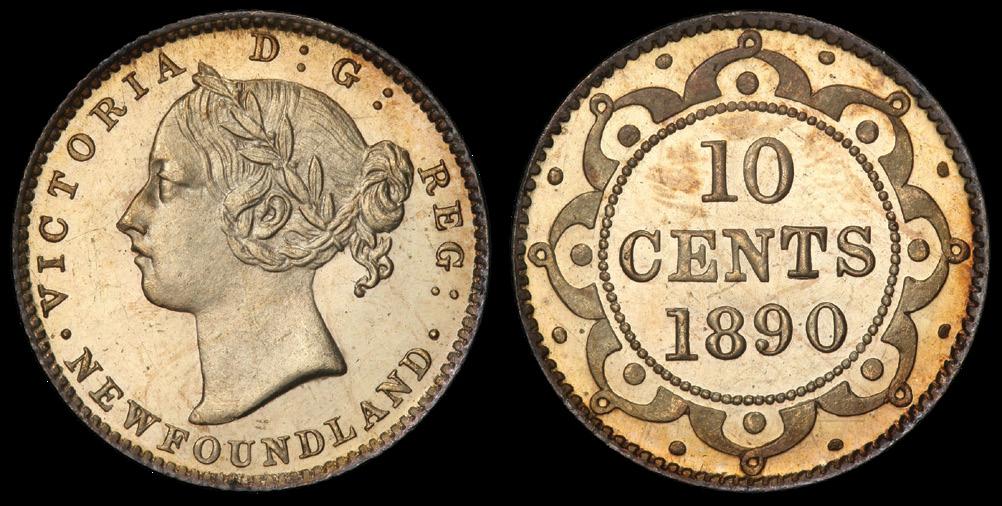
PCGS MS64 1890 10 Cents Newfoundland. Courtesy of PCGS TrueView.
During colonial times in the early 1830s, English settlers bred dogs in Newfoundland known as the St. John’s water dog. These dogs lived in the “Lesser Newfoundland” or “Labrador.” The coat of this dog was impervious to water, they were excellent swimmers, and they worked alongside fishers during that time. Soon, the St. John’s water dogs made their
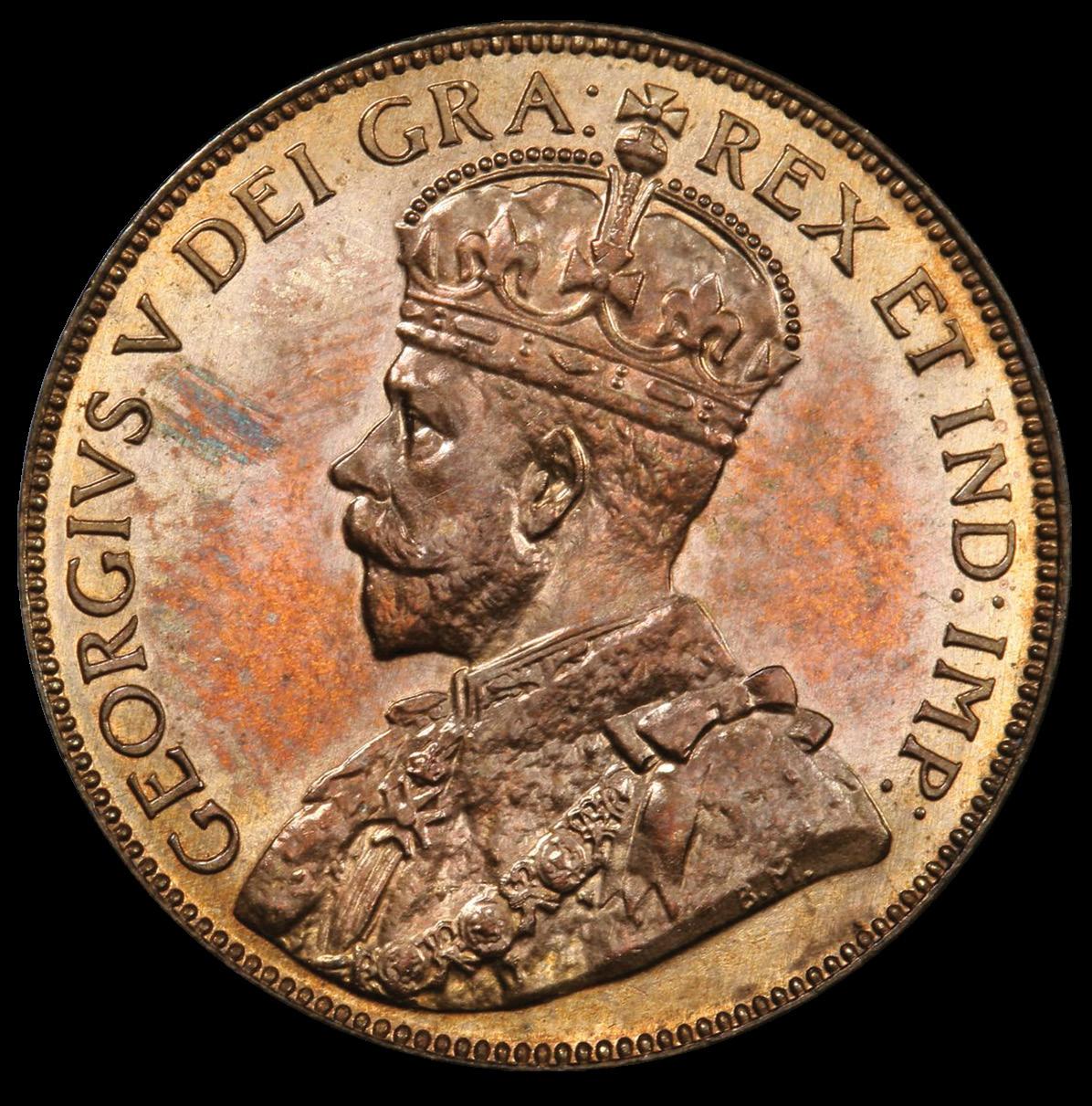
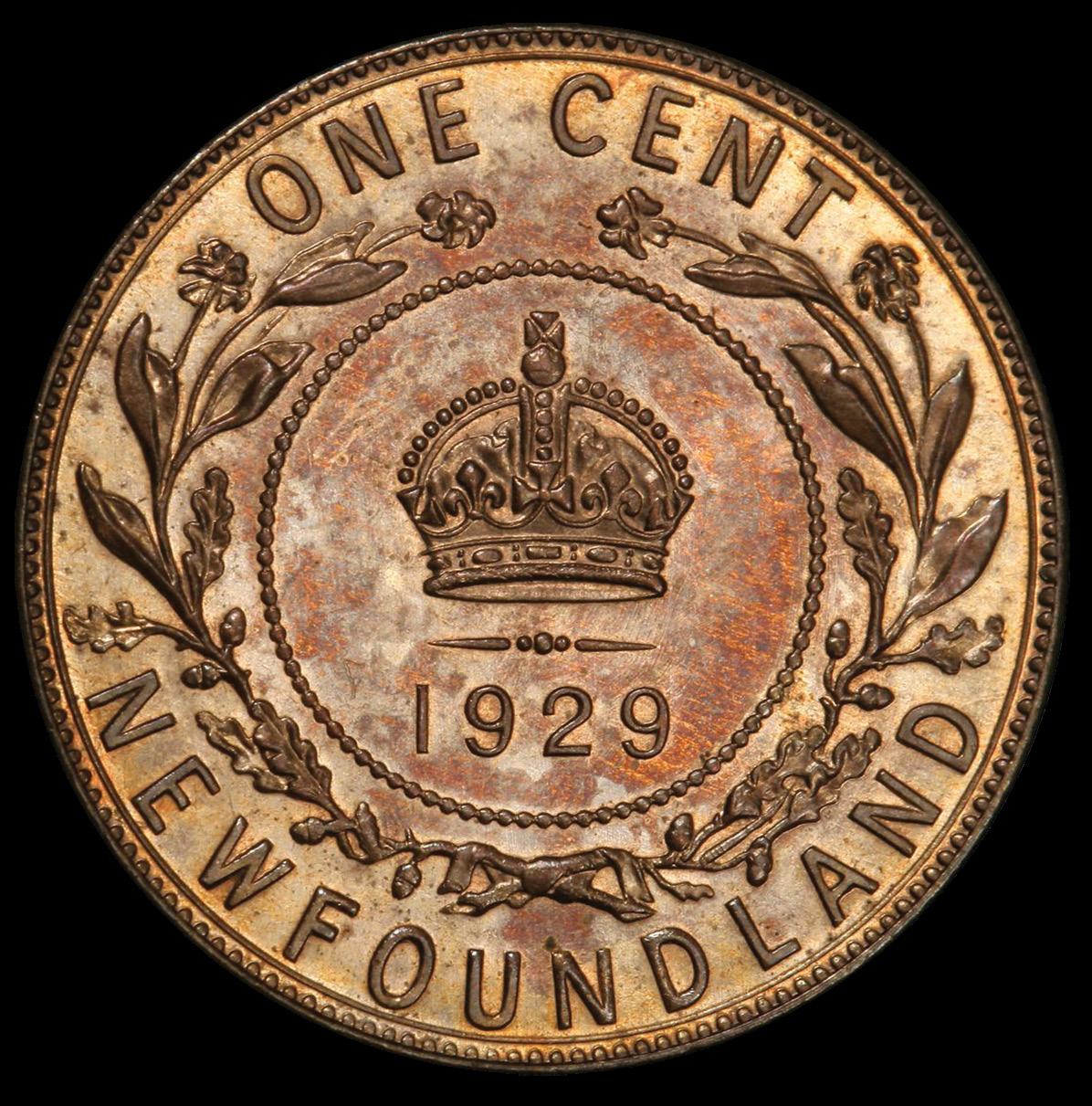
way to England, they were bred with English retriever dogs, and the labrador retriever was born. Today, these intelligent dogs are the most widely used as guides for their human counterparts and they are one of the most popular types of dogs in the world. Right around the time when the labrador retriever became a household name in England, machine-stuck coinage was first introduced to the people of Newfoundland in 1865 under the rule of Queen Victoria.
This series of coinage was designed and engraved by Leonard Charles Wyon who comes from a family lineage of legendary English artists. Five denominations were struck for circulation at the London Mint in 1865: the bronze large cent; silver 5 cents, 10 cents, and 20 cents; and the gold $2 denomination. Out of all these denominations, the $2 coin has one of the lowest recorded mintages of 10,000 pieces in 1865, and these coins are highly condition-sensitive. Generally, the $2 gold coins are found in circulated condition, and above-average specimens are quickly snapped up by collectors. This gold denomination was struck at both London (no mintmark) and the Heaton mint (H mintmark) intermittently for only eight dates, and some years will prove more challenging to acquire than others. For example, a PCGS AU55 1865 $2 could be purchased for about $1,500 in the marketplace today, and in January 2021, a PCGS MS61 1865 $2 sold for a little under $3,000 at Heritage Auctions.
The price of gold has increased since 2021, and uncirculated examples of these coins will trade at much higher premiums than they did almost four years ago. PCGS Set Registry members have found the following set titled Newfoundland Two Dollars, Circulation Strikes (1865-1888) popular, and some have completed the set in uncirculated grades. The other gold set that will further challenge collectors to complete is the Newfoundland Two Dollars, Specimens (1865-1885). This set has two participants to date, and one member whose set name is ppc_limited has completed this set in its entirety. Specimens for this denomination were struck in small quantities, and the highest recorded mintage for any of these years is a mere 10 or less! Stack’s Bowers Galleries sold a PCGS SP64+ 1865 $2 for a little under $60,000 in January of 2024. These gold specimens coins are difficult to find and there are other scarce denominations that are attainable within the series like the 50 cents coin.
The 50 cents denomination was not introduced until 1870, and it is one of the most widely collected within this country’s coinage. This low-relief design makes the surfaces prone to nicks, dings, and wear, which is bad news for coin collectors. However, there are plenty of examples graded by PCGS in AU for the taking. Those who seek uncirculated examples from the Victorian era will quickly learn that may not be possible for key dates such as 1874, 1880, and 1888. A new low-relief
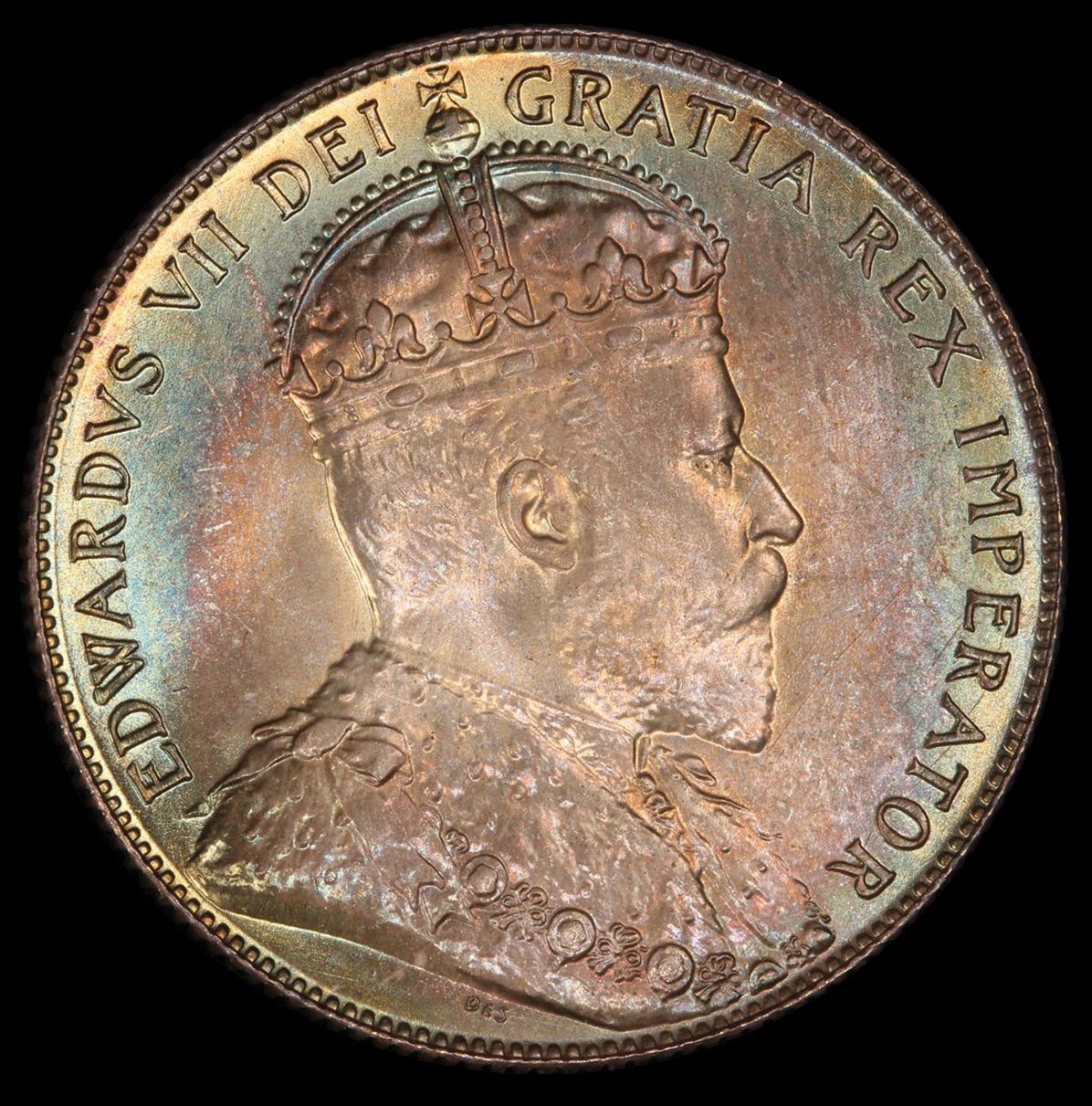
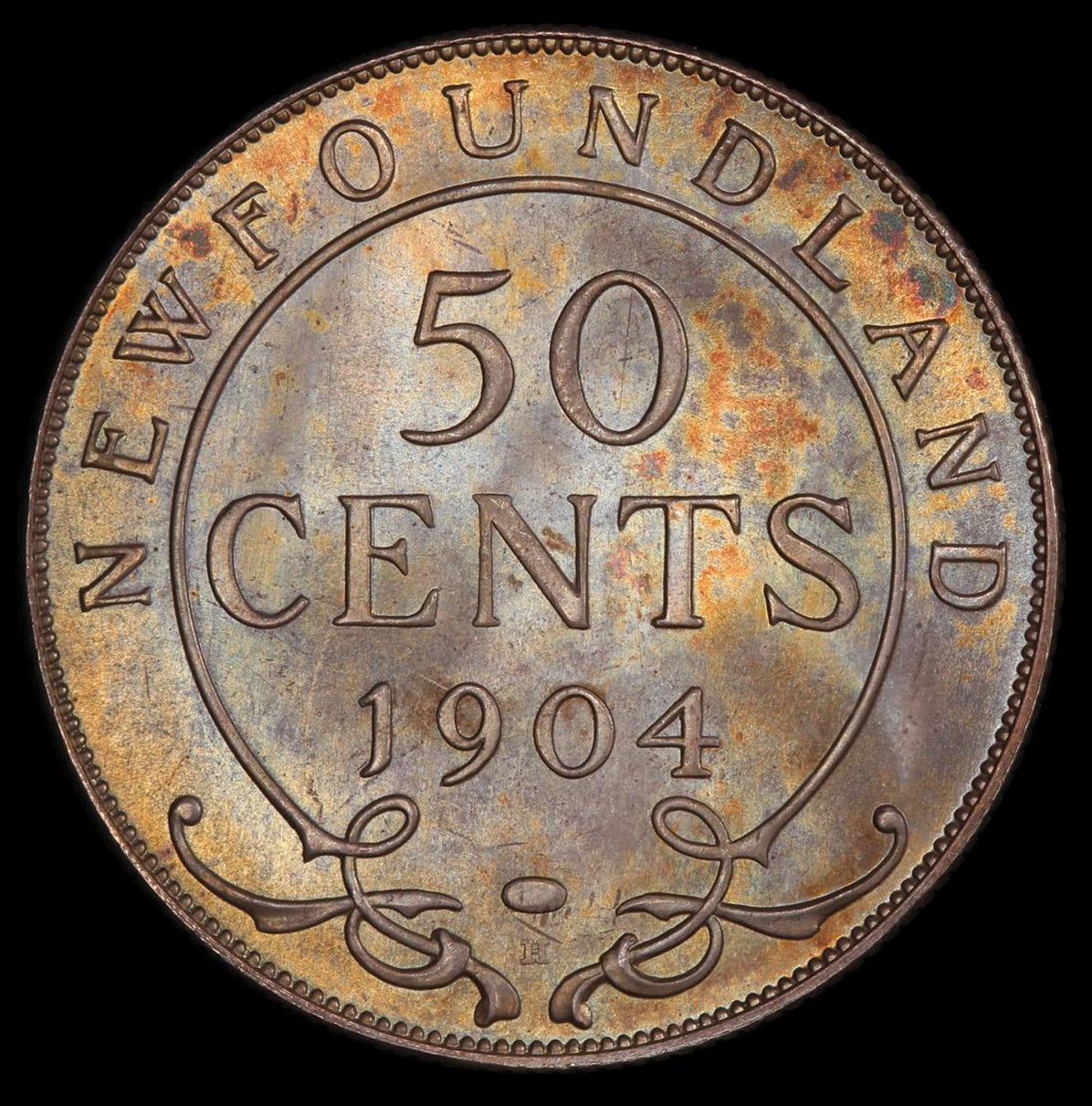
design was issued under King Edward VII in 1904, which was not helpful to coin collectors of the present day. The obverse was engraved by G.W. DeSaulles and the reverse was crafted by W. H. J. Blackmore. This new design was slightly higher in relief, but smooth-appearing highpoints were prone to wear.
Collectors seeking a PCGS MS65 and higher for 50 cents will find them easier under King George V’s rule beginning in 1911. The reverse design of this denomination remained the same as Edward VII’s coins, and the obverse coin design became higher in relief. This newly designed reverse was engraved by E.B. MacKennal and PCGS MS66 and MS67 grades are possible to find under King George V’s rule. In 1917, the 50 cents denomination was first struck at the Royal Canadian Mint in Ottawa, which continued until 1919; then the denomination was discontinued. One of the most impressive collections of these coins to view has been assembled by a member who uses the moniker Burns Collection. Our member is one of the most active participants within the country of Canada and this splendid collection of 50 cents can be viewed at the PCGS Set Registry, which is titled Newfoundland Fifty Cents, Circulation Strikes (1904-1919).
The 20 cents denomination struck under Queen Victoria was minted intermittently until the beginning of the 20th century. Only one 20 cents denomination was struck under the rule of King Edward VII in 1904, again in 1912 under
King George V, and then this fractional was no longer minted. Interestingly enough, the 25 cents coin was introduced in 1917 and shortly thereafter it was also discontinued after 1919 by the Ottawa Mint. The one cent, 5 cents, and 10 cents have the longest running series under the rule of Queen Victoria, These coins were first minted at the London Mint and then the Heaton Mint sporadically produced these all of them up until 1882. Some key dates exist for all of these denominations prior to the 20th century and most dates are condition sensitive. After the turn of the 20th century, most of these coins can be found in uncirculated grades and they are generally less condition sensitive.
Coins struck under the rule of George VI had a few changes. The one cent denominations that were a little over 25 millimeters in diameter were now a smaller 19 millimeters size, and the weights were reduced as well. Some of these 1940 and 1941 “Re-Engraved Date” one cent coins were minted in small quantities. These coins carry premiums and can be purchased for a few hundred dollars in PCGS MS64 grades. Another variation that exists is the “Prooflike” 5 cents denomination that was minted in 1946 and 1947, which may trade at a premium as well. In 1947, the 1 cent, 5 cents, and the 10 cents were the last coins minted at the Royal Canadian Mint in Ottawa. On March 31, 1949, the people of Newfoundland officially voted to become citizens of Canada.
Many collectors find the coins from Newfoundland
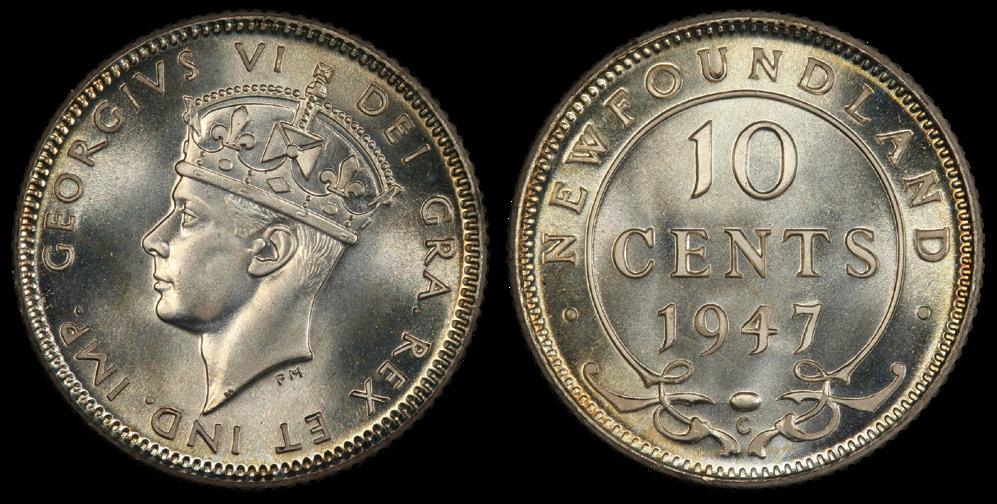
PCGS 1947-C MS68 Newfoundland. Courtesy of PCGS TrueView.
interesting to collect. Few denominations exist, but low mintages and varieties will challenge collectors who seek to complete sets from the era of Queen Victoria. Coins under the rule of King Edward VII, George V, and George VI will be easier to find. Coinage under these rulers will generally be found in higher grades as well than those issues from the Victorian era. Members that have coins graded by PCGS may consider adding their coins to the PCGS Set Registry, a fun and free collecting platform where collectors can safely display their collections and compete for awards and recognition.
If Leif Erickson hypothetically sailed into the harbor of St. Kitts, Newfoundland, today with his crew he would spot “Jellybean Row” from the water – colorful buildings and structures found all over the capital. Then, if Leif and his crew trekked inland, he would still find the beautiful meadows and forests he first described as Vinland. By sunset, he and his crew would be hungry, they could head back into the town of St. Kitts, and he would treat his men to a nice fish dinner at a restaurant. After Leif finishes his meal, he spots a rectangle that is flashing pictures of men dressed like him. He’s curious, and he gets up to take a closer look. What he sees is a television playing the series Vikings. Erickson slowly smiles wide, radiating across the room to his men, and he knows in his heart that his people were not forgotten.

Sanjay C. Gandhi is a senior content manager at PCGS. His knowledge base consists of a wide variety of world coinage, and he has a great appreciation for toned coins that display vibrant colors. In addition to contributing content to PCGS Market Report, he also assists collectors with the PCGS Set Registry.
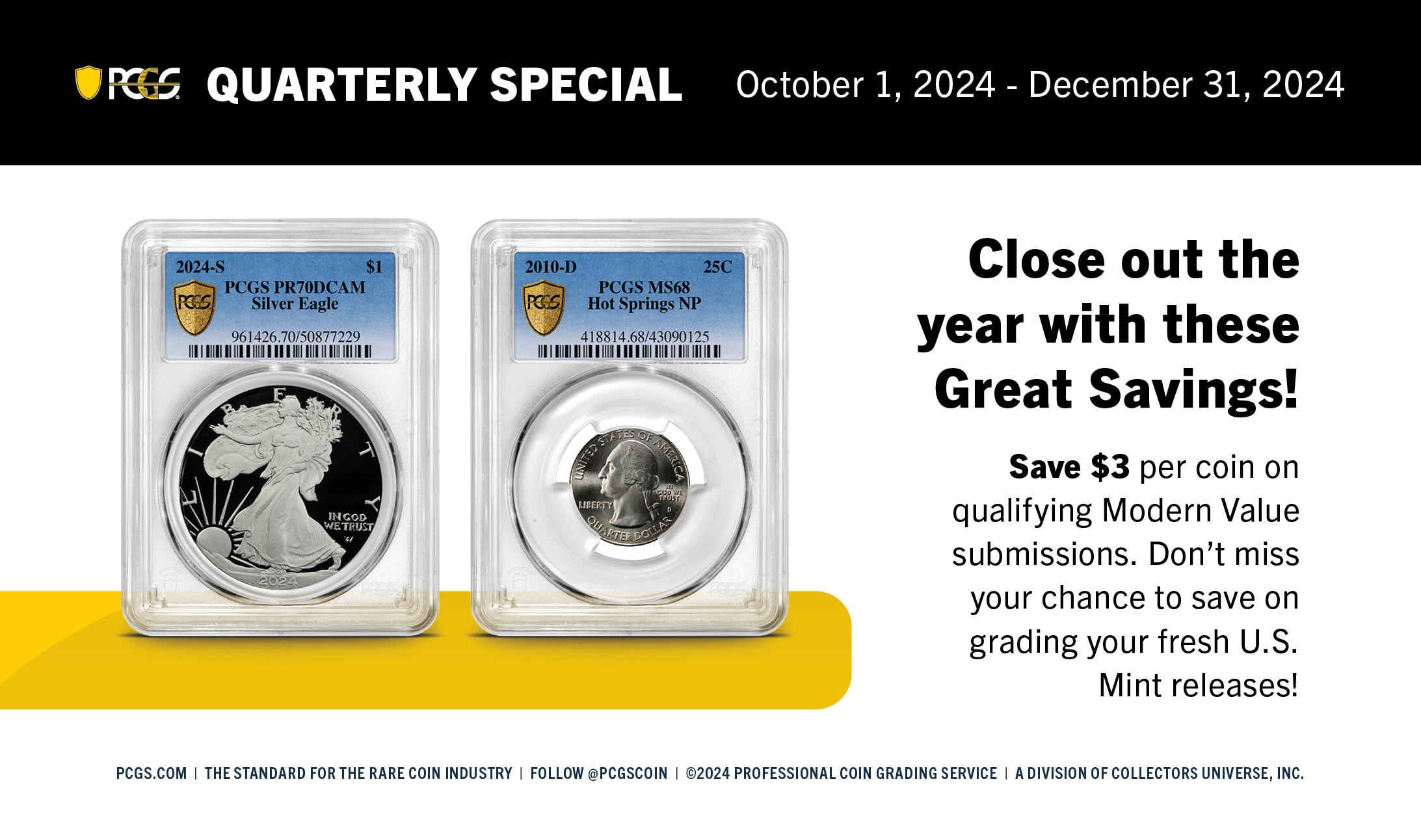
By Peter Anthony
Stack’s Bowers Galleries Executive Vice President Christine Karstedt (center) is inducted into the PCGS CoinFacts Coin Dealer Hall of Fame, with PCGS President Stephanie Sabin (right) presenting her with a plaque commemorating the event with Stack’s Bowers Galleries President Brian Kendrella (left) looking on. Many of the finest numismatic rarities from Asia have crossed the auction block under Stack’s Bowers Galleries’ hammer. Courtesy of PCGS.

It’s still early in the morning. Inside the Donald E. Stephens Convention Center in Rosemont, Illinois, hundreds of coin dealers chat, drink coffee, and prepare their tables. A large crowd of coin collectors mill about outside the main hall, ready to enjoy the third day of the World’s Fair of Money exposition presented by the American Numismatic Association.
One floor below, dozens of people file into a conference room to participate in the 2024 PCGS Set Registry Breakfast. There were awards for best sets and special lifetime achievement honors for three people who have devoted their adult lives to the advancement of numismatics: Stack’s Bowers Galleries Executive Vice President Christine Karstedt, veteran California coin dealer Ronald J. Gillio, and late coin dealer Robert Lecce. As the awards are given, PCGS President Stephanie Sabin talks about the importance of coins and set registries in bringing together people from all walks of life and areas of the world.
Indeed, sets are fundamental to coin collectors young and old. From the challenge for a youngster to fill every spot in a coin folder to the completion of a “master set” of every Mint State gold Panda coin ever released by China, there is something satisfying about the completion of a set. Upstairs in the main hall the American Numismatic Association (ANA) supports its mission to educate and encourage with a large section that is reserved for collector exhibits.
For those inclined this can be the most interesting section of the entire show. Like sets, the collector exhibits delve into every corner of the world that relates to numismatics, which is almost everything. It can range from ancient Asian coinage connected to Alexander the Great, coins with prehistoric creatures on them, or high-tech metallurgy. You name it. The 2024 World’s Fair of Money was held during the Olympic Games in Paris, and this reminded me of an ANA collector exhibit about Olympic participation medals. These lovely medals are given to not only every athlete, but every coach, every trainer, every presenter, every official, even every usher
and security guard who works at the Games. There are tens of thousands, if not hundreds of thousands, of these medals in existence and owning one allows us spectators to touch a piece of the Games.
It was a pair of ANA collector displays in 2019 that started me off on a set building adventure that continues to this day.
One Giant Leap...The 50th Anniversary of Apollo 11 was the subject of one showcase and the Women of NASA was the other. As I admired the collection of coins, medals, pins, and even space-themed cookies, it reminded me of the vinyl record Flight to the Moon: The Official NASA voice tapes of the Flight of Apollo 11 that is still in my record cabinet at home. Back in the days of Apollo spaceflights my numismatic interests were confined to American coins, but that grew to include Mexican and later Chinese coins. As I looked at the showcases it occurred to me, “What space flight coins and medals has China issued?”
It turns out quite a few. The following is a survey of commemorative coins and medals struck at official Shanghai, Shenyang, and Nanjing government mints. The information on the space program and missions is drawn from the Chasing Dreams Across the Heavens exhibition at the Hong Kong Museum of Natural History and the Hong Kong Science Museum from November 2023 through January 2024, information on certificates of authenticity, and the official China Gold Coin website.
1996 40th Anniversary of China’s Aerospace Industry
Face value: 10 yuan. Material: .999 silver. Weight: 1 ounce. Diameter: 40 millimeters. Mintage: 20,000 sets struck at Shanghai Mint.
Reverse image: Long March 2E rocket designed by Zhang Chunye. Communications satellite designed by Xiang Liming. Obverse image: National emblem and Great Wall designed by Yu Youkui.
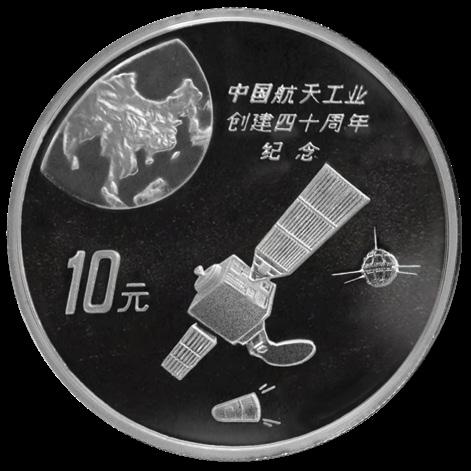
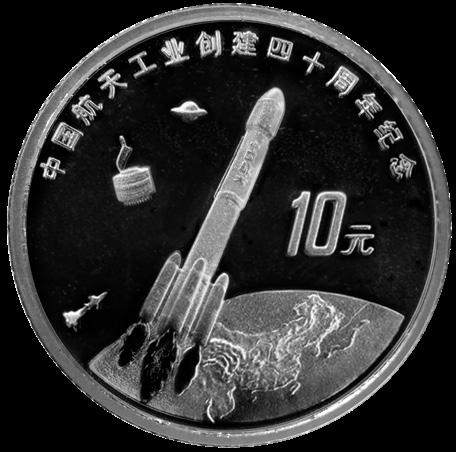
1996 40th Anniversary of China’s Aerospace Industry 10 Yuan silver coins. Courtesy of Peter Anthony.
2003 Success of China’s First Manned Space Flight
Face value: 150 yuan. Material: .999 gold. Weight: 1/3 ounce. Diameter: 23 millimeters. Mintage: 30,000 struck at Shenyang Mint.
Reverse image: The first Chinese astronaut, the rocket and spacecraft in outer space designed by Luo Yonghui and Han Xiaosheng. Obverse image: Solar System designed by Yu Min and Liu Hongpeng.

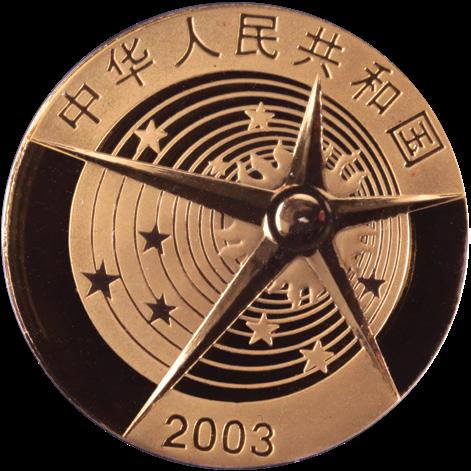
2003 Success of China’s First Manned Space Flight 150 Yuan gold coin. Courtesy of Peter Anthony.
Face value: 10 yuan. Material: .999 silver. Weight: 1 ounce. Diameter: 40 millimeters. Mintage: 60,000 struck at Shenyang Mint.
Reverse image: The first Chinese astronaut, the rocket and spacecraft in outer space designed by Luo Yonghui and Han Xiaosheng. Obverse image: Solar System designed by Yu Min and Liu Hongpeng.
Face value: none (medal). Material: .999 silver. Weight: 42 grams. Diameter: 45 millimeters. Mintage: 4,500 struck at Shanghai Mint.
Background information: On October 15, 2003, a Long March 2F Y5 carrier rocket carrying the Shenzhou-5 manned spacecraft with astronaut Yang Liwei was successfully launched from the Jiuquan Satellite Launch Center. Reverse designs: The first Chinese astronaut, the rocket,
and the spacecraft in outer space.
Obverse design: Map of the Solar System and date.
2007 Successful Launch of Chang’e-1 Moon Probe
Face value: 150 yuan. Material: .999 gold. Weight: 1/3 ounce. Diameter: 23 millimeters. Mintage: 20,000 struck at Shenyang Mint.
Obverse image: Solar System designed by Yu Min and Liu Hongpeng.
Reverse image: Moon and Chang’e-1 lunar probe with distant Earth by Li Jiye and Wang Yunye.
Face Value: 10 yuan. Material: .999 silver. Weight: 1 ounce. Diameter: 40 millimeters. Mintage: 40,000 struck at Shenyang Mint.
Moon and Chang’e-1 lunar probe with distant earth by Li Jiye and Wang Yunye.
Obverse image: Solar System designed by Yu Min and Liu Hongpeng.
Background information: The Chang'e-1 lunar probe is named for a mythical Chinese goddess who flew to the moon. It launched on a Long March 3A carrier rocket on Oct. 24 from the Xichang Satellite Launch Centre.
2008 Success of China’s First Space Walk
Face value: 150 yuan. Material: .999 gold. Weight: 1/3 ounce. Diameter: 23 millimeters. Mintage: 30,000 struck at Shenyang Mint.
Reverse image: Astronaut’s space walk designed by Song Yingchun and Jin Yaxuan.
Obverse image: Solar System designed by Yu Min and Liu Hongpeng.
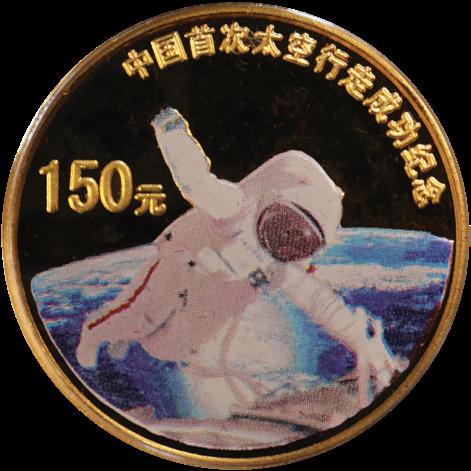
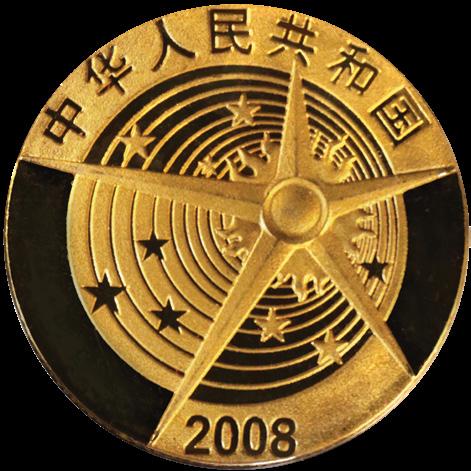
2008 Success of China’s First Space Walk 150 Yuan gold coin. Courtesy of Peter Anthony.
Face Value: 10 yuan. Material: .999 silver. Weight: 1 ounce. Diameter: 40 millimeters. Mintage: 60,000 struck at Shenyang Mint.
Reverse image: The first Chinese astronaut, the rocket, and spacecraft in outer space designed by Luo Yonghui and Han Xiaosheng.
Obverse image: Solar System designed by Yu Min and Liu Hongpeng.
Background information: On September 25, 2008, a Long March 2F Y5 carrier rocket carrying the Shenzhou-7 manned spacecraft was successfully launched from the Jiuquan Satellite Launch Center. On September 27, 2008, astronauts Zhai Zhigang and Liu Boming conducted China’s first-ever extravehicular activity. On September 28, 2008, they returned safely to Earth.
Face value: none (medal). Material: brass. Weight: 640 grams. Dimensions: 108 millimeters by 81 millimeters.
Mintage: 2012 struck at the Shanghai Mint.
Reverse image: China’s space heroes, representatives of scientific and technological workers and representatives of agriculture, industry, and commerce.
Obverse image: Three major breakthroughs in China’s aerospace industry: space flight, extravehicular walk, and space docking. The background is decorated with the picture of Chinese spacecraft traveling in space with engraved dates. Both sides were designed by Luo Yonghui.
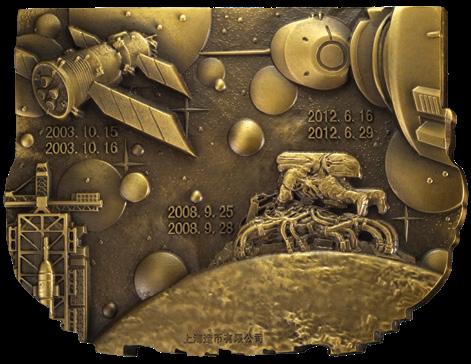
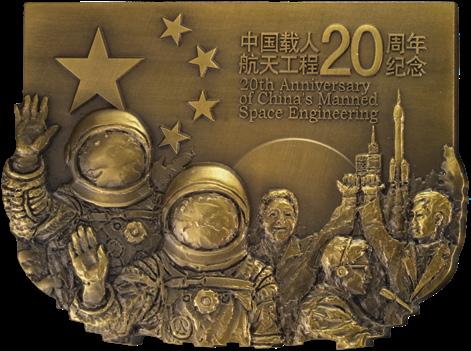
2012 Anniversary of China’s Manned Space Program brass
Courtesy of Peter Anthony.
2013 Great Achievements of China Aerospace
Face value: none (medal). Material: bronze. Weight: — . Diameter: 60 millimeters. Mintage: 100,000 struck at the Nanjing Mint.
Reverse image: A giant Long March rocket flanked by the years of China’s aerospace record from the establishment of the Aviation Industry Committee in 1956 to 2013.
Obverse image: Dongfanghong satellite. Long March rocket, Lunar orbit, the docking of Shenzhou-10 and Tiangong. The lines in the back represent the spacecraft flight path. Both sides were designed by Zhou Jian.
2014 Success of China’s First Moon Landing
Face value: 100 yuan. Material: .999 gold. Weight: 1/4 ounce. Diameter: 22 millimeters. Mintage: 7,000 struck at Shenzhen Guobao Mint.
Reverse image: The Moon rover designed by Qiu Yanxin.
Obverse image: National emblem.
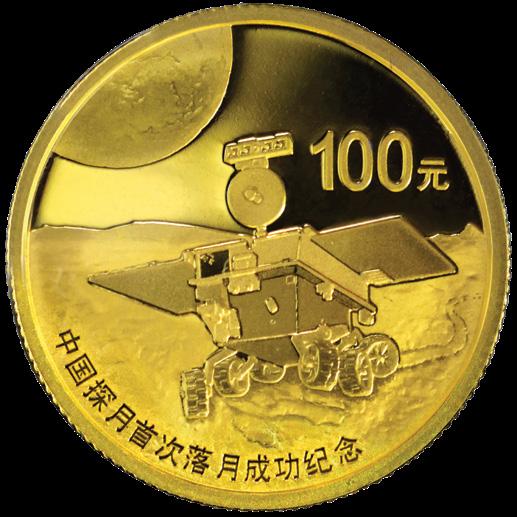
2014 Success of China’s First Moon Landing 100 Yuan gold coin. Courtesy of Peter Anthony.
Face value: 10 yuan. Material: .999 silver. Weight: 1 ounce. Diameter: 40 millimeters. Mintage: 14,000 struck at Shenzhen Guobao Mint.
Reverse image: The Lander and the Moon rover taking photos of each other. Designed by Zhong Chengxin and Deng Shanshan.
Obverse image: National emblem.
Background information: On October 24, 2014, China launched an experimental re-entry capsule and a service module designed to be used for a lunar landing by Chang'e-5 in 2020. On December 1, 2020, the Chang'e-5 lunar lander-ascender combination successfully landed and began collecting samples from the near side of the Moon’s surface. On December 3, 2020, the ascender took off from the lunar surface and entered a preset lunar orbit. It then successfully met and docked with the orbiter-returner combination in lunar orbit. There it transferred the samples to the returner. The returner successfully landed in Siziwang Banner, Inner Mongolia Autonomous Region on December 17, 2020.
Face value: 10 yuan. Material: bimetallic copper alloy. Diameter: 27 millimeters. Mintage: 100 million.
Reverse image: The Shenzhou 9 near-orbit docking spacecraft pattern. From the right above the outer ring of the background are the Dongfanghong-1 satellite, Shenzhou-5, Chang'e-1, lunar rover, and folk totem patterns representing the ancient Chinese dream of flying into space. The lower left is an abstract earth and Chang'e-2F carrier rocket pattern, and
the lower right is a five-pointed star and star pattern evolved from a dove of peace. Obverse image: National emblem.
Background information: The only circulating commemorative coin with a space theme. A matching 100 yuan commemorative banknote was released at the same time.
Face value: 2000 yuan. Material: .999 gold. Weight: 150 grams. Diameter: 60 millimeters. Mintage: 1,000 struck at Shenzhen Guobao Mint.
Reverse image: The Tianwen-1 (“Exploring the Heavens”) landing platform and Mars rover, a schematic diagram of the Mars landing process, and an image of the Martian surface, plus the words China's First Mars Exploration Mission Success Tianwen-1.
Obverse image: Logo for China’s Planetary Exploration Program.
Face Value: 100 yuan. Material: .999 gold. Weight: 8 grams. Diameter: 22 millimeters. Mintage: 30,000 struck at Shenzhen Guobao Mint.
Reverse image: The Mars rover on Mars.
Obverse image: Logo for China’s Planetary Exploration Program.
Face value: 10 yuan, Material: .999 silver. Weight: 30 grams. Diameter: 40 millimeters. Mintage: 60,000 struck at Shenzhen Guobao Mint.
Reverse image: The Tianwen-1 orbiter circling Mars, Earth in the distance and a diagram of Tianwen-1;’s orbit.
Obverse image: Logo for China’s Planetary Exploration Program.
Background information: The 2000 Yuan Mars coin is the largest space-themed coin to date from China.
Face value: 50 yuan. Material: .999 gold. Weight: 3 grams. Diameter: 18 millimeters. Mintage: 20,000 struck at Shenzhen Guobao Mint.
Reverse image: An astronaut outside the Tiangong space station as it orbits the Earth.
Obverse image: China’s national emblem. Design: Li Zhihong and Zhang Qi.
Face value: 10 yuan. Material: .999 silver. Weight: 30 grams. Diameter: 40 millimeters. Mintage: 50,000 struck at Shenzhen Guobao Mint.
Reverse image: Chinese astronauts' extravehicular activities outside the Tiangong space station. Obverse image: China’s national emblem. Design: Jian Yiping and Cao Aodong.
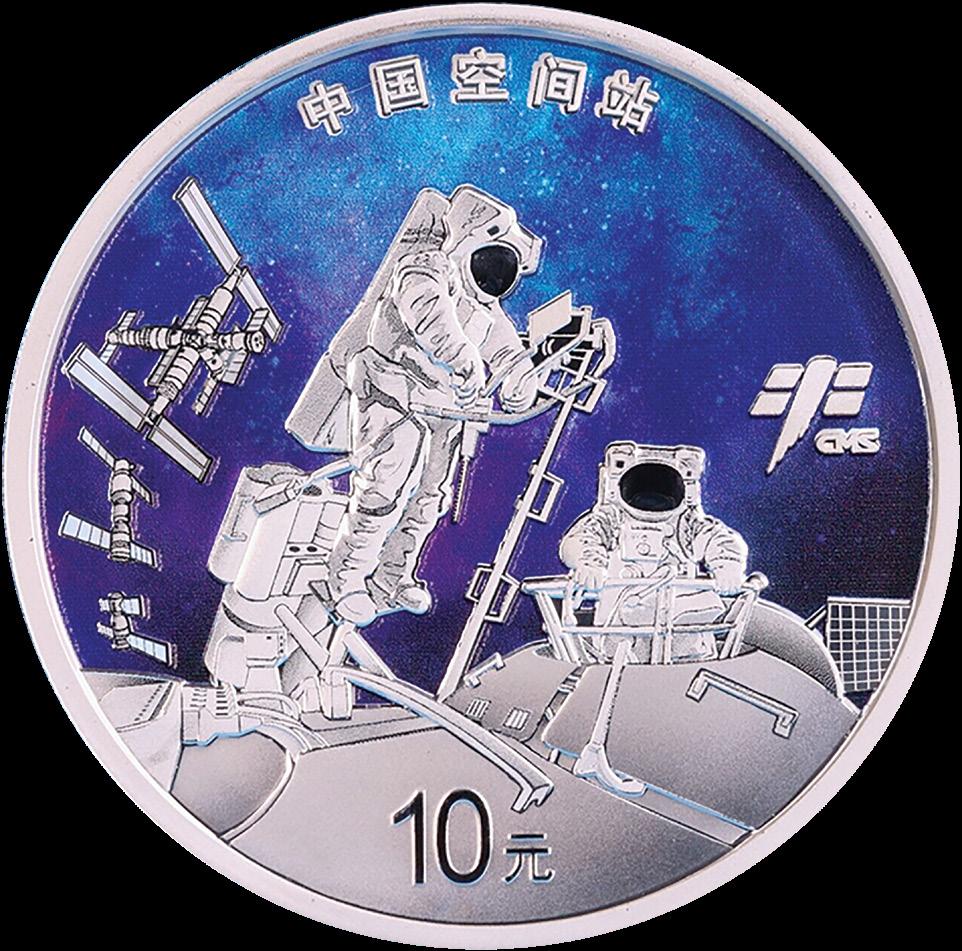
2022 Completion of the Tiangong Space Station 10 Yuan silver coin. Courtesy of Peter Anthony.
Background information: The 50 Yuan Tiangong piece is the smallest space-themed coin to date from China.

Peter Anthony is a PCGS consultant on modern Chinese coins and is the author of The Gold and Silver Panda Coin Buyer's Guide 3, a two-time Numismatic Literary Guild winner. He is also the publisher of China Pricepedia , a monthly journal and price guide for modern Chinese coinage.
By Joshua McMorrow-Hernandez
John F. Kennedy was inaugurated on January 20, 1961, and served just over 1,000 days until his assassination in Dallas, Texas, on November 22, 1963. Public domain image via Wikimedia Commons.
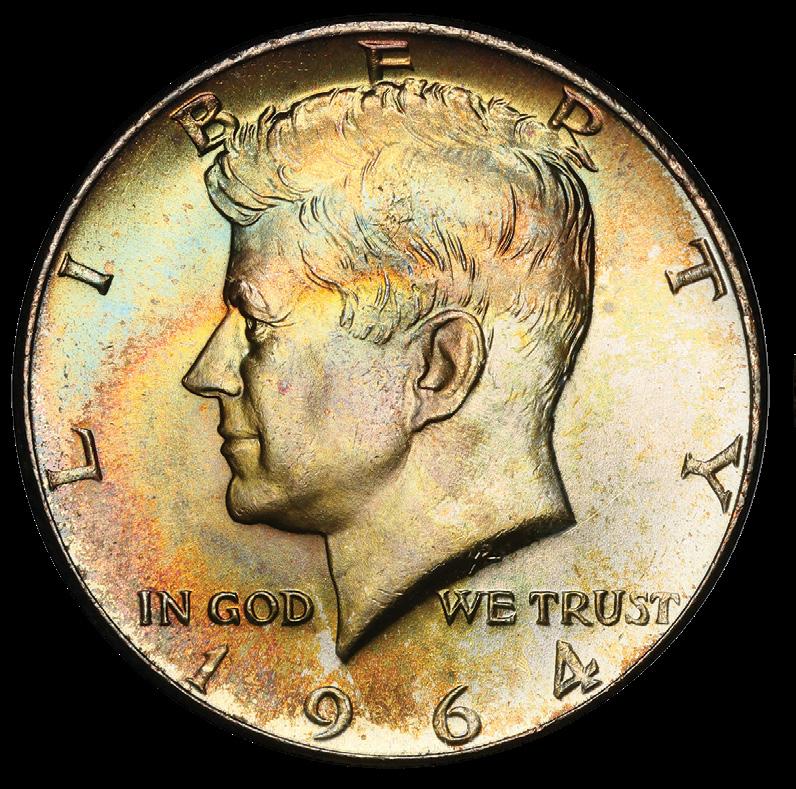
The Kennedy Half Dollar saw expeditious approval in the weeks after Kennedy’s assassination, with the first halves paying tribute to the fallen president being struck early in 1964. Courtesy of PCGS TrueView.
On November 22 of every year, millions reflect on the dark day in 1963 that President John F. Kennedy was assassinated during a motorcade procession in Dallas, Texas. Days after the death of Kennedy at just 46 years old, wheels began turning toward honoring the late commander-in-chief on a large silver coin.
Mint officials had considered the quarter as the canvas for a new Kennedy coin. However, Kennedy’s widow, Jacqueline Kennedy, insisted on placing her late husband’s portrait on the half dollar; she did not want to displace the likeness of the nation’s first president, George Washington, from the quarter.
Honoring Kennedy on the Half Dollar
Director of the United States Mint Eva Adams enlisted Chief Engraver Gilroy Roberts to begin working on designs
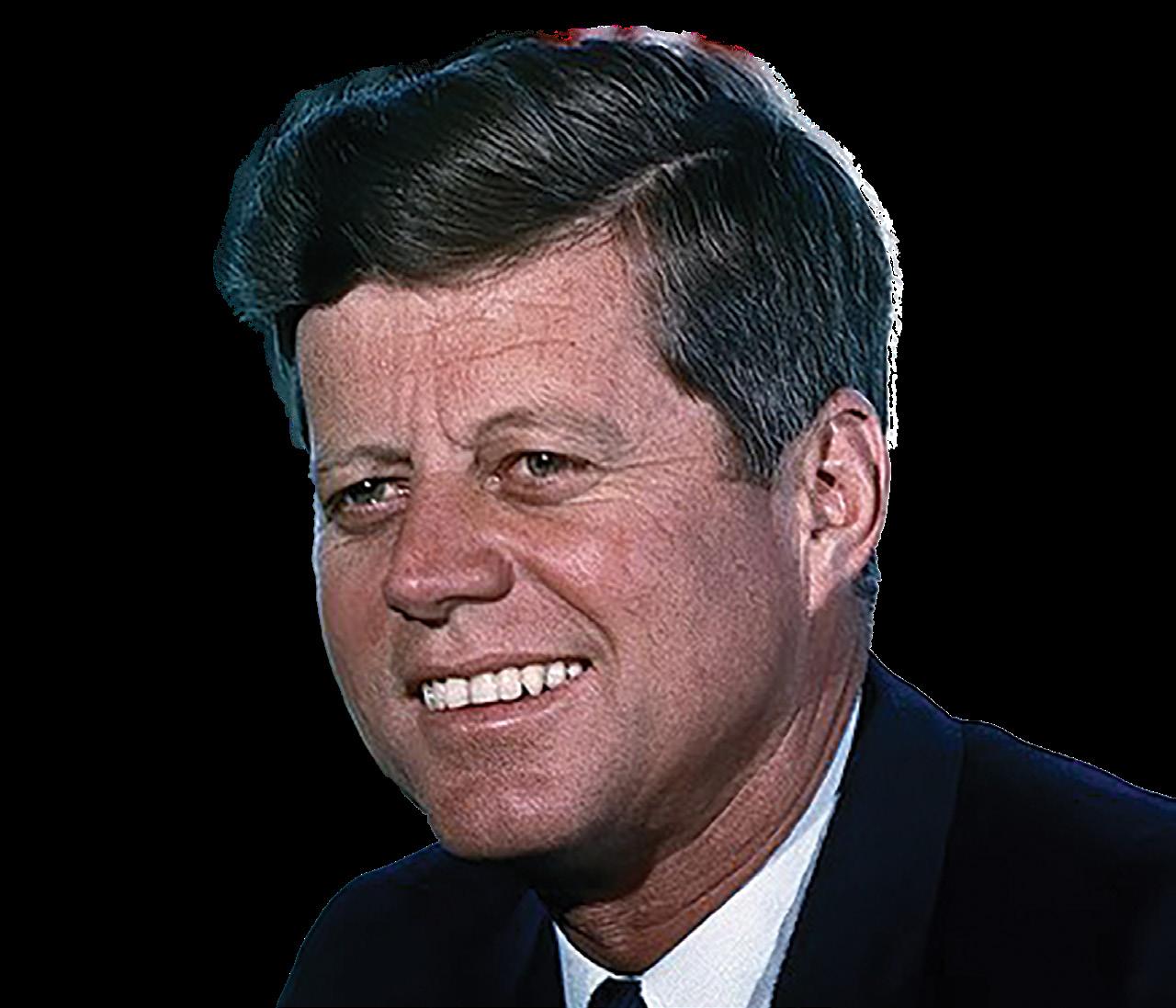
for the new Kennedy Half Dollar as legislative protocol to approve the new coin gained traction on Capitol Hill. Replacing the Franklin Half Dollar with a new coin honoring Kennedy would take an act of Congress as the Franklin Half Dollar had been in production for only 16 years; United States coinage law requires a coin design to be at least 25 years old before it could be changed without congressional approval.
As congress members and senators moved the proposal for the Kennedy Half Dollar toward approval, Roberts and mint sculptor-engraver Frank Gasparro whittled away at models for the new coin. Time short in supply, Roberts and Gasparro appropriated their designs from the John F. Kennedy Presidential Series Medal they collaborated on during the president’s truncated time in the Oval Office. Roberts adapted his bust of Kennedy from the obverse of the medal while Gasparro used a visage of the Great Seal as seen on both the presidential series medal and a 1962 John F. Kennedy Appreciation Medal he designed.
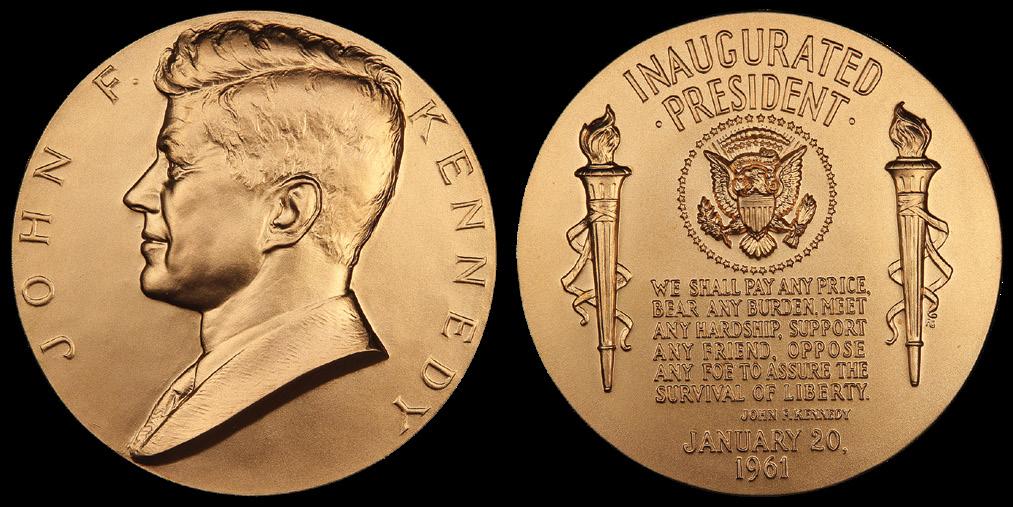
The John F. Kennedy Presidential Medal showcases the Gilroy Roberts obverse that the United States Mint chief engraver eventually used for the obverse of the Kennedy Half Dollar. Note the reverse by Frank Gasparro shows a miniature version of the Great Seal that Gasparro utilized on the reverse of the Kennedy Half Dollar. Courtesy of PCGS TrueView.
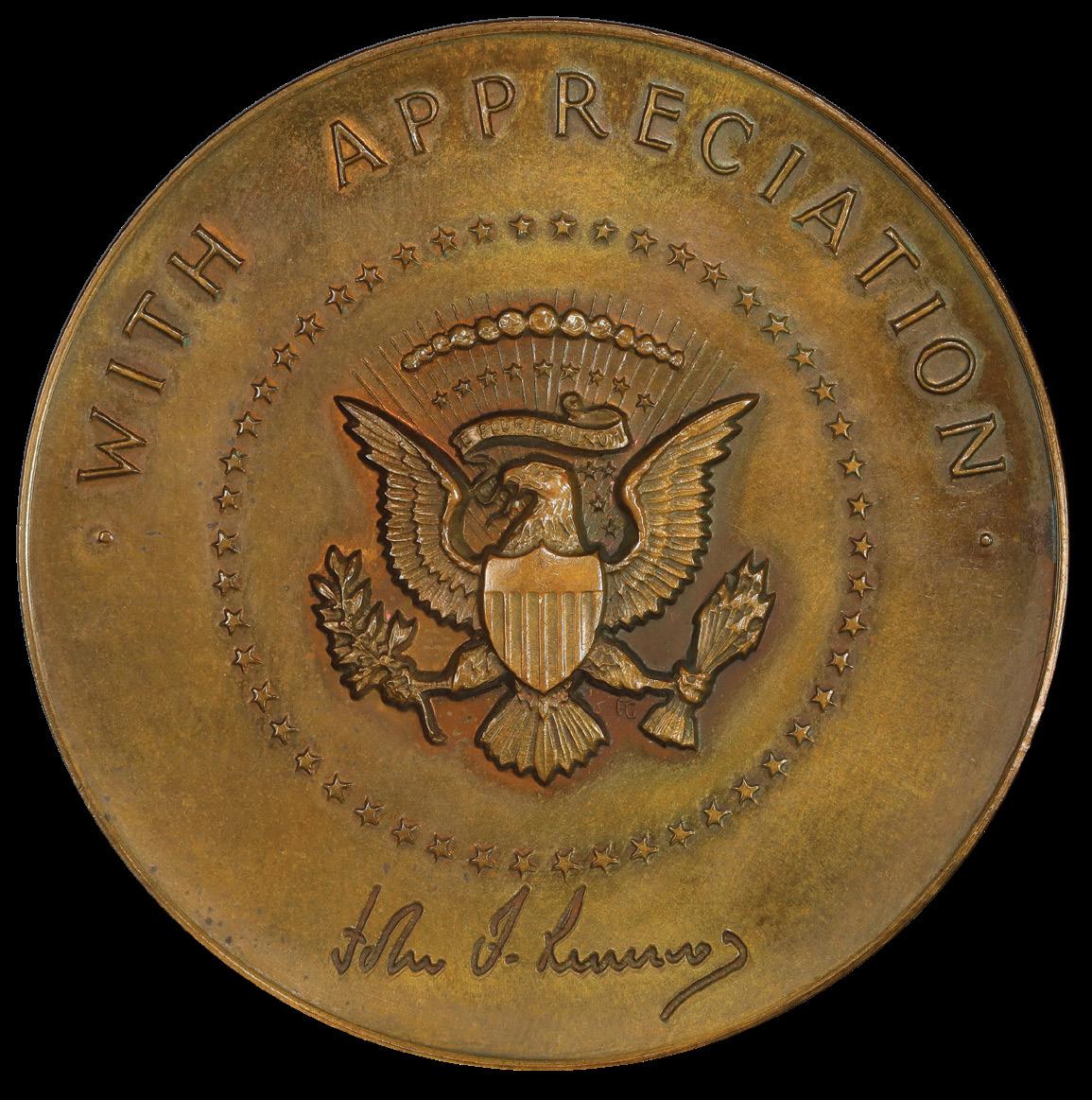
By December 30, the bill authorizing the new Kennedy Half Dollar was approved, and dies for the new coin were just a few days from completion. Proof versions of the new half dollar were produced after the dies were ready for use at the Philadelphia Mint on January 2, 1964. Circulation strikes hitting presses at the Denver Mint about four weeks later, on January 30. Business strikes came online at the Philadelphia Mint during the first days of February, and both the Philly and Denver Mints held ceremonial first strike events on February 11, 1964.
Reception of the New Kennedy Coin
Scores of Americans lined up at banks along the Eastern Seaboard and beyond on March 24, 1964, which was the day Kennedy Half Dollars were officially released to the public. Meanwhile, the Treasury Department in Washington, D.C., quickly sold out of the 70,000 Kennedy Half Dollars allocated for sale that day through the office’s public windows.
Most loved the coins, which were widely received as silver mementos of the fallen president. However, some conspiracy theorists raised ire over what they thought was the appearance of a hammer and sickle – representing the communist Soviet Union – under the bust of Kennedy. Gilroy Roberts quickly dispelled these claims by noting the design element was his initials, “GR,” in a stylized monogram.
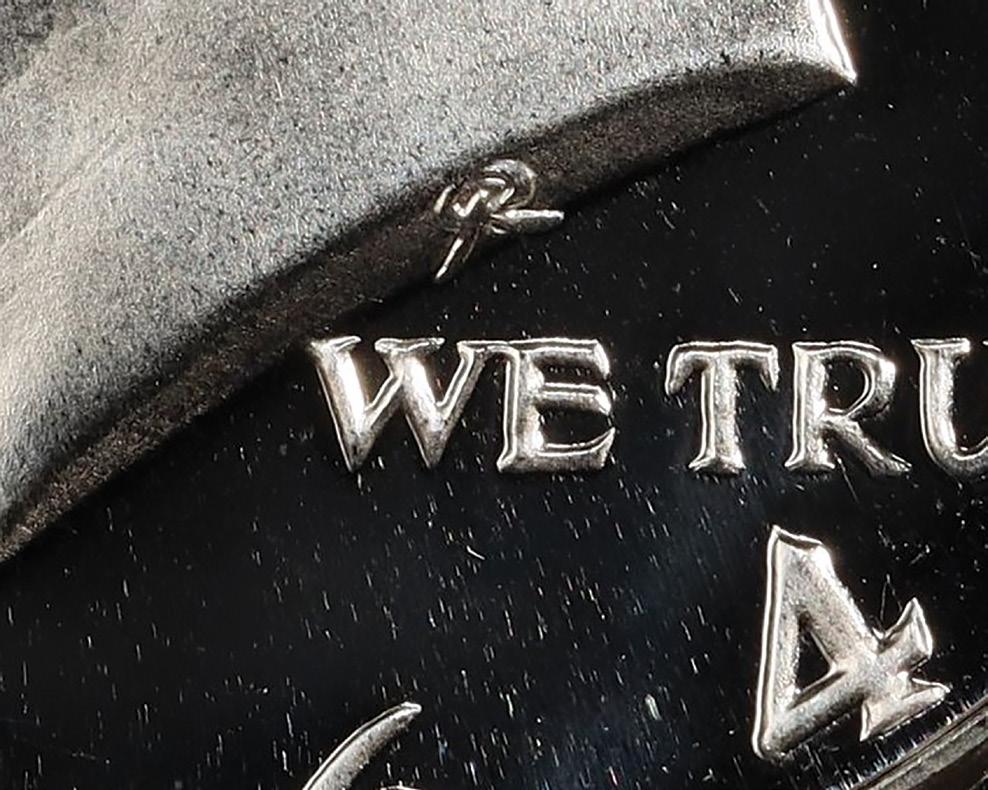
The stylized monogram incorporating the letters “FG,” the initials for designer Gilroy Roberts, caused a stir among conspiracy theorists who thought it was hammer-and-sickle iconography of communist Russia. Courtesy of PCGS TrueView.
Any rumors about a numismatic red scare on the Kennedy Half Dollar didn’t concern most Americans though. The new coin was so popular that many banks – let alone coin dealers – couldn’t keep the coins in their inventory for long. The new
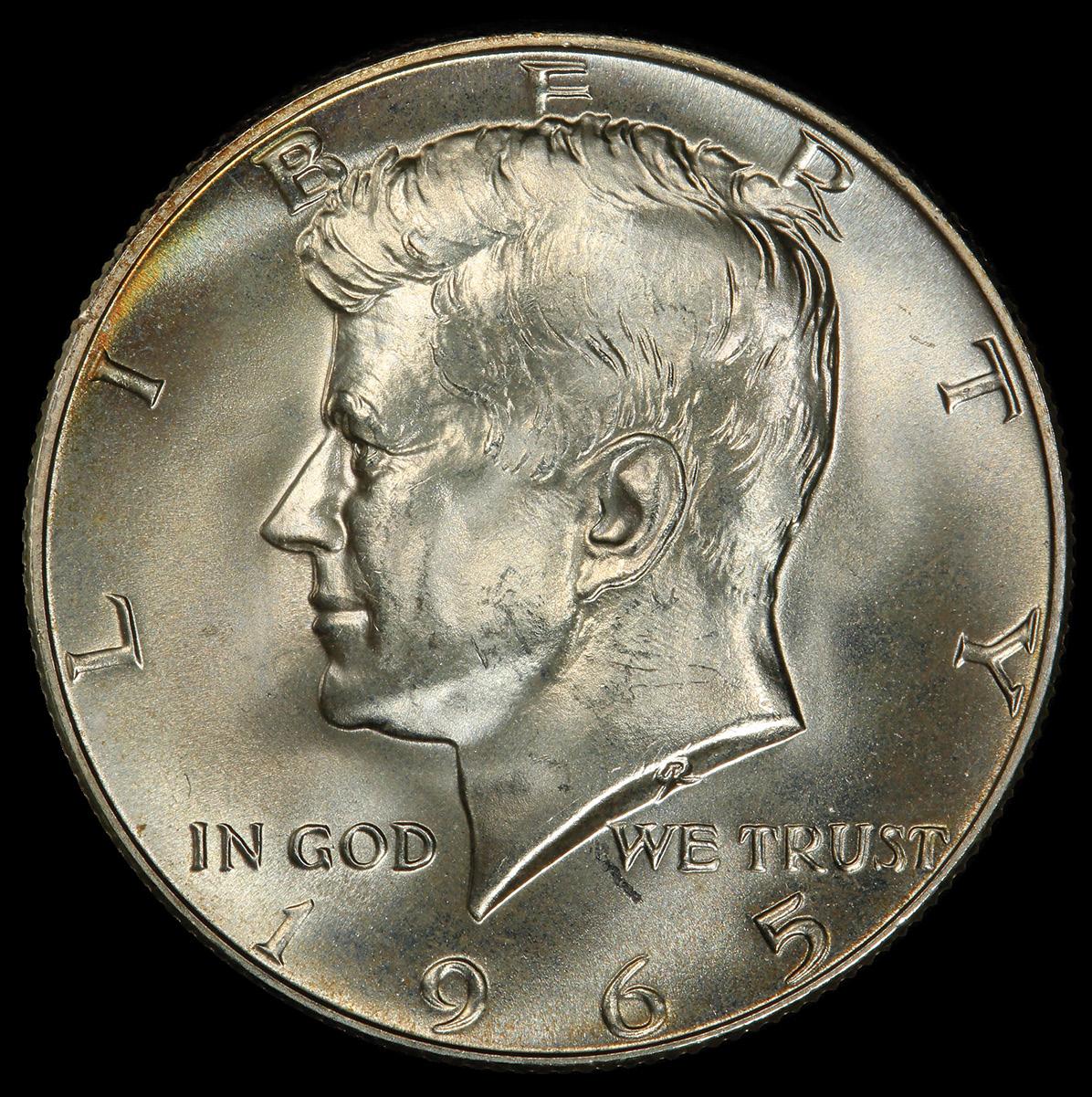
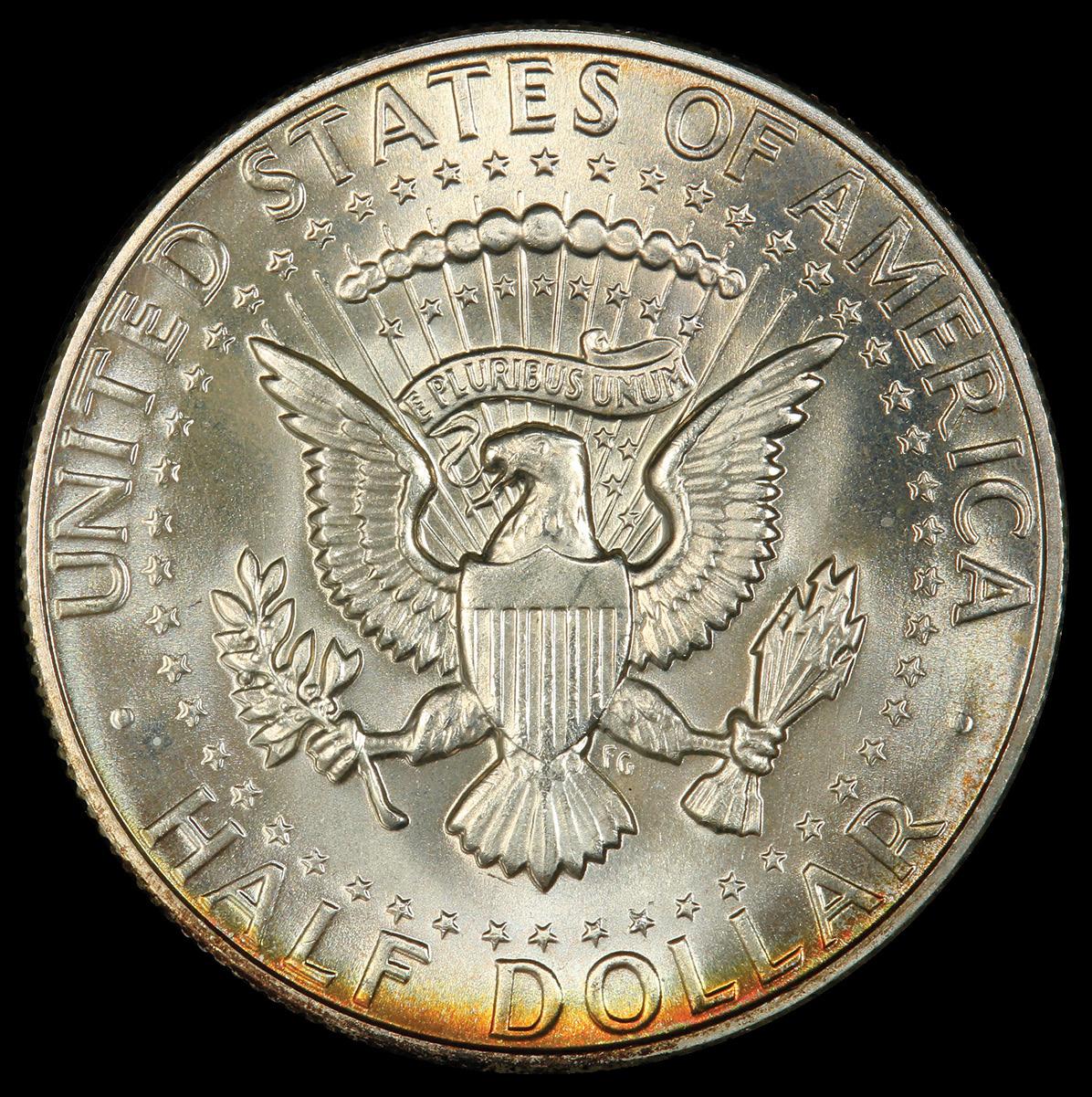
silver coin was being hoarded by the public left and right, and it wasn’t just mourning Americans or fervent coin collectors who were keeping the new coins. Bullion stackers, compelled by rising silver prices, were also stashing away untold millions of 1964 Kennedy Half Dollars and other 90% silver coins due to their intrinsic value rivaling and soon exceeding their face value.
The situation had led to a coin shortage, with the near disappearance of half dollars from circulation altogether. The U.S. government sought a base-metal alternative for the nation’s circulating coins, debasing the nation’s 90% silver coins with a copper-nickel clad composition and striking half dollars from a 40% silver clad profile beginning in 1965. Six years later, in 1971, circulating half dollars were first struck in copper-nickel clad.
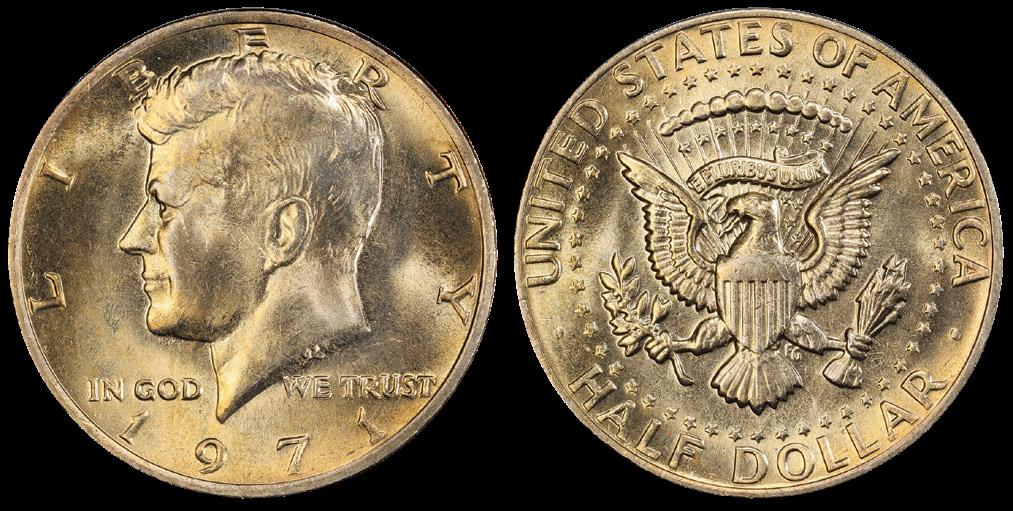
By the mid-1970s, the Kennedy Half Dollar had become a novelty in circulation. The idea among much of the public that all Kennedy Half Dollars – even the copper-nickel clad examples – were worthy of holding aside effectively kept the coin from circulating. Mintage figures from the 1970s and early 1980s bear this out, with government output of circulating coinage responding to commerce demands. After the release of the 1776-1976 Bicentennial Half Dollar, half dollar mintages tumbled.
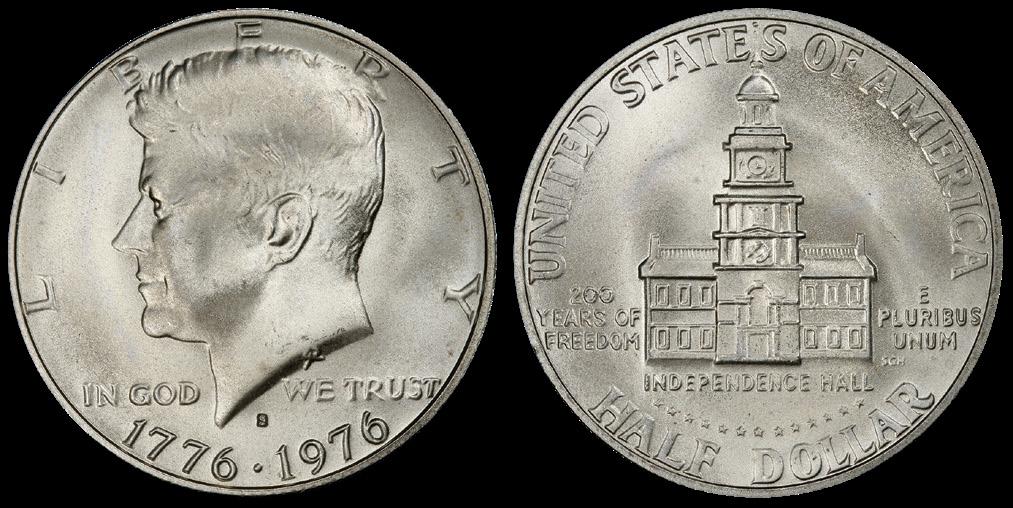
The 1776-1976 Bicentennial Half Dollar, bearing a special reverse design of Independence Hall as envisioned by Seth Huntington, marks the highwater mark of production for the series. Though more than half a billion Bicentennial Half Dollars were struck, mintages for the series began plunging in the late 1970s and beyond. Courtesy of PCGS TrueView.
Beginning in 2002, half dollars were relegated to numismatic production only. Still, the half dollar remained a legal-tender coin. And even half dollars produced from 2002 on without intention for circulation ended up in the wild anyhow. Many roll searchers have frequently reported finding dates from 2002 on in rolls straight from financial institutions around the country.
Lo and behold, the U.S. Treasury began ordering half dollars for circulation again in 2021. No explanation has been given to the public as to why half dollars were suddenly being struck for circulation after a nearly 20-year absence. Few if any of these new half dollars are turning up in change during cash transactions at points of purchase. However, some speculate that the increasing popularity of roll searching among the public has led to more banks ordering half dollars for customers. This, in turn, may be triggering the U.S. Treasury to believe there is commerce “demand” for the coin again.
Kennedy Half Dollars have been among the most popular collectible U.S. coins since the series was released in 1964. Out of the gate, collectors had four coins to pursue, with the Philadelphia and Denver business strikes, along with the Accented Hair proof and regular proof. As the series began winding through the 1970s and ‘80s, more and more entries made enhanced the degree of numismatic complexity in building a complete set.
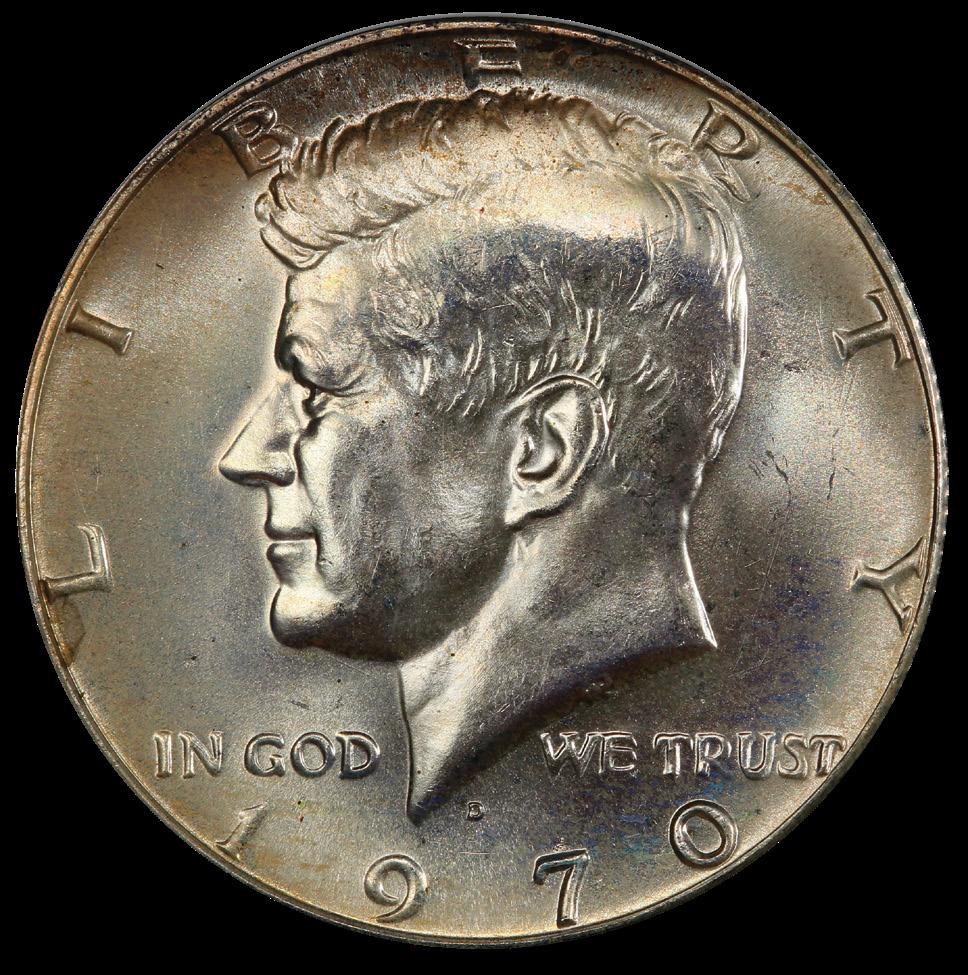
The 1970-D Kennedy Half Dollar, struck only for inclusion in United States uncirculated sets, is considered a key date by collectors. The coin has a mintage of 2,150,000. Courtesy of PCGS TrueView.
Consider among these numismatically intriguing coins the non-circulating 1970-D business strike, the various clad and 40% silver 1776-1976 business strikes and proofs, and the Type I and Type II “S” mintmark varieties among the proof halves of 1979 and 1981. Also of note are the many die varieties of interest to series enthusiasts. Just a handful include the 1964-D Doubled Die and Quadrupled Die Obverses, 1964-D/D Repunched Mintmark, 1966 SMS Doubled Die Obverse, and 1974-D Doubled Die Obverse.
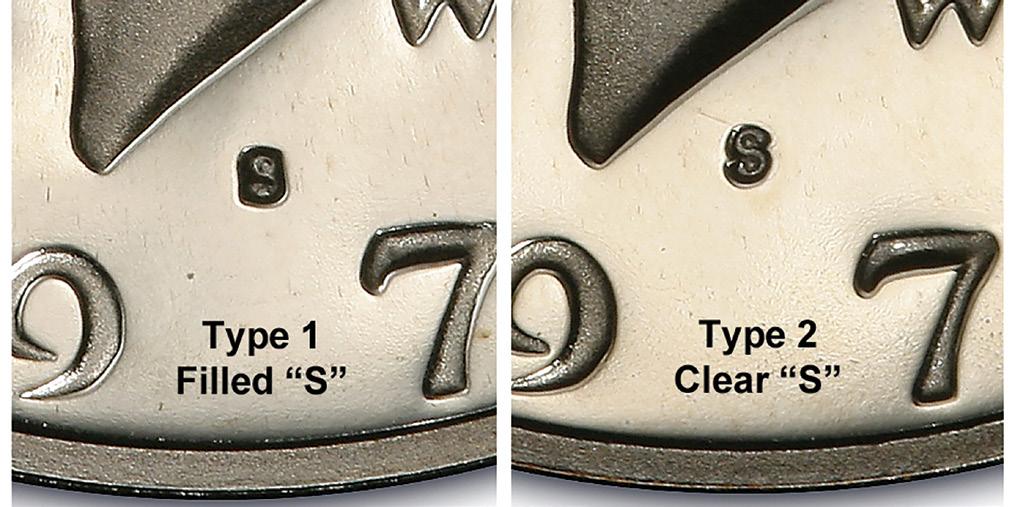
Comparison of the Type I and Type II “S” mintmarks on the proof 1979-S Kennedy Half Dollars. Courtesy of PCGS.
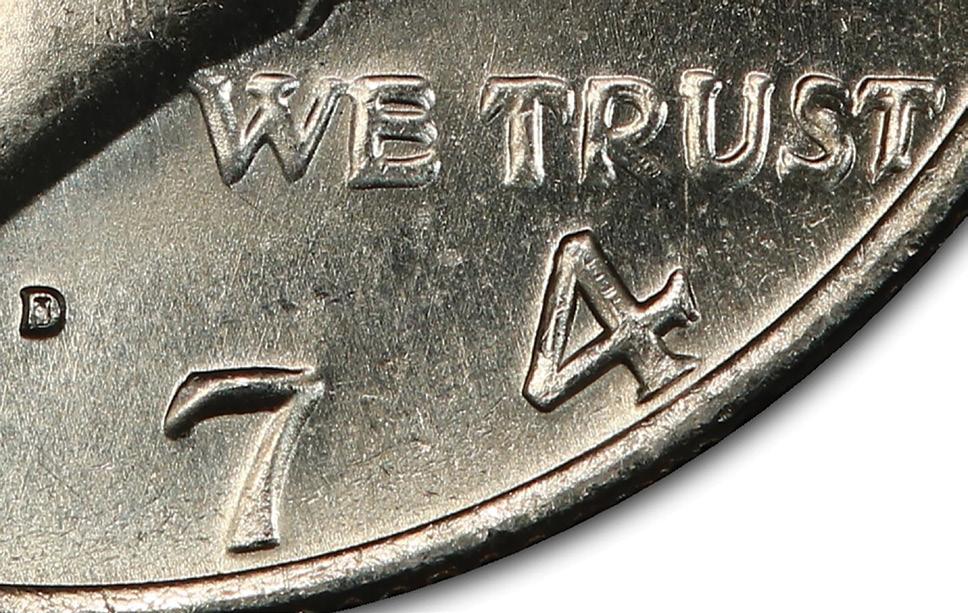
Widely considered the most significant doubled die in the Kennedy Half Dollar series, the 1974-D Doubled Die Obverse is most easily attributed by notable spread in the motto “IN GOD WE TRUST,” with the most prominent doubling in the word “TRUST.” Courtesy of PCGS TrueView.
Also of note are the so-called No-FG half dollars lacking the reverse designer initials “FG” symbolizing Frank Gasparro’s artistic contributions to the coin. PCGS recognizes three No-FG dates, including the 1966 SMS No FG, 1972-D No FG, and 1982-P No FG. No discussion about Kennedy Half Dollar varieties would be complete without mention of the 1998-S Matte, which was included in a special two-coin set that also included that year’s Kennedy Collector’s Set, which also encompassed a commemorative 1998 Robert F. Kennedy
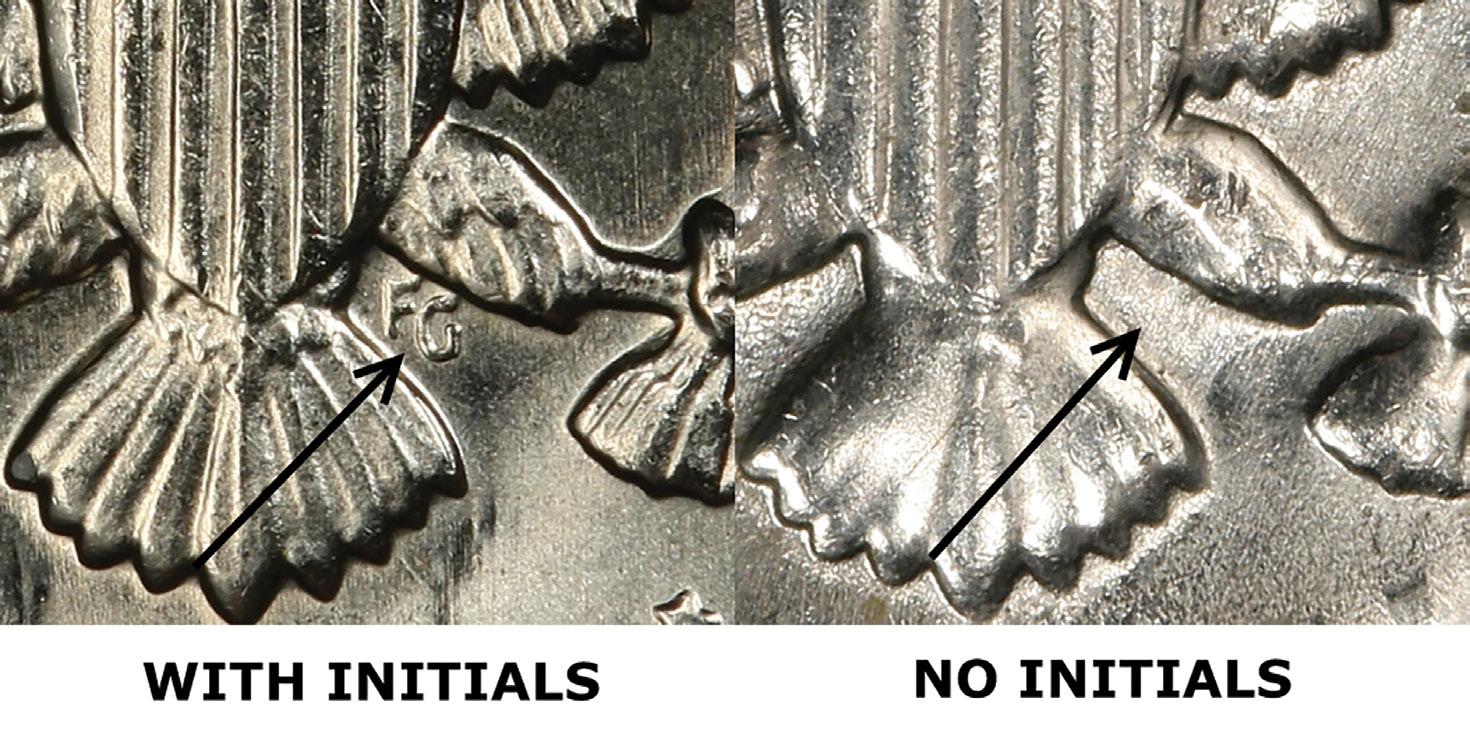
The No FG Kennedy Half Dollars recognized by PCGS are the 1966 SMS No FG, 1972-D No FG (pictured here in the reverse comparison), and 1982-P No FG. Courtesy of PCGS.
Silver Dollar. These two-coin sets were issued for $59.95 and saw brisk sales eclipsing the 60,000 mark.
Then there was the media sensation known as the 2014W 50th Anniversary Gold Kennedy Half Dollar. The coin marked the golden anniversary of the Kennedy Half Dollar and became the first United States Mint half dollar struck from gold. The three-quarter-ounce coin containing .999fine gold was released by the United States Mint on August 5, 2014, in concert with the American Numismatic Association World’s Fair of Money, which was being held at the Donald E. Stephens Convention Center in Rosemont, Illinois – just outside Chicago. While the new gold half dollar was being sold at the Philadelphia and Denver Mints as well as the United States Mint headquarters in Washington, D.C., the big buzz was at the convention center. That’s where crowds lined up to buy the coin right on the floor of the show at the United States Mint booth.
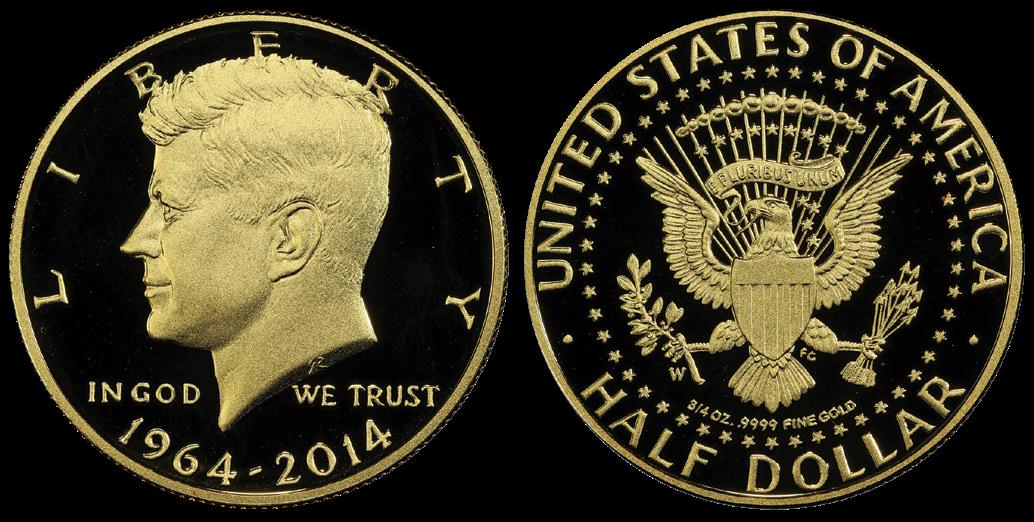
The 2014-W Gold Kennedy Half Dollar was the first official gold coin struck by the United States Mint denominated to 50 cents. It was a huge seller during the coin’s 50th anniversary in 2014. Courtesy of PCGS TrueView.
The proof coin was issued by the United States Mint for $1,240, but the coin had been highly anticipated for months. Many in the public beyond the fourth wall of numismatics knew about it, adding to the frenzy over the gold Kennedy Half Dollar in its first days. Demand for and limited access to the coin drove secondary-market prices beyond $2,500 within hours of the half dollar’s release. One important footnote highlighting the coin’s popularity is summed up this way: the first specimen sold at the coin show in Chicago was graded PCGS PR70DCAM and was transacted in a private sale for $100,000! Thankfully collectors can acquire a nice example of the 2014-W Gold Kennedy Half Dollar today for less than six figures. A total of 73,772 gold halves were distributed by the U.S. Mint – just shy of the 75,000 authorized for production, making the coin common enough to be obtainable for prices in the vicinity of their melt value.
Kennedy Half Dollars on the PCGS Set Registry
The collector is never without exciting options designed for all budgets and levels of numismatic challenge when it comes to building an assemblage of Kennedy Half Dollars on the PCGS Set Registry! There are no fewer than 22 PCGS Registry Sets specifically dedicated just to Kennedy Half Dollars, not even including other categories, like type sets, that also accommodate the coin.
There are more than half a dozen types of major sets that follow the vein of date-and-mintmark collections inclusive of all the different business-strike, proof, and specimen strikes. And then there are a multitude of specialty sets that run the gamut of niches, including categories designed just for the proofs, a short set of the silver strikes from the 1960s and early 1970s, and several sets themed around the numerous varieties
that PCGS recognizes for the series. Truly, there is a Kennedy Half Dollar category for just about everyone on the PCGS Set Registry, providing exciting opportunities for all who collect this popular series.
It's enough to make collectors who may not typically pursue this series look again. While shorter sets and basic date-andmintmark categories may be within the financial reach of a great many collectors, those with bigger pocketbooks or ample tolerance for a real numismatic test might pursue some of the more complex categories.
For example, the Kennedy Half Dollars Complete Variety Set, Circulation Strikes and Proof (1964-Present) requires 284 coins, more than 50 of which are die varieties – many obscure but nevertheless important to series enthusiasts and necessary to complete the set. One issue necessary for this set is often considered an absolute stopper: the 1964 SMS. This coin, which offers perhaps a dozen specimens, usually trades for beaucoup bucks. On the rare opportunity this coin hits the auction block, hammer prices trend north of $50,000. A top-graded specimen is easily a six-figure coin. Even if a collector had this ultra-rare (and expensive) coin, they would still need to acquire many other difficult coins – including PCGS-recognized but relatively unknown doubled dies – to finish the set.

The 1964 SMS Kennedy Half Dollar is an elusive rarity, with a record price of $156,000 achieved in a 2019 Stack’s Bowers Galleries auction. Courtesy of PCGS TrueView.
As of this writing, nobody on the PCGS Set Registry has completed this set. Might the first be you?
If the Complete Variety Set, Circulation Strikes and Proof (1964-Present) set seems a little overwhelming, don’t worry –there are plenty of other sets from which to choose! And that’s the beauty of collecting Kennedy Half Dollars on the PCGS Set Registry. The possibilities are virtually endless. And that holds true for the Kennedy Half Dollar regardless of how you collect the coin.
The Kennedy Half Dollar is a coin as much for the specialist as the masses, one with something to offer anyone who has a love for this modern coin that became interwoven in the fabric of American numismatics a long, long time ago. As we mark 60 years with the Kennedy Half Dollar, we can also look forward to this special coin being with us in some form or fashion well into the foreseeable future.
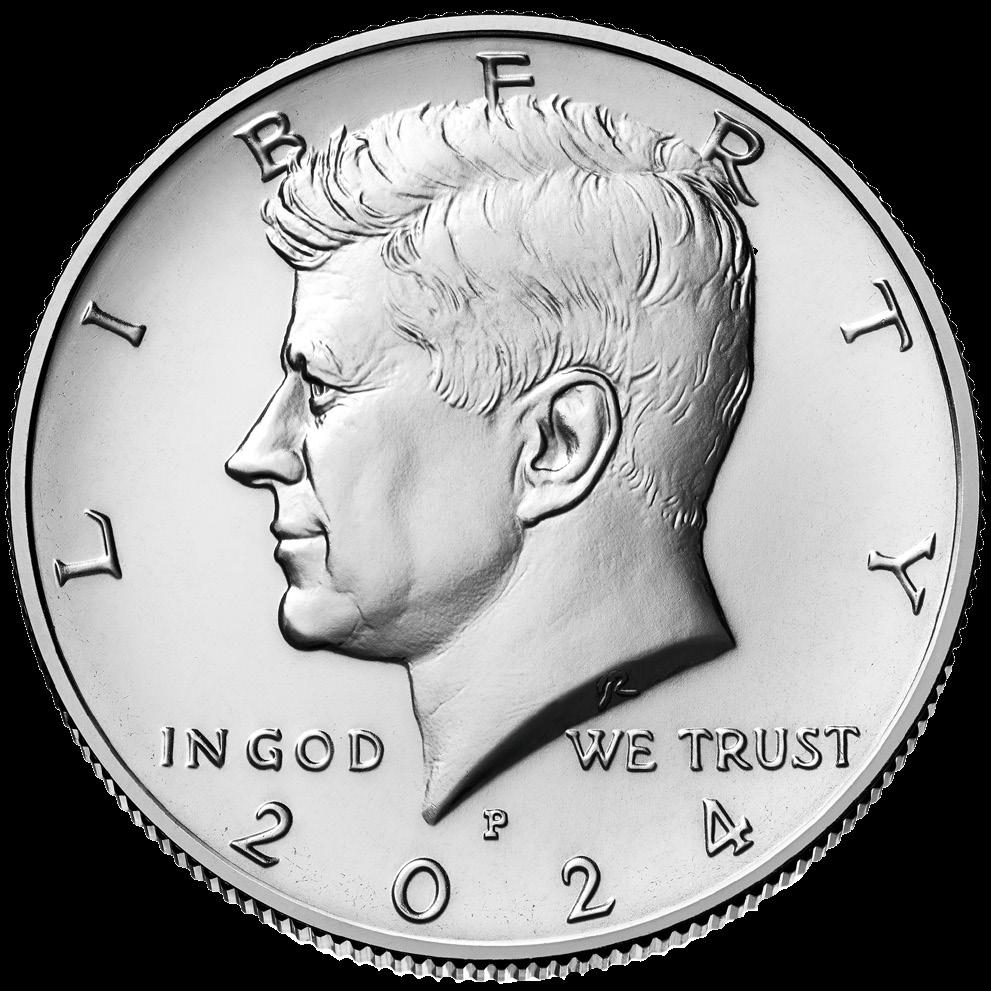
Production of the Kennedy Half Dollar continues in 2024 and will remain a fixture among U.S. coinage for the foreseeable future. Courtesy of the United State Mint.
The 2026 Semiquincentennial, marking the 250th anniversary of the United States, will call for special designs honoring the nation’s birthday, followed by a four-year series honoring the Paralympics. Yet the Circulating Collectible Coin Redesign Act of 2020 under which these special coin programs have been authorized still calls for the half dollar to honor Kennedy in 2030 and beyond.
Just as the Kennedy Half Dollar has captured the imaginations of American coin collectors for generations, it looks as though it will continue doing so for decades to come.

Joshua McMorrow-Hernandez has won multiple awards from the NLG and ANA for his work as a numismatic journalist and editor. He has been a coin collector since 1992 and enjoys all areas of United States coinage and U.S. minting history.
By Joshua McMorrow-Hernandez

This circa 1425 work, The Dowry for the Three Virgins by Gentile da Fabriano, shows Nicholas of Myra depositing gold coins into the home of the three young women poised for a life of poverty. Public domain image via Wikimedia Commons.
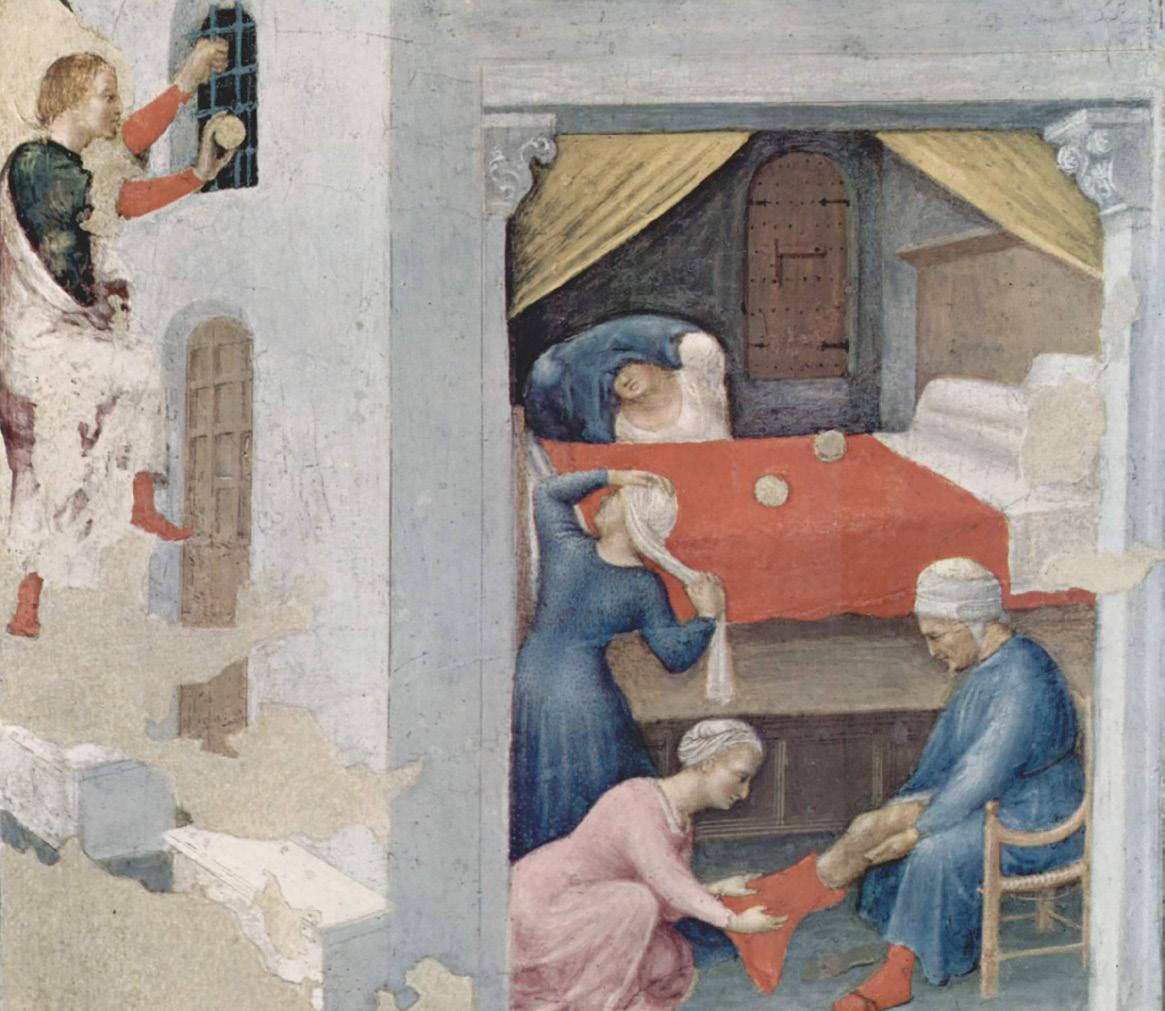
It’s often said that some of the best gifts come in small packages. And then there are the really small packages that may contain the gift of a gold or silver coin. And it’s these tiny, monetized disks of precious metal that have a very big place in holiday history. One of the oldest Christmas traditions involves placing packages in stockings hung by the chimney with care. But few may know the origins of this custom and its indelible link to good ol’ Saint Nick, whose historical name is Nicholas of Myra. The fourth-century Christian bishop was known for his great generosity.
Around 330 A.D., Nicholas helped spare three girls from lives of poverty by anonymously throwing gold coins into their family’s window under the cover of night. Some of the coins landed in stockings hanging by the fireplace to dry, giving rise to the tradition of Saint Nick clandestinely placing gifts in fireside stockings. The legend of Santa would soon be born.
Another ancient tradition involving coins is linked to the Maccabees’ victory over the Greeks. This gave rise to the custom of Jewish children and religious scholars playing the dreidel game during Hanukkah and exchanging gifts of gelt, a Hebrew and Yiddish word meaning money. Gelt remains popular today, though often in the form of goldwrapped chocolate coins stamped with the menorah or other symbolic images.
Overseas, placing a coin in figgy pudding is a custom that may date back as far as the 1300s. Waiting for the person whose spoon scooped the coin? Good luck and wealth!
During the latter half of the 19th century, giving the gift of coins reached a new level of popularity during the holidays. This is when the United States Mint began regularly issuing proof sets. They became popular holiday gifts during the
late 19th century, as did Trade Dollars, gold dollars, and quarter eagles. One account from the United States Senate website tells of multimillionaire California Senator Leland Stanford, who gave each of his young Senate pages gold half eagles at Christmas.
Later on in the 20th century, Morgan Dollars and Peace Dollars gained traction as popular gifts to give to young children. But it wasn’t just silver dollars that sparkled under the holiday lights. Many people gave newly minted commemorative coins as holiday gifts, some of these coins being mounted in special display boards or other festive packaging to mark the occasion.
Today, proof sets, uncirculated sets, and other mint products remain favorite holiday gifts. Certainly, those who know one’s very personal numismatic tastes might even give their loved one a PCGS-graded coin for the recipient’s PCGS Registry Set. No matter what, one thing is for certain: even as holiday traditions evolve over the centuries, coins remain as popular a stocking stuffer as ever.

Joshua McMorrow-Hernandez has won multiple awards from the NLG and ANA for his work as a numismatic journalist and editor. He has been a coin collector since 1992 and enjoys all areas of United States coinage and U.S. minting history.
SPOTLIGHT:
By Joshua McMorrow-Hernandez
Bob Lande is a longtime collector of California Fractional gold coins. Image courtesy of Bob Lande.
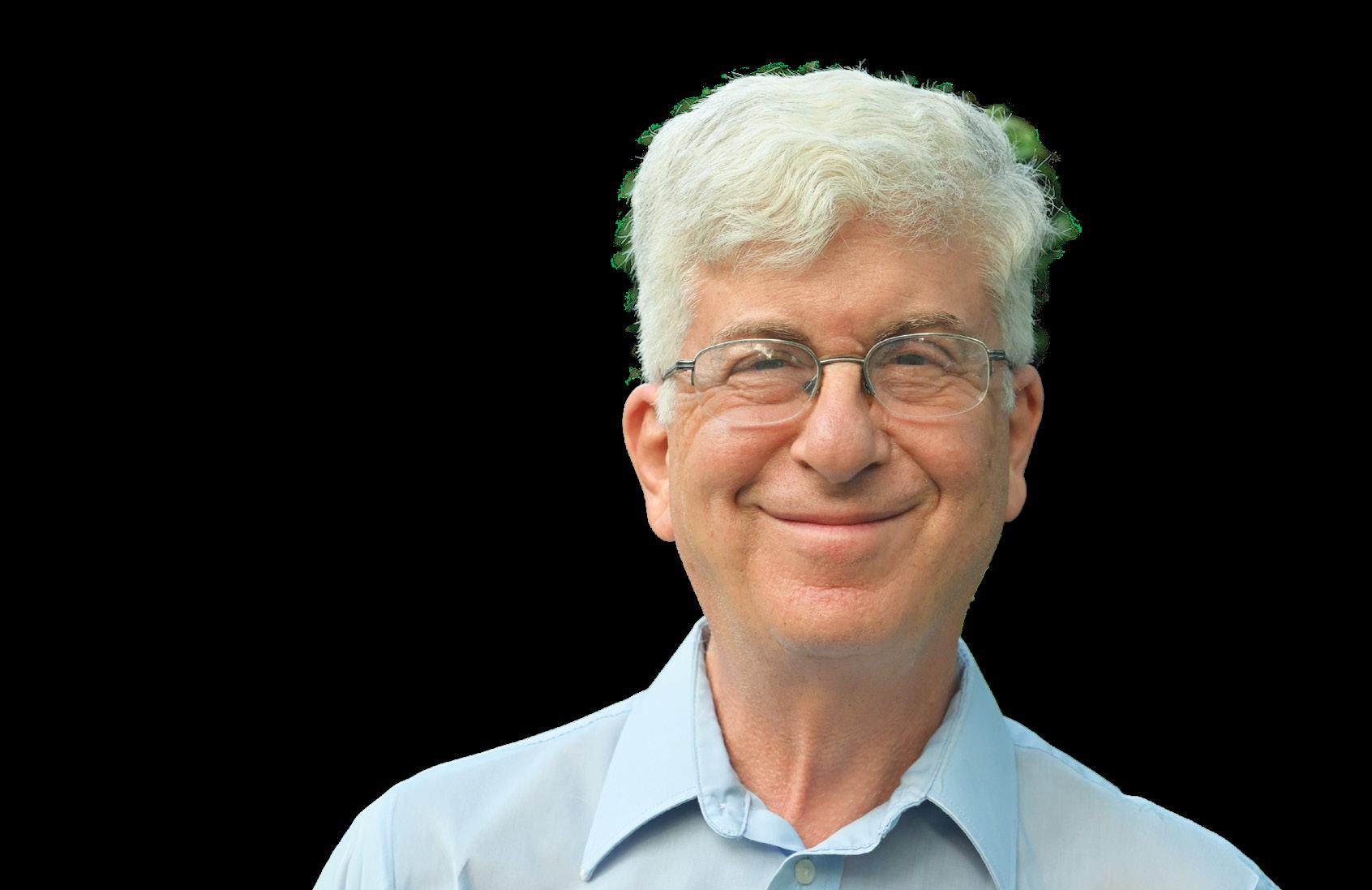
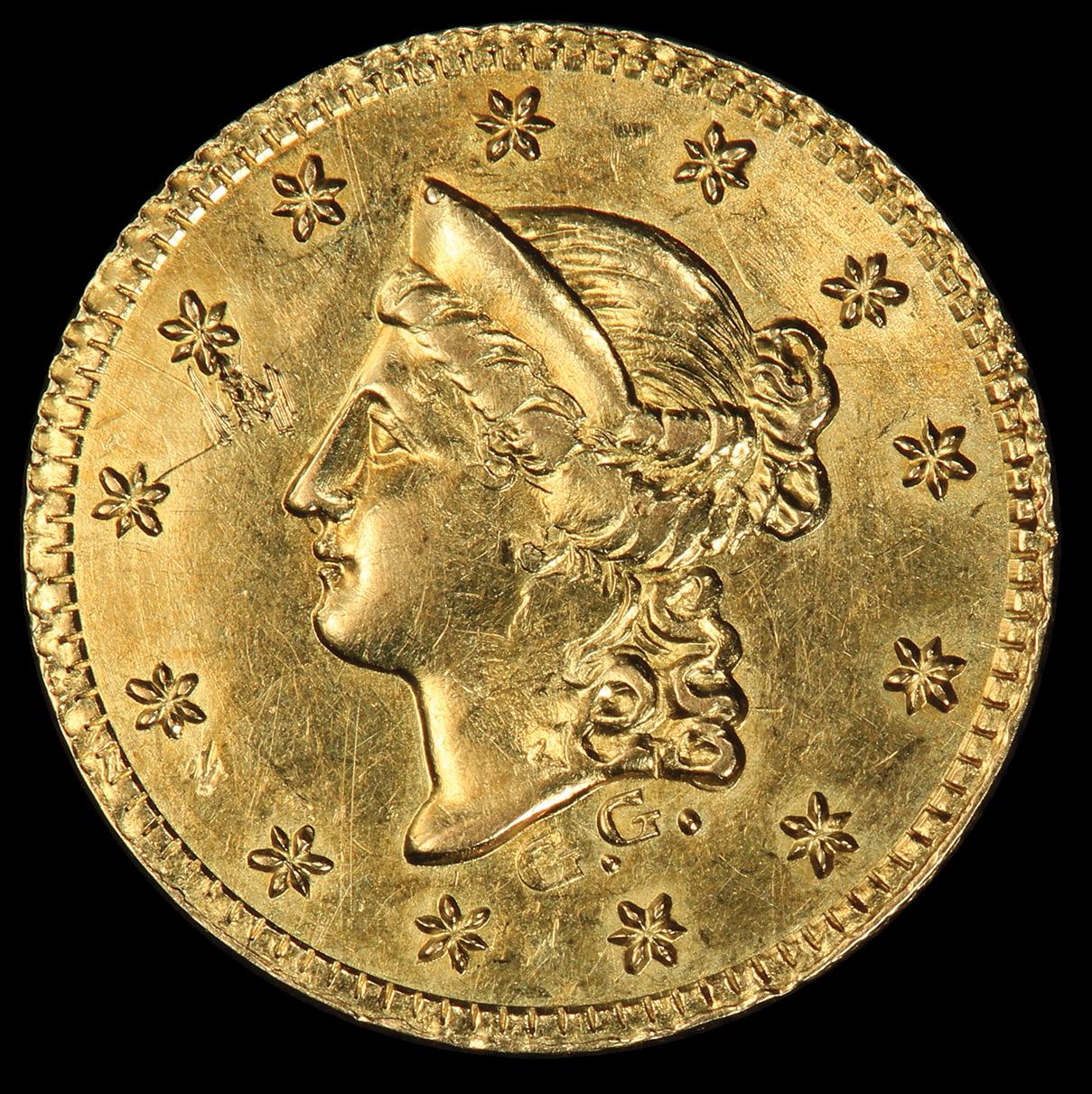
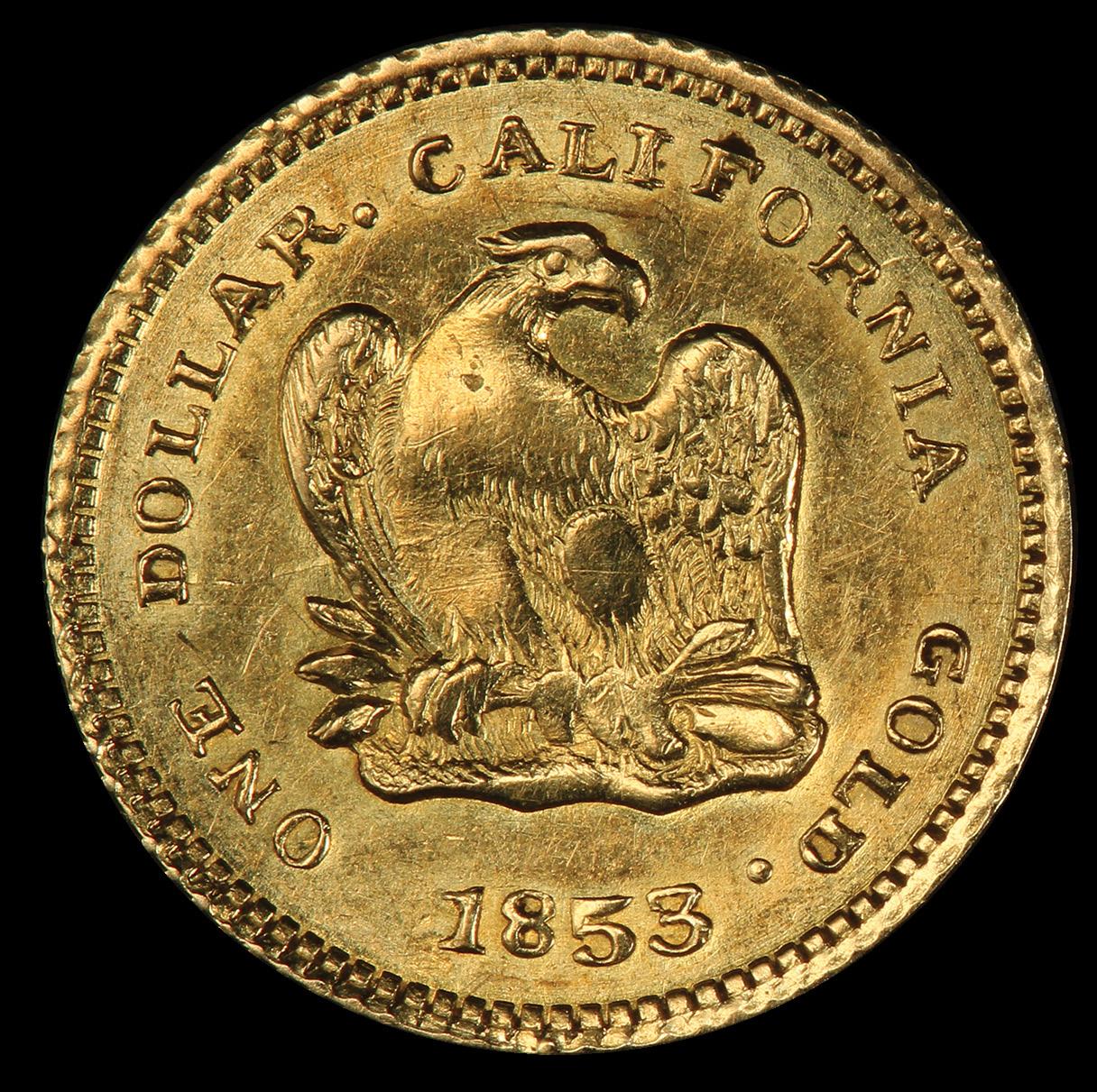
Bob Lande loves California Fractional gold coins. These Gold Rush-era coins are characteristically rare, obscure, and enigmatic. And the longtime collector will tell you off the bat that “he will never be able to finish” his collection. He even says as much in his PCGS Set Registry bio. But this doesn’t deter him. In fact, it compels him.
“The joy, the challenge, the fun that comes from gradually building a collection is in the quest, not the result,” asserts Lande. “If I could wave a magic wand and have a complete set of any type of coins I could imagine, that would be fun for only a day.”
It’s the journey that he’s been on since his childhood in the 1950s, when he’d ask his dad if he could check his change. It became a father-son ritual that led young Bob toward building – and completing – a variety of contemporary coin sets of the day.
By the late 1990s, Lande’s interest turned toward California Fractionals, which he found to be a challenge he could afford and that was “off the beaten track.” He focuses on Period 1 coins, which were privately struck due a shortage of official U.S. coins on the West Coast during the Gold Rush. These gold coins are so scarce that even the most “common” varieties have fewer than 1,000 known specimens, and many yield fewer than 10.
His favorite coin is an 1853 Eagle Round Dollar cataloged BG-604 by California Fractional experts Walter Breen and Ronald Gillio. One specimen of this ultra-rarity resides in his collection with some minor damage. “But there are only two others of this variety known. I might never get a chance to purchase an undamaged piece, so I purchased this one.”
Over his many years as a California Fractional collector, Lande has built a network of like-minded friends. “I have also
gotten to know several dealers who I consider to be much more than just people with whom I have a business relationship. My collection would not be anywhere as complete or as fine as it is with the assistance, advice, and wisdom of specialists in the area.”
Lande’s passion for California Fractionals has helped him become one of the genre’s leading experts, landing him the esteemed role as a coauthor of the third edition of California Pioneer Fractional Gold . Originally authored by Breen and Gillio, the new book, due out in the next few months, sees Lande join lead author Robert D. Leonard and several other experts in updating a tome regarded as the authoritative work for this area of the hobby.
Lande recommends collectors beware of the many imitations and fakes of California Fractionals, which is why he sticks to PCGS-graded examples. “Without third-party certification I'd never even have started to collect ‘Cals’.” He also says many examples were formerly used in jewelry and frequently contain damage from bezels or mounts. “Don't ignore collecting ‘Cal’ jewelry and ex-jewelry pieces,” he says. “By collecting jewelry and ex-jewelry pieces you can have all
of the fun and romance of collecting this incredible series at a fraction of the price. And for the rarest pieces, you might only find ex-jewelry pieces.”
He also offers a kernel of wisdom he gleaned from his mentor in the field, the late Jack Totheroh. “He counseled patience,” reflects Lande. “Unless the coin is one of the true rarities, it will be on the market again within a reasonable period of time. So do your research as to rarity, price, availability, and grading, and set a limit that you are willing to pay for each coin. Don't exceed the limit. It's fine if your collection only grows gradually.”


Joshua McMorrow-Hernandez has won multiple awards from the NLG and ANA for his work as a numismatic journalist and editor. He has been a coin collector since 1992 and enjoys all areas of United States coinage and U.S. minting history.





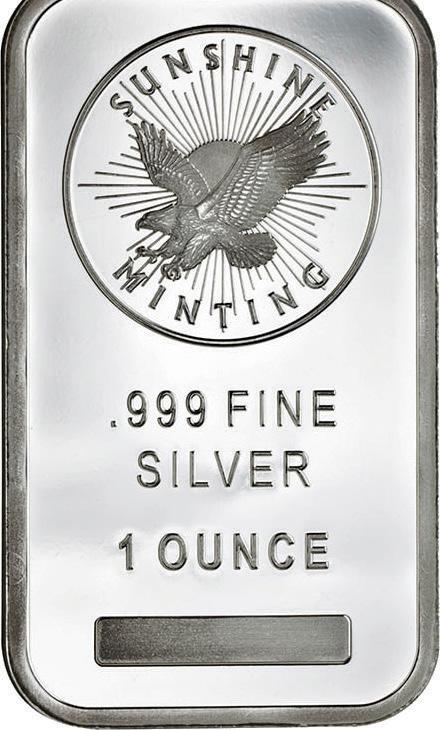

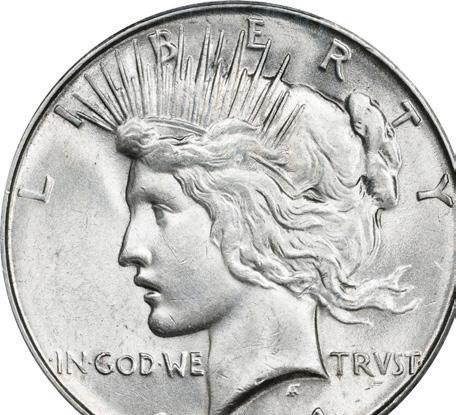
By Matthew Jackson
Matthew Jackson is a longtime coin collector who enjoys collecting classic U.S. commemorative coins. Courtesy of Matthew Jackson.
My name is Matthew Jackson, and I am from Missouri. I have been into collecting coins for a long time now. My first coin collecting memories are from about 12 years ago. Beginning when I was around six years old, my grandpa would give me coins every time he visited. My grandpa is my coin collecting inspiration. He was the one who got me started in the hobby. Without him, I probably wouldn’t be interested in coins, and definitely not where I am today. Thank you, Grandpa!
A few years ago, I was at a coin shop in Rochester, Illinois, when I came across an 1893 Columbian Exposition Half Dollar. Right away I thought it was a beautiful coin. When I found out it was under $20, I knew I had to get it for my collection. A while after that I was at a local coin shop in St. Louis, Missouri. I was looking at their bargain wall and came across a Booker T. Washington Half Dollar. The best part about this is that I was reading Booker T. Washington’s book Up from Slavery for school at that time. Because of this, I ended up getting the coin. Since finding those two coins, I have become extremely interested in commemorative half dollars. They are the main series I collect now.

in our country’s history.
My favorite commemorative half dollar is the 1918 LincolnIllinois type. I have been obsessed with Abraham Lincoln since my earliest days. But what I find intriguing about the 1918 Lincoln-Illinois Half Dollar is that while many coins featuring Lincoln portray him during his presidency, the commemorative half depicts him as a young adult before he was president.
I am passionate about educating others on the great hobby of numismatics. I am also fervent about making sure people know what they are doing and how to avoid getting scammed. I even delivered a coin talk for the senior-citizen members of my church, teaching them the basics of numismatics and how to protect themselves from getting taken advantage of. This is supposed to be a safe and fun hobby!
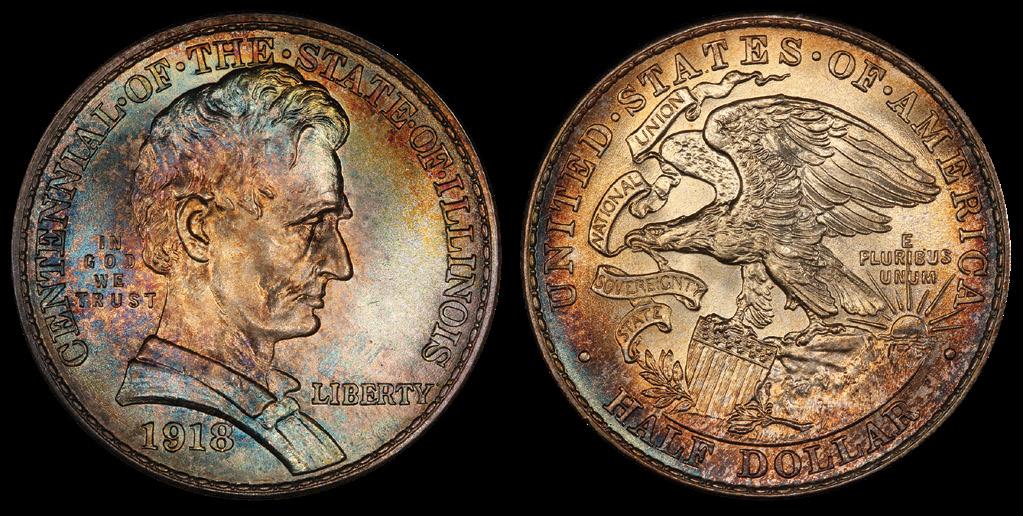
Matthew Jackson finds the 1918 Lincoln-Illinois Half Dollar intriguing for its pre-presidential portrait of Abraham Lincoln. Courtesy of PCGS TrueView.
My set is really coming along as I write this. I already have most of my favorite issues. Eventually my goal is to complete the commemorative half dollar set. This is a really fun set for me to collect because I’m a big history guy, and these coins commemorate some extremely important events and moments
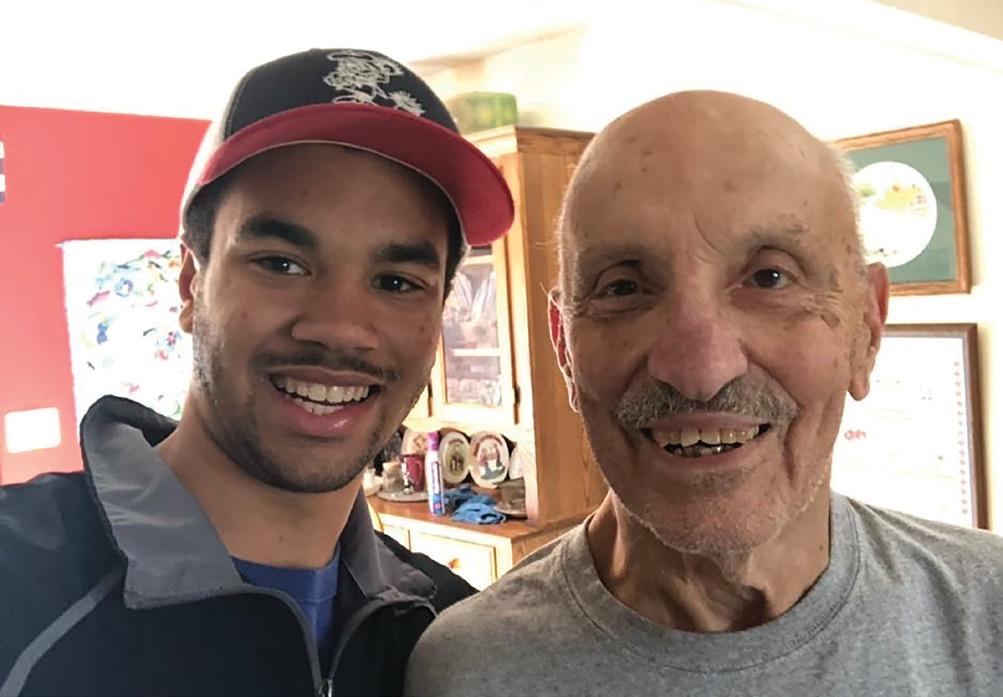
Matthew Jackson shares some smiles with his grandfather. Courtesy of Matthew Jackson.
I plan on making numismatics my career. I currently work at a coin shop called Scotsman Coin & Jewelry, and I buy and sell coins on the side. I am still trying to figure out where my place in numismatics will be for the future: grading, owning my own coin business, working at a small shop, or working at a big coin company. Regardless of what my future holds, I love this fun and profitable hobby!

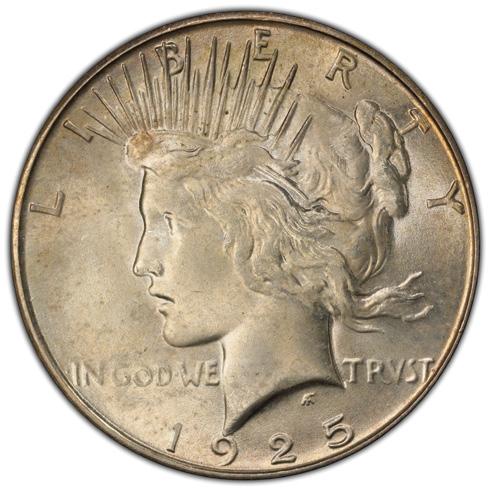
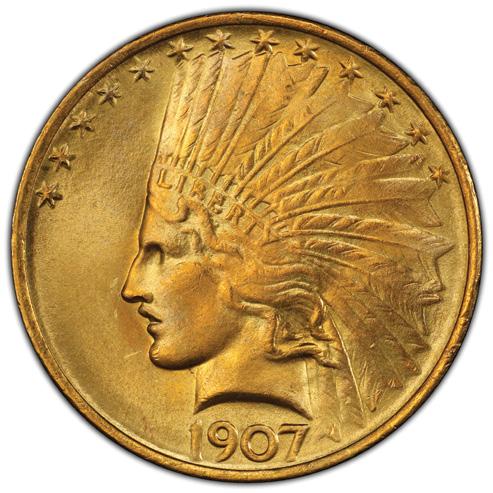
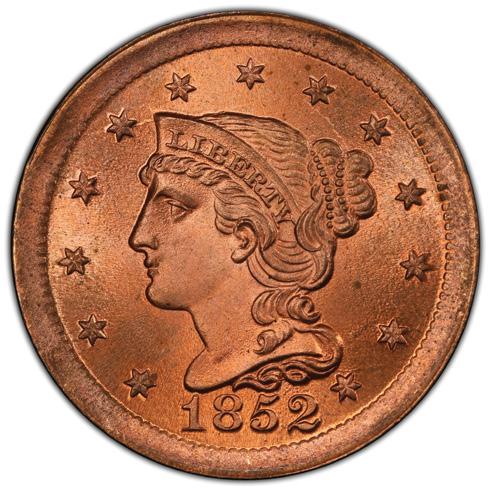
By Edward Van Orden

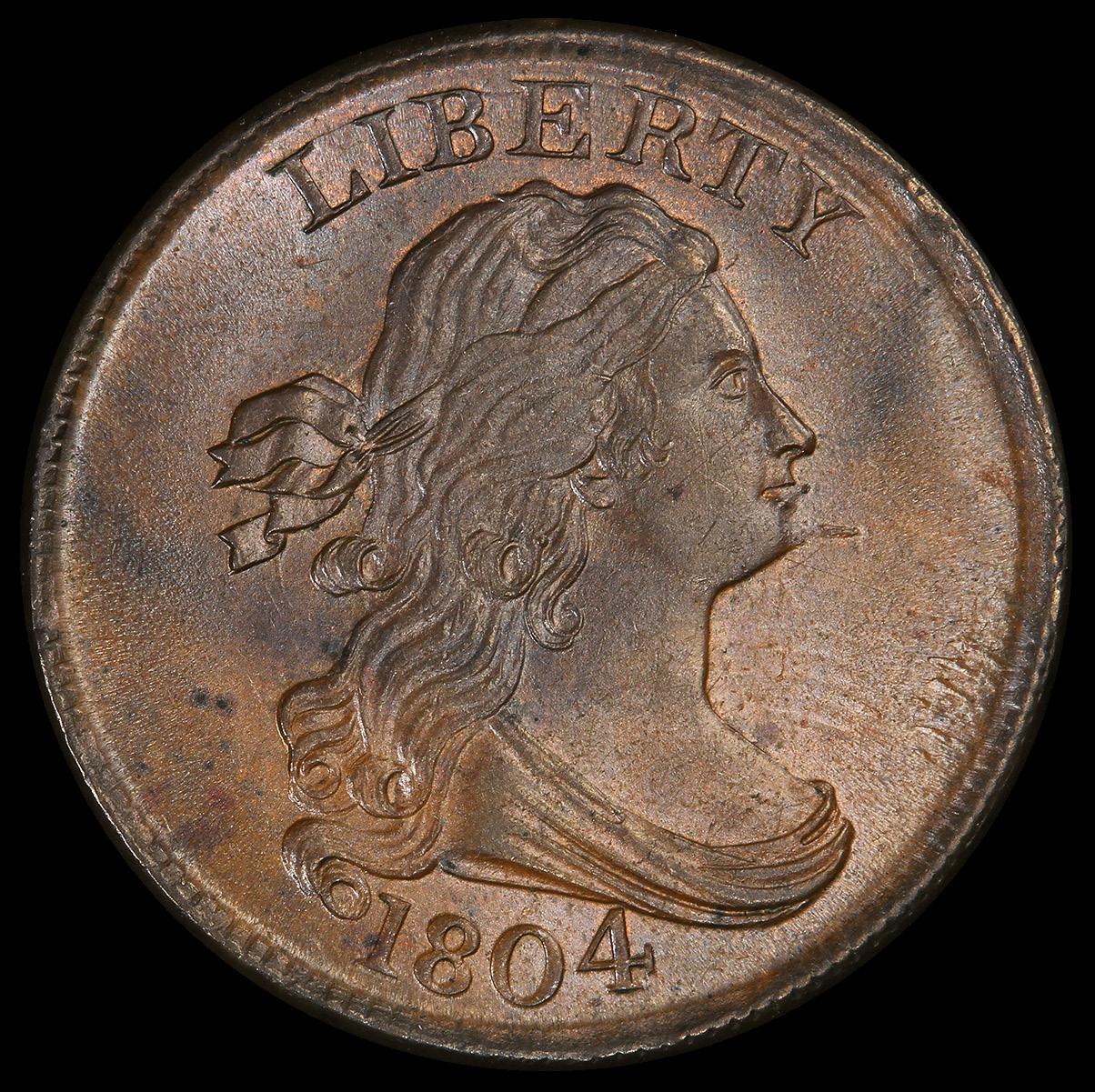
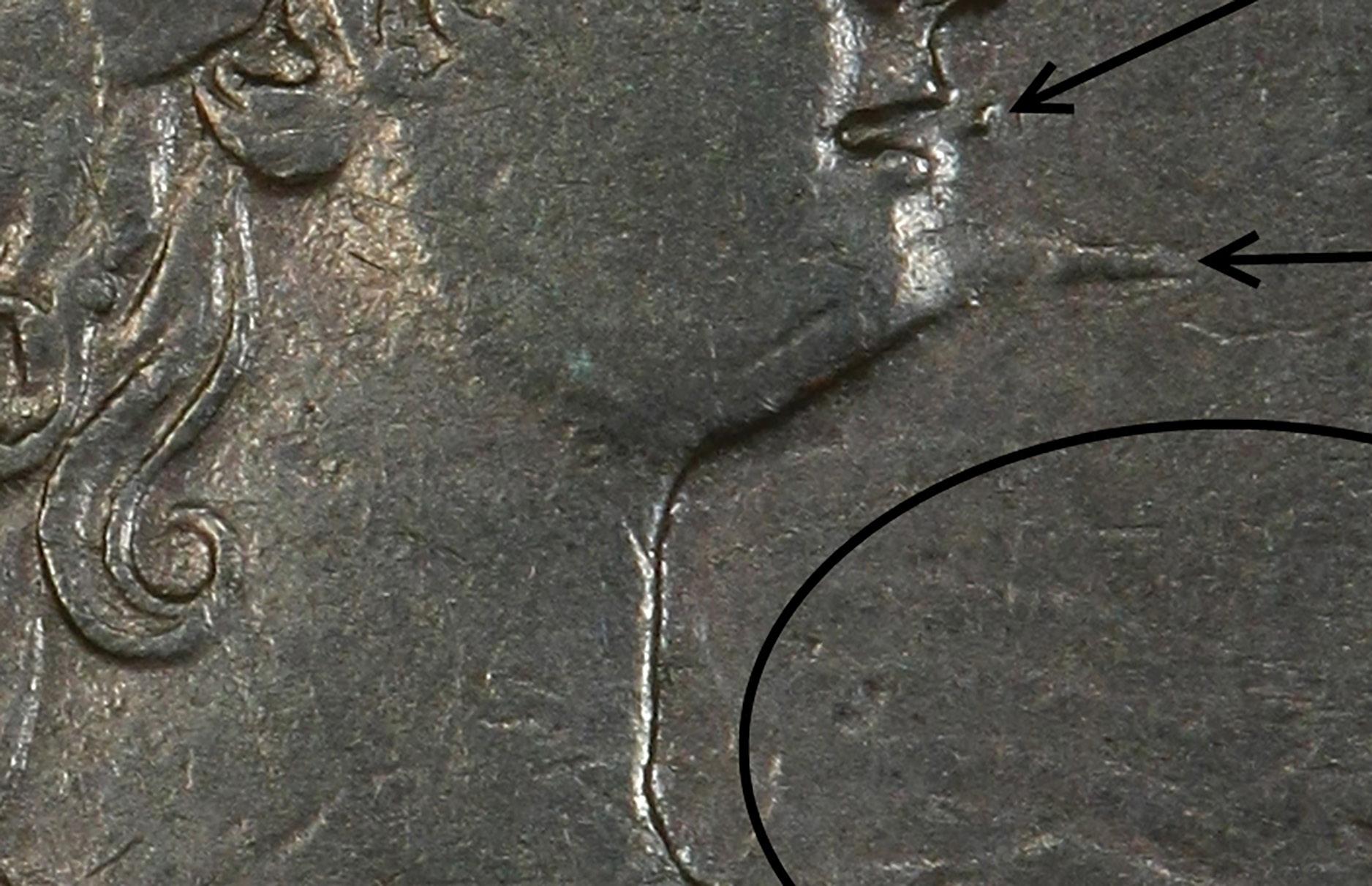
The 1804 Spiked Chin Draped Bust Half Cent is one of the earliest-dated U.S. coins to carry a whimsical moniker denoting its variety. Courtesy of PCGS.
Errors and varieties are usually named after the descriptors used to inform the onlooker of the nature of the error or variety, such as doubled die obverse, double struck, and/or misplaced date. There are a few die-error varieties, however, that derive their monikers from how the resulting error resembles something recognizable in real life.
One of the earliest examples of a nicknamed die-error variety is the 1804 Spiked Chin Draped Bust Half Cent. Paired with six different reverse dies, this obverse die developed a low-relief large spike-shape protrusion extending from the chin (along with a smaller spike between the lips and horizontal lines about the neck) during its third pairing (Cohen-5). As this was in all likelihood not by design, the damage may have been caused when a screw or something similarly shaped was unintentionally struck into the die. As mentioned in a previous installment of this column, the expensive and time-consuming process of creating new dies in the early days of the Mint probably explains why this cracked obverse die continued to be used. Cohen-5, along with the subsequent Cohen-6, Cohen-7, and Cohen-8 die pairings, are all referred to as the “Spiked Chin.”
A similarly derived early issue die-error variety sobriquet is the 1807 Bearded Goddess Capped Bust Half Dollar (Overton-111b). This first obverse die bearing John Reich’s new design developed a die break between Liberty’s chin and bust (which eventually extended through the lips, nose, eye, and hair through the headband and down through the bust into the date). Like the Spiked Chin, the Bearded Goddess is a later die state of an obverse die without any die cracks (Overton-111). This die-error variety, which just so happens to be paired with the blundered 50 Over 20 reverse, is avidly sought by Capped Bust specialists and error enthusiasts alike.
The 1888-O Hot Lips Morgan Dollar is perhaps the most popular doubled die obverse in the entire Morgan Dollar series. The obverse features a boldly doubled facial profile and wheat and cotton leaves above “LIBERTY.” However, it is the doubled set of lips for which this die variety is named. But “Hot Lips”? It is conjectured that the nickname derives from a character in the 1970 movie M*A*S*H, a wellreceived comedy depicting a unit of medics serving during the Korean War. Attributed as VAM-4, the “Hot Lips” variety is considered the No. 1 doubled die obverse in the
Morgan Dollar series and is recognized among the Top 100 VAMs by PCGS.
As for 20th-century issues, the 1943 Jefferson Doubled Eye Nickel obverse is accordingly named for the dramatic northeast doubling of the eye. This doubling, along with that of the date, the motto, and “LIBERTY,” is known as Class IV or offset hub doubling. This doubling is created when the working obverse die being re-hubbed is off center in the hubbing press from a position it had been on a previous hubbing. This type of doubling is always in one direction
and its degree of doubling is constant. An original “Top 10” Jefferson Nickel variety, this doubled die obverse 5 cent coin is among the most sought-after varieties in the series.

Edward Van Orden is a variety expert at PCGS. He is an avid collector guided by his fascination with history, a life member and a California volunteer district representative of the American Numismatic Association, and a member of the American Numismatic Society and the Glendale Coin Club.
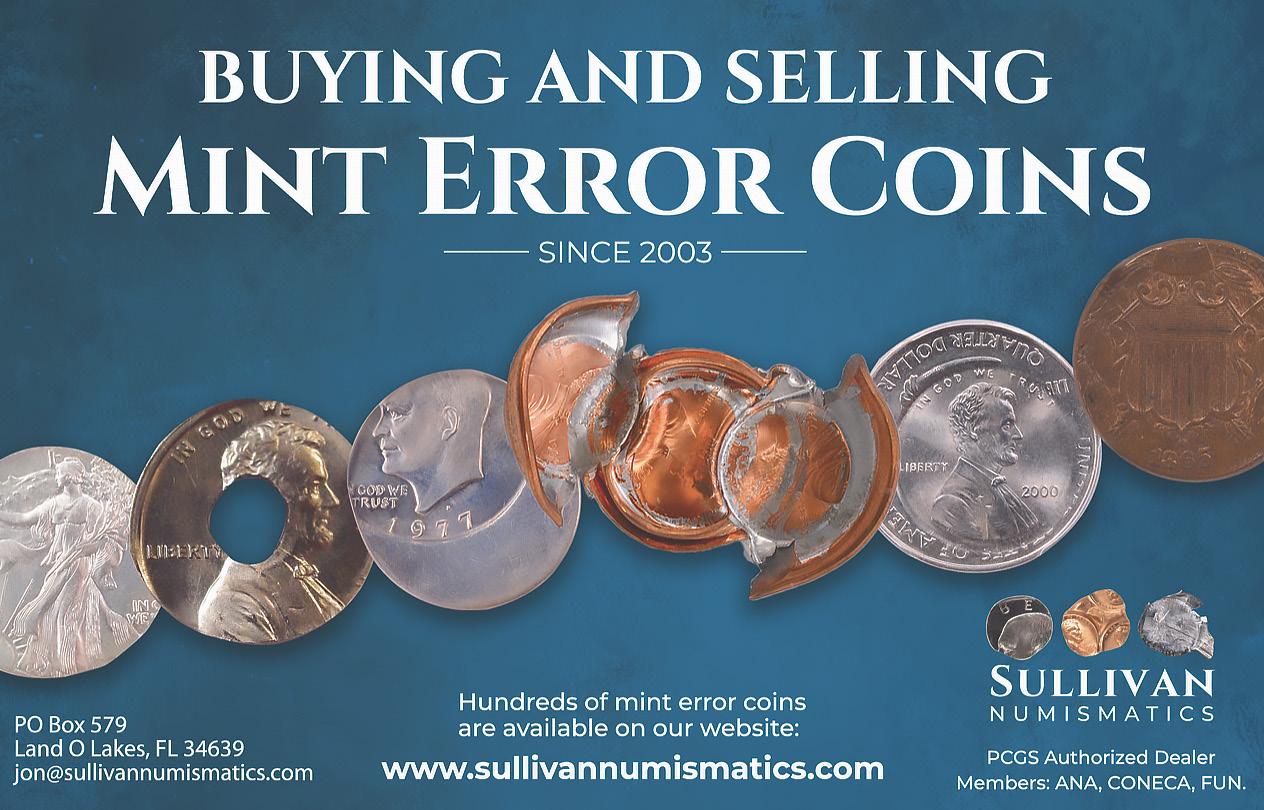
By Jaime Hernandez
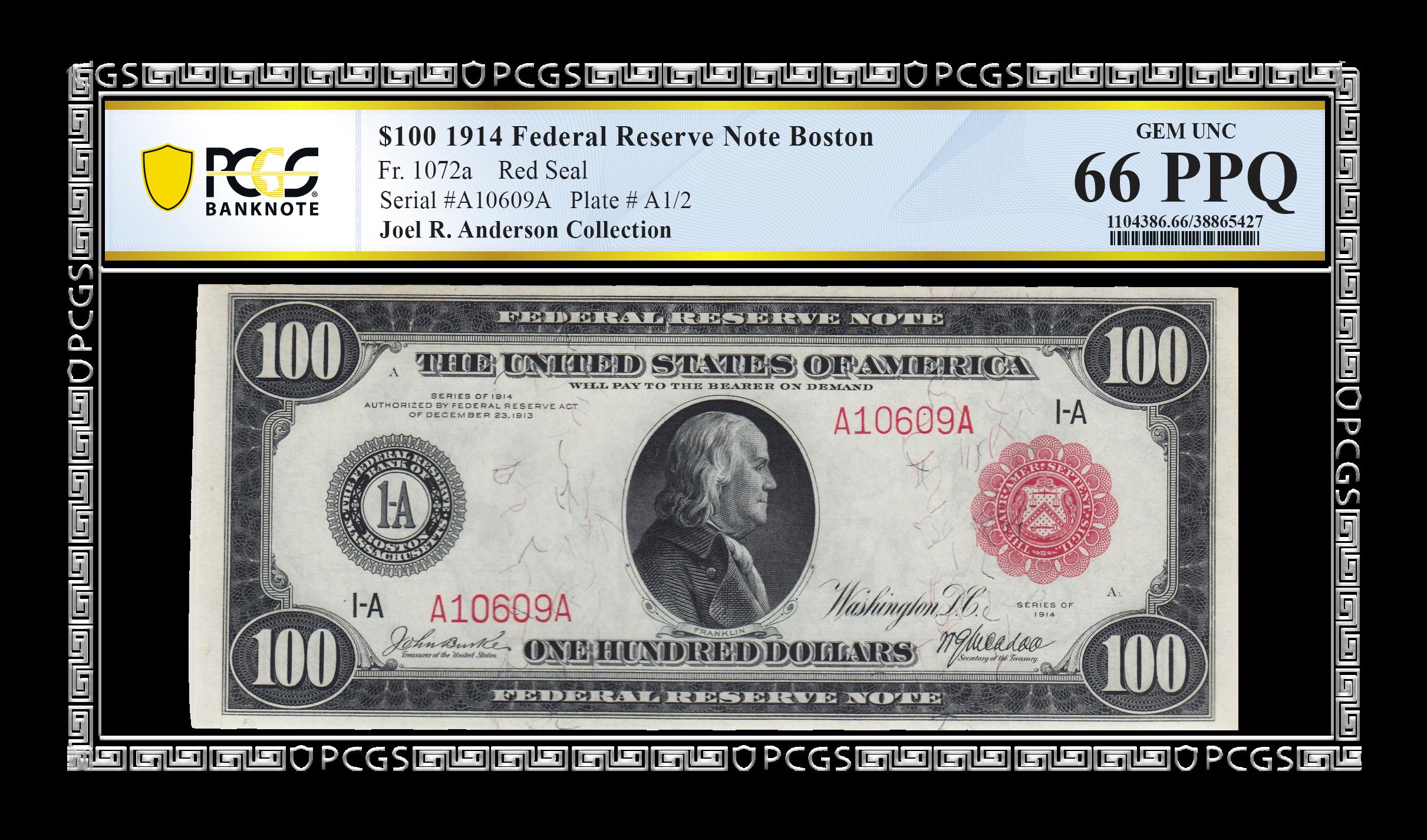
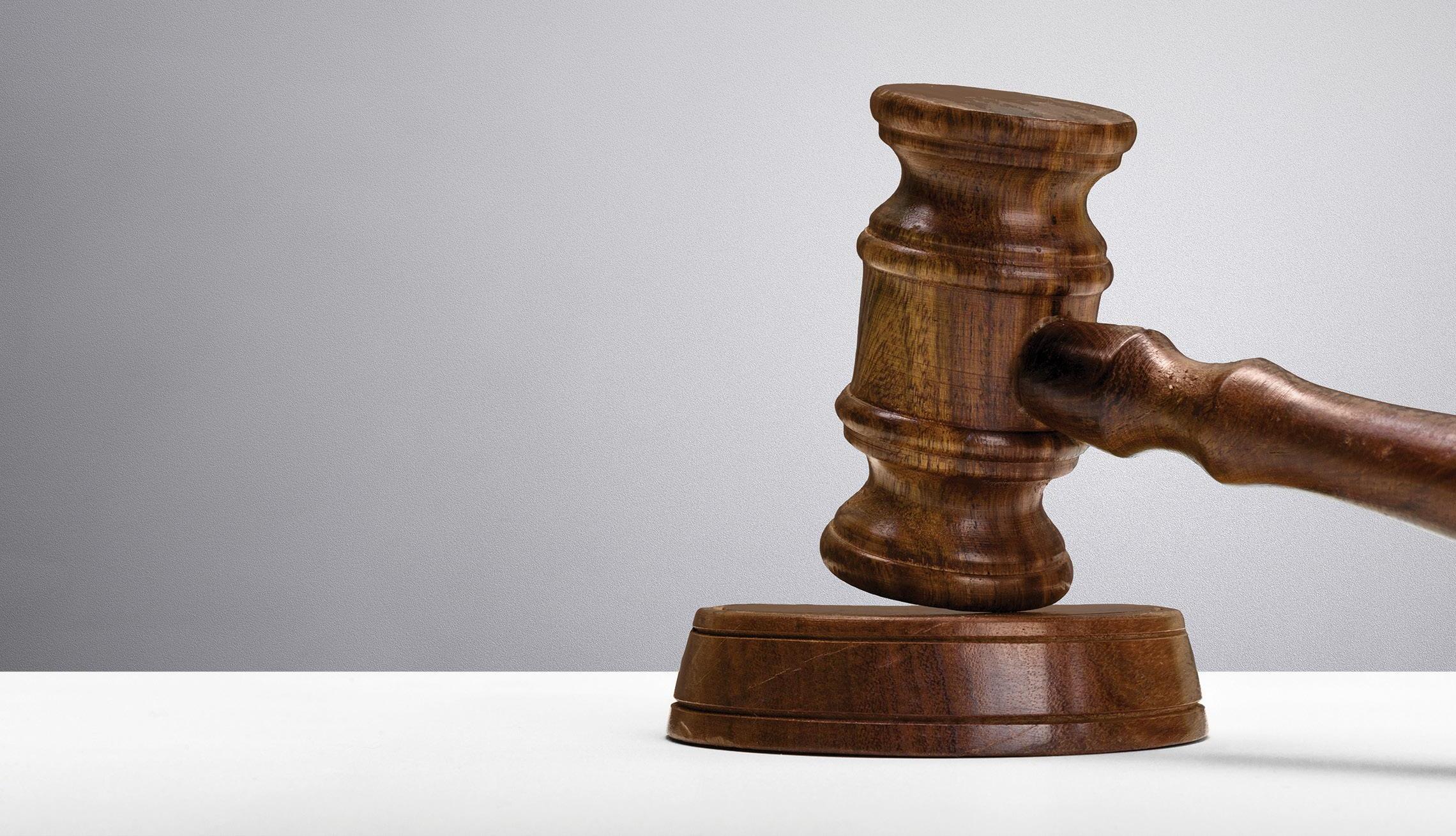

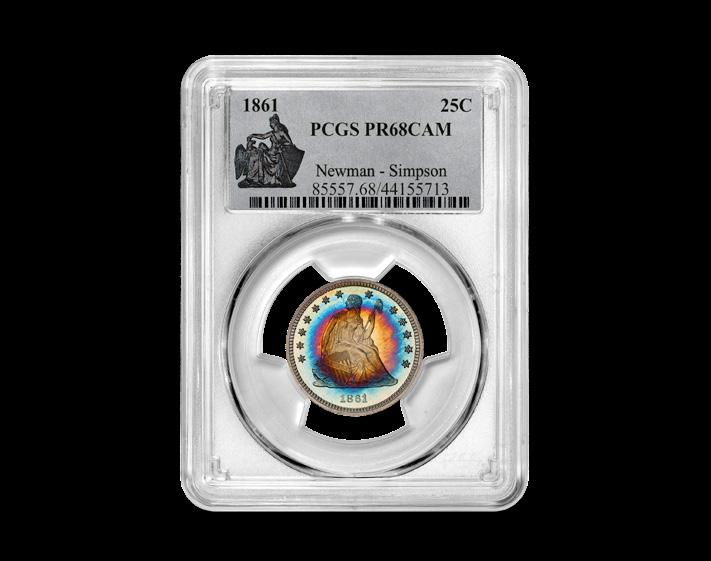
As we approach the end of 2024, we can look back at so many great coins that were bought and sold in the marketplace – many smashing price records. One great place to view all these coins that sold at auction is on the PCGS Auction Prices portal. There you can search by the most recent auctions, or you can search by auction company and even search by the highest or lowest price realized, along with many other search filters. It's a really neat feature on PCGS.com, so check it out when you can.
Now, back to our Auction Highlights installment! And as always, there are so many great coins and banknotes from which to choose. Let’s profile two important coins and an interesting banknote that recently sold at auction for outstanding figures!
This nice 1861 Liberty Seated Quarter is graded PCGS PR68CAM, and while it has a reported mintage of 1,000 coins, far fewer survive due to the melting pot or other losses to the hands of time. PCGS has graded about 160 examples in all grades combined, with the majority of them grading PR64 or lower. With cameo surfaces, only five exist in PCGS holders. In May 2024, the highest-graded example, a PCGS PR68CAM, was sold by Heritage Auctions for $156,000. Its superior grade, coupled with colorful, attractive toning on both the obverse and reverse, drummed up many strong competing bids for this exceptional specimen.
The 1918/7-S Standing Liberty Quarter overdate variety was first discovered in 1937. Amazingly, about 20 years went by
with most collectors being unaware of this novelty. Collectors and dealers soon realized how scarce this variety really was. Although many examples have been found since its initial discovery, the coin has proved to be scarce in terms of the relationship between its scant supply and high demand. Even worn examples in Fine or Very Fine command thousands of dollars each, while uncirculated specimens seldom appear on the market and garner astronomical sums. Recently a PCGS MS65 example was sold by GreatCollections for $182,812.
$100 1914 Federal Reserve Note Boston PCGS GEM Unc. MS66 PPQ
This $100 1914 Fr. 1072a Red Seal Federal Reserve Bank Note, graded PCGS Gem Unc. MS66 PPQ, sold for $21,600 at a Stack’s Bowers Galleries sale in August 2024. It is estimated that this banknote is just one of 16 known examples. It’s truly amazing how this note, at more than a century old, remains in immaculate condition, its right-facing profile of Benjamin Franklin as well as red and black seals still crisp.

Jaime Hernandez is an editor for the PCGS Price Guide and has been a proud member of the PCGS team since 2005. By the time he reached his early 20s, Jaime was successfully buying and selling coins with some of the most prominent dealers and collectors in the country. Email: jhernandez@collectors.com
By Jay Turner PCGS
German States Stolberg-Wernigerode 1710-IIG 2
Thaler Dav-2789 or Dav-LS489, PCGS MS61.
Image courtesy of PCGS.

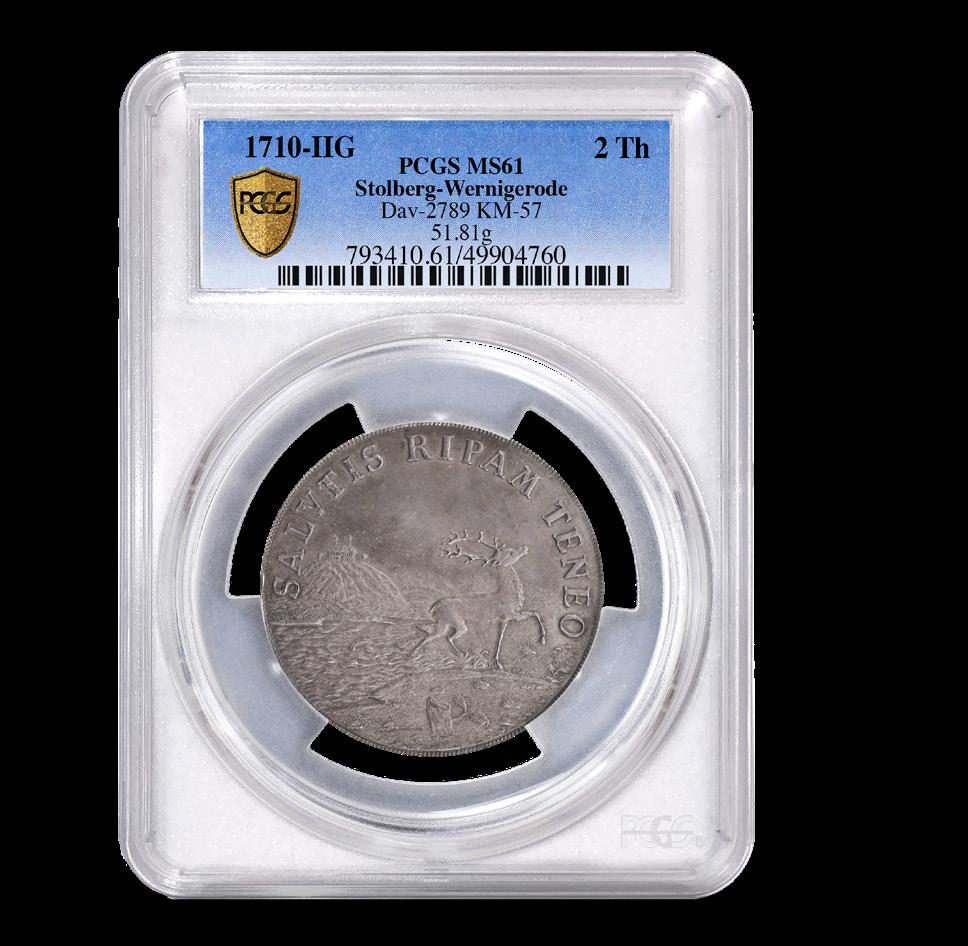

A “death thaler” is a term given to a coin struck in commemoration of a death of an important person of nobility or royalty. The death thaler featured here is from the German States of Stolberg-Wernigerode, which is located in the Harz region, now part of Saxony-Anhalt. The coin, a two thaler, was made to commemorate the death of Ernest, the Count of Stolberg-Ilsenburg who died on November 9, 1710, in Ilsenburg.
One side of thaler contains text in Latin, which roughly translates to “Dedicated to the memory of Count Ernest of Stolberg, Konigstein, Rochefort, Wernigerode and Hohnstein, Lord of Eppstein, Minzenberg, Breuberg, Agimont, Lohra, and Klettenberg. He was born in Ilsenburg on March 25, 1650, came to power in 1672, and from his marriage to Sophia Dorothea, Countess of Schwarzburg and Honstein in the same year, became the father of four children, three of whom had already died, and died in Ilsenburg on November 9, 1710.” It is with this, his list of accomplishments and death, that this is referred to as a death thaler. After his death, his will left 1,000 thalers to a charitable trust fund that was known as the Greizer Bequest which would support the poor and those in need in the County of Wernigerode until 1931.
The other side of the coin showcases a design unique to this coin, yet features the common element of many Stolberg coinage: a stag. The House of Stolberg arms feature that of a stag, hence this would be an icon used on much of the
looking like it has just emerged; above that device, a Latin inscription reads “SALVTIS RIPAM TENEO” or “I keep the bank safe.” In the background atop a mountain is Wernigerode Castle, a monument that still stands today. It was in 1710 when the seat of government was moved back to Wernigerode by his successor Christian Ernest of Stolberg-Wernigerode. This coin, which was graded at the PCGS office in Paris, was certified as genuine and received the grade of MS61. It is now protected and housed in an oversized PCGS holder to accommodate the coin’s size. The coin had just sold earlier in April of 2024, where it realized 13,000€ ($14,450USD) without buyer’s premium, in a Dr. Busso Peus Nachfolger Auction. With its wonderful design and history, the coin is definitely a highlight of any collection.

Jay began collecting coins at the age of 13, when he inherited his uncle’s coin collection. Turner is proficient in U.S. and world coins, token and medal variety attribution, grading, and counterfeit detection. In 2017, Turner joined PCGS as a grader specializing in world coins. He is stationed at the PCGS U.S. headquarters and grades onsite for the Shanghai, Hong Kong, and Paris offices.
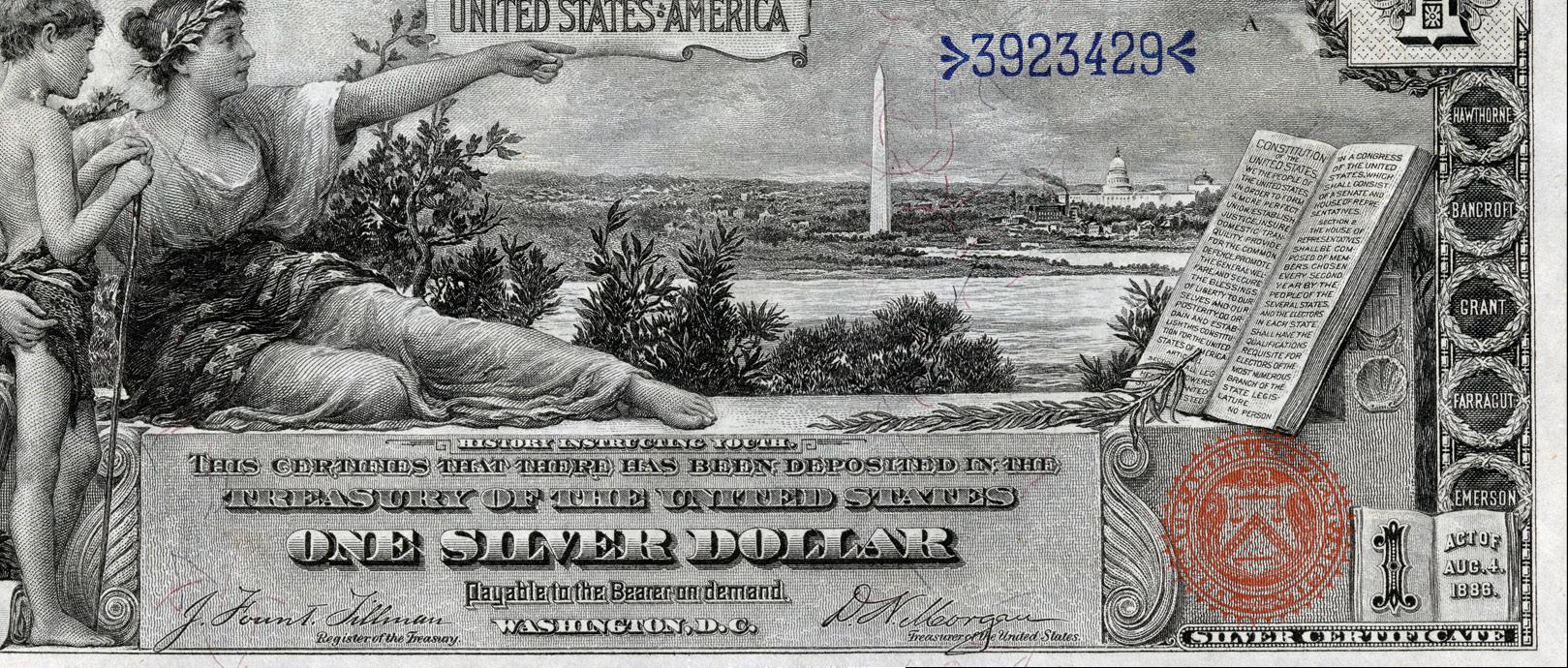
By Nathaniel Unrath
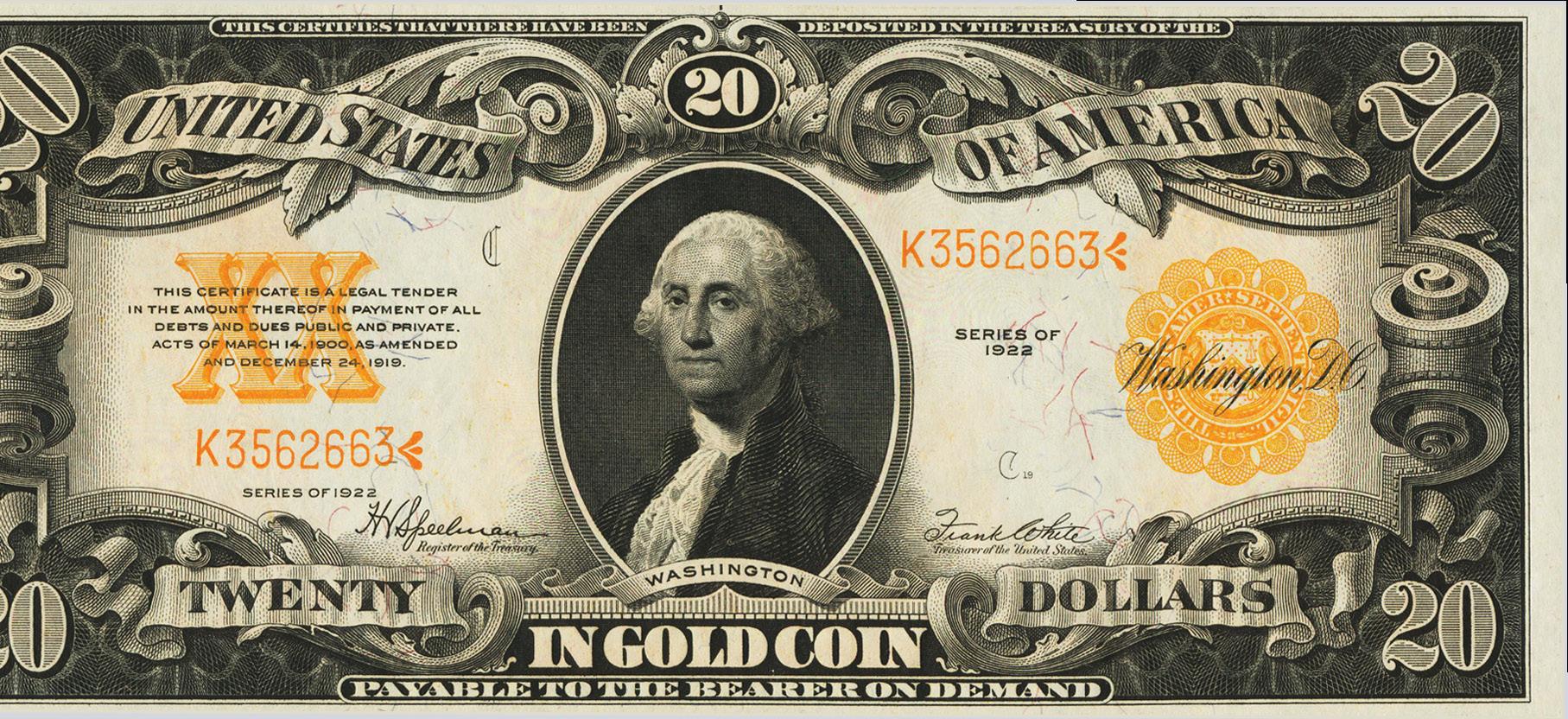
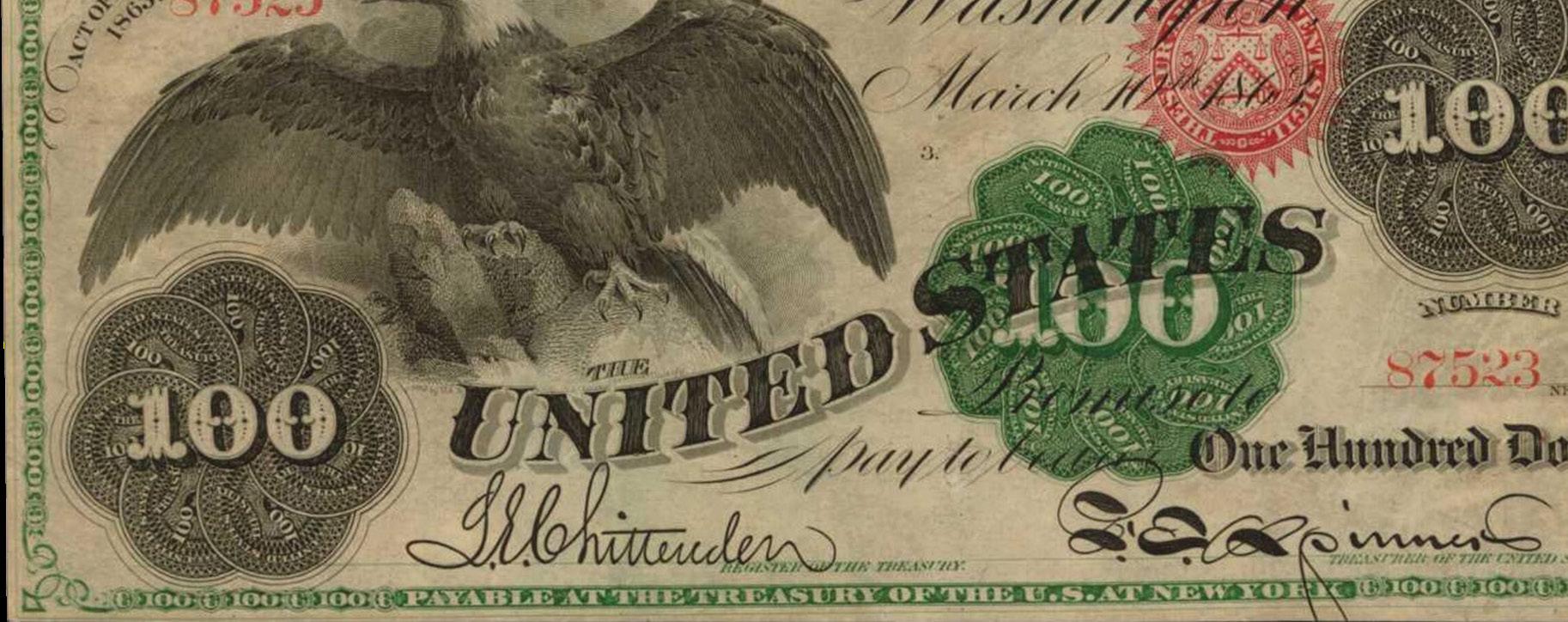
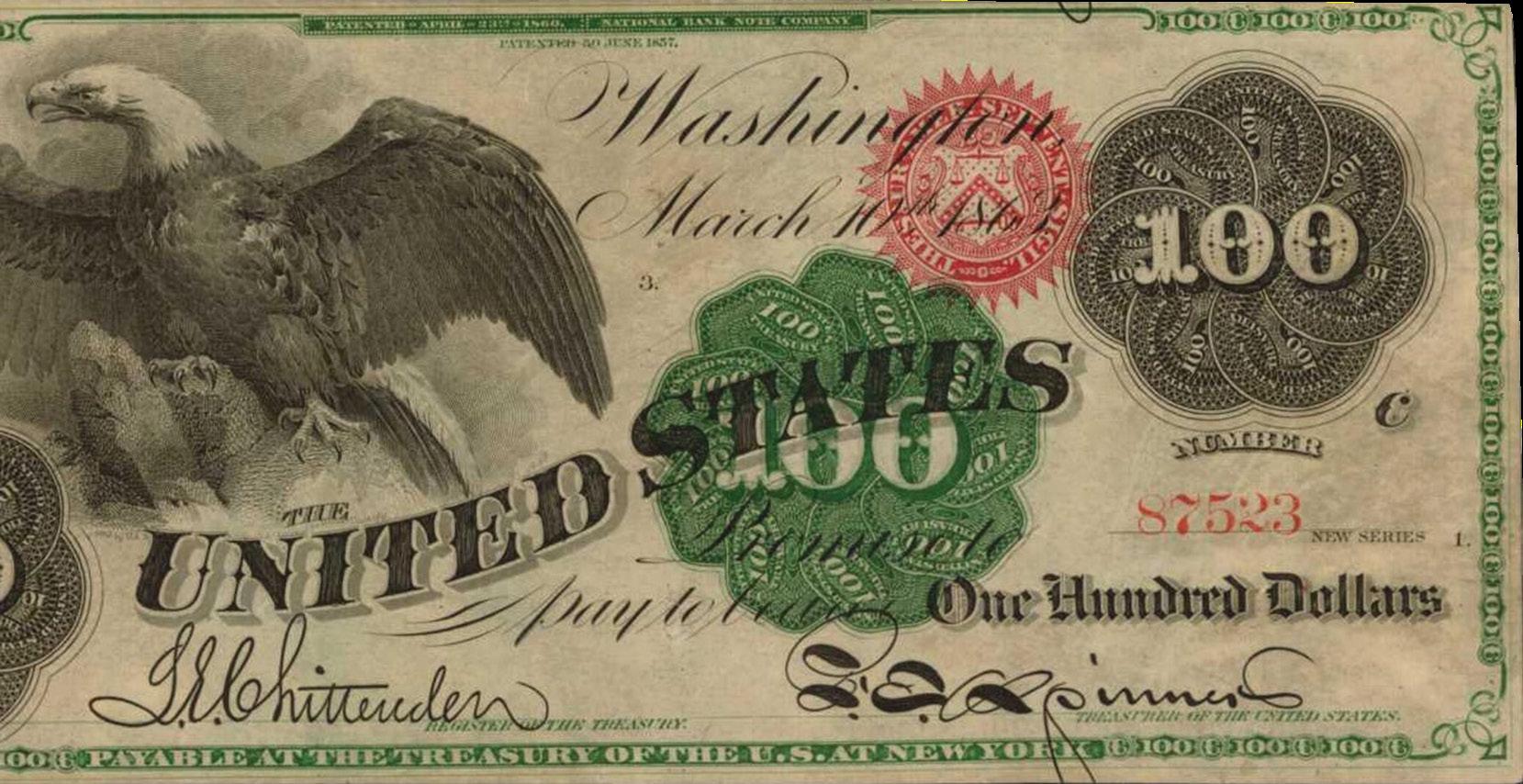
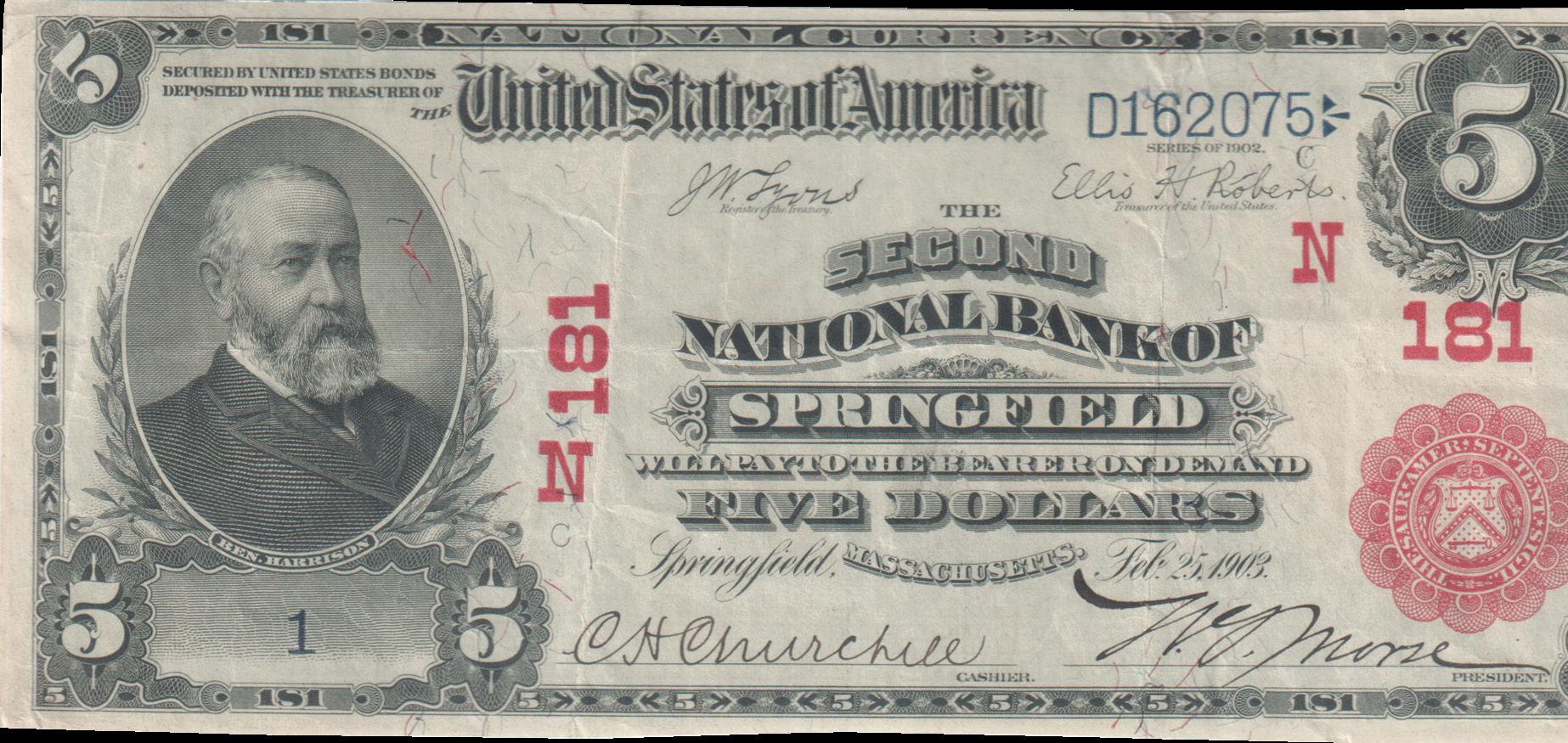
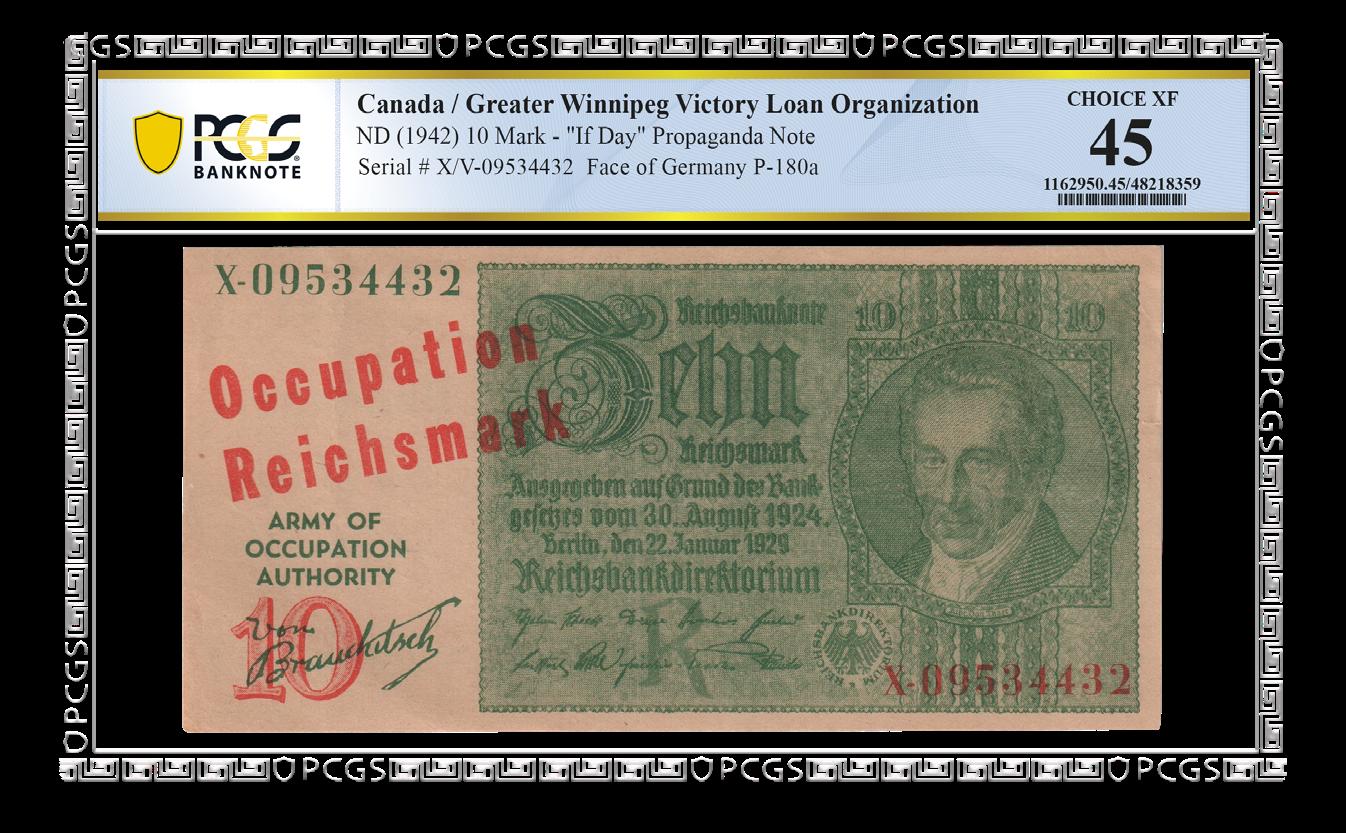
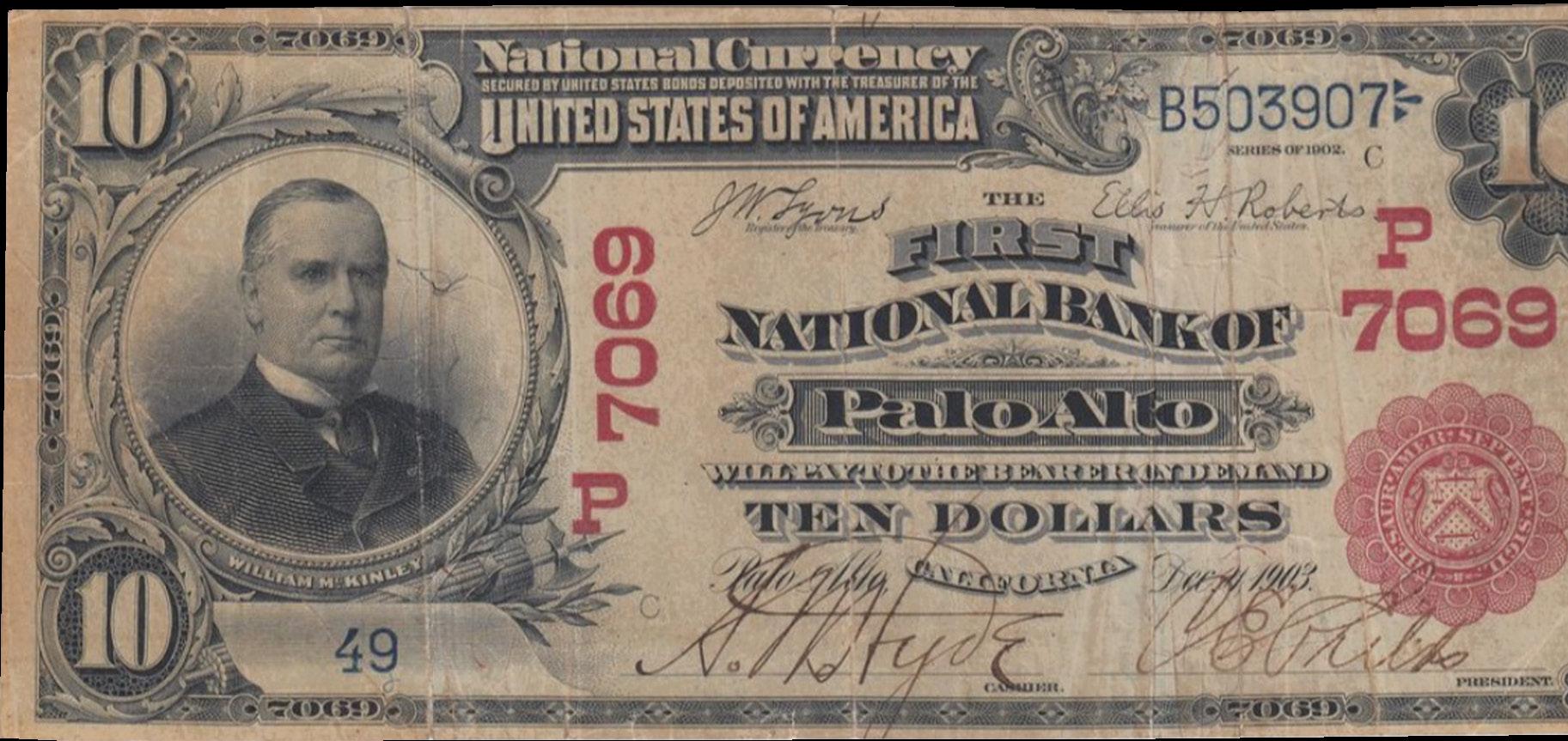
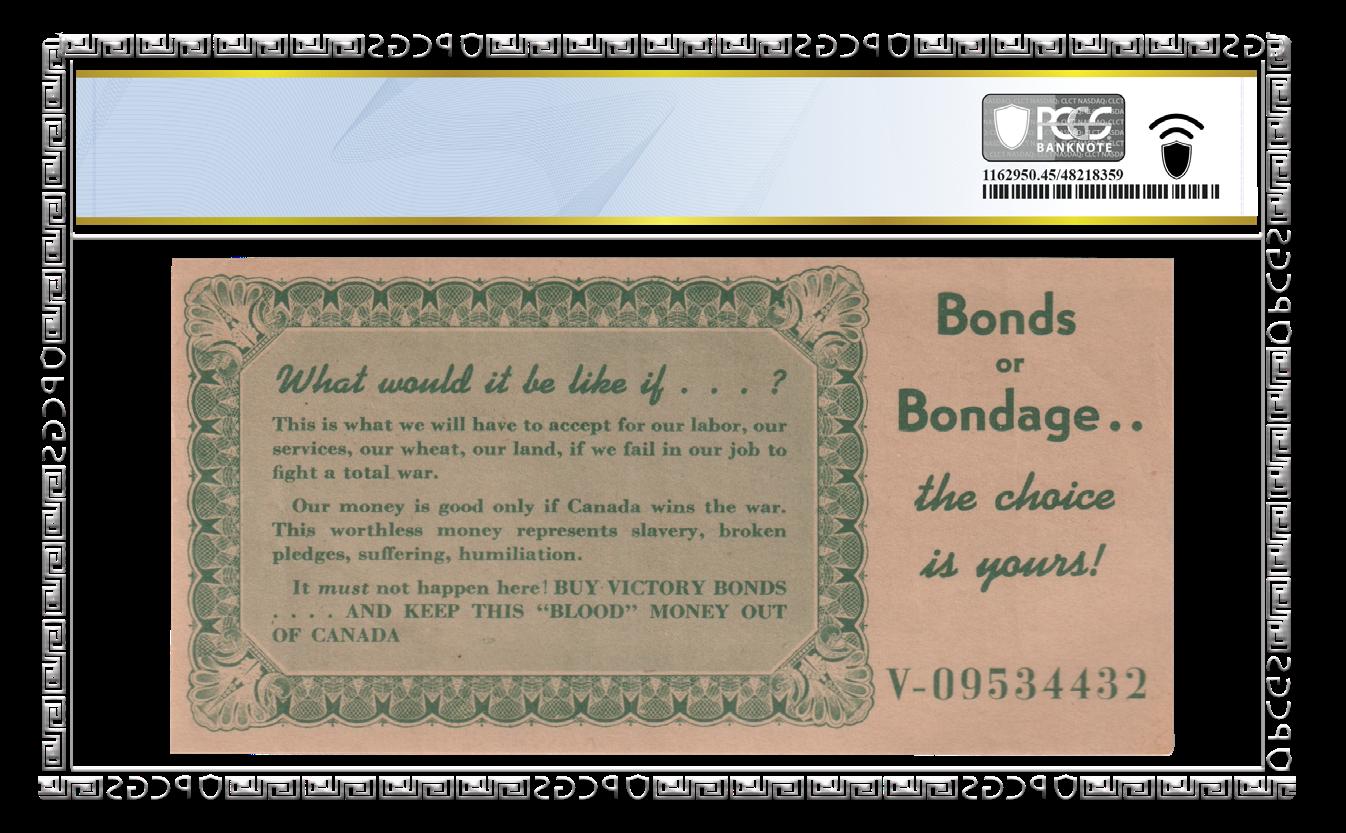
Canada “If Day” Propaganda Note. Courtesy of PCGS.
Raising the money to fight a war has always required ingenuity. In late 1941, the Province of Manitoba’s branch of the Canadian National War Finance Committee faced a problem: the second Victory Loan campaign required raising at least $45,000,000 (the equivalent of almost $620,000,000 in modern US dollars) by selling war bonds, and the Greater Winnipeg Victory Loan Committee knew that the weather in Manitoba in February made following the national campaign of lighting "Beacon Fires of Freedom" in towns all over the country a non-starter.
The solution? “If Day.” Instead of telling people how important it was to buy war bonds, the Loan Committee would show them. With the assistance of the Canadian Army, local officials, and the media, on February 19, 1942, they staged a mock invasion of Winnipeg. “If Day,” as in, what if the Germans reached Manitoba?
It was a promotional campaign to make Don Draper proud. (Or Orson Welles – radio broadcasts from Winnipeg could reach northern Minnesota, so they warned residents of neighboring areas in advance, to prevent a “War of the Worlds”style panic.) Some 3,500 real Canadian Army members
attempted to defend Winnipeg against volunteers sporting rented Hollywood uniforms and painted saber scars. There were simulated bombings and demolished bridges, as well as fake tank and anti-aircraft fire. The faux invaders “arrested” local politicians and took them to an “internment camp.” They “suppressed” or subverted the local press. They burned books in front of the Winnipeg Public Library. They released a decree announcing “occupation.” Place names and flags were replaced – as was the local currency, which brings us to this noteworthy note, used during “If Day” to replace Canadian dollars. And it is noteworthy not just as a souvenir of clever marketing and a representation of Canadian patriotism – it is also the only propaganda note produced by Canada during World War II.
The face features a lithographic reproduction of a 1929 German Reichsbanknote Pick# (Standard Catalog of World Paper Money) P-180a 10 Reichsmark with underprint letter R. This type of note circulated widely in Germany at the time, issued from 1929 on and only replaced (with another, inferior printing of the same design, without the underprint letter) in 1945. The design has a portrait of the 18th- and 19th-century German agronomist Albrecht Thaer, who developed the
“Vitalistic Humus Theory” of plants.
The face of the propaganda note also displays “Occupation Reichsmark” in large red letters and a generic representation of a signature by the “Army of Occupation Authority von Brauchitsch.” This is presumably intended to be Walther von Brauchitsch, commander-in-chief (Oberbefehlshaber) of the German Army (Wehrmacht) from 1938 to 1941, although it differs significantly from actual examples of his signature.
The back of the note has an engraved-style border at the left surrounding an explanation of why the target audience should buy Victory Bonds, reinforced by the message at right: “Bonds or Bondage…the choice is yours!” All examples have the same serial number on the face and back, with the face having prefix X and the back having prefix V.
Ultimately, “If Day” proved a roaring success. Manitoba’s provincial total for the second Victory Loan campaign was $60,000,000 (almost $809,000,000 in current U.S. dollars), far surpassing their quota of $45,000,000.
Some might ask, “But is it a banknote?” It circulated, if only for one day, and only in one city, so arguably it counts. It is less propaganda and more an advertisement for war bonds, but at PCGS Banknote, we grade and encapsulate a number
of different types of exonumia, items of financial or historical interest related to paper money, but which may not be money in the strictest sense. That includes “look-alikes,” or items that resemble currency yet perform a different function, such as advertisements, satires, or printer’s test notes. And reproductions of circulating currency are a preferred vehicle for propaganda of all kinds.
Despite their extensive preparations, the organizers of “If Day” made one mistake: the German currency reproduced on this noteworthy note would not have circulated in Canada if the scenario represented by “If Day” came to pass. Already, in 1940, the German Reichskreditkasse had issued Pick# R135-R140, 50 Reichspfennig to 50 Reichsmark notes, for circulation only in occupied territories.

Nathaniel Unrath was the Numismatic Association of Southern California Maurice M. Gould Achievement Award winner for 1994. His early coin and currency collecting was fostered by his mother and grandmother. He has worked professionally in paper money for 10 years.

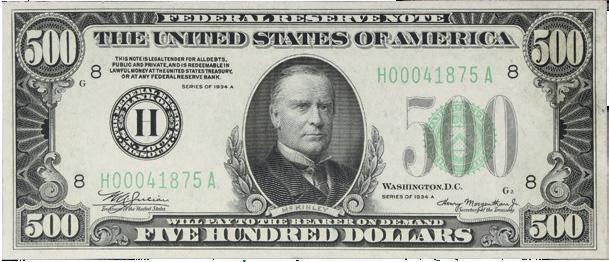
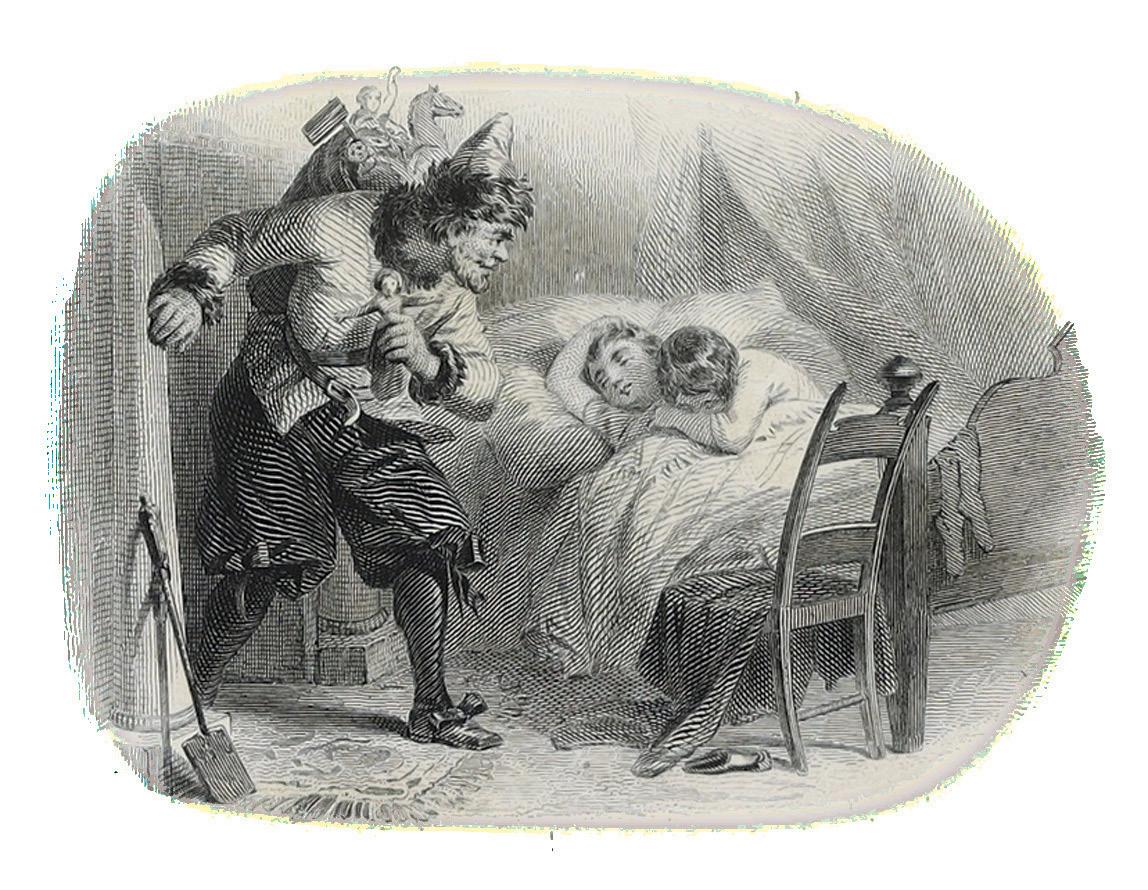
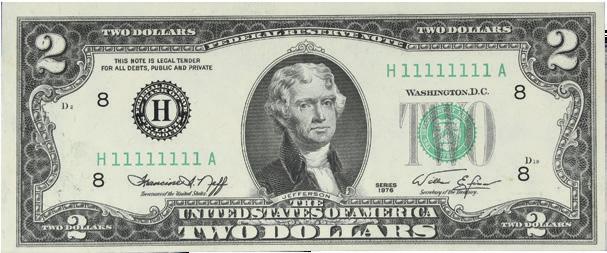

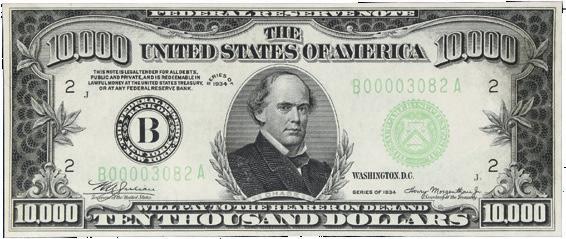
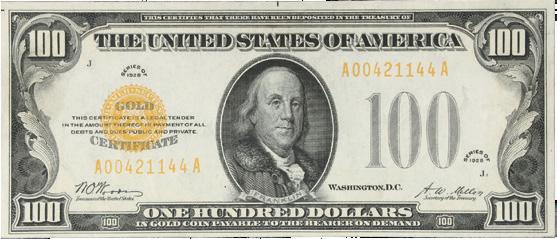

By Kyle C. Knapp
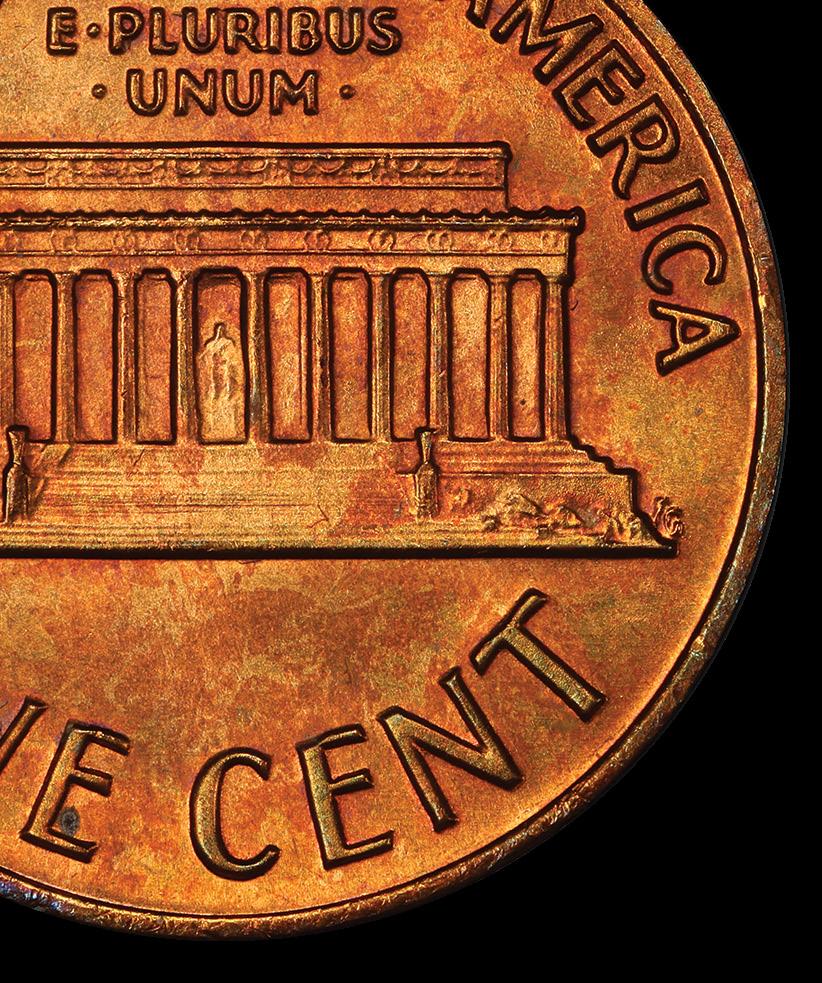
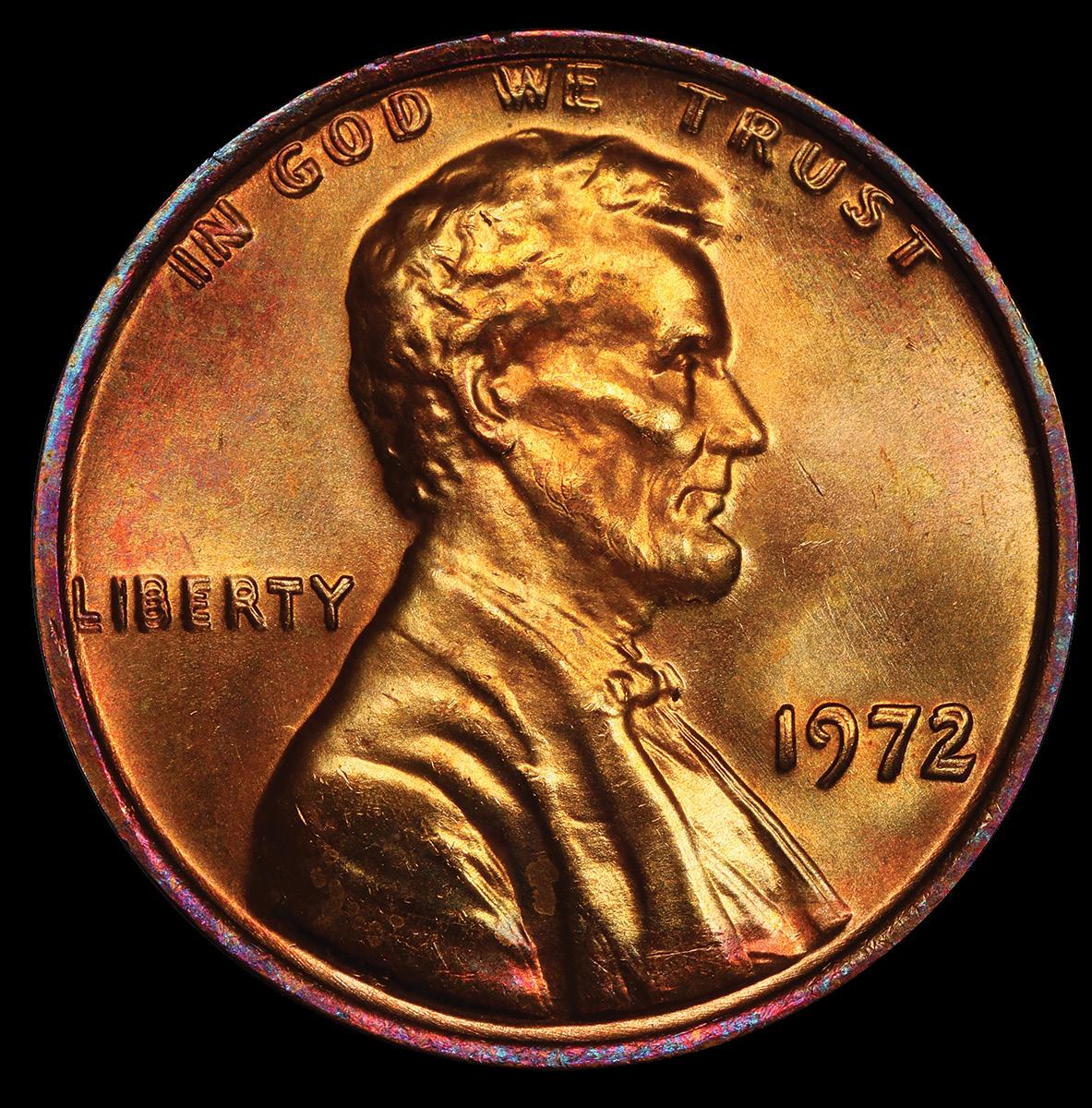

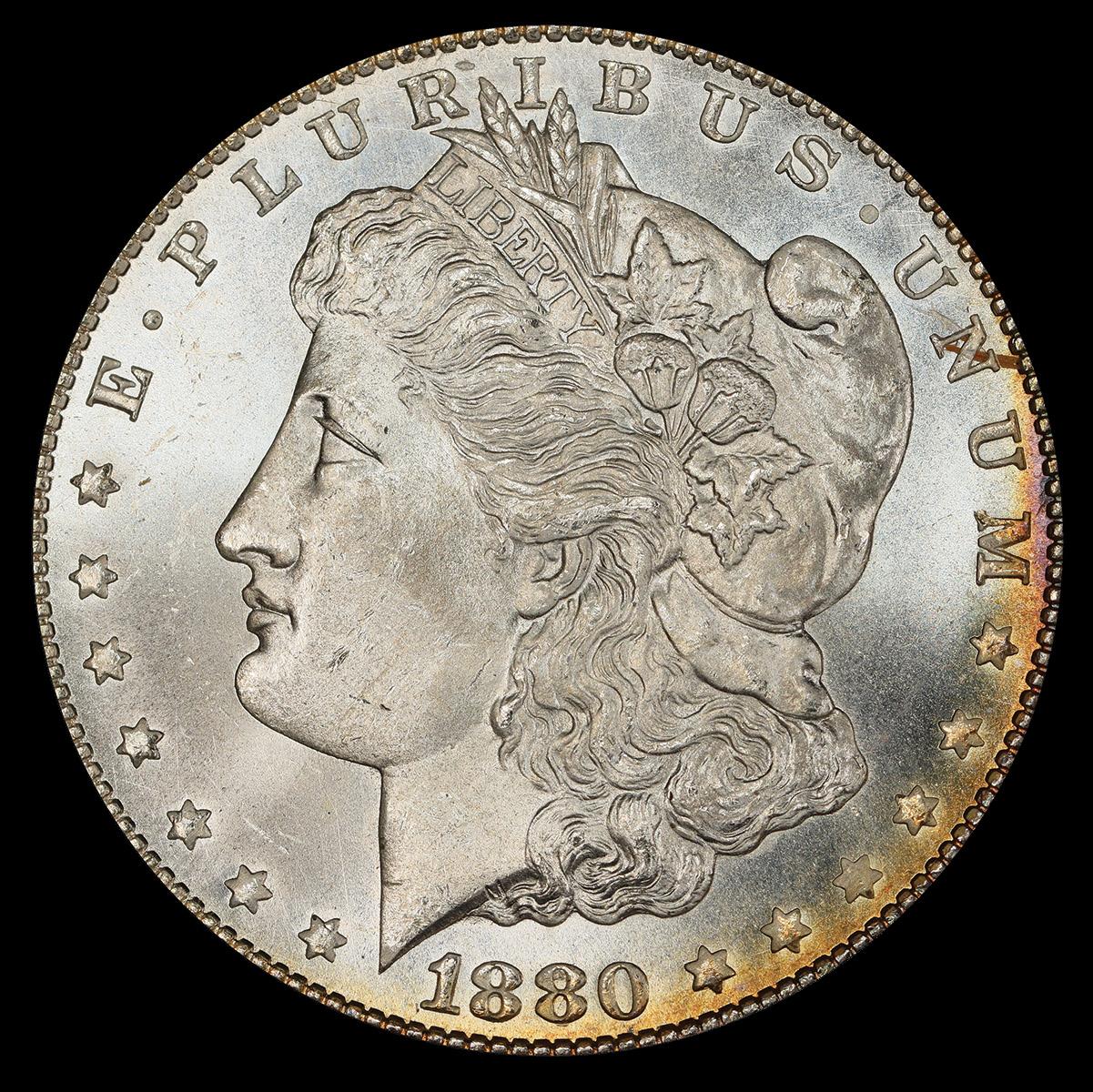
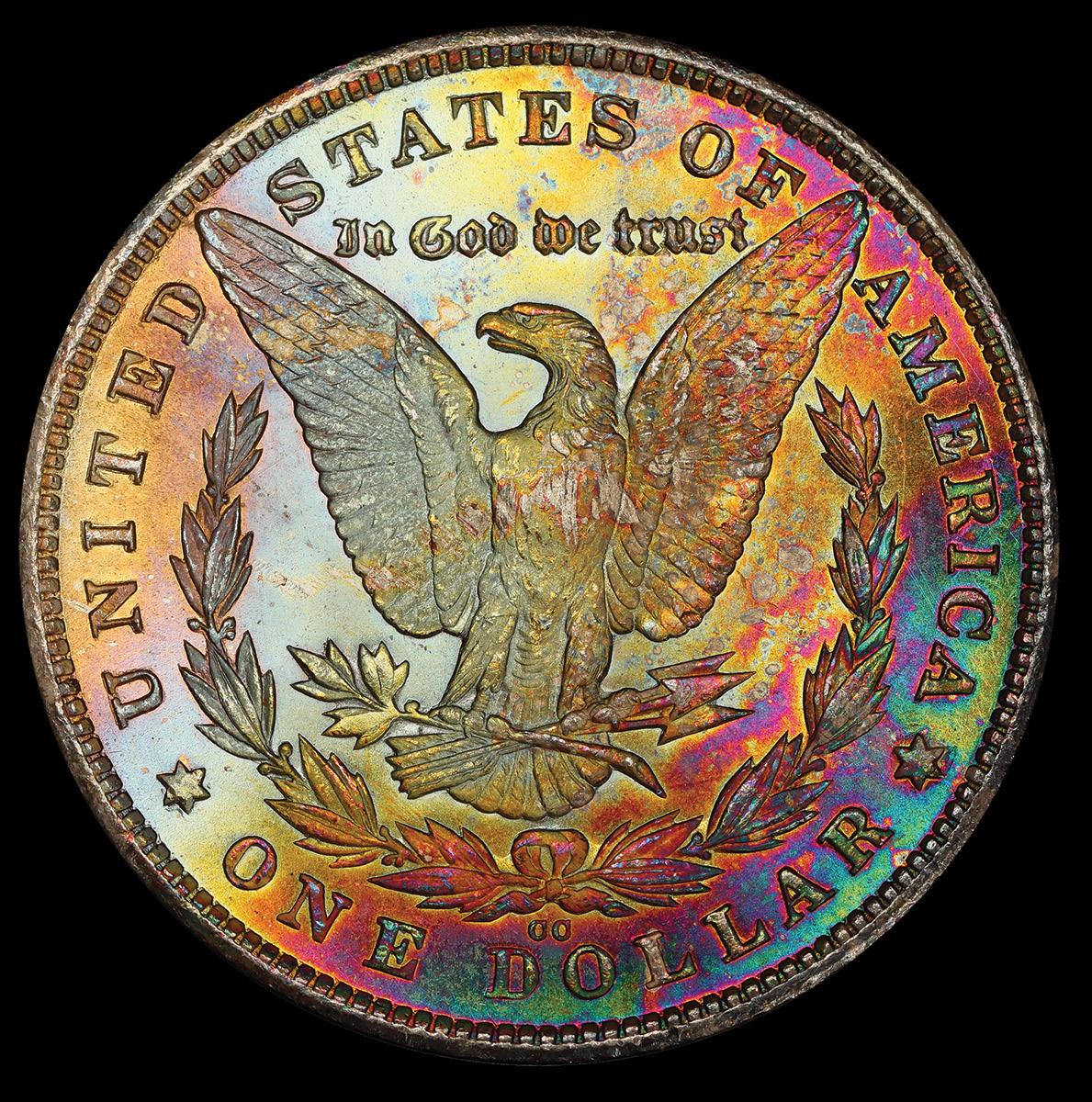
One common area of confusion is PCGS policy regarding attribution and assignment of the major and minor varieties emerging from die studies of various United States coinage series. Understanding how such issues are treated in the certification process can prevent surprises and reduce the friction involved in collectors getting their coins in holders with the attribution style of their choosing.
Variety attributions on PCGS holders fall broadly into two categories: “major” varieties that are always attributed and do not incur a fee, and minor die varieties that are attributed only upon customer request via the variety attribution option on a submission form or via the online submission center
and do incur an attribution fee in addition to the standard grading service charge.
The first group is composed largely of what has long been called “Red Book” varieties due to their listing in A Guide Book of United States Coins and frequent inclusion in albums that constituted the entry point for most coin collectors in the pre-internet and pre-certification era. Well-known examples from this category include the 1955, 1969-S, and 1972 Doubled Die Obverse Lincoln Cents; 1918/7-S Standing Liberty Quarters; 1836 “Script 8” and “Block 8” Classic Head Quarter Eagles; etc.
The second group – that which requires customer selection
of the variety attribution service to be notated – includes thousands of series-specific attributions, such as Sheldon numbers for early large cents, Browning numbers for early quarters, Fortin numbers for Liberty Seated Dimes, VAM numbers for Morgan Dollars, and the popular Fivaz-Stanton (or “Cherrypickers’”) numbers for many United States series. If you’ve paid much attention to the coin (or “spec”) numbers that PCGS uses to define each United States issue on our holders, population reports, and the PCGS CoinFacts website, you’ll notice they progress in (roughly) numeric order: the first federal issue listed in the “Red Book” (a 1793 Half Cent) is #1000, a 1938 Jefferson nickel is #3000, an 1878 $3 gold piece is #8000, etc. This is the result of PCGS founder John Dannreuther sitting down with a “Red Book” sometime in 1986 and sequentially assigning these numbers one at a time, building the backbone of what would become the PCGS database. As a general rule of thumb, major or mandatory varieties will be within this sequence (for example, the 1880CC 8/High-7 Morgan Dollar pictured herein as coin #7102, indicating it was recognized from the very earliest days of certification), while variety-program numbers were added later on and are typically five or six digits in length.
attribution means there are occasionally two coin numbers that refer to the same item. Taking our example from above, spec #7102 refers to an 1880-CC 8/High-7 Morgan Dollar; spec #133877 refers to 1880-CC VAM-5, which is the same variety. The difference being that those coins holdered with #133877 will print “VAM-5” attribution on the holder, while those holdered as #7102 will only indicate the overdate. Given this is a distinct “Red Book” or “major” variety from the nonoverdate, PCGS would in no circumstance label one of these as a standard 1880-CC (spec #7100).
One final thing to note is that PCGS reserves the right to – in rare circumstances – place an unrequested die variety attribution on a coin if not doing so could result in significant financial harm to the submitter (e.g. an extremely rare colonial variety that might otherwise be sold as a common coin at a fraction of the value). Happy collecting!

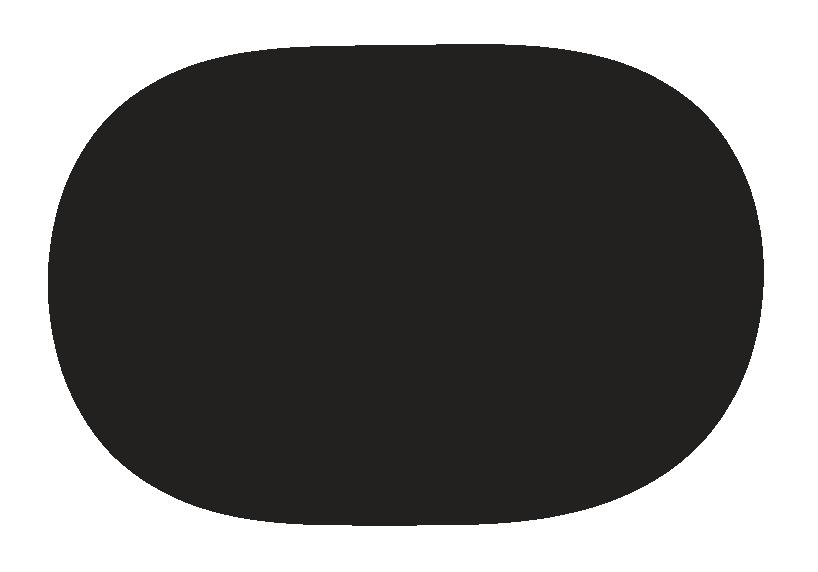
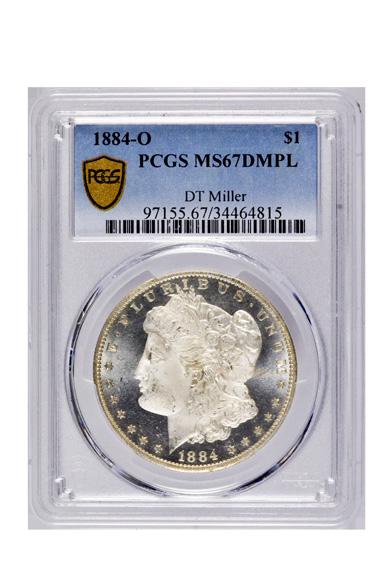
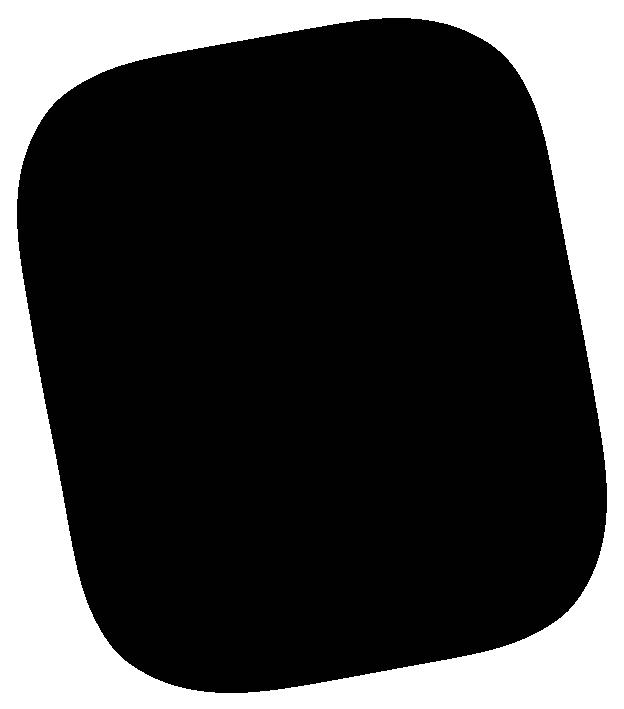
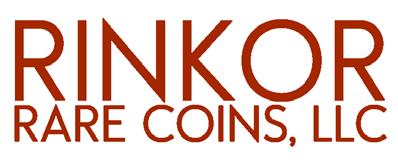
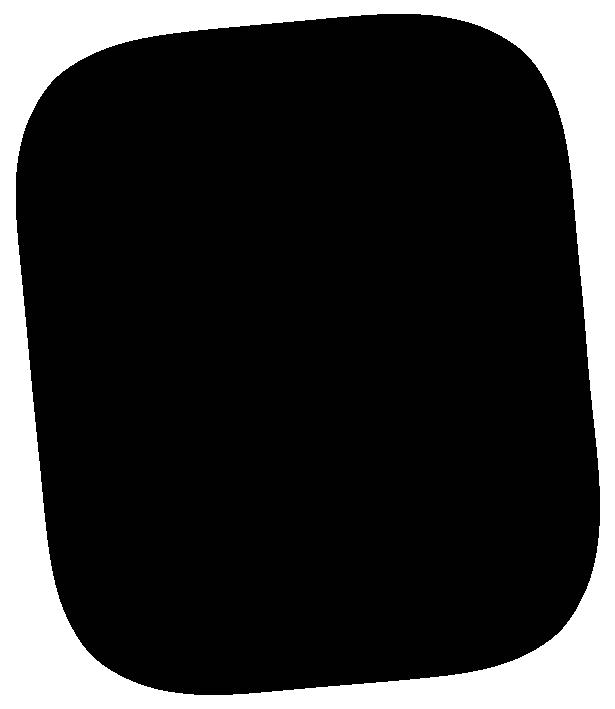

An avid childhood collector, Kyle first came to Collectors Universe in 2005 as a grading intern while in high school. Now a senior member of the grading and authentication team, some of his favorite coins include the Nova Constellatio coppers, Flowing Hair Dollars, and Flying

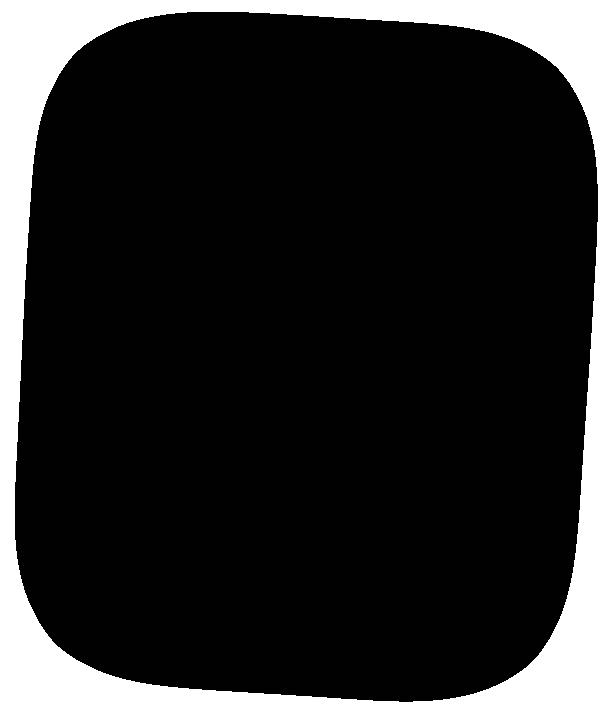
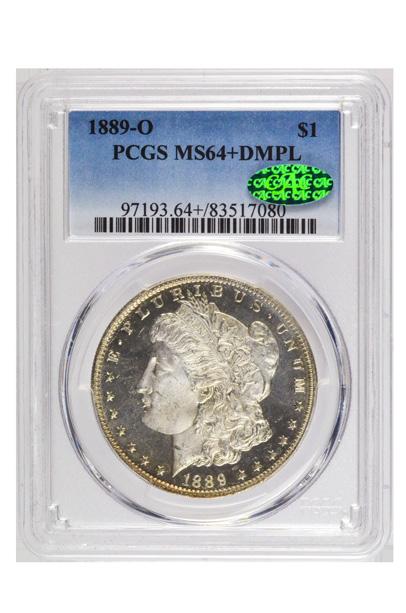
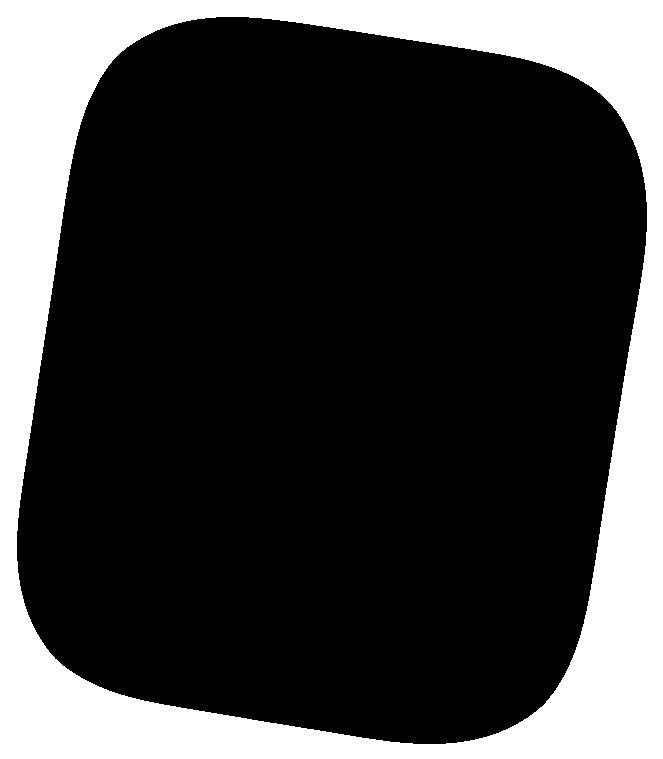
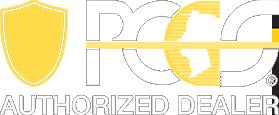
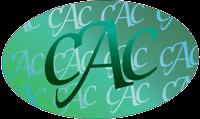

By Douglas Winter
1893-As ML Mexico Eight Reales. Courtesy of PCGS TrueView.
Specializing in Liberty Head Double Eagles requires patience, a healthy budget, and the need for a good specialist dealer to assist you on your quest. Upon its inauguration in 1849, the double eagle became the largest regular-issue gold coin struck by the United States. The Liberty Head design was the work of James B. Longacre, and it is found in three distinct iterations: Type One, 1849-1866 – No Motto on the reverse; produced at the Philadelphia, New Orleans, and San Francisco Mints.
• Type Two, 1866-1876 – Motto on reverse, value spelled as “TWENTY D.”; produced at the Philadelphia, San Francisco, and Carson City Mints.
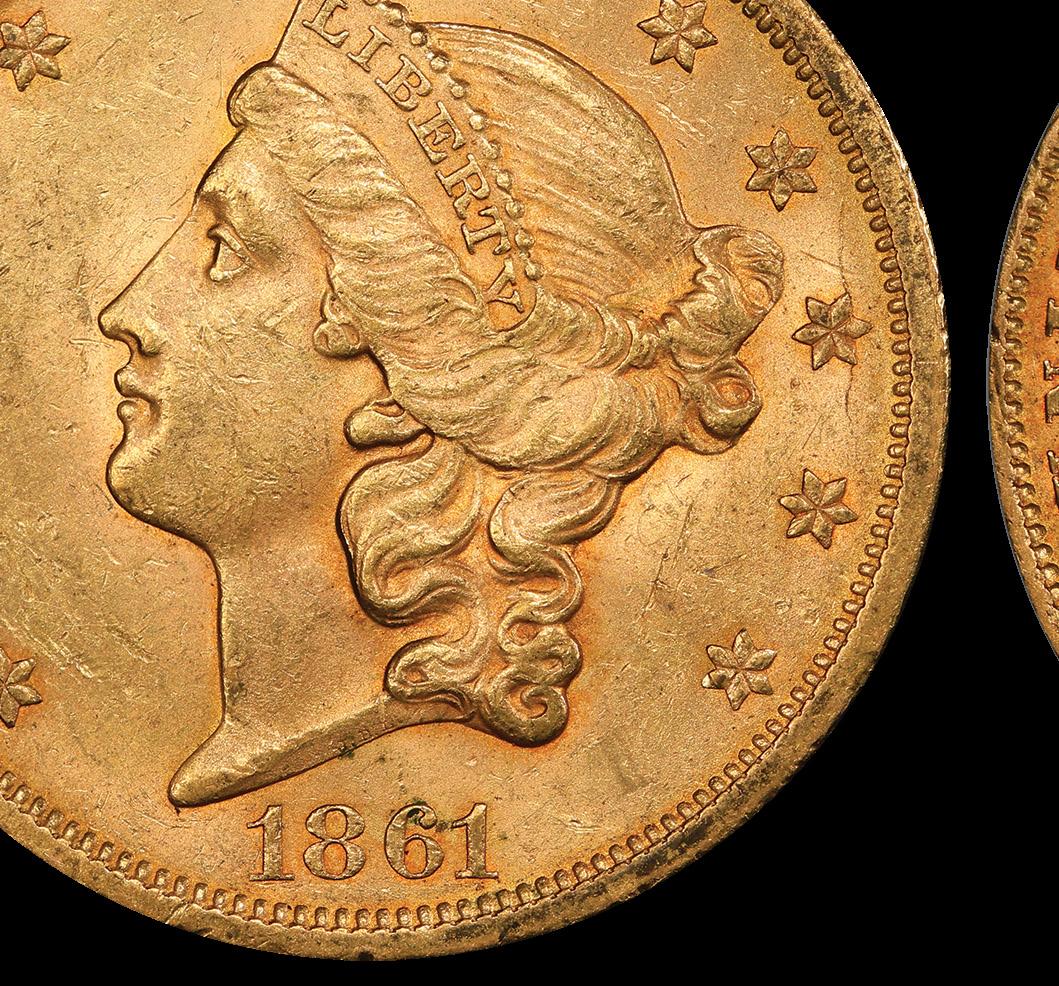

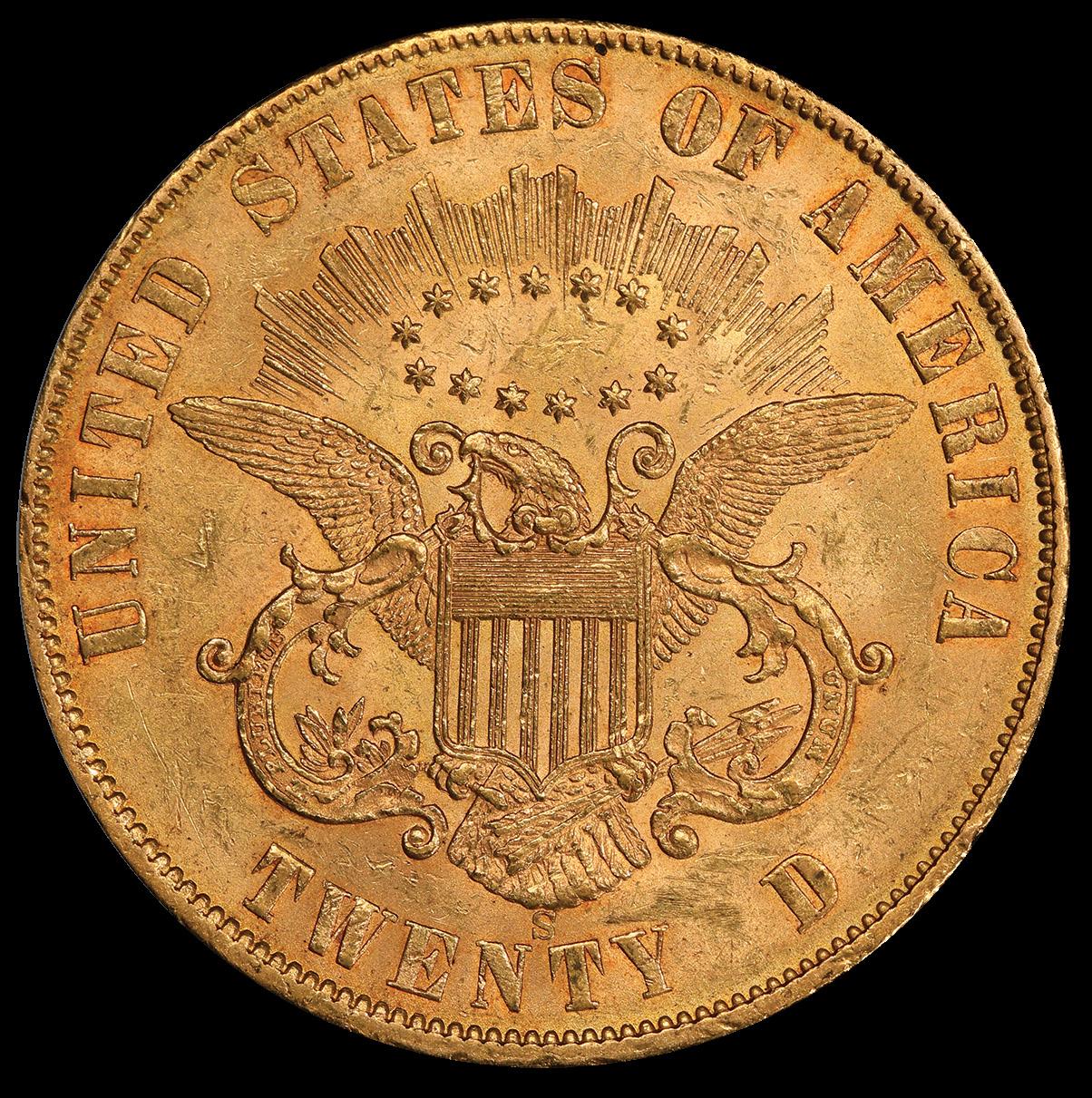
except for the exceedingly rare Philadelphia 1861 Paquet Reverse, of which just two are known).
This is not a project for the faint of heart or the collector on a limited budget. Many of the rare dates don’t generally exist in grades higher than AU55 to AU58, and they are not often found with good eye appeal. Locating semi-affordable collector-quality coins is also exceptionally difficult, as many issues didn’t see extensive circulation and were roughly handled after they were struck.
• Type Three, 1877-1907 – Value spelled as “TWENTY DOLLARS”; produced at the Philadelphia, New Orleans (1879 only), San Francisco, Carson City, and Denver (1906-1907 only) Mints.
Of the three types, the Type One is clearly the most popular, but it is also the most difficult to collect due to the presence of many rare issues. Several Type One issues are either unknown or are extremely rare in Mint State grades.
A decision to specialize in high-end Type One double eagles is a serious seven-figure commitment and it will require luck, patience, and plenty of knowledge, as this is a difficult series replete with potential land mines.
Don’t let my ramblings scare you off from collecting Liberty Head Double Eagles. You don’t have to be a billionaire to specialize in this series! Here are five ways, both affordable and spendy, by which a collector can actively participate in this active and interesting market.
We might as well begin with the most ambitious way to collect this series: building a complete date and mintmark set, issued from 1850 through 1907. This set consists of no less than 150 different issues and includes every major variety
There are at least eight dates in the Liberty Head Double Eagle series that will run the advanced collector six figures to add to their set (1854-O, 1856-O, 1861-S Paquet, 1870CC, the three proof-only dates, and 1882), and there are literally dozens that run from the mid-to-high five figures for a nice example.
Five different mints produced Liberty Head Double Eagles; this includes the short-lived Denver issues of 1906-1907. The other four mints are Carson City, New Orleans, Philadelphia, and San Francisco.
A Carson City set is difficult to complete due to the rarity and high price point of the 1870-CC; a marginal quality example runs more than $250,000. If this issue is not included, the keys are the 1871-CC, 1878-CC, 1879-CC, 1885-CC, and 1891-CC.
A New Orleans set consists of just 13 issues but even the relatively available issues (1850-O through 1853-O) are rare in Mint State and not easy to find in properly graded AU55 to AU58. The 1854-O and 1856-O are the keys to the set, and both are extremely expensive ($300,000-$500,000+). This set is challenging, expensive, and it definitely will take patience.
Liberty Head Philadelphia Double Eagles were made from 1850 through 1907 without interruption. In the Type One series, the key issues are the 1859, 1862, and 1863. None of the Philadelphia Type Two issues are rare, while the Type Three dates contain rare low-mintage issues. A Philadelphia
date set is extremely challenging and is best left to deep-pocketed collectors.
San Francisco Liberty Head Double Eagles were struck continuously from 1854 through 1907, with the exception of 1886. The two key issues are the 1861-S Paquet Reverse and the 1866-S No Motto. Most of the other dates are available in the higher AU grades for $5,000 and under.
Liberty Head Double Eagles were produced for 57 years. A complete date set attempts to assemble one example for each of these years. The only potential stumbling block is the 1886, which was made only at the Philadelphia Mint in extremely limited quantities. It’s a rare and expensive issue. That’s the bad news. The good news is that every other year has at least one affordable option, and even the collector on a reasonably limited budget ($2,500-$5,000 per coin) has a realistic chance to complete this set with coins grading XF45 to AU50 and finer.
I have a few suggestions. The first is to try and include at least one example from each of the five mints that produced the Liberty Head Double Eagle types. A common Carson City Double Eagle in nice XF grades can be obtained for around $4,000, while a common-date New Orleans Double
Eagle will run around $5,000 or so.
Let’s say you have a large coin budget, but you aren’t all-in on the concept of assembling a 150+ coin set or even a 57-coin year set. The answer might be a small collection focusing on the seven Liberty Head Double Eagles that I regard as “classic rarities.” These are as follows: 1854-O, 1856-O, 1861-S Paquet Reverse, 1870-CC, 1883, 1884, and 1887.
A wealthy collector focusing on the classic rarities among the Liberty Head Double Eagle has a formidable challenge on their hands. The first four coins listed above are pretty much non-existent in grades over AU55 apart from a few reasonably nice Paquets grading from AU58 to MS61. Meanwhile, the three proof-only issues (1883, 1884, and 1887) are found in relatively high grades but all are, of course, rare and expensive.

Doug is an award-winning author of over a dozen numismatic books and the recognized expert on US gold. He can be reached at 214675-9897, at dwn@ont.com or through his website, www.raregoldcoins.com.
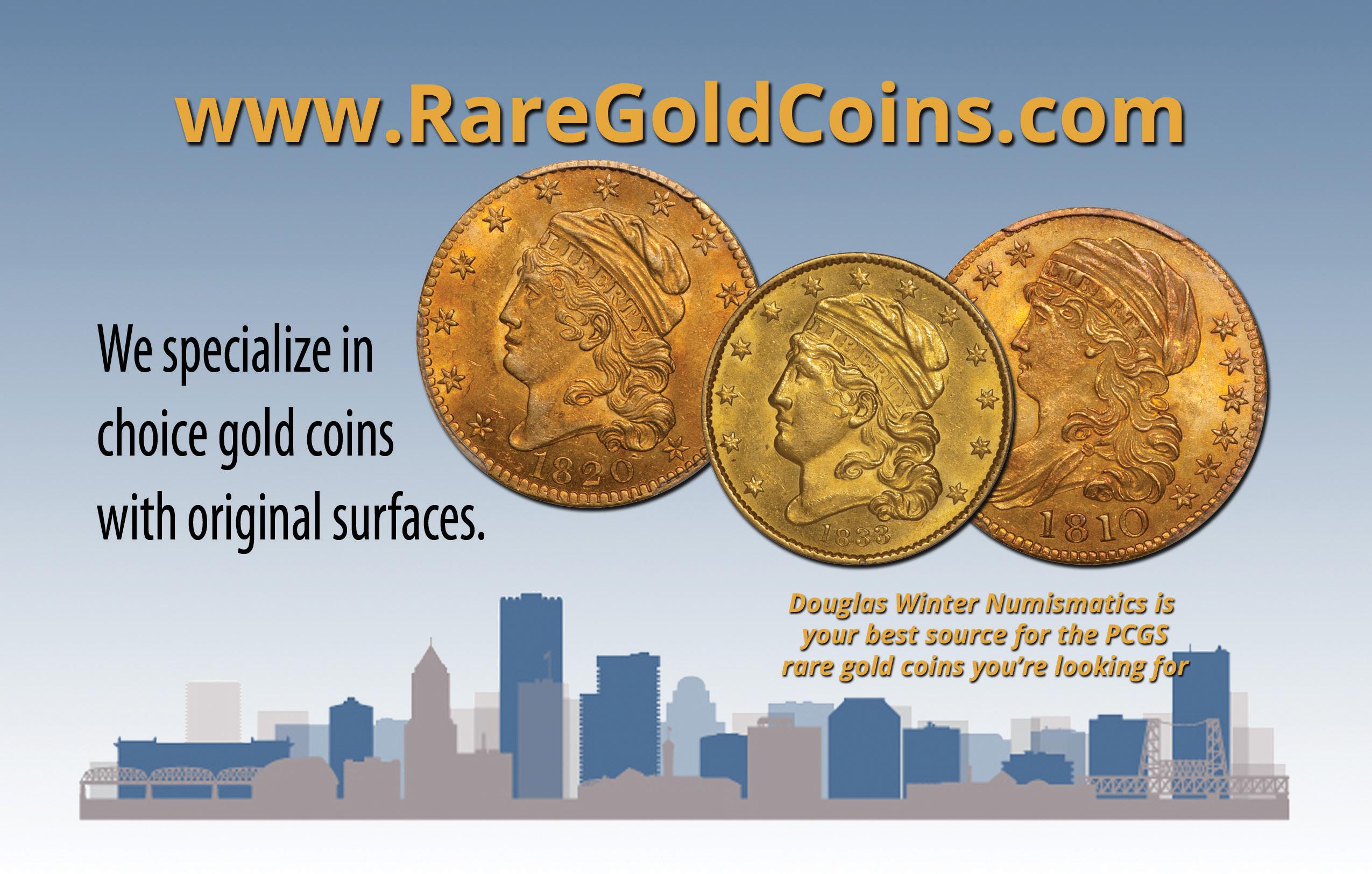
By Vic Bozarth
The six-figure 1876-CC 20 Cent is the rarest and most valuable coin in this short-lived series from the 1870s. Courtesy of PCGS TrueView.
The short-lived United States 20 Cent was produced for only four years from 1875 to 1878. This fascinating series, designed by William Barber with an obverse in the style of the Christian Gobrect’s quintessential Liberty Seated motif, could be summed up as numismatically enigmatic. Frequently dubbed the “double dime,” this denomination failed to catch on as a convenient method of payment. It was often confused with the quarter, many didn’t mind using two dimes instead of a single 20 Cent as a form of payment, and others preferred using the still-prevalent Fractional Notes for small transactions. However, for as short a series it was, the 20 Cent yielded a great many treasures for numismatists.
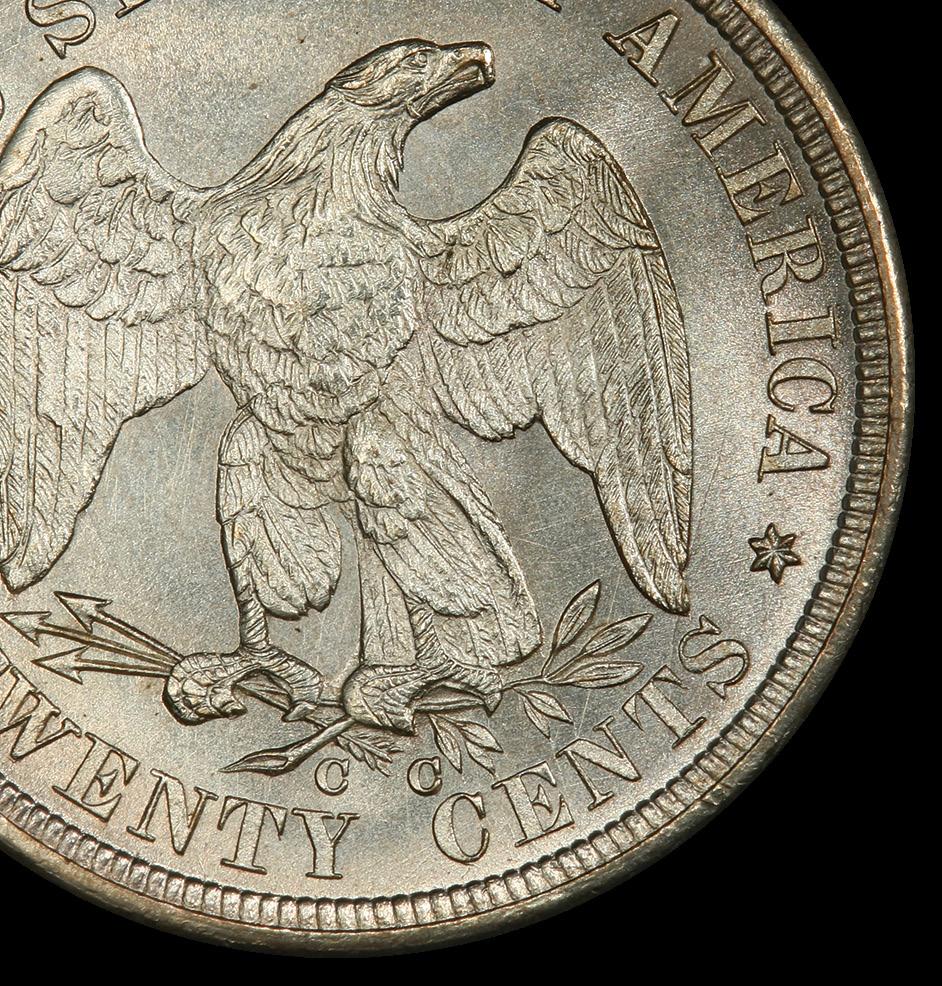
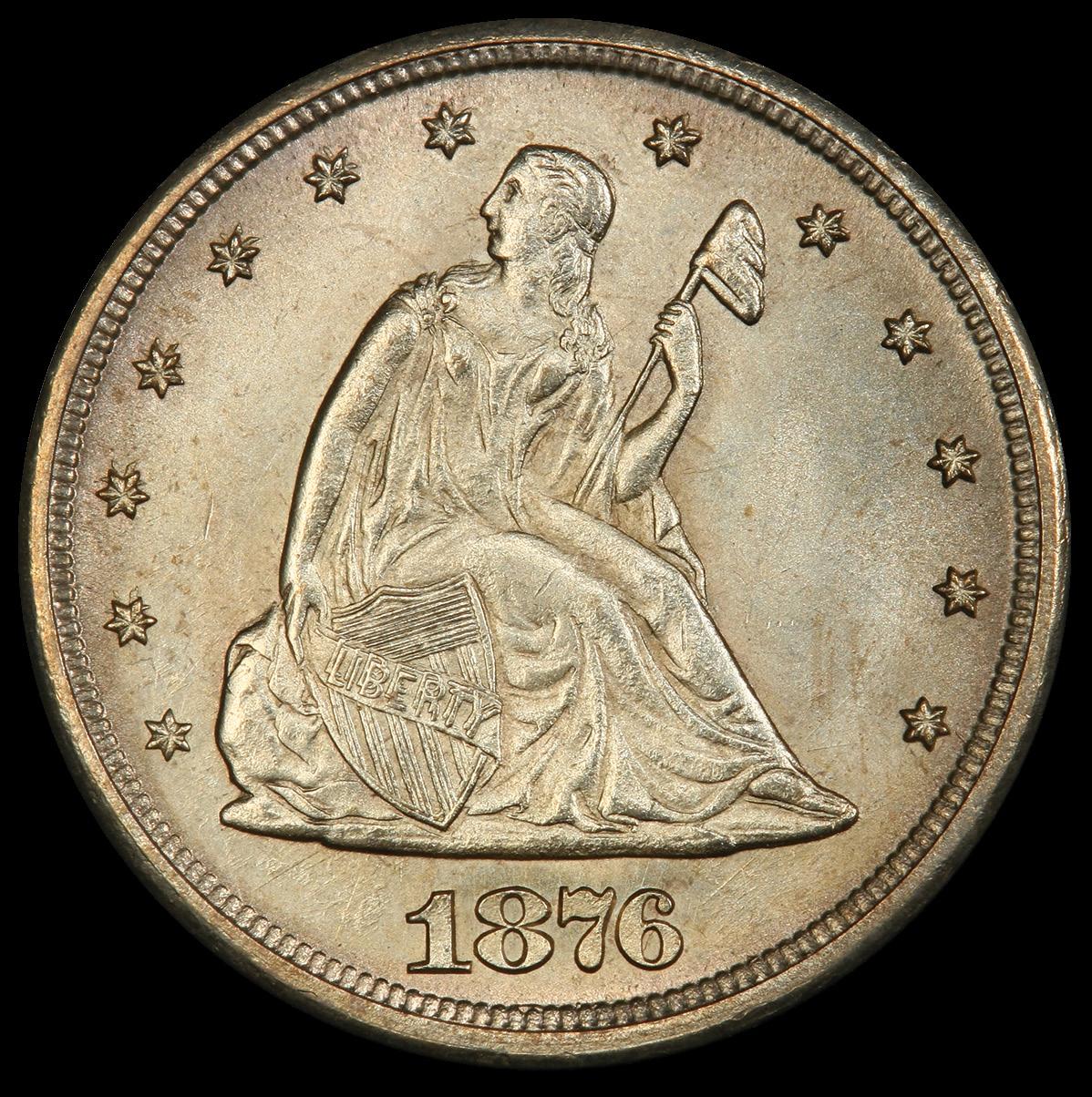

Those who wish to build out a PCGS Registry Set of 20 Cents based around the acquisition of every date and mintmark have a significant challenge on their hands. The stopper in this series is the highly rare 1876-CC, which saw a mintage of just 10,000 – most of which was melted. PCGS estimates fewer than 20 survive across all grades, and the 1876-CC generally realizes six figures regardless of grade. The proof-only issues of 1877 and 1878 are at least four-figure coins in any condition. Not a series known for its volatile price movements, the 20 Cent coin has seen slow but steady price appreciation over the years, particularly for premium-quality Mint State and proof specimens graded by PCGS.
The 20 Cent has two main collector markets: the type enthusiast and the classic specialist. Type collectors on a tighter budget may opt for buying a circulated 1875-S, which is the most common issue in the series both by mintage (1,155,000 were struck) and by the number of survivors today (about 25,000, per PCGS estimates). Type collectors with more fluid budgets often aim for scarcer series representatives (like the 1875-CC, with its mintage of 133,290) or higher-end examples in loftier grades.
Twenty Cent, MS

Vic Bozarth is a familiar face on the bourse floor to many who have attended coin shows over the last five decades. He’s a self-described “coin wheenie” who has attended more than 1,000 shows and vast experience both buying and selling many of the finest PCGS coins. His numismatic knowledge as a dealer and collector provides a unique perspective on our industry.
By Vic Bozarth

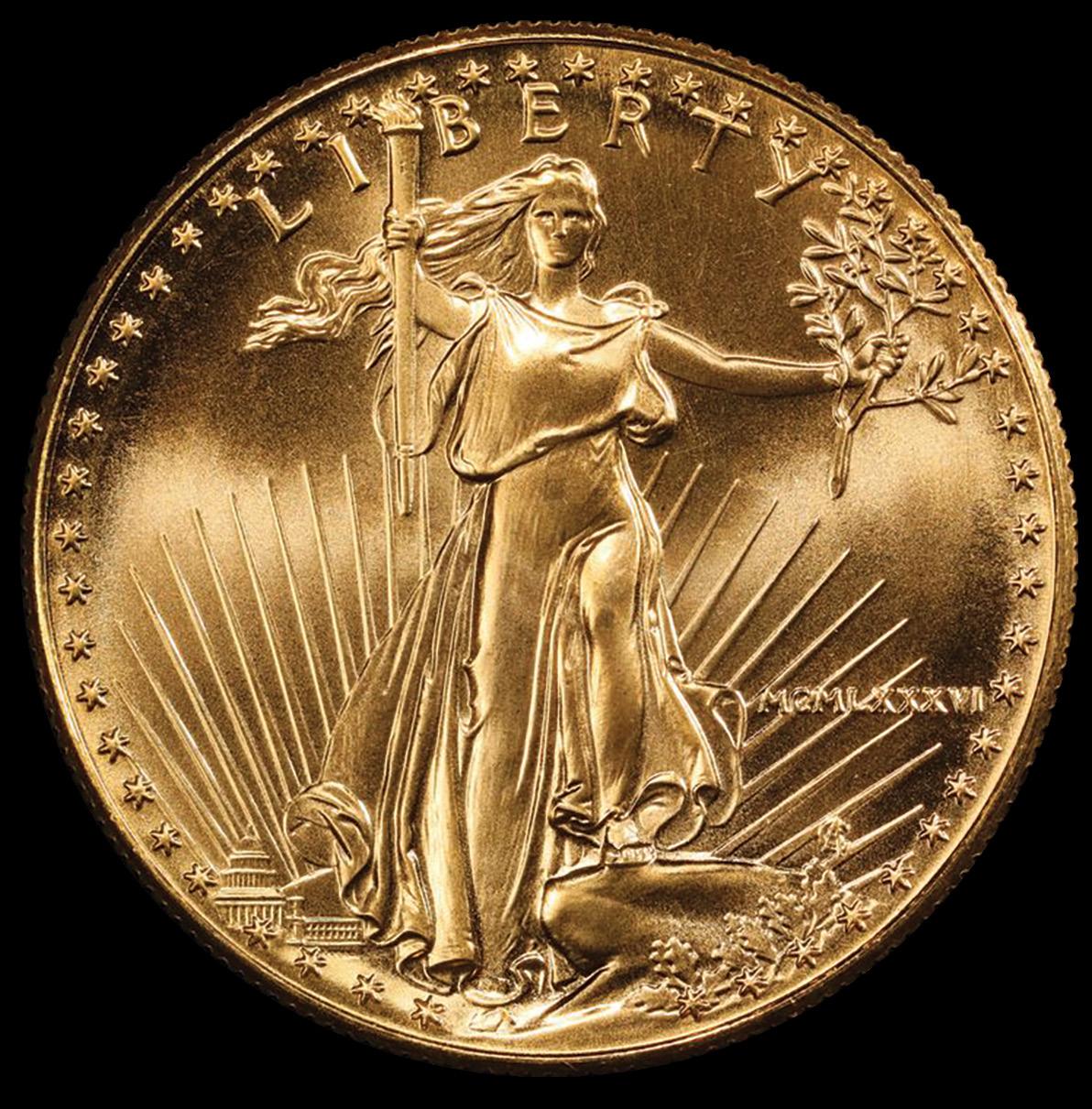
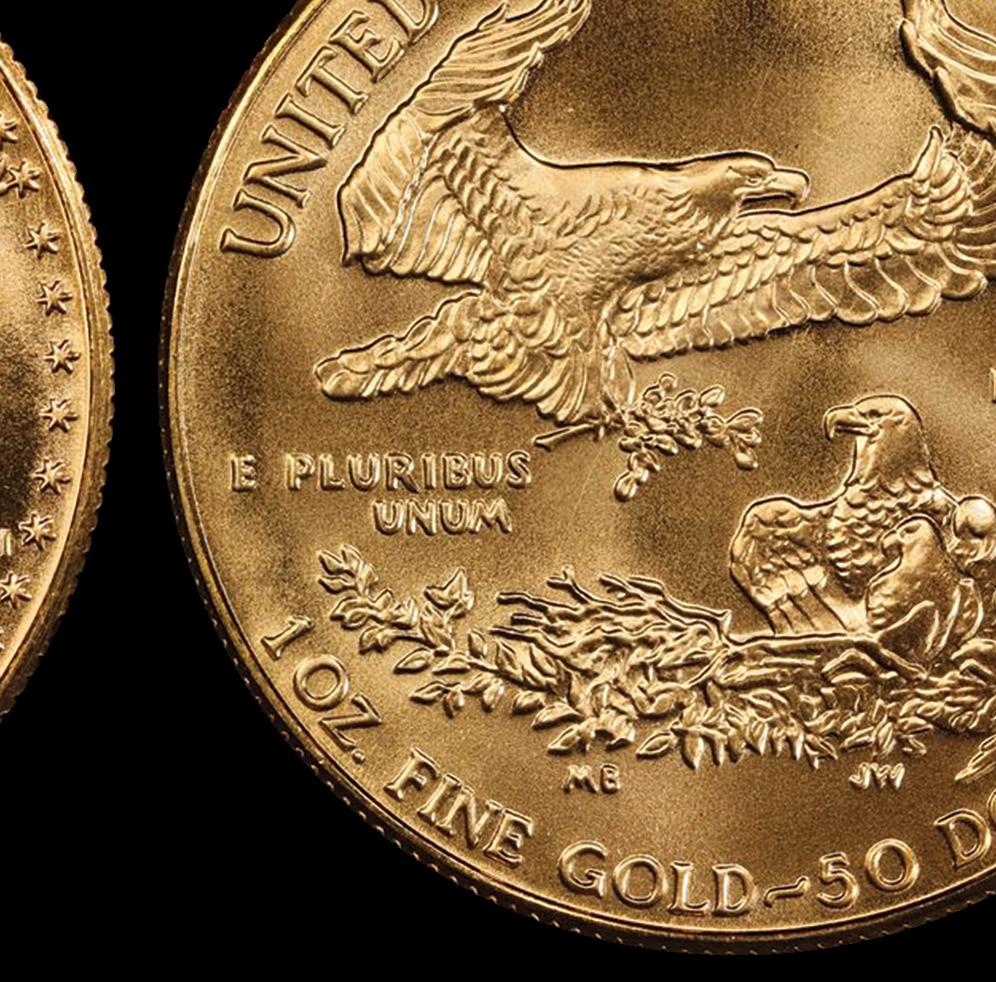
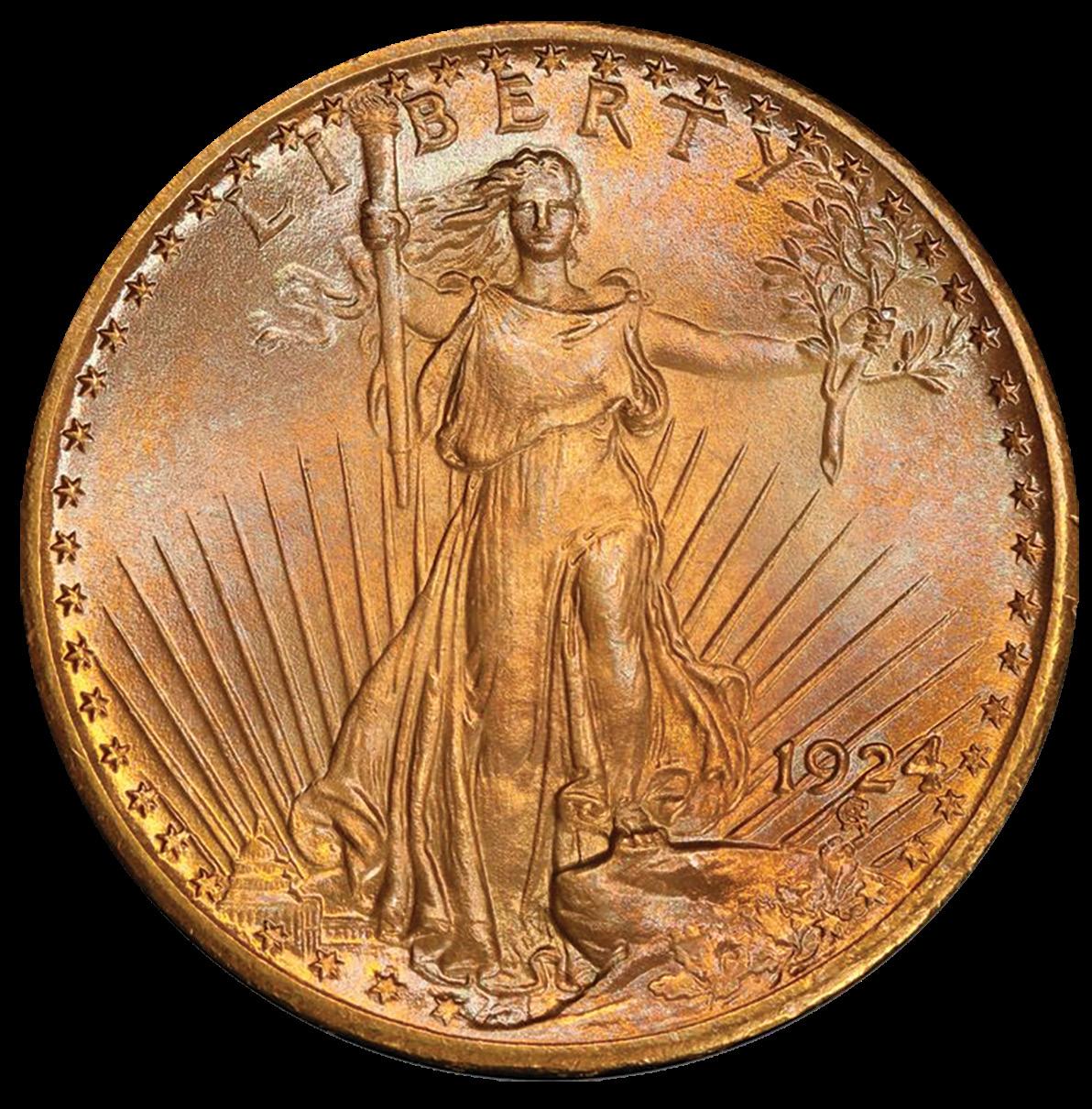
These two images illustrate two high-grade gold coins encapsulated by PCGS. The 1986 American Gold Eagle graded MS70 would appear to many as a bullion item, but because of its high grade and status as a first-year-of-issue scarcity, it is a numismatic item also. Meanwhile, this 1924 Saint-Gaudens Double Eagle graded PCGS MS68+ is a fabulous numismatic item, but this same issue in lower grades often trades at bullion levels, with prices just above spot value. Sometimes coins have both numismatic and bullion price components. Courtesy of PCGS TrueView.
Whether you are a numismatist or silver stacker, being flexible is crucial. What do I mean by flexible? For the numismatist, it means having both the knowledge and wherewithal to act if and when an opportunity presents itself. A good deal might involve a purchase or a sale.
Knowing exactly what you have in terms of value allows you to sell quickly if it is to your advantage. Conversely, the knowledge you have built in your area of expertise allows you to take advantage of a good buy because you already know it is good value. Doing your homework allows you to act immediately.
If you are pursuing specific coins, know the price levels that coins of the same grade have sold for recently. With the focus on bullion, take advantage of good buys in your area of interest, but always be prepared to cherry pick a great coin you might not collect. Financial markets like to call it buying on the dip. While we may not be experiencing a dip, buying a great value at a little less is always good. Buy PCGS-
graded coins and bullion items – do not waste your money on marginal-quality “bargains”!
Bullion investors must know their market also, but their targets and expectations are measured differently. Often a bullion investor has a target price at which they are a buyer or seller. Always remember the point of sale when investing in bullion items. Especially when you want to sell your item immediately once a target price is met, any barrier to the sale of that item is bad. Don’t hamstring yourself with damaged or discount-tier bullion items.
When discussing bullion with others I often hear, “I like silver at these levels, but I’m a seller if it reaches $40 an ounce again.” No kidding, I have heard this sentiment voiced dozens of times over the last five years. In other words, “I like it when it is less expensive, but…”
Many times a bullion enthusiast’s buy-and/or-sell decision is based on when a target price level is reached. Once again, don’t make it harder on yourself with bullion material that
is difficult to immediately sell. While you can’t control the spot price, you can control the saleability of your coins or bullion items.
Is it any surprise we would all like to buy low and sell high?
Despite some normal seasonal stagnation in both bullion and numismatic markets, 2024 has been strong in most financial markets including the bullion markets. Rare and key-date coins continue to bring strong prices when available, but there has been some slowing of demand in more generic numismatic material. Much of this softness is due more to the strength of the bullion business versus any weakness in coin prices. Indeed, sales of graded rare coins at the American Numismatic Association World’s Fair of Money back in August were strong and active, but dealers generally brought their best, more expensive merchandise.
We’ve seen some all-time-high prices for gold over the past months, with demand for most of the other metals strong – except for copper, whose price has generally trended downward due to lower industrial demand. But why did I bring up copper?
In a recent Wall Street Journal article, a new artificial intelligence (AI) development concerning metal’s mining technology is promising better predictability of both the extent and concentration of mineral deposits. This is promising better exploration results for copper, nickel, cobalt, and lithium mining. Why not gold, silver, platinum, and palladium, too?
On a side note, I recently heard a term in relation to the price of copper. The premise is that the price of copper is a good sign of the health of the economy. While in the last several months copper reached nearly $5 a pound, it had fallen back more than 15% at the time of this writing. They call it Dr. Copper.
Interestingly, many copper enthusiasts stack pre-1982 Lincoln Cents at their face value for their copper metal value. Stockpiling of copper cents is allowed, but melting any of these coins is presently illegal in the United States. While I haven’t followed the price of nickel quite so closely, I would be curious as to the price levels in comparison to copper and the other precious metals – gold, silver, and platinum.
My departure into a discussion about the metals behind our coins and bullion markets is important.
Ultimately, the spot price of a bullion item often determines whether a particular deposit will ever be mined or even explored. For example, in my career, I’ve experienced gold prices at under $300 and over $2,500 an ounce. Many gold deposits are not profitable to mine at $300 an ounce gold, but it is a different story at $2,500 gold.
Do you remember seeing any gold mining or exploration shows on any cable channels when gold was $300 an ounce?
Probably not… Let’s look at the technology angle a little closer now, too.
Especially with new AI technology in play, mining will change to more focused applications versus a function of how many tons of ore must be mined to produce XYZ ounces of silver or gold. All of these technological and industrial advances will affect our bullion and numismatic markets. As our technological advances are applied to industry, our markets will adjust.
As an experienced professional numismatist, I may be biased about various elements of the market. Yet I’m intrigued by the limited supply and the fact that no more will be produced. That being said, I like rare coins, but I also always keep some bullion. Where do you stand?

Pre-1982 Lincoln Cents are widely sought by those who appreciate their copper value. Courtesy of PCGS TrueView.

Vic Bozarth is a familiar face on the bourse floor to many who have attended coin shows over the last five decades. He’s a self-described “coin wheenie” who has attended more than 1,000 shows and vast experience both buying and selling many of the finest PCGS coins. His numismatic knowledge as a dealer and collector provides a unique perspective on our industry.
By Jaime Hernandez
The 1882-O VAM 4 O/S EDS Morgan Dollar in PCGS MS62DMPL is one of the top 10 Gainers of 2024. Courtesy of PCGS TrueView.
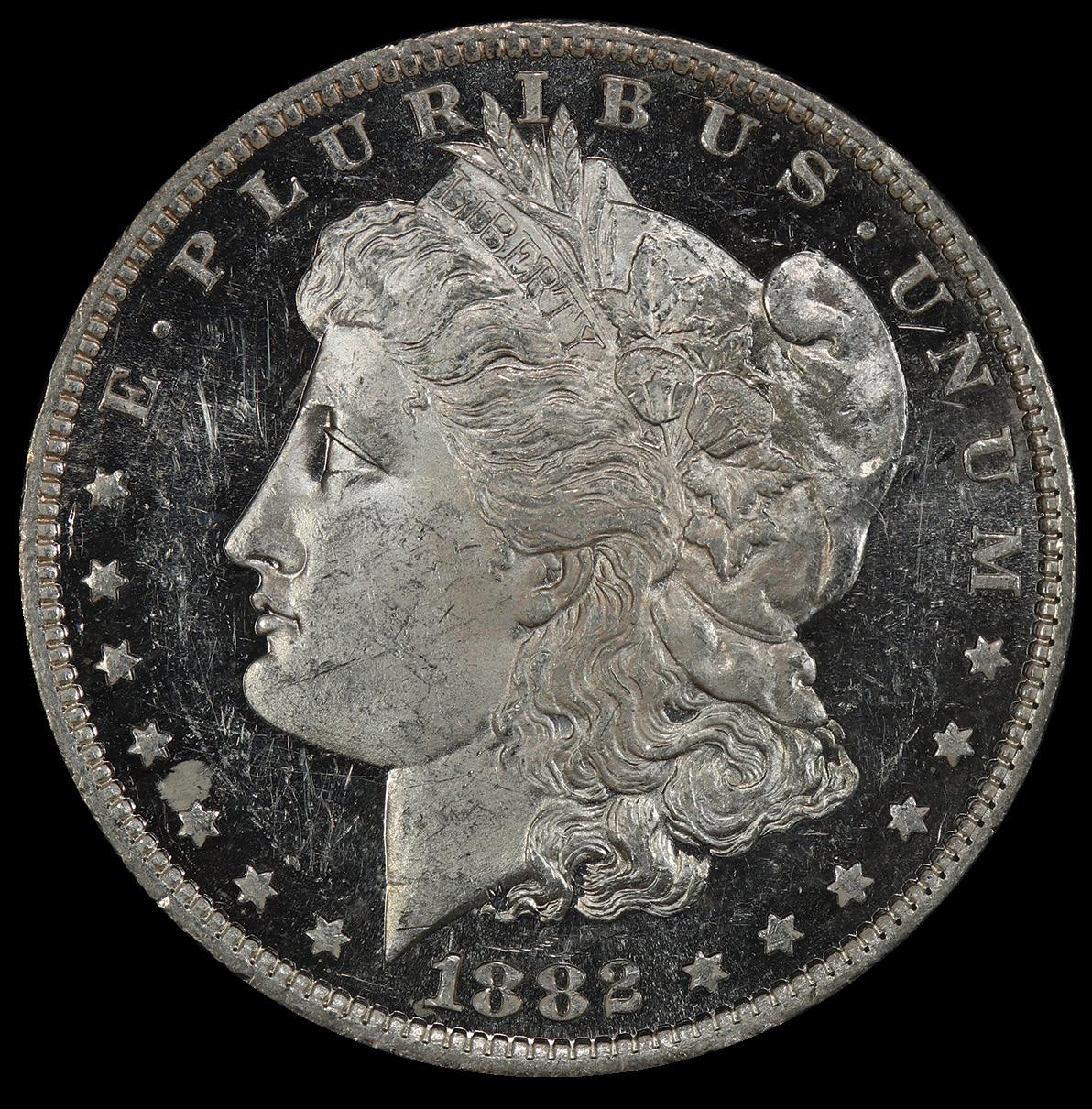

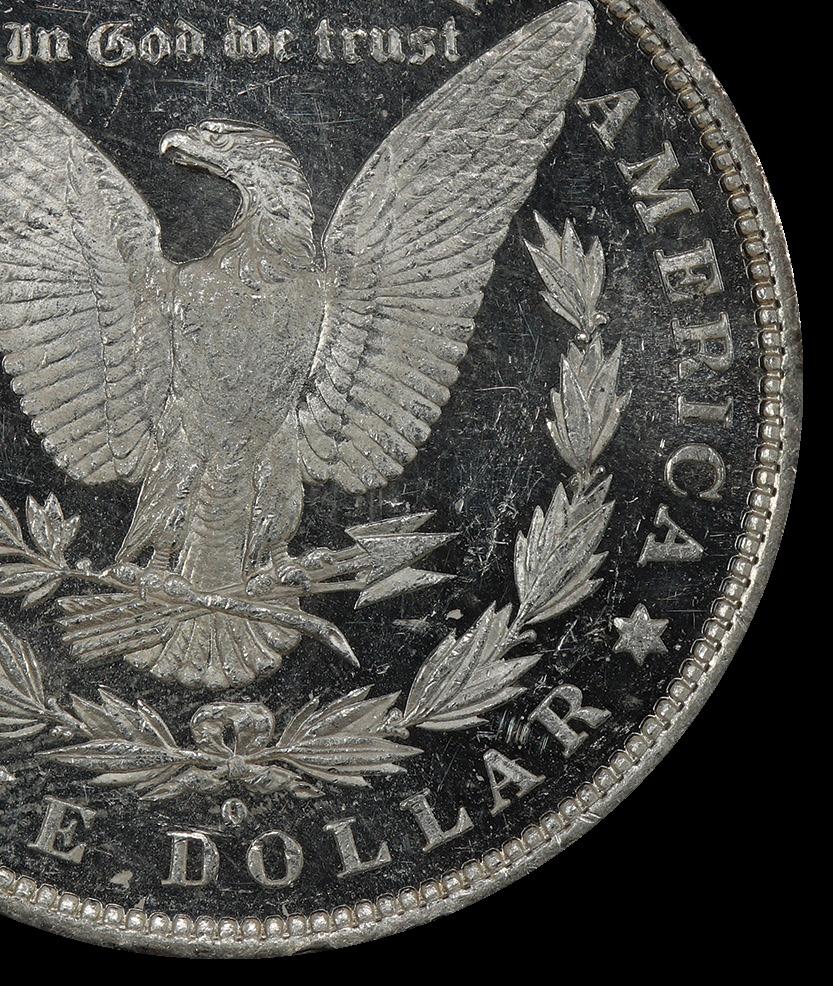
The coin market has been extremely busy for the entire year, with lots of great coins being bought and sold by dealers and collectors. We recently reviewed the PCGS's top 10 Gainers and Losers list among U.S. price changes for the past year to get a gauge for the current coin market.
These 10 coins are some of the best-performing coins of 2024 as of press time. Overall, the list represents a good mixture of different denominations. A few Morgan Dollars, some gold and copper coins, and even patterns made it on the Top Gainers list. We also recently updated prices for Morgan
Dollar VAM varieties.
Space limitations prevent us from discussing every coin on the Top Gainers list in detail. However, we will mention a few of the highlights to give our readers a little glimpse at why these coins increased in price recently.
The first coin on the list is an 1880-O Morgan Dollar with a VAM-5 Oval O variety. The previous price on the PCGS Price Guide in AU58 was $215. Previously there was very little auction or sales information in any grade for this coin and in this condition. Then we ran into a
from
Auctions that took place in December of 2023, where a PCGS AU58 example sold for $1,680. After further research, we concluded that the price definitely needed to be adjusted upward on the PCGS Price Guide, with the coin now listed at $1,700 in AU58.
The second biggest gainer is an 1882-O Morgan Dollar with the VAM-4 O/S EDS variety in PCGS MS62DMPL. The previous price listed on the PCGS Price Guide in MS62DMPL was $4,000, as we had initially compared the coin to other similar varieties when pricing it. But to our surprise, a PCGS MS62DMPL sold at Heritage Auctions in January 2024 for $31,500, or a gain of $27,500 – an impressive price for a scarce variety, especially in higher AU and an uncirculated condition.
Another amazing piece that we’d like to briefly discuss is none other than an 1860 J-71 $5 gold pattern. This coin is as large as a gold eagle, but it was struck on a special thin planchet. The design is just as attractive and beautiful. The coins were struck in hopes of deterring counterfeiting at the time of issue, which seemed to be a big problem during the 19th century. Interestingly, the reverse has a backward “A” instead of a “V” in the word “FIVE.” As of today, only two examples are known to exist, making it an extremely rare coin.
In January 2024, Heritage Auctions offered an example that fetched $1,140,000. And this is why the price on the PCGS Price Guide was raised to $1,250,000.
The featured chart also reveals the top 10 coin Gainers for the year based on the PCGS Price Guide changes. To view many more coin price changes for the year as well as for market data from other date ranges, you can visit the PCGS Price Guide and click on “Price Changes.” Once there, you can view coins listed on the PCGS Price Guide Gainers list, including the top daily gainers, weekly gainers, three-month gainers, one-year gainers, two-year gainers, three-year gainers, five-year gainers, and even the leading 10-year gainers.

Jaime Hernandez is an editor for the PCGS Price Guide and has been a proud member of the PCGS team since 2005. By the time he reached his early 20s, Jaime was successfully buying and selling coins with some of the most prominent dealers and collectors in the country. Email: jhernandez@collectors.com

By Vic Bozarth
A coin such as a PCGS-graded 1904 Liberty Head Double Eagle grading MS63 can be easier to sell (and may even bring more money) than the same piece unholdered and offered as a generic – and unvetted – “uncirculated.”
Courtesy of PCGS Trueview.
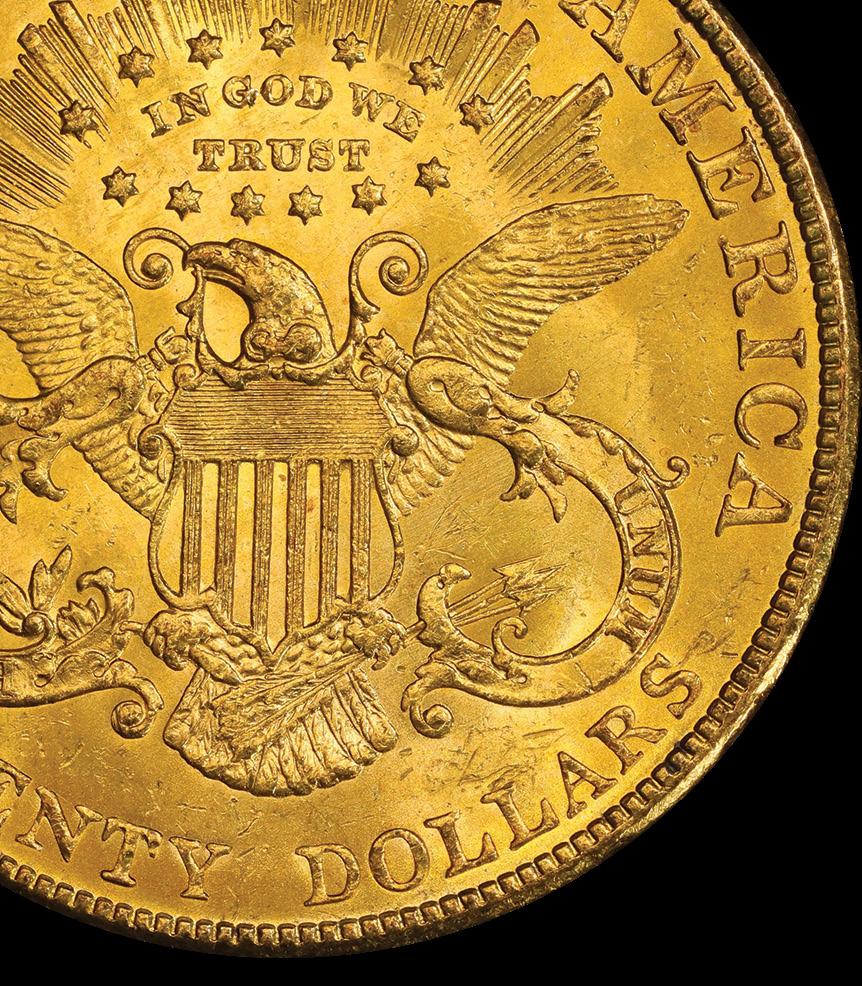
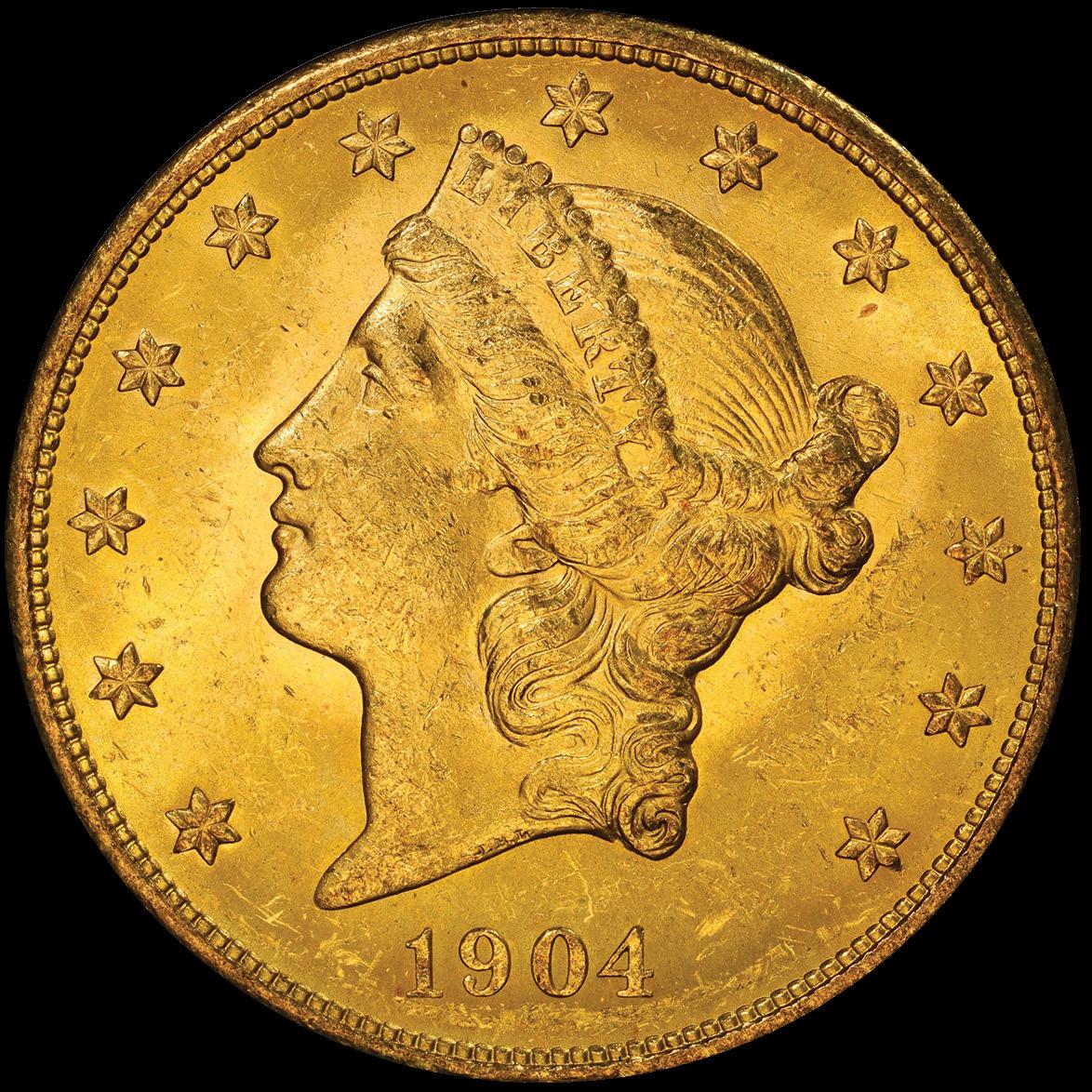

Rising bullion prices, much due to inflation, affect the numismatic and bullion markets in different ways. Let’s look at the fundamental differences in supply and demand for several of the most active numismatic and bullion markets. How do these differences explain how our numismatic and bullion markets react to financial, political, and social issues?
Bullion markets continue their brisk business with sideways financial markets partially fueling the strong and broad-based interest. Increasingly, gold and silver bullion investment is being touted by financial networks. Record prices for gold as well as strong demand for precious metals, passed several historic price points during this past spring and summer, eclipsing $2,500 for the first time back in August.
While rising bullion prices can partially be explained by ongoing (if softening) inflation, political and social issues affect the bullion and numismatic markets too. Let’s look at the layperson’s argument currently: as an “investment,” buying bullion or bullion related coins may currently be preferable for some over to numismatic or classic U.S. coin rarities. Distrust, much due to lack of knowledge, is often the foundation for this opinion.
OK, maybe… But what about these record bullion prices? Like any argument, there are credits to both sides of the equation. What about your entry price point? Currently, classic U.S. rarities, much because demand is “soft,” represent great long-term value at these prices. They’re cheap, too, in relative value of today’s dollar. Gold bullion prices are at record highs? Perhaps, but the
U.S. Mint recently raised their prices on many items they produce by 10% to 15%.
Highlighting disparities in value and price points is critical when reporting on our numismatic and bullion markets. Currently, the pendulum has swung decidedly toward gold, but doesn’t that trend argue positively for longterm numismatic value on classic U.S. coins at these quite modest price points?
Let’s confront the big argument… No one likes to talk about liquidity when discussing numismatic investment. The proverbial rubber hits the road when one must sell their numismatic holdings. Interestingly, one of the biggest hurdles I have observed over my decades of experience in the rare coin business is that people are most concerned not about buying, but about selling their merchandise.
Yes, but how do I sell it?
Regardless of whether you are buying bullion or numismatic merchandise, a PCGS-graded product will make your liquidation options remarkably easier! So many investors and collectors ignore the difficulty of liquidation when purchasing their item for a bargain price. Buying a PCGS-graded item can not only net you more money, but it could also help streamline any liquidation process.
Better and elusive-date coins are still highly sought after regardless of the market! If you polled major dealers about the coins on their customers’ want lists, the commonality would be quite striking. Dealers and collectors are always looking for the most elusive coins. Conversely, dealers have little interest
in coins they can always locate beyond an attractive price they might stock that coin at.
PCGS coins are easy to sell. One major wholesaler boasted sales of over $2 million in certified rare coins at the American Numismatic Association World’s Fair of Money in August to just those dealers he was able to see at the show. Wholesale sales of more than seven figures by one company are quite illustrative. While there is always effort involved in selling rare coins, the current levels and demand for those coins is rock solid!
Bullion coins are different because they are almost always liquid. Bullion transactions are mostly dependent on the current spot price of the metal and/or the availability or supply and demand. Regardless, virtually all bullion transactions are a function of the spot price, plus or minus a fee usually measured in percentages.
Let’s illustrate liquidity with several simple but real-life examples. Consider an uncirculated Morgan Dollar, which would grade at PCGS as MS60 or better. We’ll consider both an ungraded Morgan Dollar deemed uncirculated by the owner that the potential buyer hasn’t seen and a PCGSholdered Morgan Dollar graded MS64. Let’s also consider an unencapsulated 1904 Liberty Head Double Eagle and a specimen grading PCGS MS63.
Having been on both sides of this equation, let me explain the players first. The seller has items they want to know the value of and possibly sell. The potential buyer is being asked to answer this value question essentially sight unseen. Naturally, the seller would like to get as much for their coins or bullion as possible.
The potential buyer is only offering this service to profit. Their offer will include a profit they expect to make once they sell your items. In virtually all cases of ungraded coins, a buyer will always work from a minimum basal value until they have visually inspected (and graded) the item. While an image might provide some basic item information, only a basal value offer can be expected over the phone.
Let’s look at our example coins. The two ungraded coins, while possibly of higher grade, are unverified, and the dealer will only offer the basal value without any physical inspection. For any ungraded coins, physical inspection is required for you to maximize the sales price of your item. You cannot do this over the phone. To get competitive offers, you must repeat the physical inspection with every potential buyer. What is your security worth?
With PCGS-graded numismatic or bullion coins, the process is so much easier. On your phone or computer you can get competitive offers on your PCGS coins from dealers all over the world. Any image of any PCGS coin provides
authentication details including the date, denomination, grade, spec number, and unique PCGS serial number.
Often as a dealer competing with other dealers for nice PCGS coins, I would approach a possible purchase over the phone or computer with a concrete offer for their PCGS coins and bullion based on the current spot price. In addition, I would also offer a potential “eye appeal” premium for any of the PCGS-graded rare coins with spectacular toning, for example. And yes, I did pay more!
Admittedly, bullion coins are generally more liquid than numismatically rare coins. That being said, you can enhance the liquidity of both your bullion and rare coin holdings by purchasing PCGS-authenticated and -graded merchandise or getting those that are currently unholdered encapsulated by PCGS. Why make it harder on yourself?

A PCGS-graded MS64 Morgan Dollar, like this one dated 1903, is highly liquid in many market settings.

Vic Bozarth is a familiar face on the bourse floor to many who have attended coin shows over the last five decades. He’s a self-described “coin wheenie” who has attended more than 1,000 shows and vast experience both buying and selling many of the finest PCGS coins. His numismatic knowledge as a dealer and collector provides a unique perspective on our industry.
There are 30 grades used by PCGS to grade coins, 1 being the lowest grade and 70 being the highest grade.
For a description of all the grades and designations used in the PCGS Market Report, refer to the PCGS Grading
Standards listed in this issue. Space does not permit us to show a comprehensive photographic grading guide here, but those interested in a detailed look at virtually all U.S. coins in all grades are referred to PCGS’s Photograde section, found at www.PCGS.com/photograde.
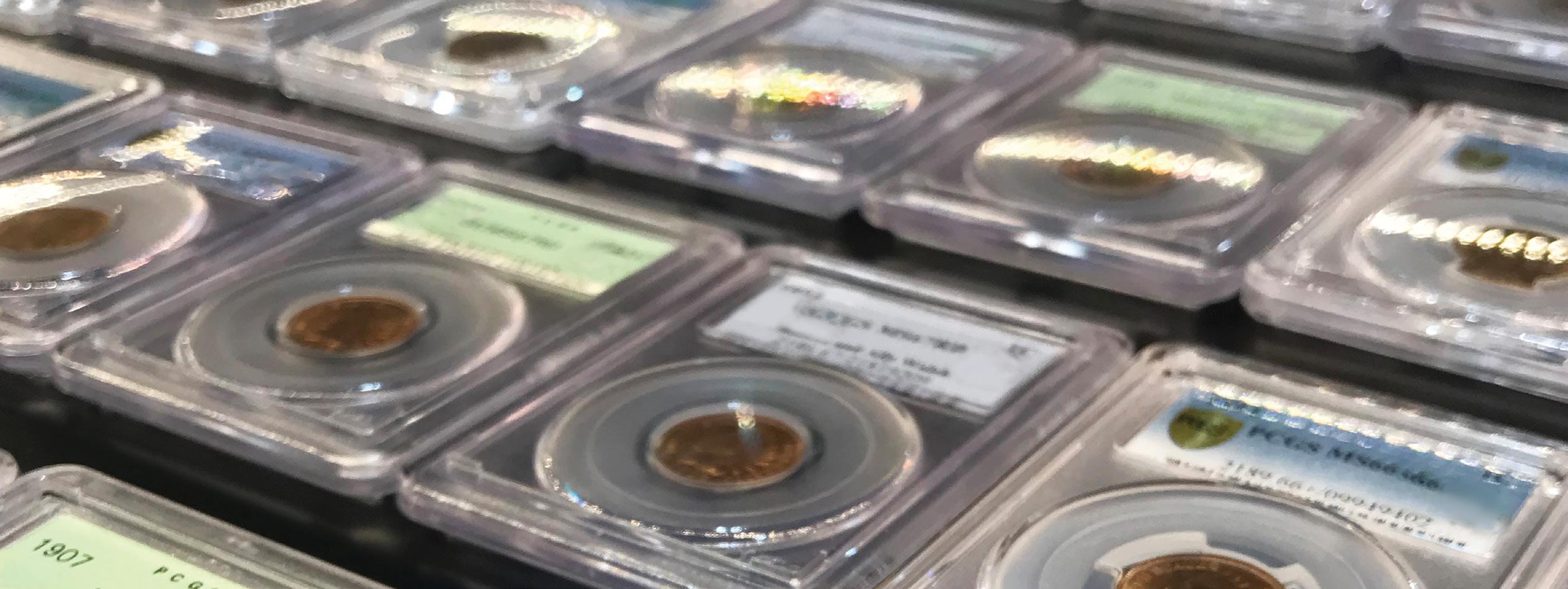

For regular strikes, the primary attribute for circulated grades, i.e. Poor (PO01) to About Uncirculated (AU58), is the amount of wear or the amount of the original design detail that is still evident. Other attributes contributing to the grade for circulated regular strikes are surface preservation and eye appeal, either of which can be positive, negative, or neutral and which affect the grade accordingly. For regular strikes in Uncirculated condition (MS60 to MS70), there are four primary attributes that determine grade: marks, strike, luster, and eye appeal.
A PCGS MS70 is a modern coin in as struck by Mint” condition. Minor mintmade imperfections may be present. No damage or imperfections caused after minting. Not known in vintage coins.
Strike
The completeness/incompleteness of a coin’s intended detail when originally struck.
Luster
The strength and pattern of light reflected off a coin.
Surface Preservation
The condition of the surface of a coin, notably marks and/or scratches.
Eye Appeal
The element that “grabs” the viewer. The overall look of a coin. Often manifested as “toning.”
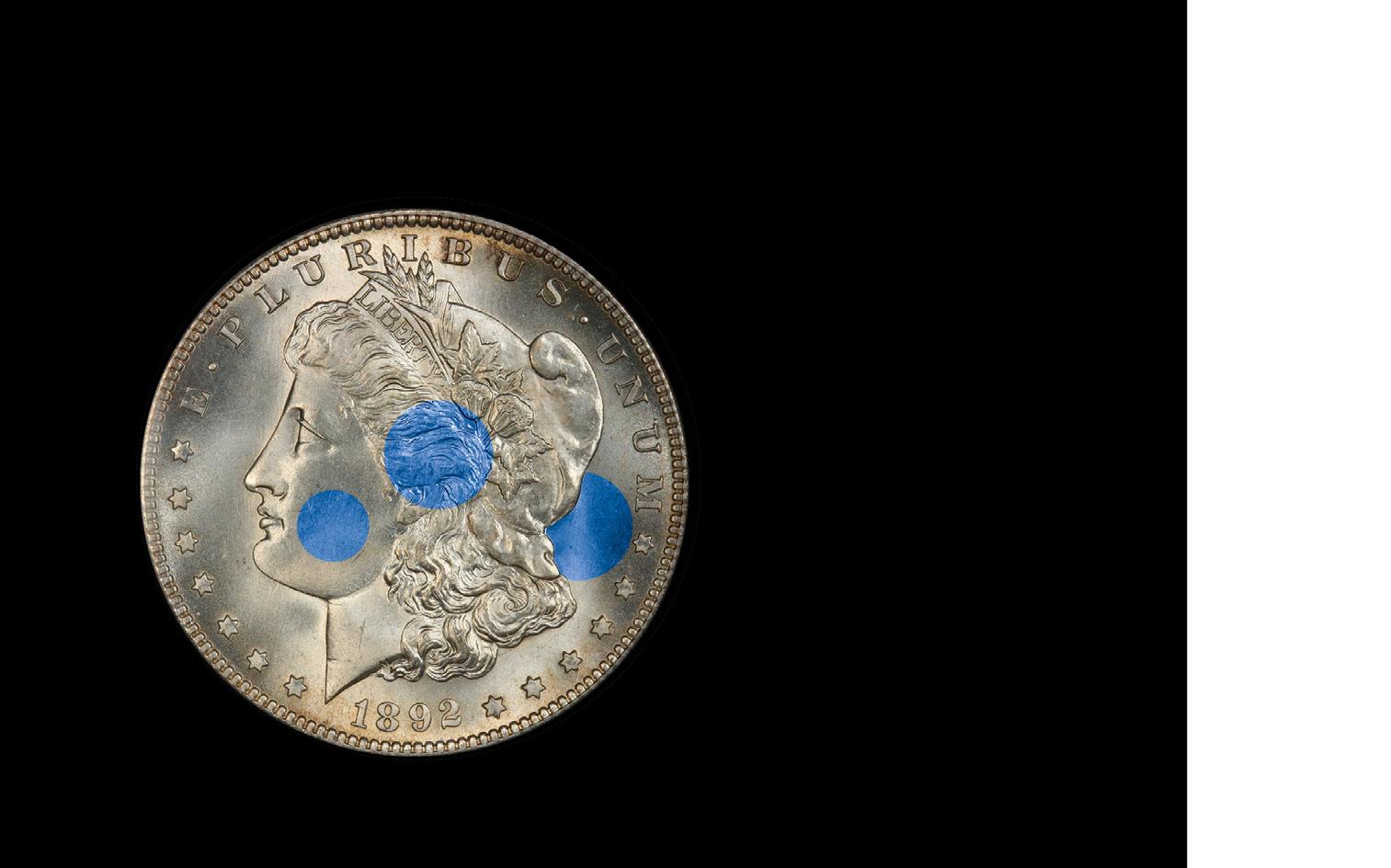
A PCGS MS69 will show only one or two miniscule imperfections. Must be fully struck and have full original luster and eye appeal.
A PCGS MS68 will have some extremely minor imperfections. Must be sharply struck, have full original luster, and good eye appeal.
A PCGS MS67 will have some minor imperfections (marks, abrasions, etc). Must be well struck and have good luster and eye appeal.
A PCGS MS66 will have a few marks and/or abrasions. The strike, luster, and eye appeal must be good.
A PCGS MS65 will have some marks and/or abrasions, but they will be minor. The strike must be above average, and
A PCGS MS64 will have some marks and/or abrasions, and they may be significant. The strike and eye appeal should be average or above and must not be negative. Luster may be somewhat subdued.
A PCGS MS63 will have marks and abrasions that are moderate in number and/or size. Strike may not be full and eye appeal can be slightly negative. Luster may be somewhat dull.
A PCGS MS62 will have no wear on high points. There may be considerable marks and abrasions and some may be severe. Strike may not be full and eye appeal may be negative. Luster may be dull.
A PCGS MS61 will have no wear on the high points. There may be multiple heavy marks and abrasions. Strike may not be full, luster may be dull, and/or eye appeal may be negative.
will have no wear on the high points. There may be many heavy marks and abrasions. Strike may not be full, luster may be very dull, and/or eye appeal may be quite negative.
A PCGS AU58 will show full detail with minor friction on only the highest points.
A PCGS AU55 will show full detail with friction on less than half of the surface, mainly on the high points.
A PCGS AU53 will show full detail with friction on half or more of the surface. There may be a very slight flatness on high points.
A PCGS AU50 will show full detail with friction over most of the surface and slight flatness on high points.
XF45 Detail is complete with most high points slightly flat.
XF40 Detail is complete with some high points flat.
VF35 Detail is 80 to 85% complete.
VF30 Detail is 70 to 80% complete.
VF25 Detail is 60 to 70% complete.
VF20 Detail is 50 to 60% complete.
F15 Detail is full in recessed areas. All lettering is sharp.
F12 Detail is evident in deeply recessed areas. Lettering is mostly sharp.
VG10 Design is worn with some detail evident.
VG08 Design is worn with only slight detail evident.
G06 Detail is flat, but rims are complete. Peripheral lettering is full.
G04 Detail is flat. Rims slightly worn. Peripheral lettering nearly full.
AG03 Rims are worn but most lettering is readable though worn.
FR02 Mostly worn, but some design details are visible.
PO01 Barely identifiable as to date and type.
For proof strikings, the primary attributes of grade are hairlines and/ or marks (or lack of), reflectivity (for brilliant proofs), and eye appeal. Note that nearly all proofs are fully struck, thus strike is usually not a factor. Strike only comes into play
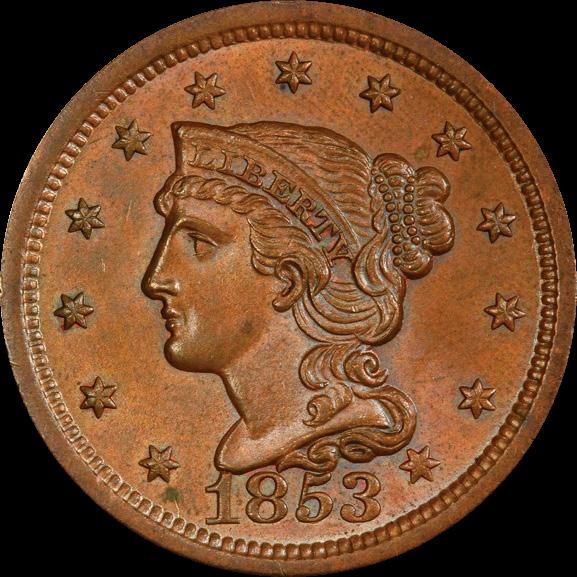
Brown (BN) PCGS designates Brown for copper coins that have less than 5% of their original mint-red color.
when a proof shows a partial strike, resulting in a downward adjustment of grade. Note that for toned brilliant proofs, the reflectivity is as perceived under toning.
A PCGS PR70 shows no imperfections under five-power magnification. Brilliant proofs must be 100% fully reflective.
A PCGS PR69 will show only one or two miniscule imperfections. Brilliant proofs must be 100% fully reflective.
A PCGS PR68 will have some extremely minor imperfections. Eye appeal must be outstanding. Brilliant proofs will be fully reflective.
A PCGS PR67 will have some minor imperfections (hairlines or perhaps an extremely minor mark or two). Eye appeal must be very good. Brilliant proofs must be fully reflective or virtually so.
A PCGS PR66 will have a few hairlines and/or very minor marks. Eye appeal must be very good. Brilliant proofs must be fully reflective or nearly so.
A PCGS PR65 will have minor hairlines and or minor marks. Eye appeal must be positive. Brilliant proofs must show good reflectivity.
A PCGS PR64 will have noticeable
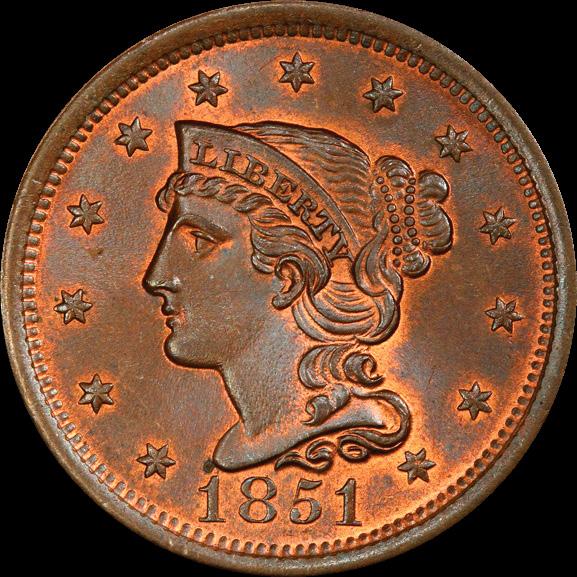
Red Brown (RB) PCGS designates Red and Brown for copper coins that grade MS60 or better and show between 5% and 95% of their original mint-red color.
hairlines and/or small marks. Eye appeal must not be negative. Brilliant proofs may have subdued reflectivity.
A PCGS PR63 will have obvious hairlines and/or marks. Eye appeal may be somewhat negative. Brilliant proofs may be dull.
A PCGS PR62 will have numerous hairlines and/or marks. Eye appeal may be quite negative. Brilliant proofs may be dull.
A PCGS PR61 will have lots of hairlines and/or marks. Eye appeal is negative. Brilliant proofs may not be reflective.
A PCGS PR60 will have no wear on the high points, but will be very hairlined and/or marked. Eye appeal is negative.
Brilliant proofs may not be reflective. Proofs below PR60 for proof strikings grading below PR60, the grading is based on the amount of wear and the standards are the same as for regular strikes.
In addition to grade, certain coins have characteristics that collectors recognize as important and PCGS designates these characteristics using the standards that follow.
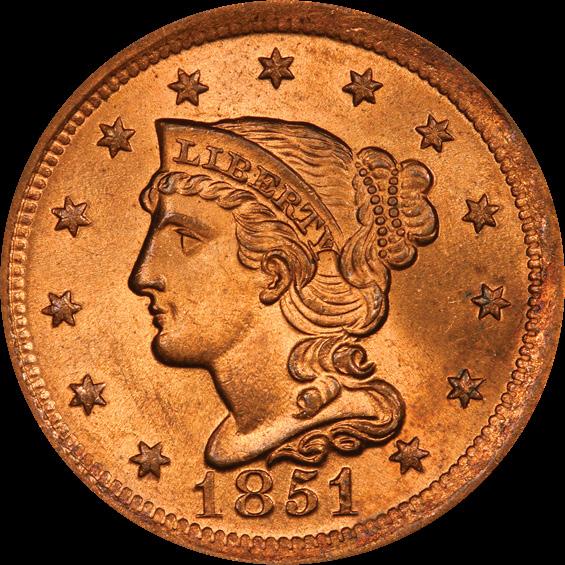
Red (RD) PCGS designates Red for copper coins that grade MS60 or better and show 95% or more of their original mint-red color.
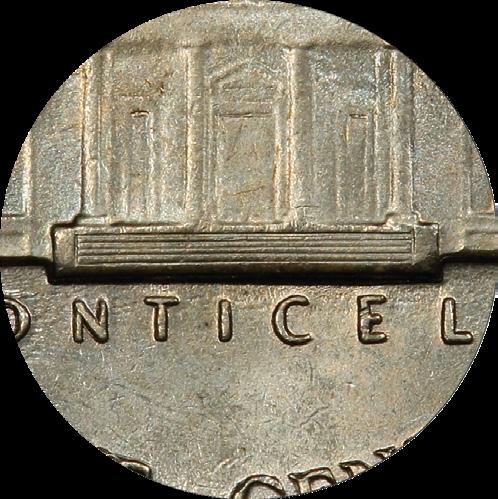
Full Steps (FS) PCGS designates Full Steps for Jefferson Nickels that grade MS60 or better and show a full five or six steps in the portrait of Monticello (Thomas Jefferson’s home) on the reverse. To qualify for this designation, a coin must also have no major disturbances, including cuts and marks, to the separation of the steps.
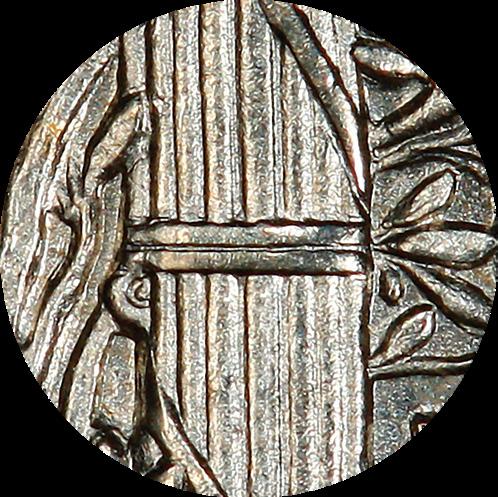
(FB) PCGS designates Full Bands for Mercury Dimes that grade MS60 or better and show full separation of the central crossbands on the crossbands on the reverse. To qualify for this designation, a coin must also have no major disturbances, including cuts and marks, of the separation of the crossbands.
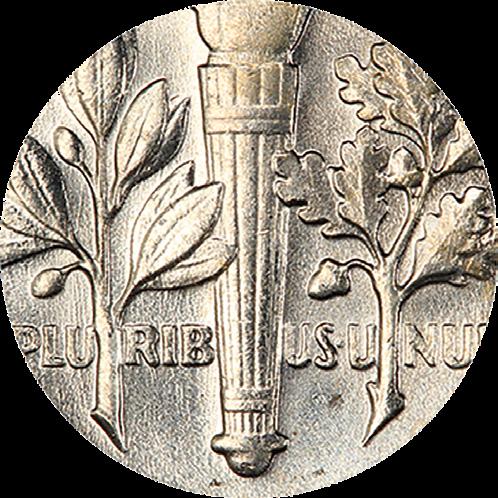
Full Bands (FB) PCGS designates Full Bands for Roosevelt Dimes that grade MS60 or better and show full separation of the upper and lower horizontal bands of the torch on the reverse. To qualify for this designation, a coin must also show no significant cuts or marks across the horizontal bands.
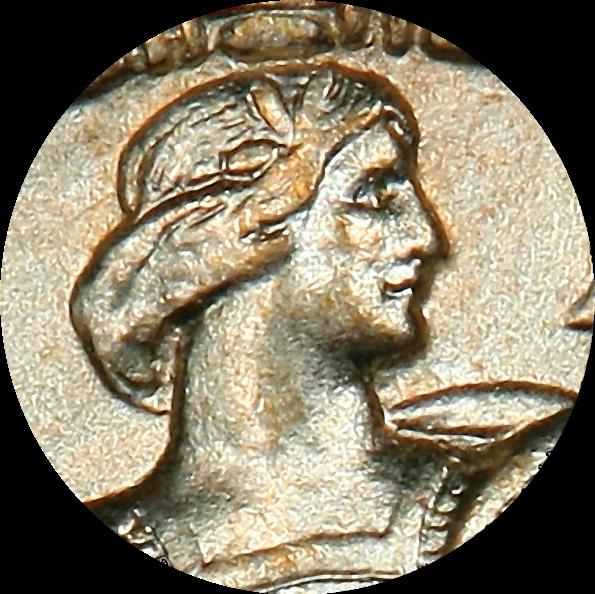
Full Head (FH) PCGS designates Full Head for Standing Liberty Quarters that grade AU50 or better and show full detail of Miss Liberty’s hair (on Type Ones) or helmet (on Type Twos); Type Ones (1916-1917) must show a distinct separation between the hair cords and the cap. Type Twos (1917-1930) must show three complete and distinct leaves to the helmet, a complete outline to the bottom of the helmet, and a distinct ear hole. Note that on the ultra-rare 1918/7-S, PCGS will designate Full Head on coins that grade XF40 or better and that meet the Full Head criteria.
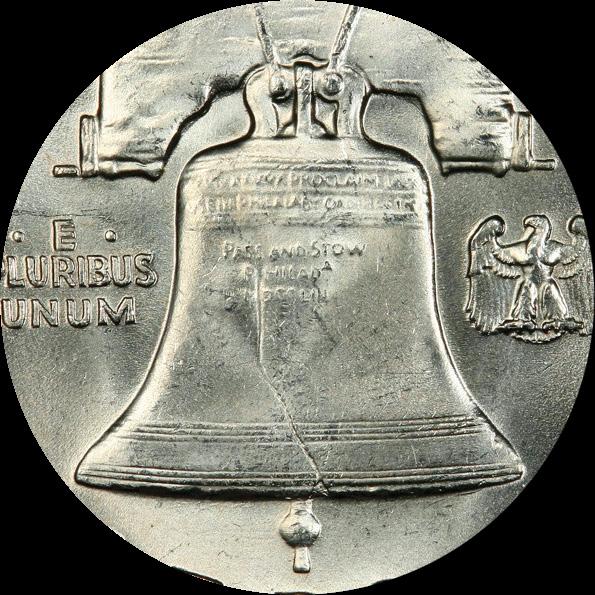
Full Bell Lines (FBL) PCGS designates Full Bell Lines for Franklin Half Dollars that grade MS60 or better and show full separation of the lines on the bottom of the Liberty Bell on the reverse. To qualify for this designation, a coin must also show no major disturbances, including cuts and marks, of the separation of the bell lines.
Prooflike Surfaces
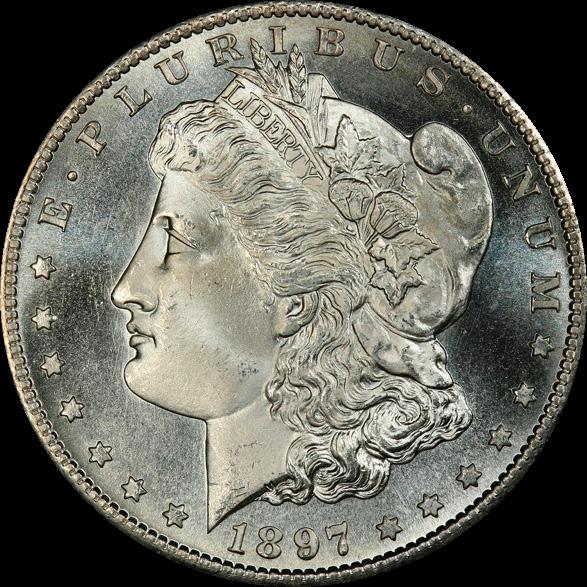
Prooflike (PL) PCGS designates Prooflike for coins that grade MS60 or better and show clear reflectivity, i.e. mirrored surfaces at a distance of two to four inches. If the cartwheel effect or striations cause an area to lose clarity, the designation will not apply.
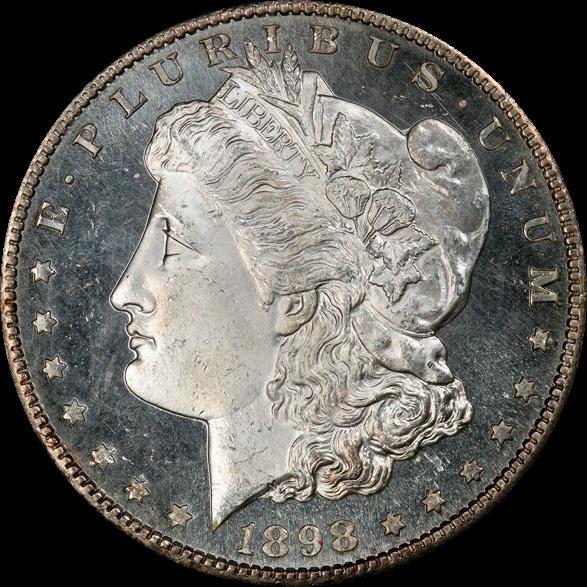
Deep Mirror Prooflike (DMPL) PCGS designates Deep Mirror Prooflike for Morgan Dollars that grade MS60 or better and show deep reflectivity, i.e. deeply mirrored surfaces. The differences between PL and DMPL is one of degree.
PCGS does not grade coins that are counterfeit, have been artificially toned, have had their surfaces altered, have been environmentally damaged, have been abrasively cleaned, have extremely large scratches, or have been repaired. Some allowances are made for ultra-rarities, Colonials, and Territorial gold coins, in which there are some instances when “net grading” is used by PCGS as a service to the numismatic community.
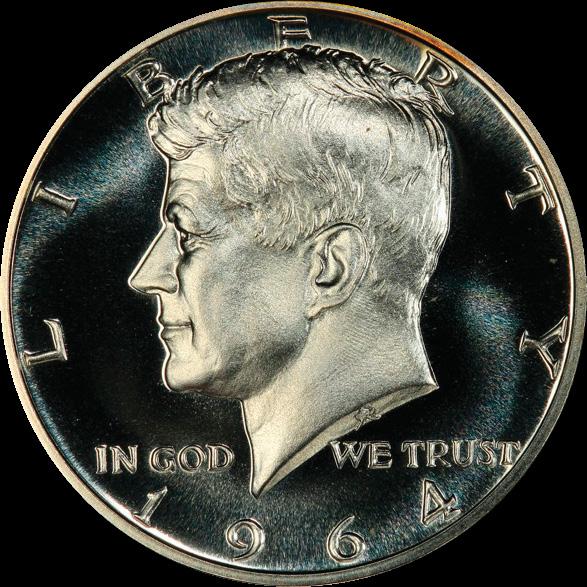
Cameo (CAM) PCGS designates Cameo for brilliant proofs that show light to moderate frosting of the devices. Both sides of a coin must have frosted devices to earn the Cameo designation.
No Grade coins are returned to the submitter with encapsulation.
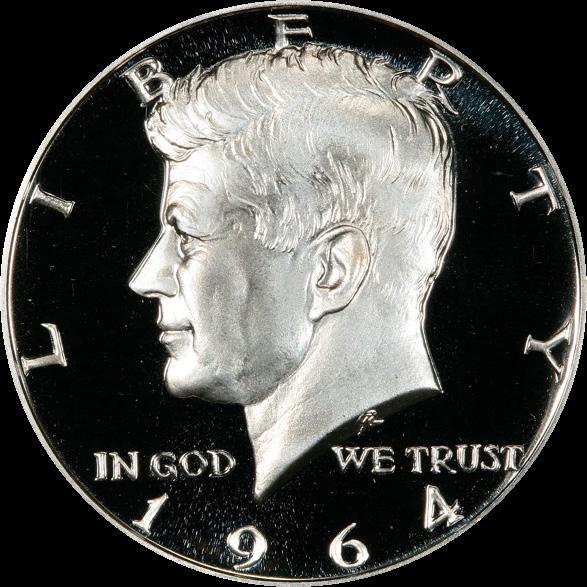
Deep Cameo (DCAM) PCGS designates Deep Cameo for brilliant proofs that display deep, even frosting on the devices of both sides of the coin.
No Grade coins are returned to the submitter without encapsulation. Code Reason
Peeling Lamination
Authenticity Unverifiable
Counterfeit
No Service
PVC Residue
Would you like further information about the PCGS Grading Standards, Designations, and No Grade Standards? View high-resolution images and in-depth videos for each at www.PCGS.com/grades. For PCGS Banknote grading standards visit www.PCGS .com/banknote/grades.

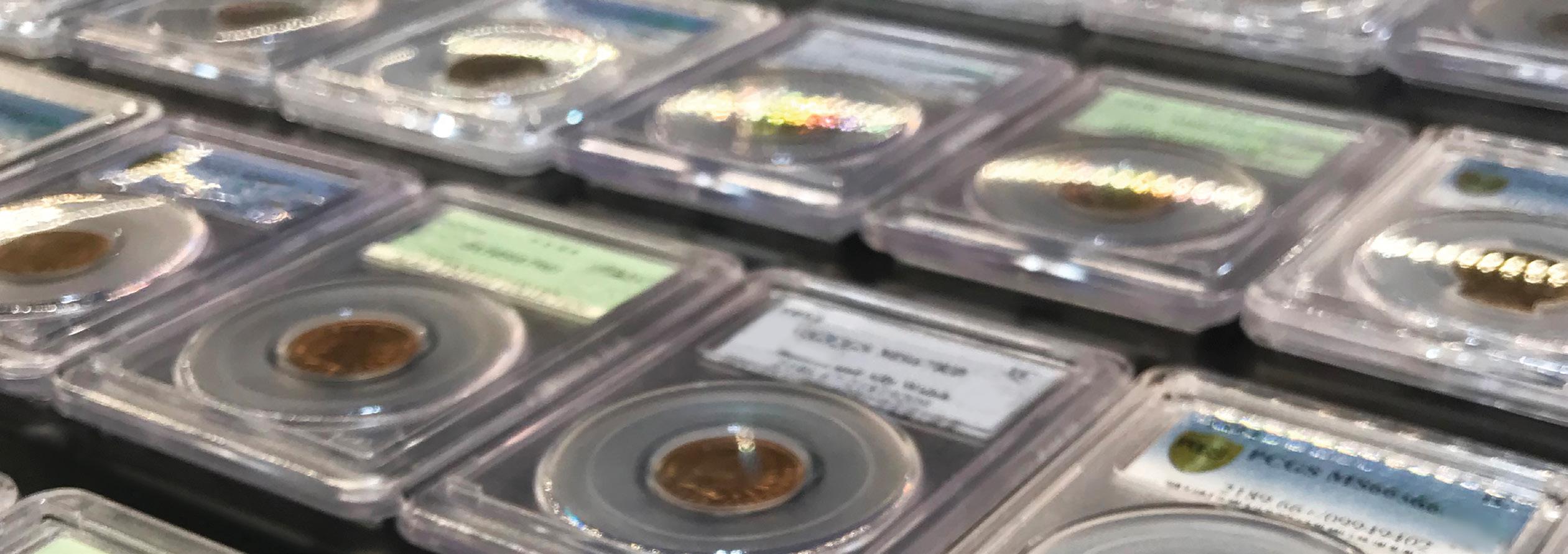
PCGS.com/Shows
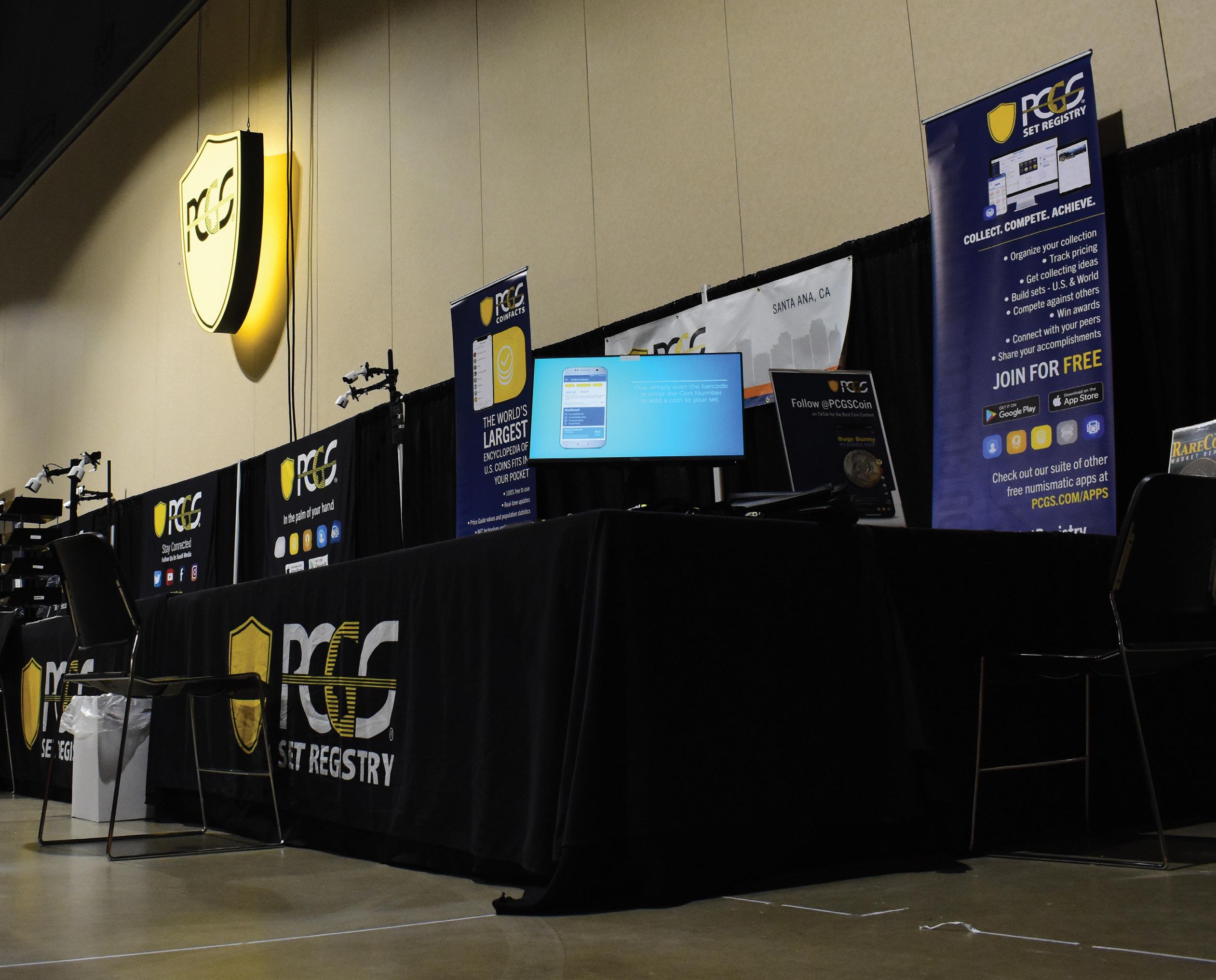
2024
November 14 - 16
Whitman Baltimore Winter Expo
Onsite Grading Baltimore Convention Center Baltimore, Maryland
2024
December 10 - 14
PCGS Members Only Show
Onsite Grading Park MGM Las Vegas, Nevada
JANUARY 2025
January 9 - 12
Florida United Numismatists Convention Onsite Grading Orange County Convention Center Orlando, Florida
January 17 - 19
New York International Numismatic Convention Submissions Only InterContinental
New York Barclay New York, New York
FEBRUARY 2025
February 20 - 22
Long Beach Expo: The Collectibles Show Onsite Grading Long Beach Convention Center Long Beach, California
February 27 - March 1
ANA National Money Show Submissions Only Cobb Galleria Centre Atlanta, Georgia
MARCH 2025
March 27 - 29
Whitman Baltimore Spring Expo TBD
Baltimore Convention Center Baltimore, Maryland

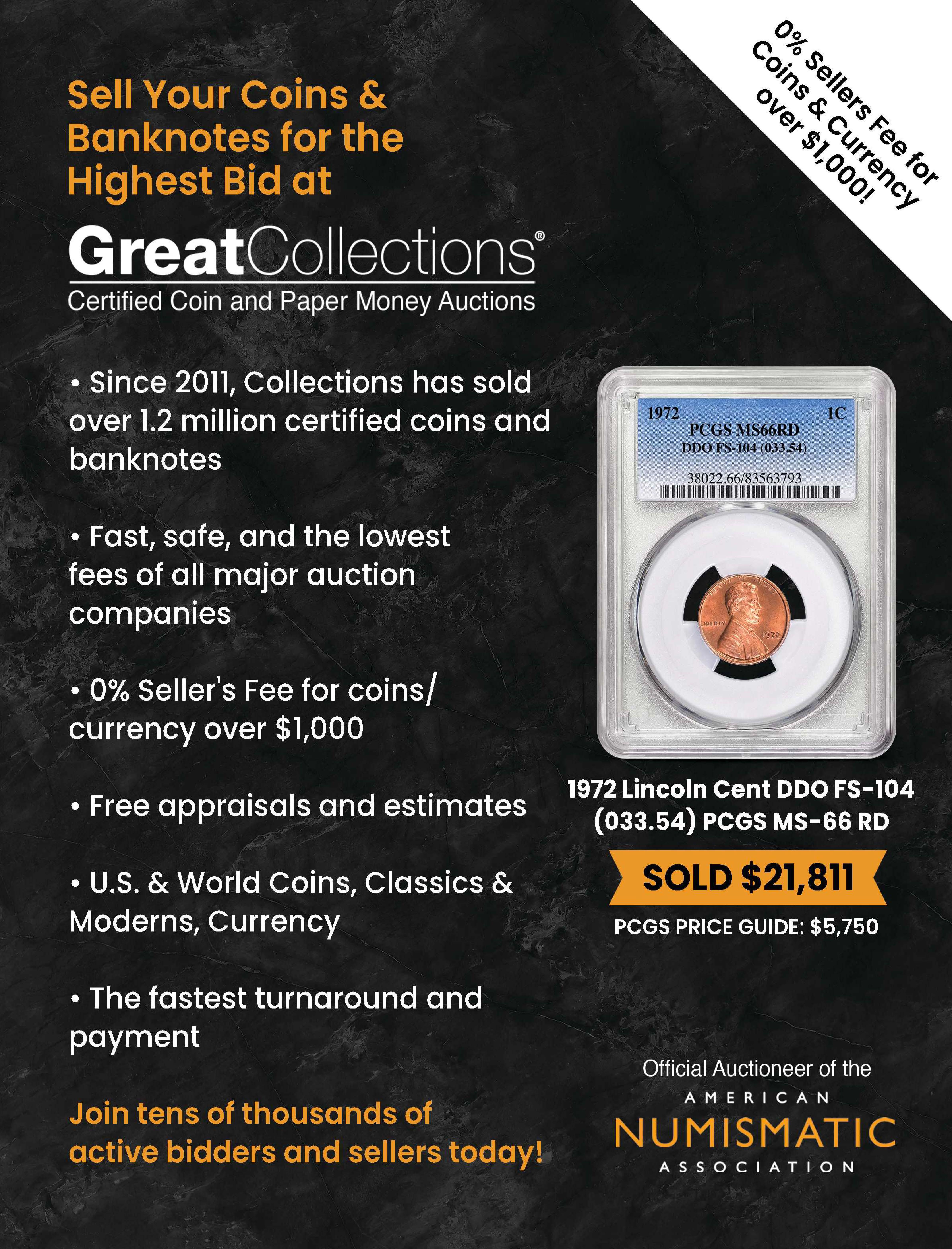
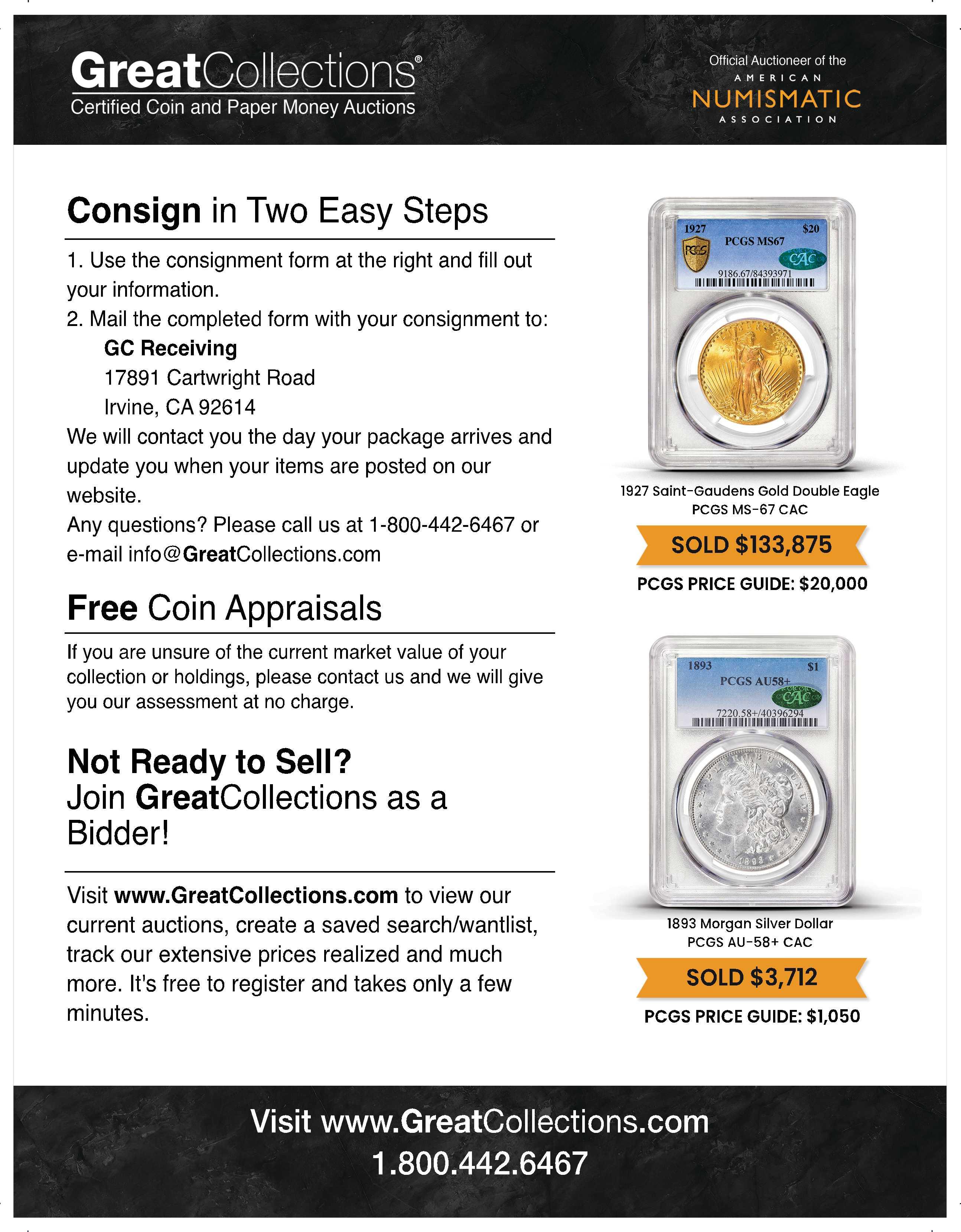


on Back 3 Minimum Bids (Select One)
(Select one of these options to establish and set Minimum Bids for your coins. If you have any questions about this process, please use the phone number at on the bottom of this form) A. All coins start at Minimum Bids to be set by GreatCollections [Recommended] B. All coins start at Minimum Bid of
All coins start at a Minimum Bid of $1 50% 65% 80%
We will notify you by e-mail within 48 hours of your consignment arriving at GreatCollections. You can also view in MyGC > Consignments Received. of the declared value
Let GreatCollections decide Yes, please submit all coins to CAC No CAC review
